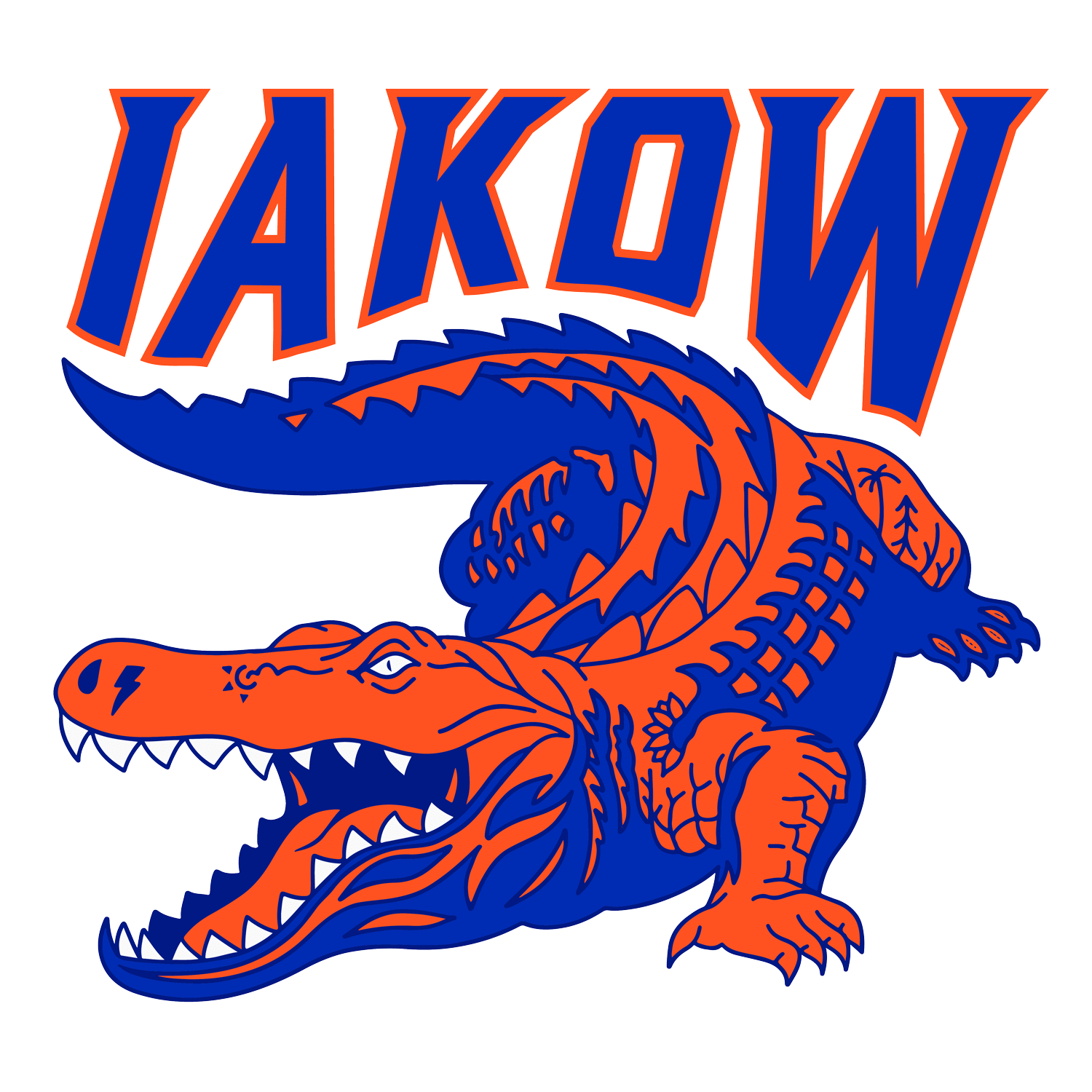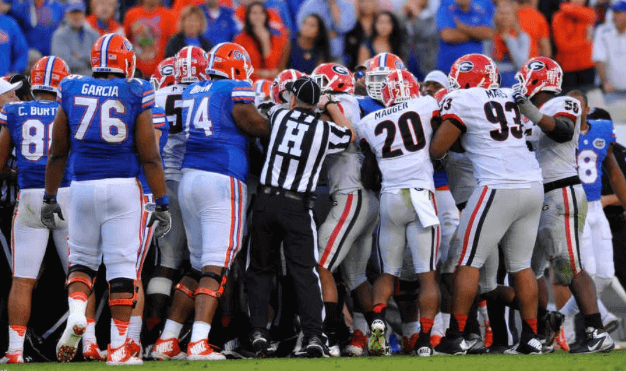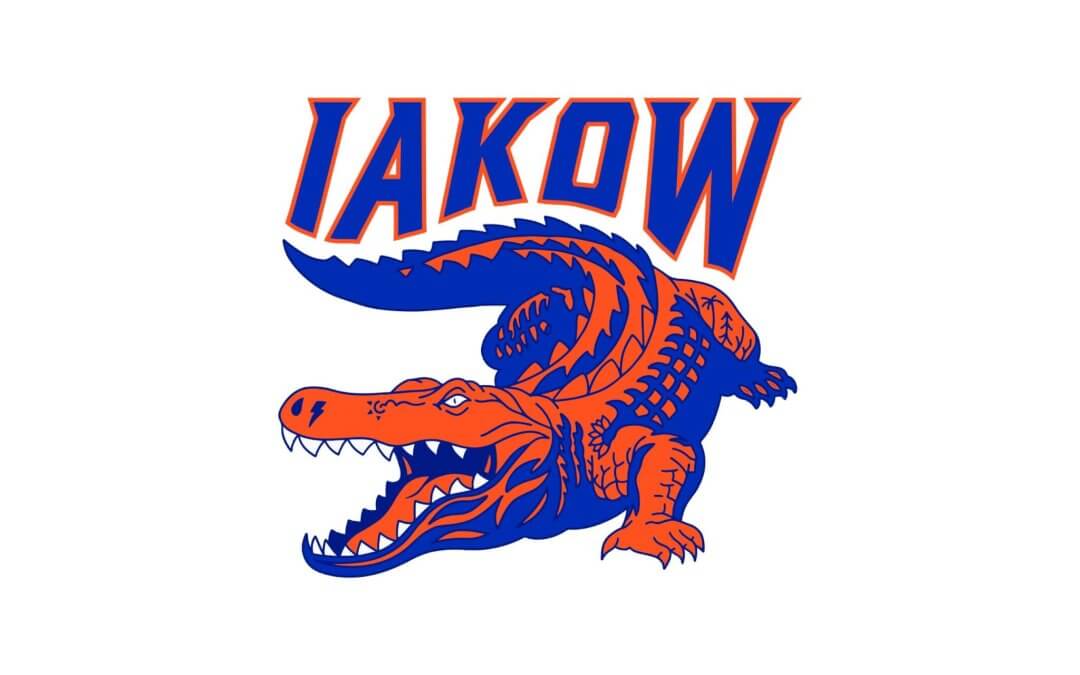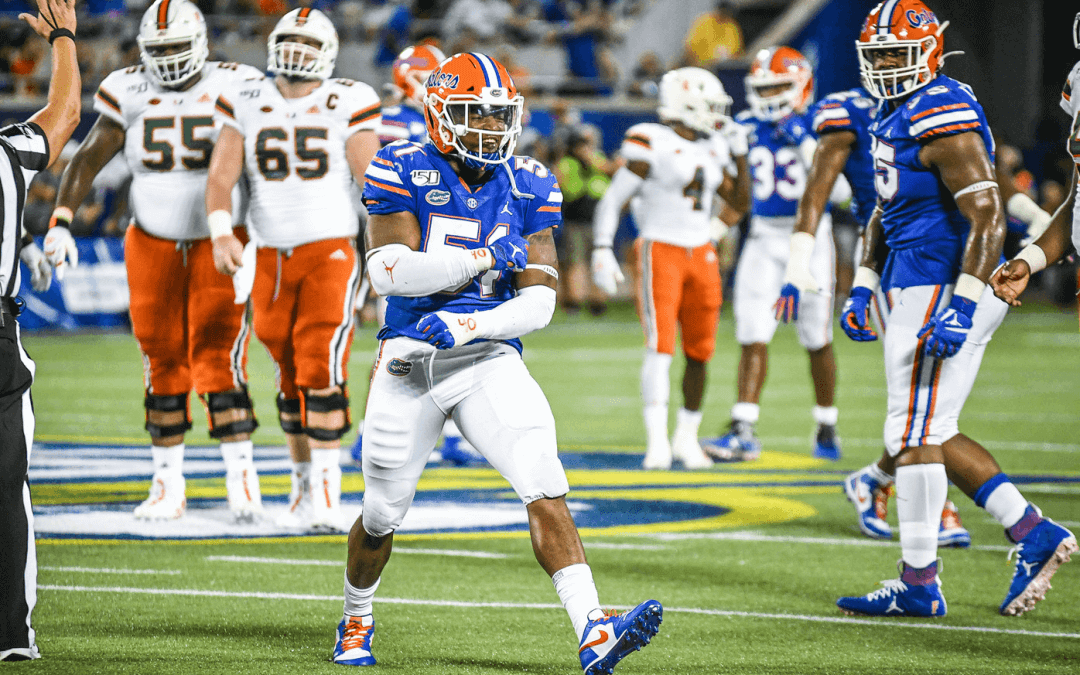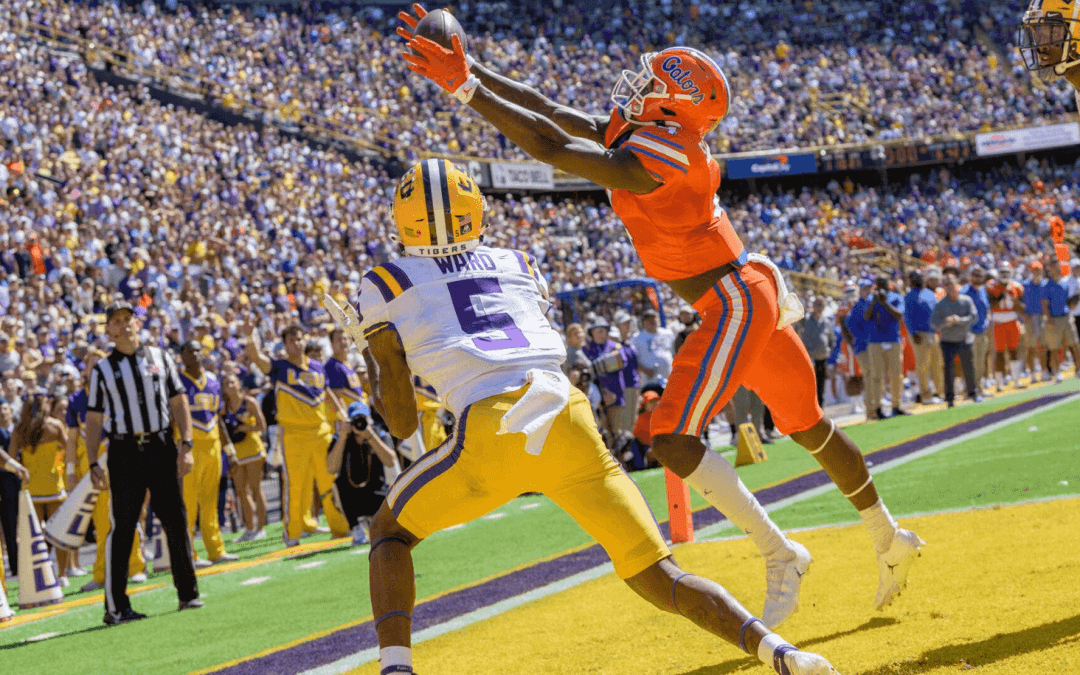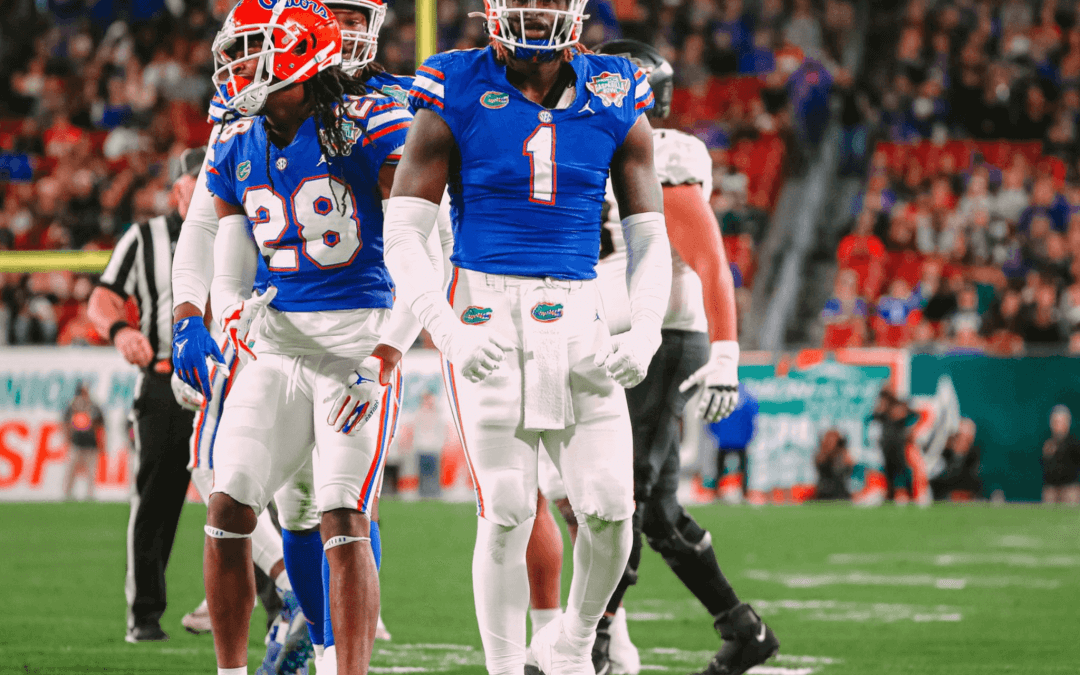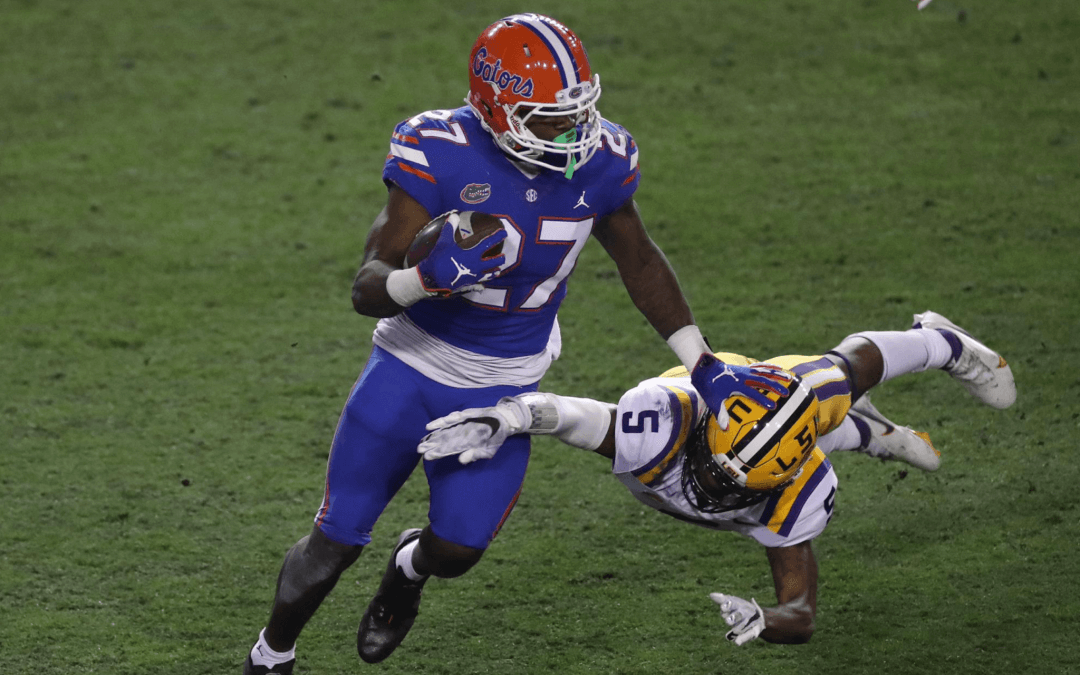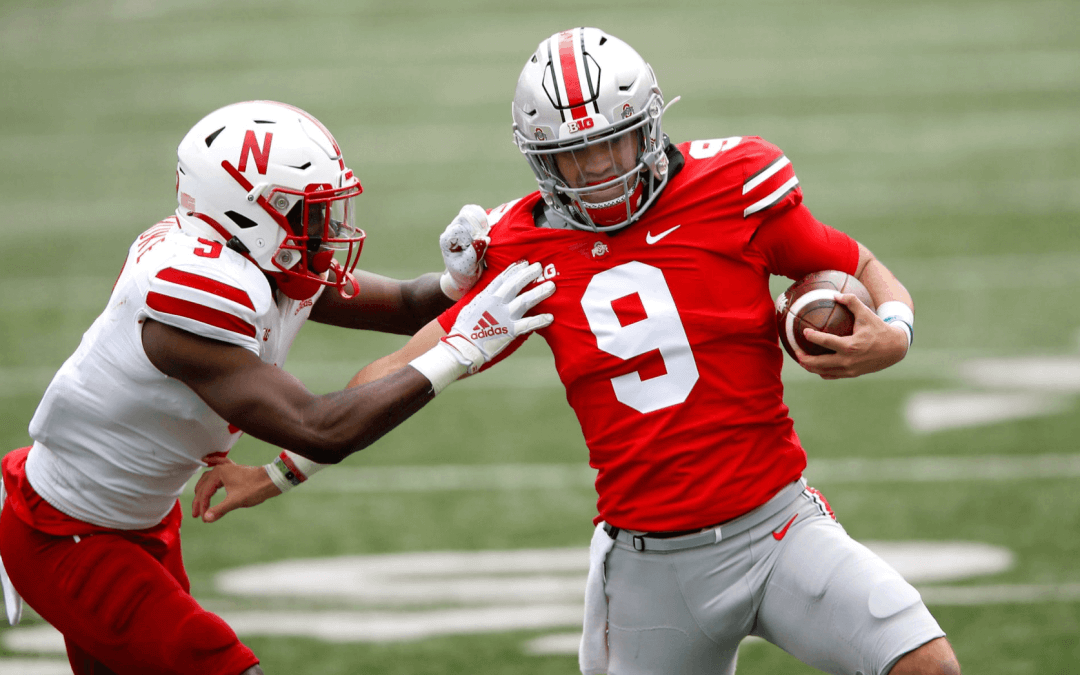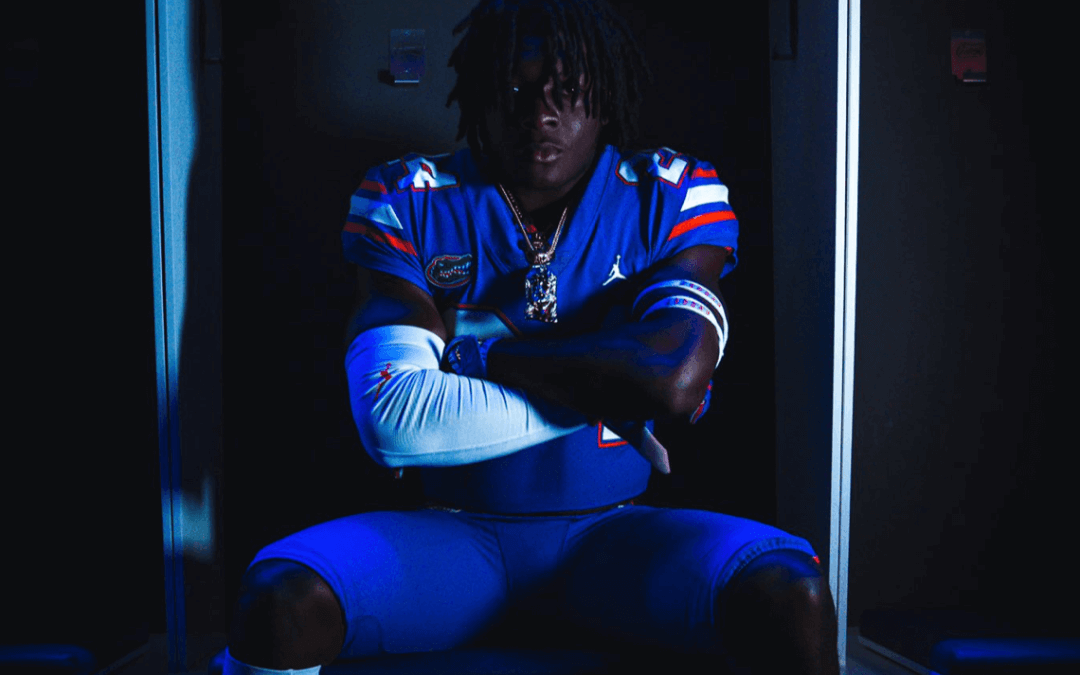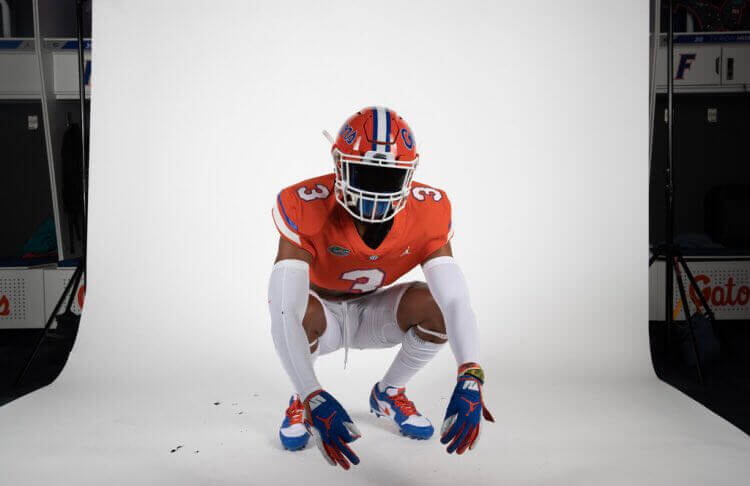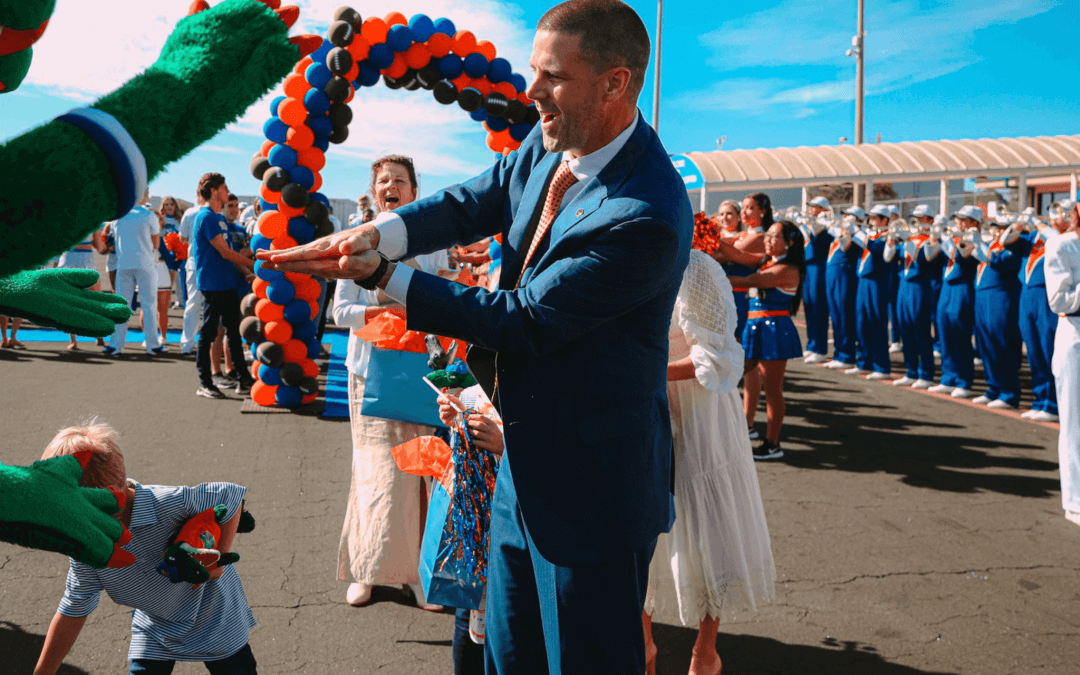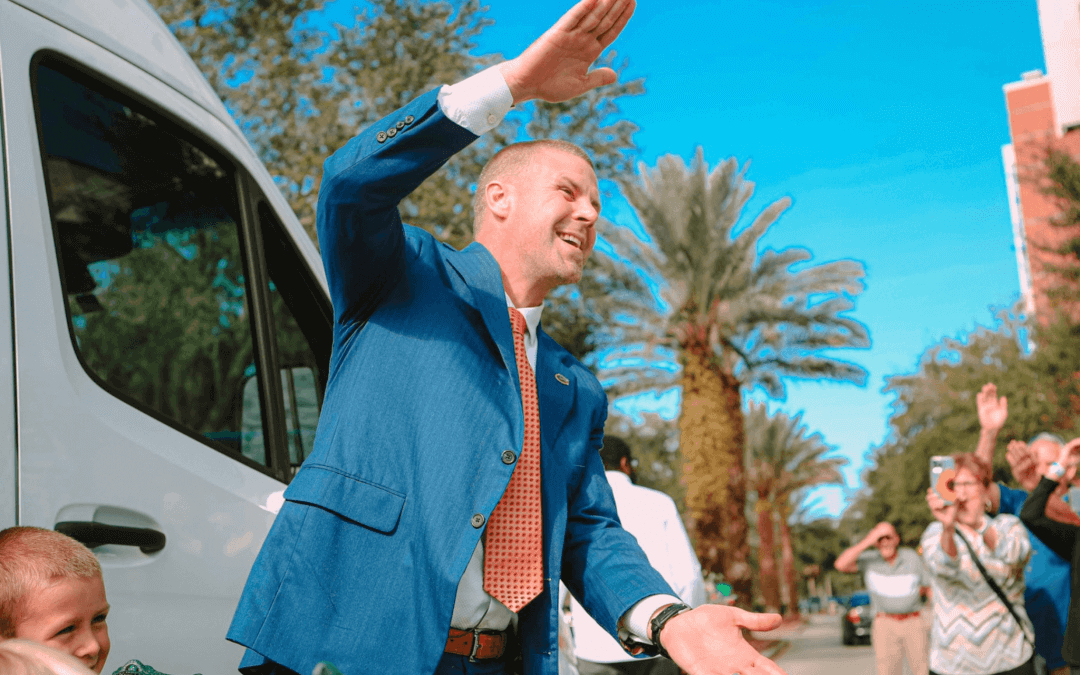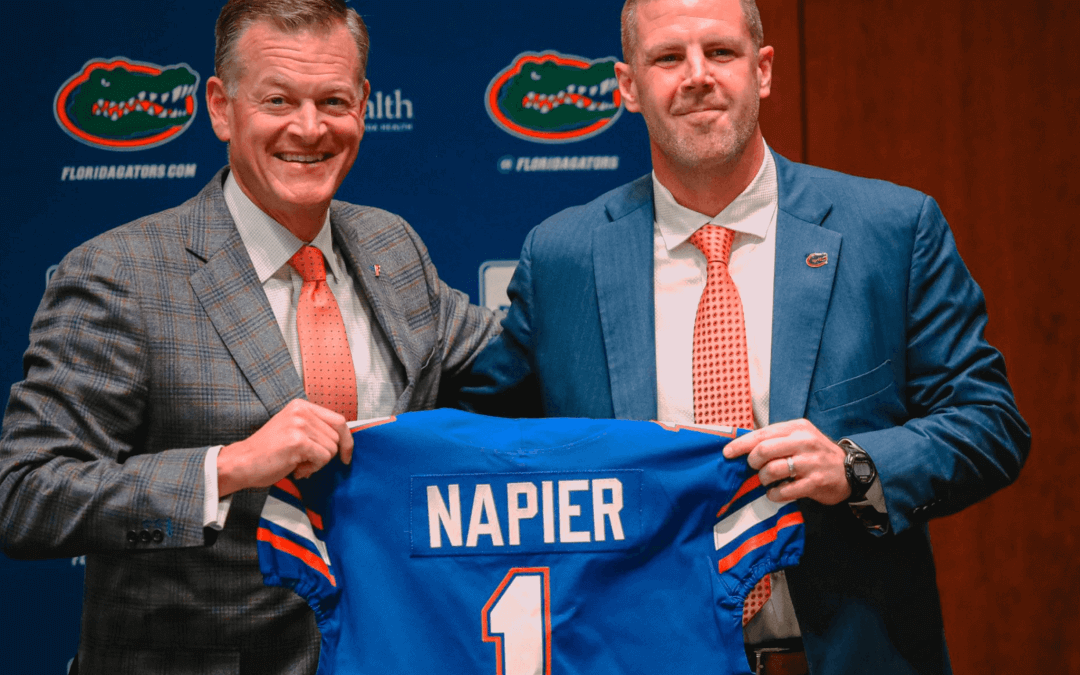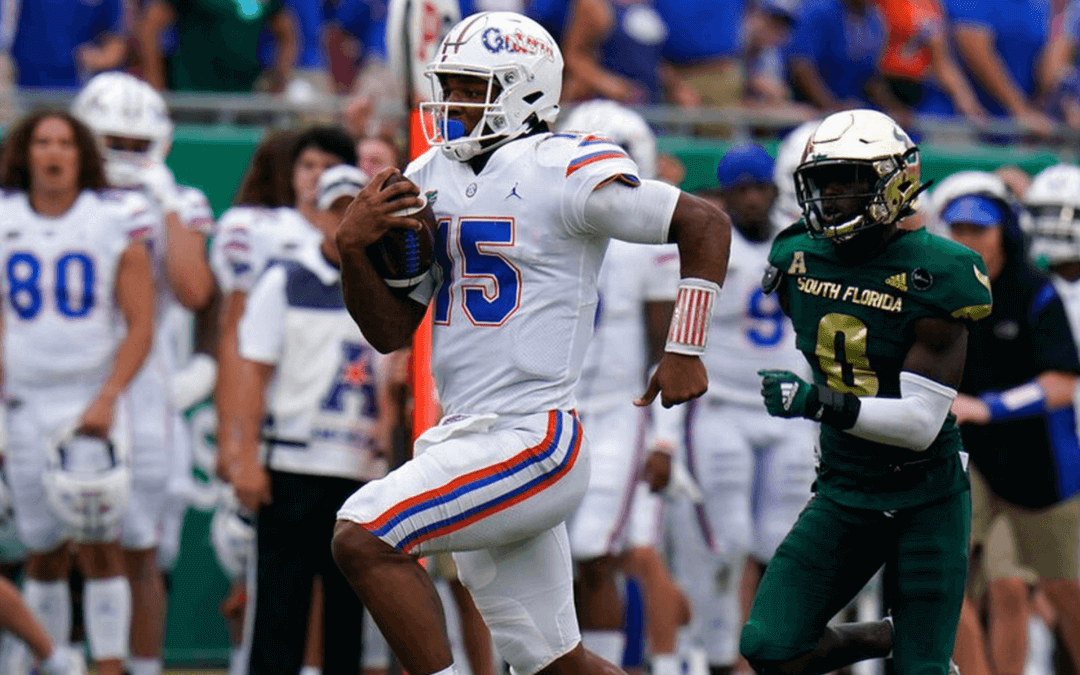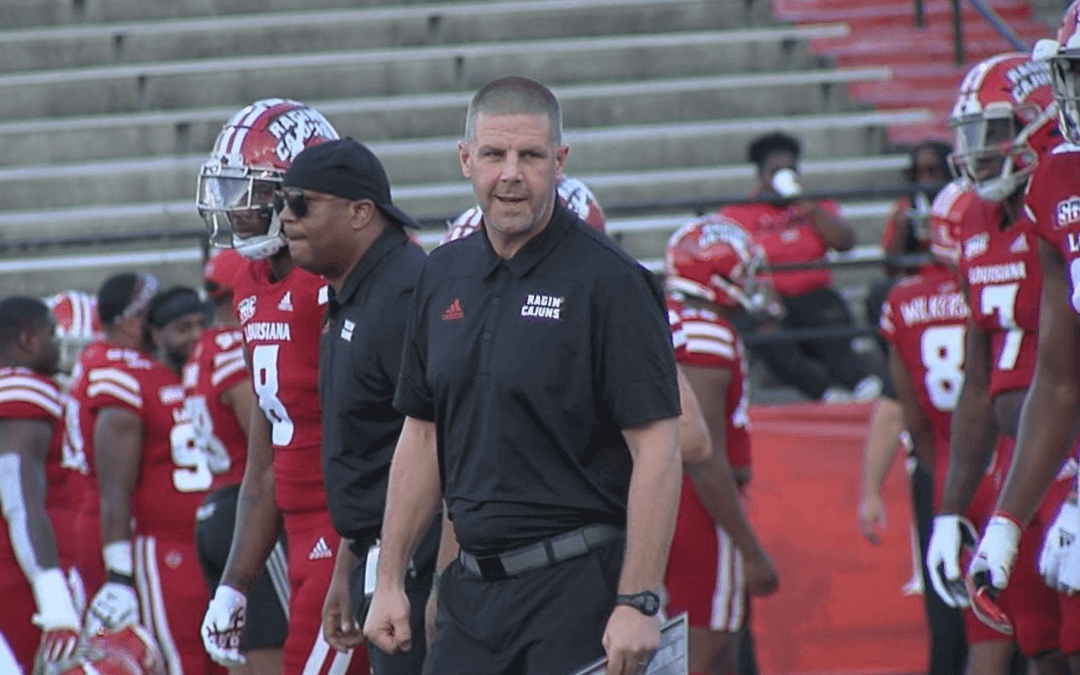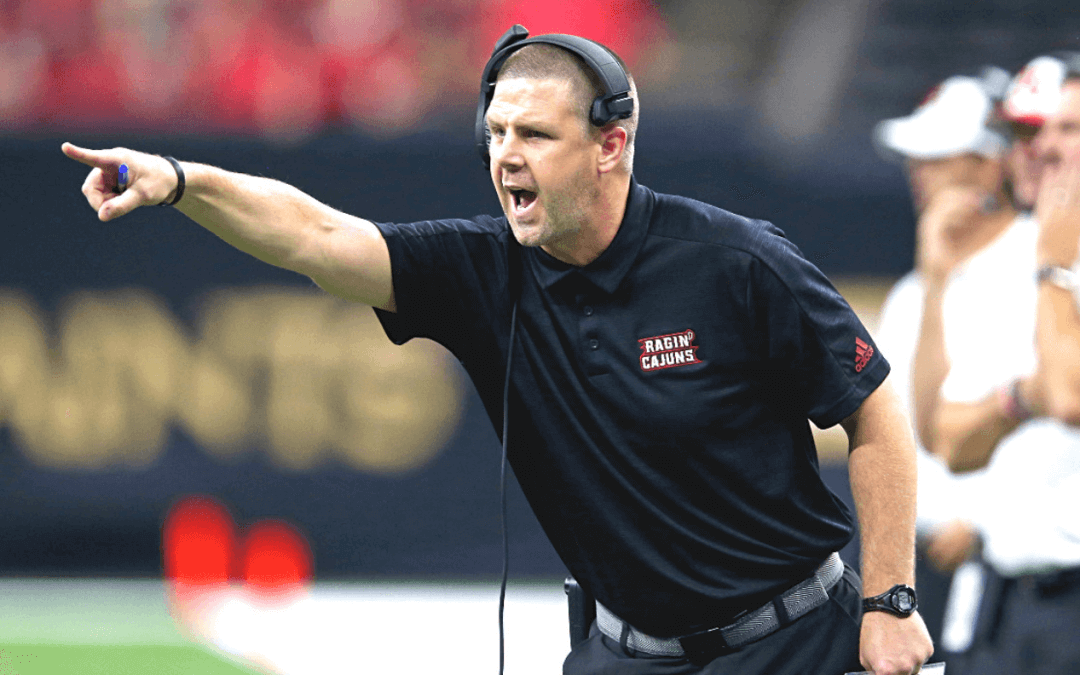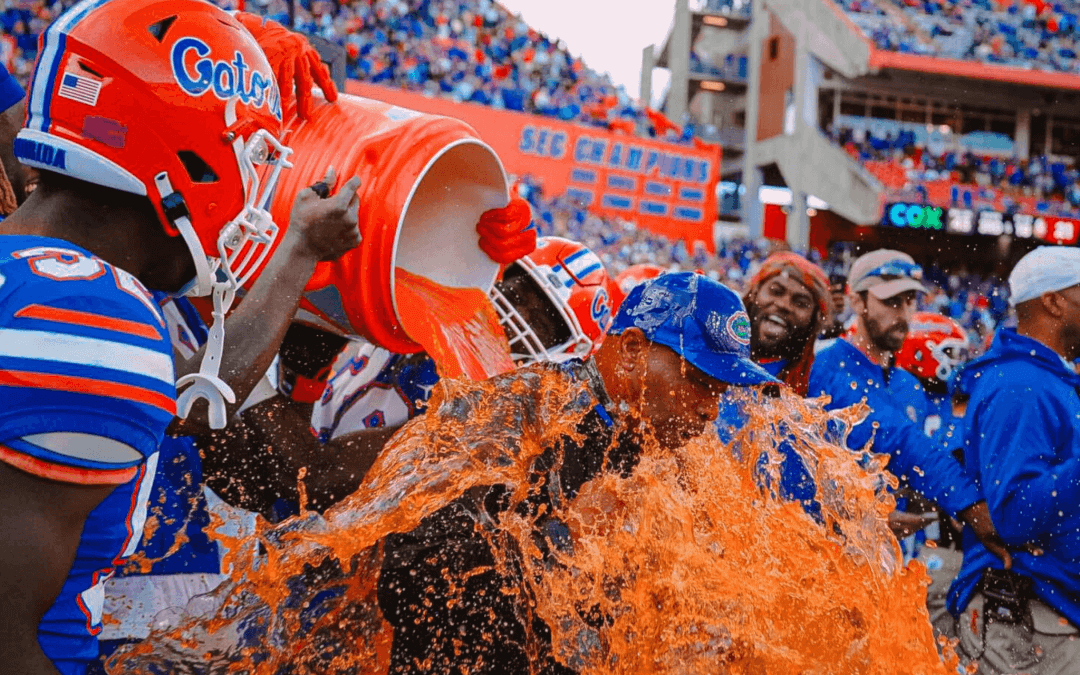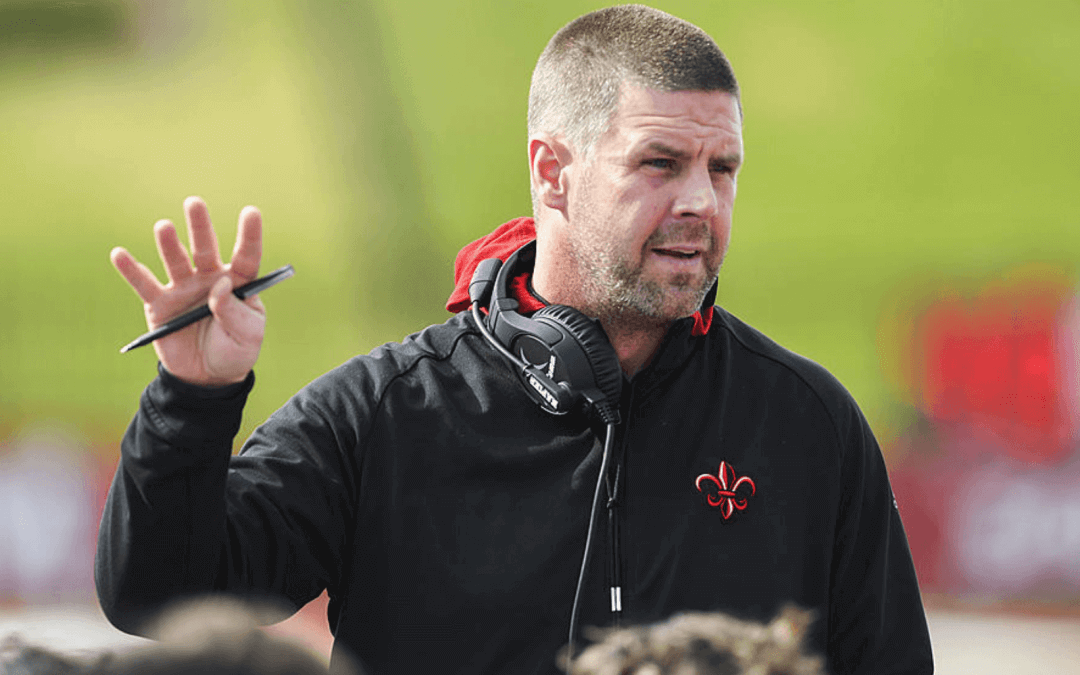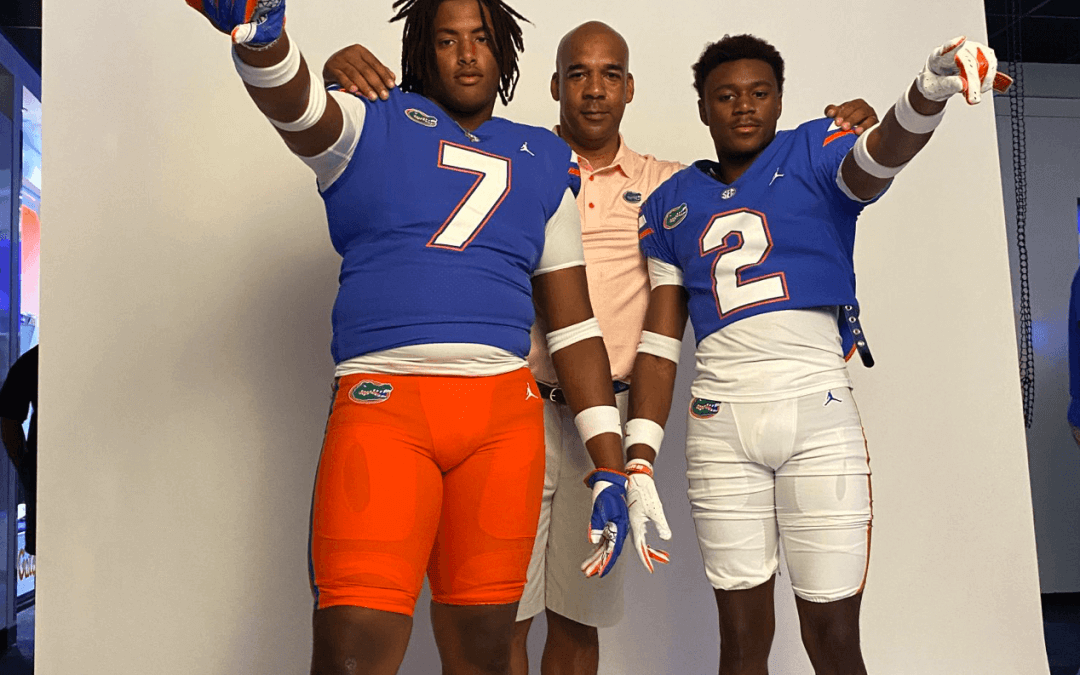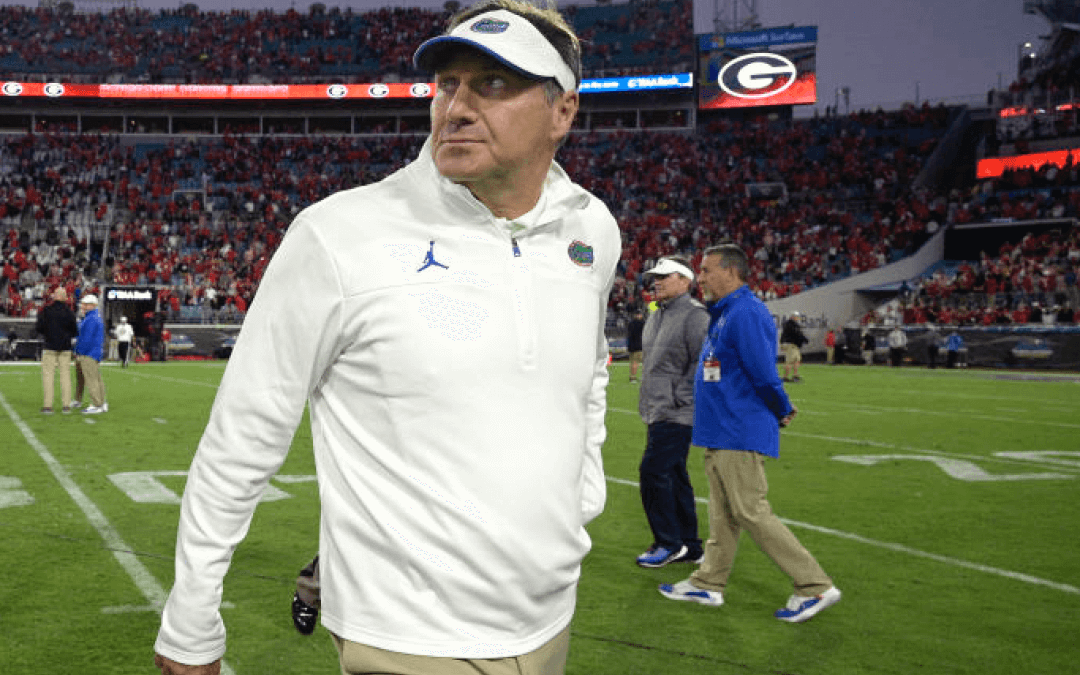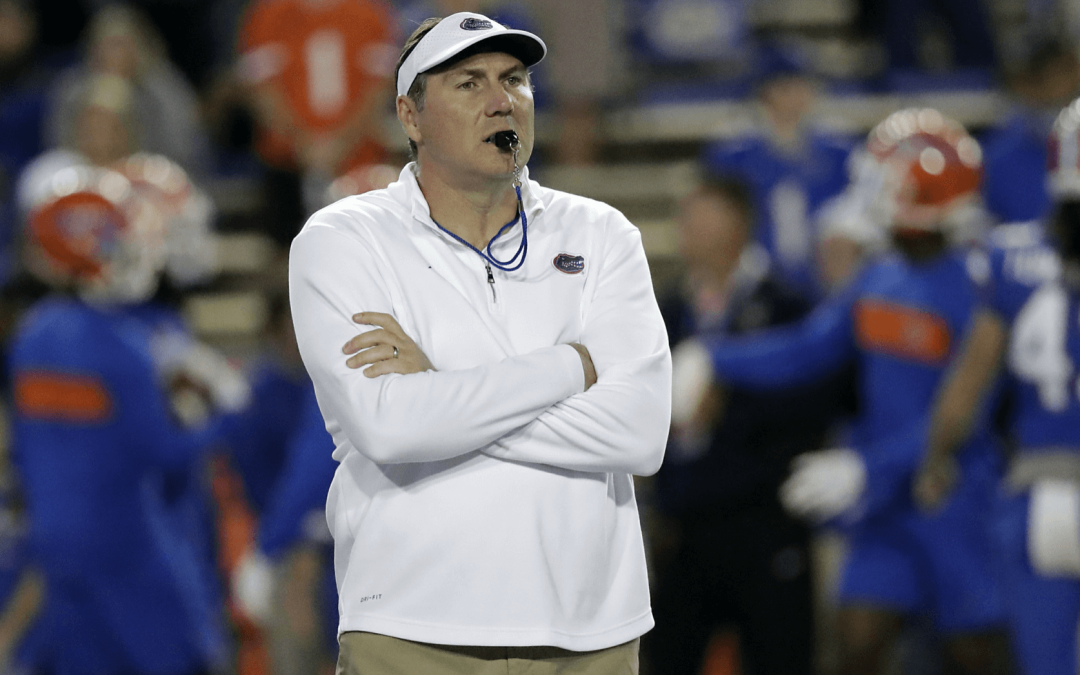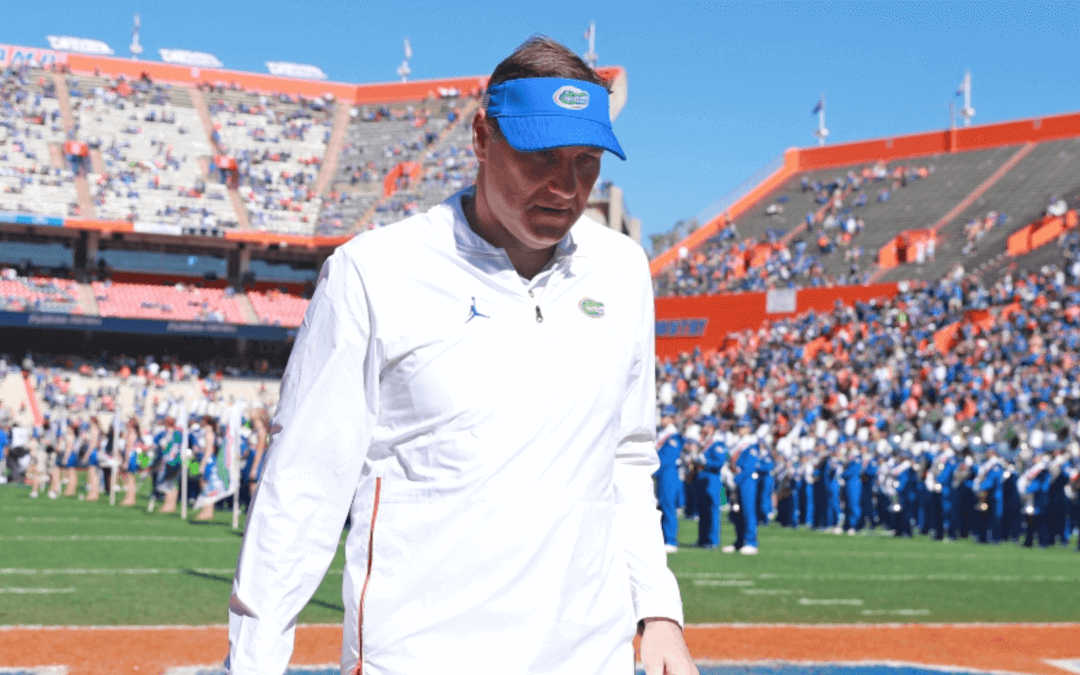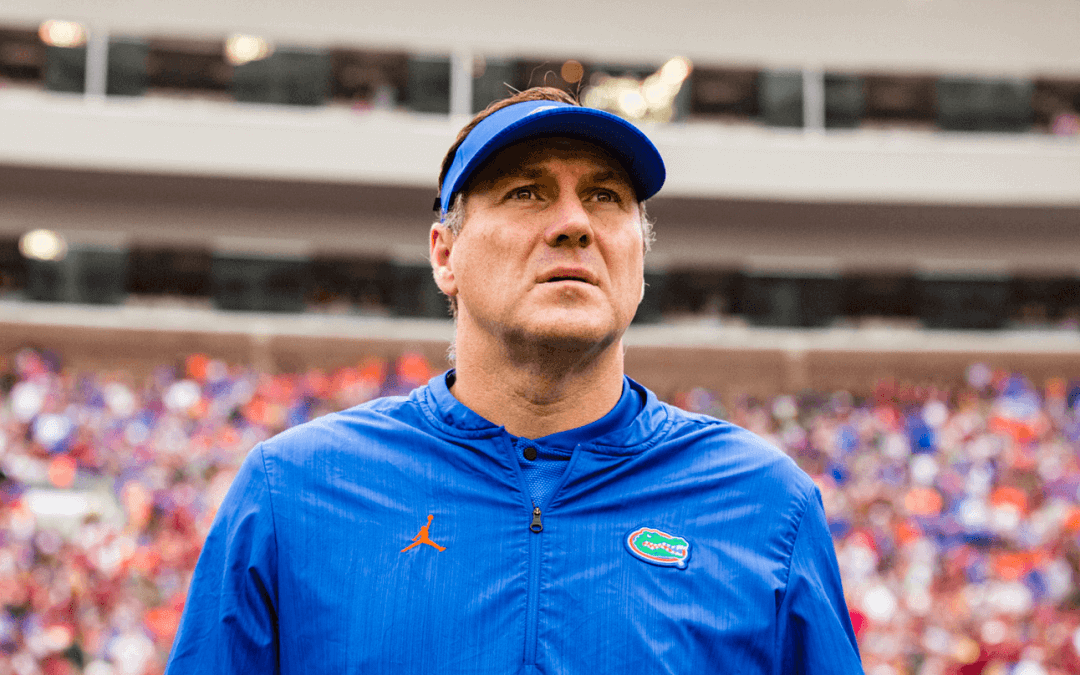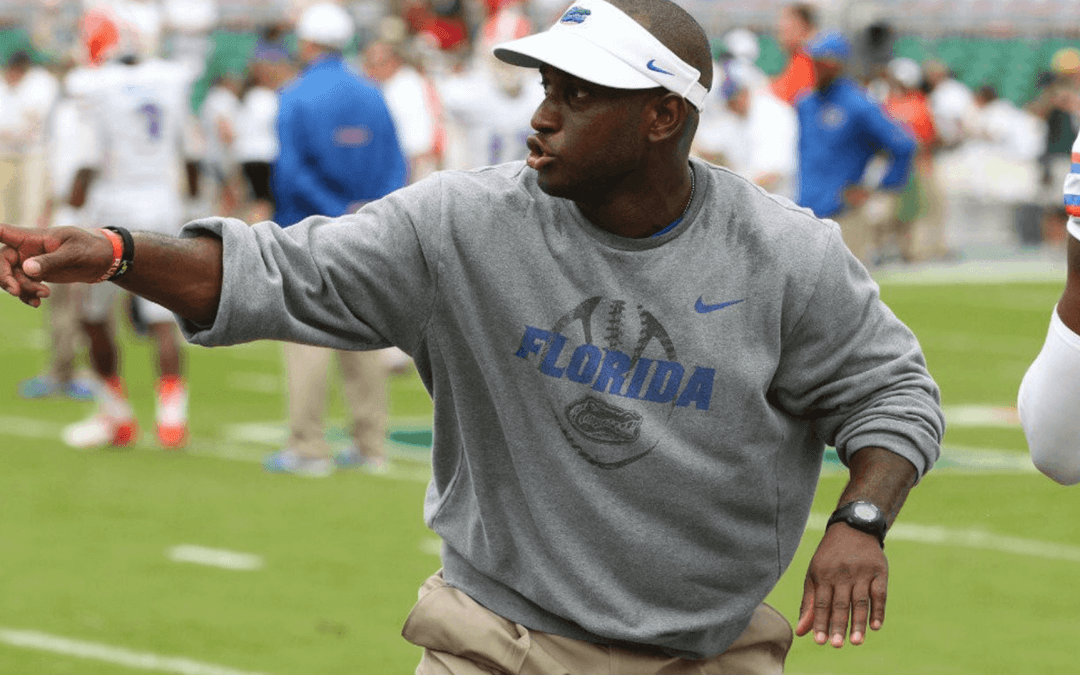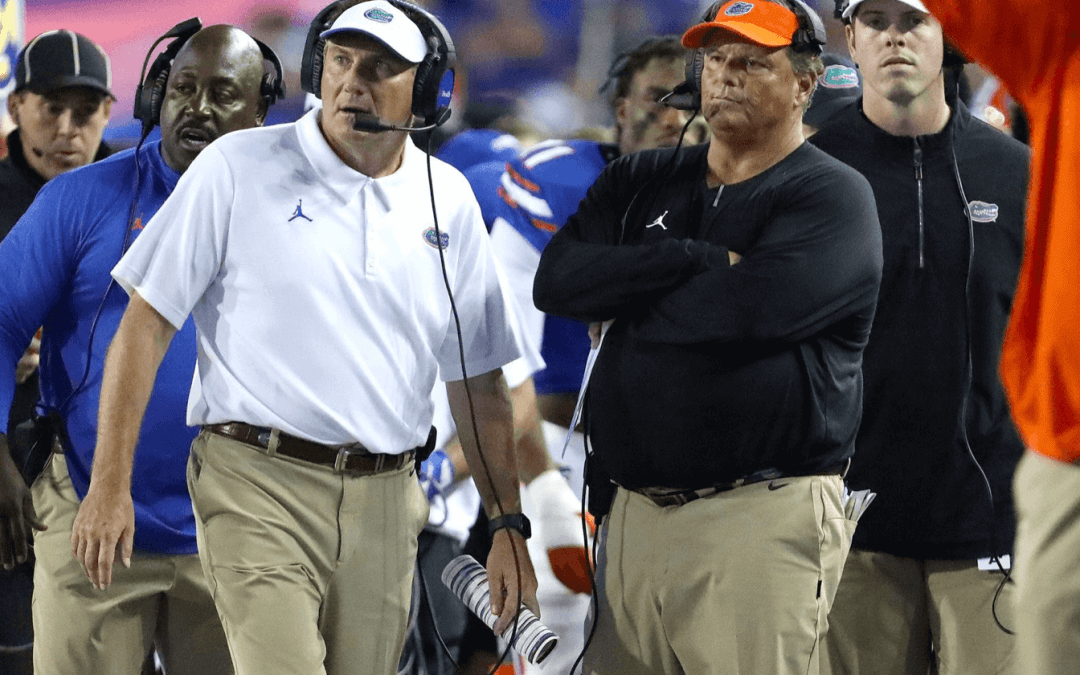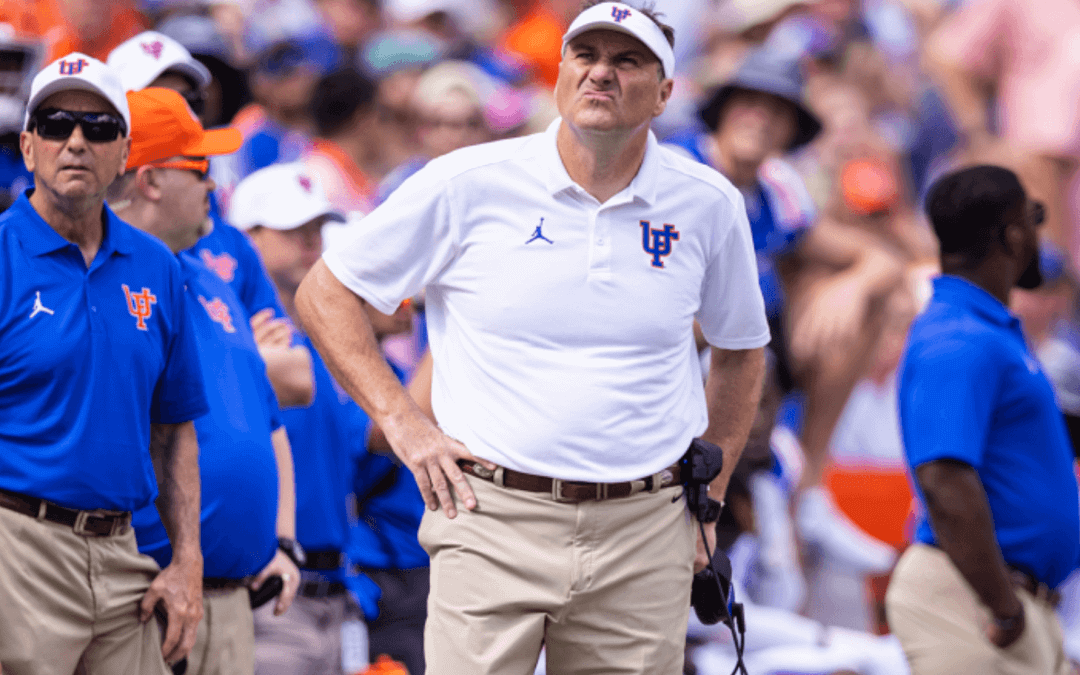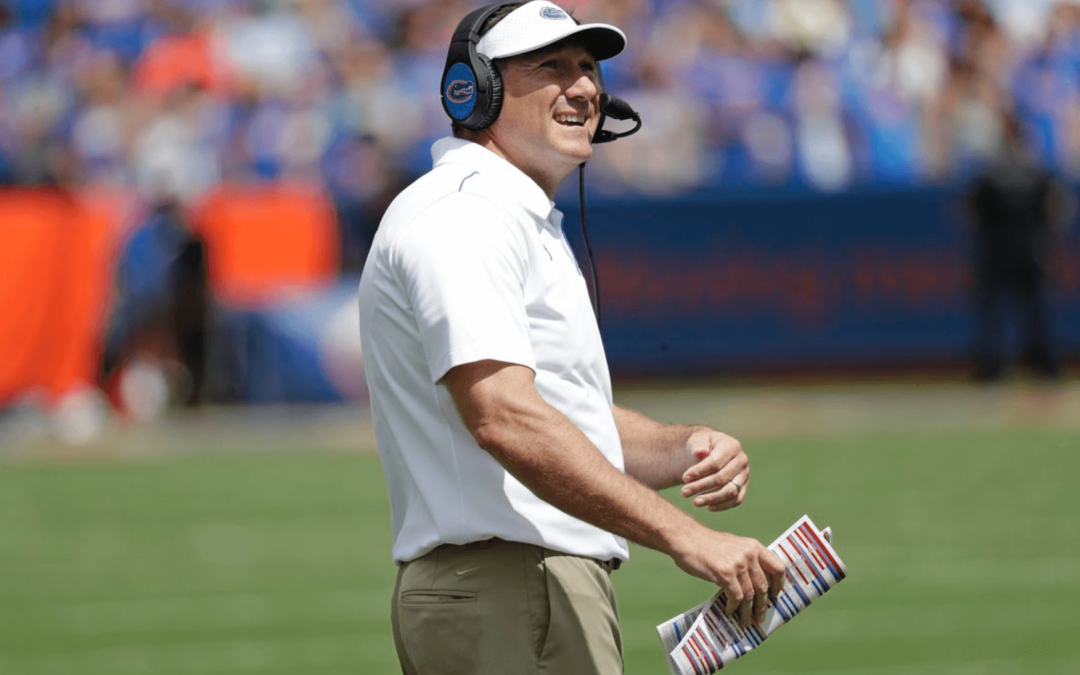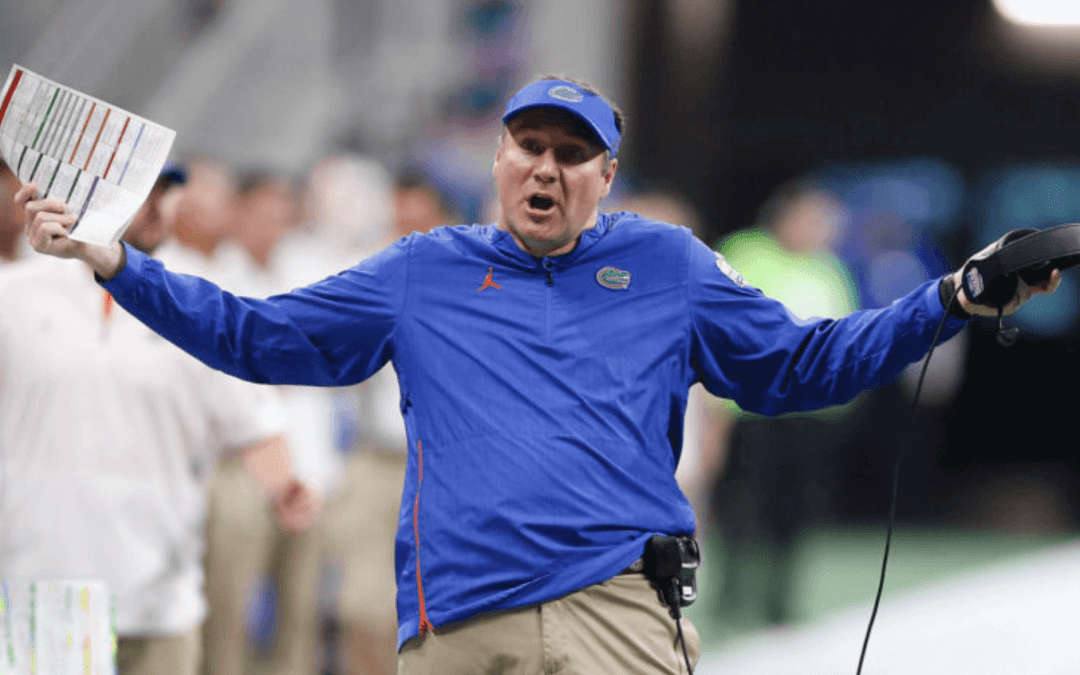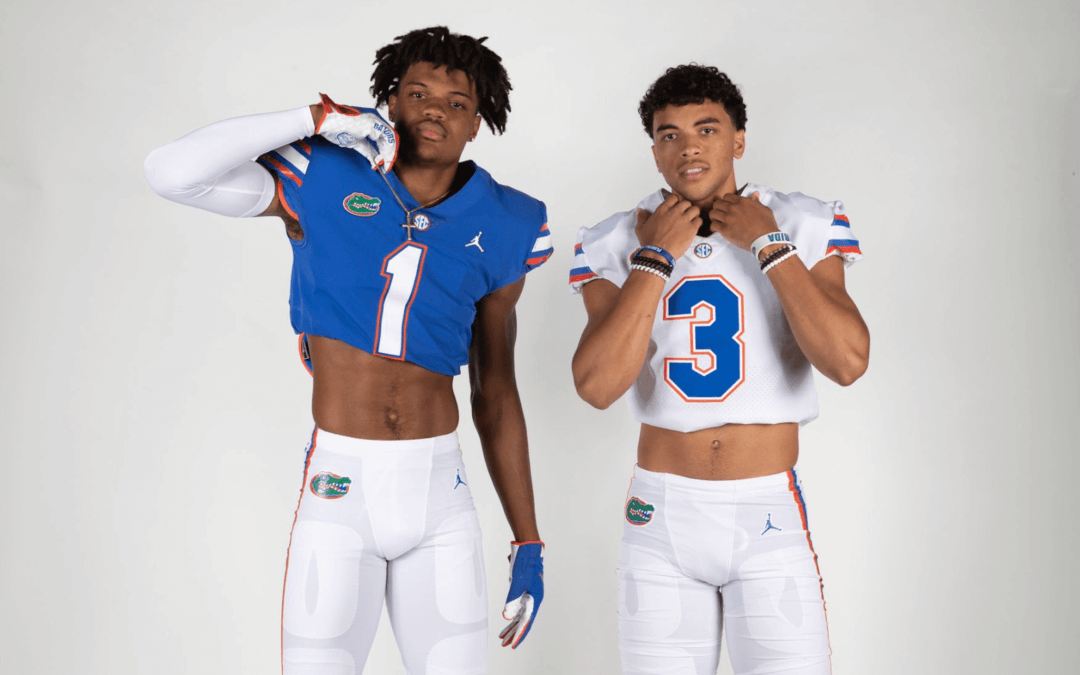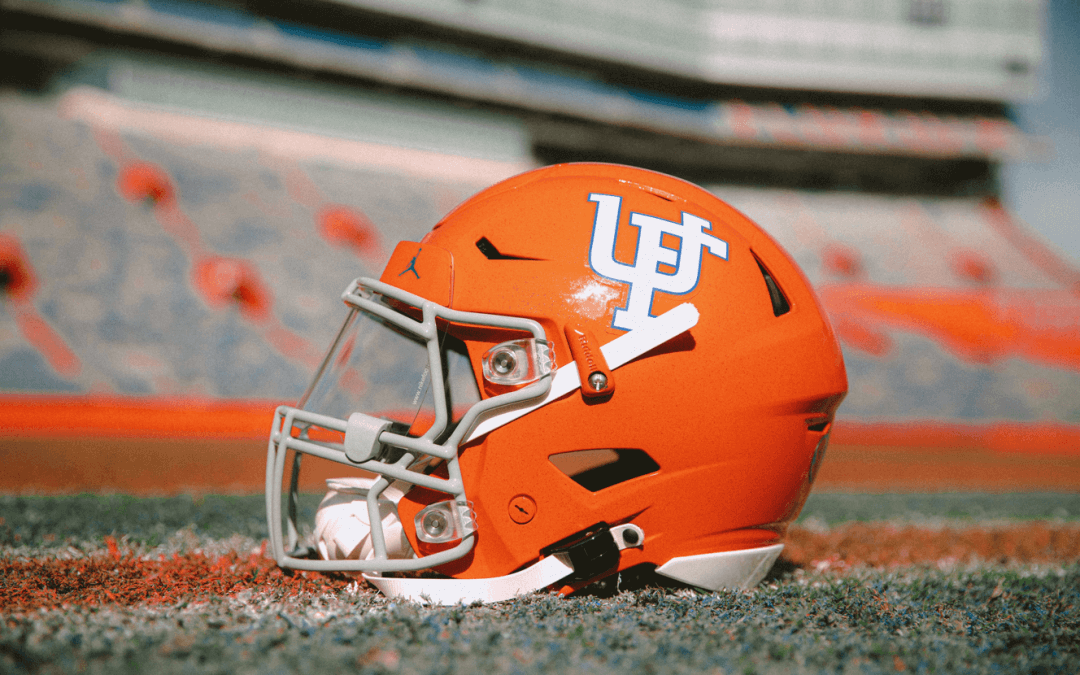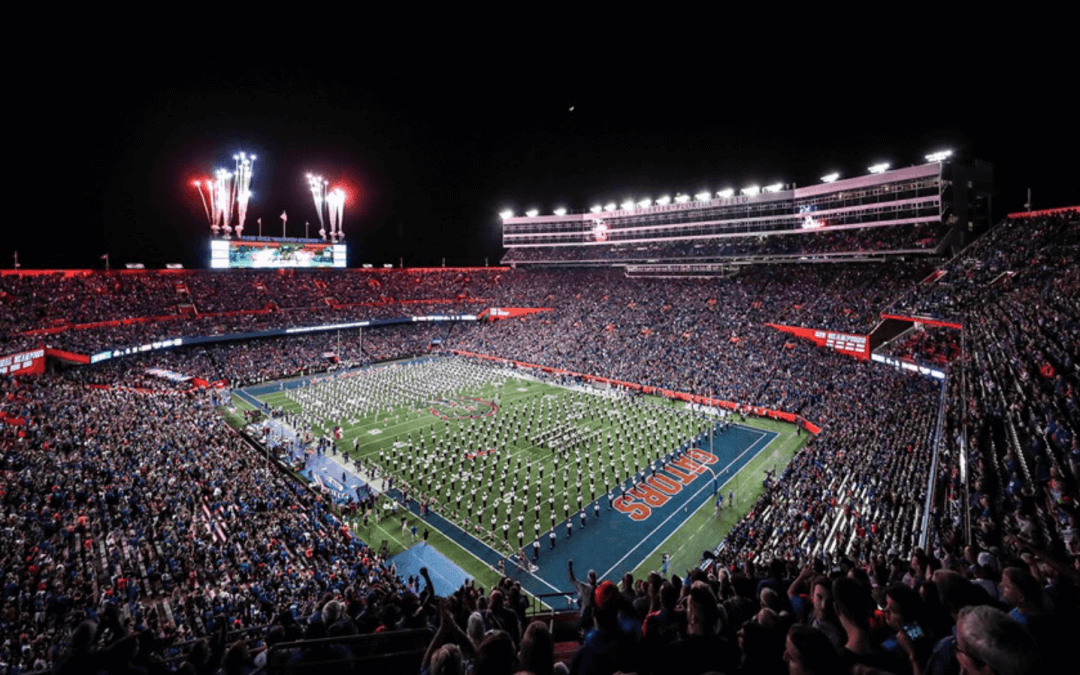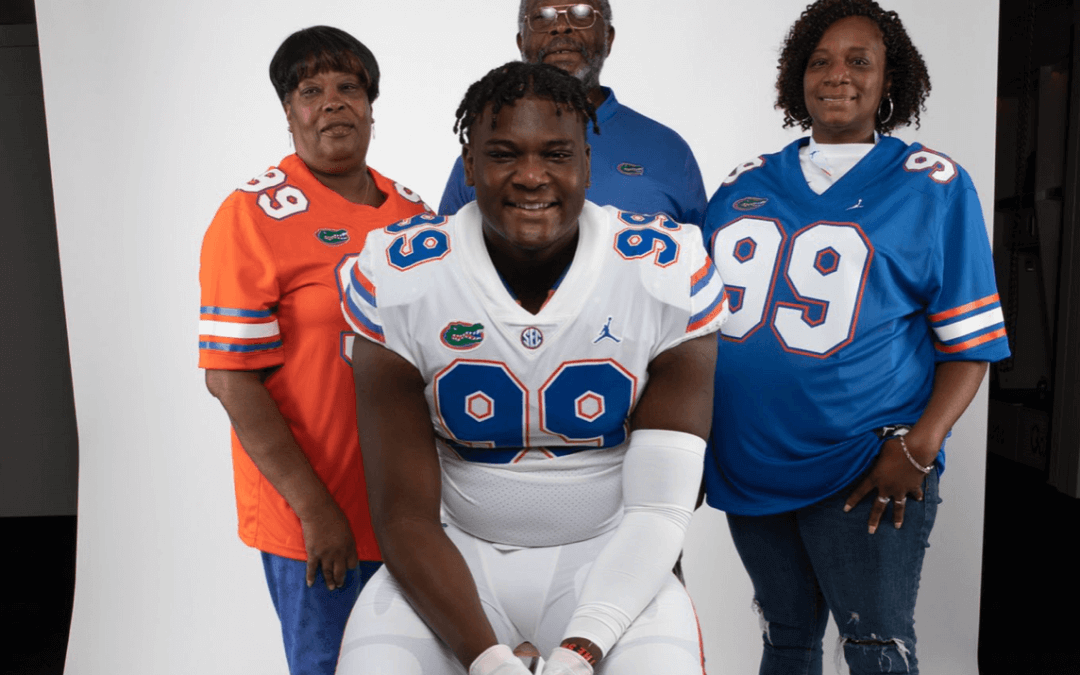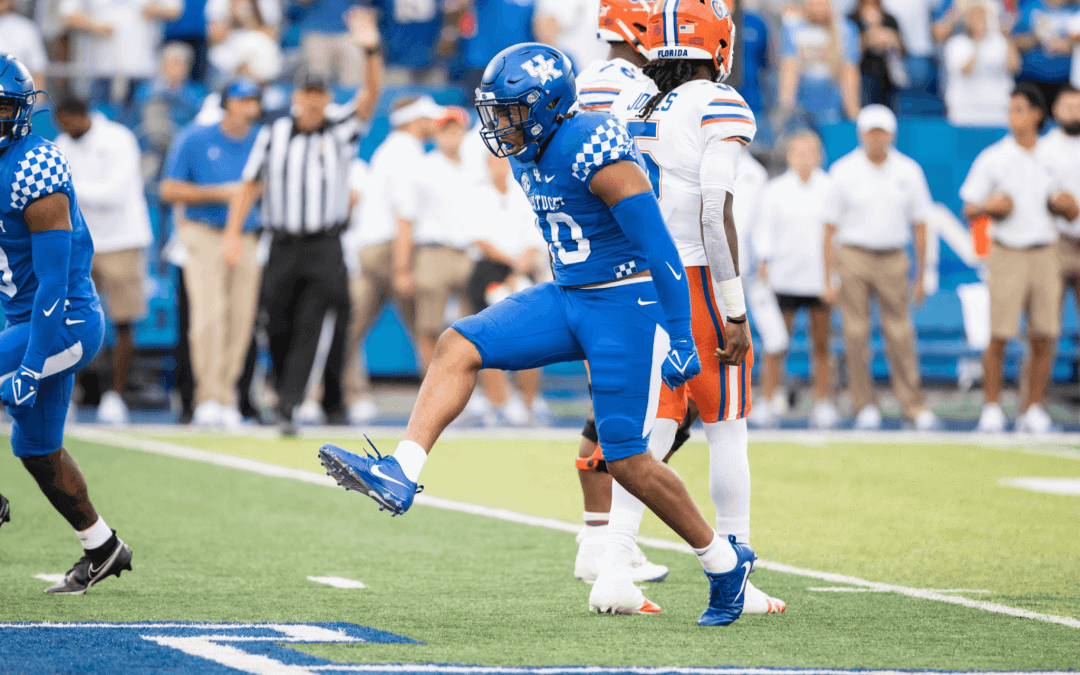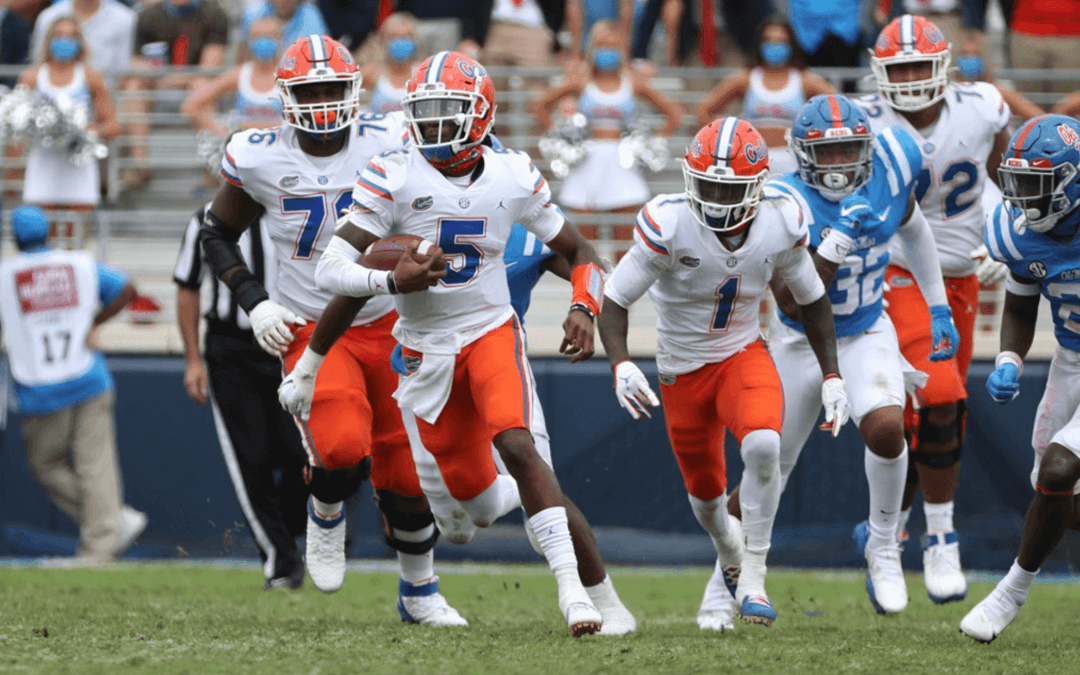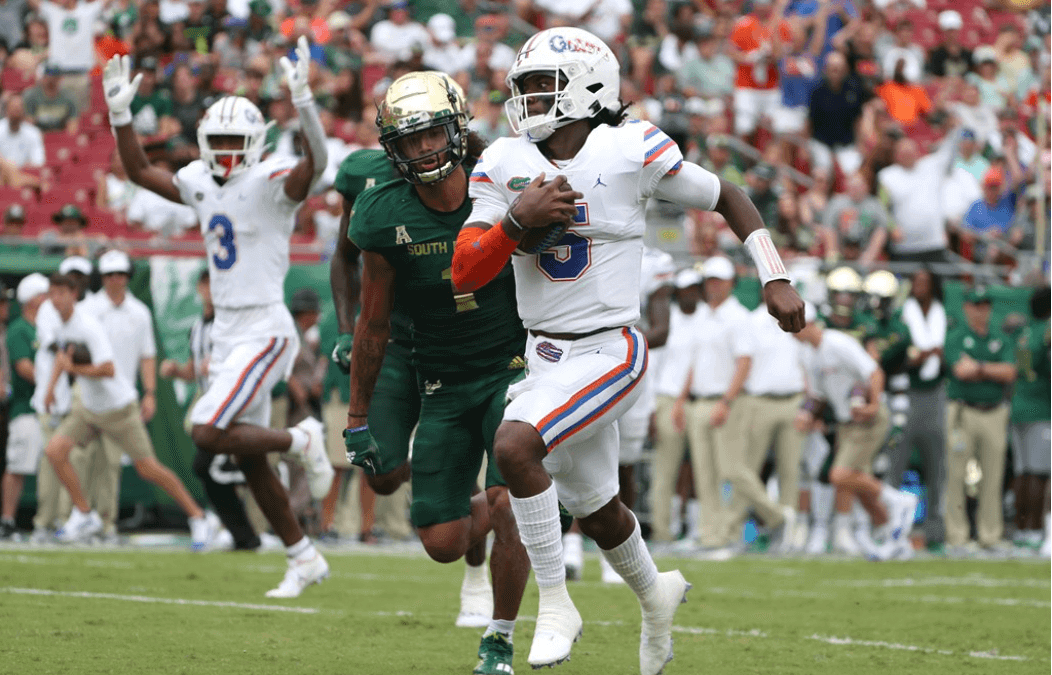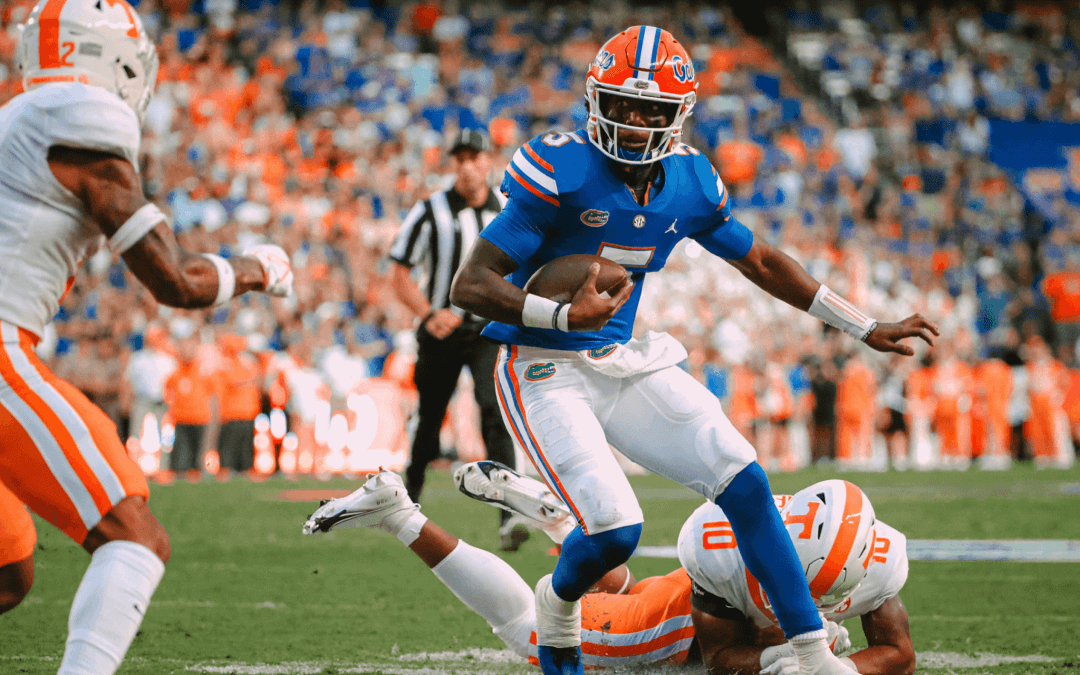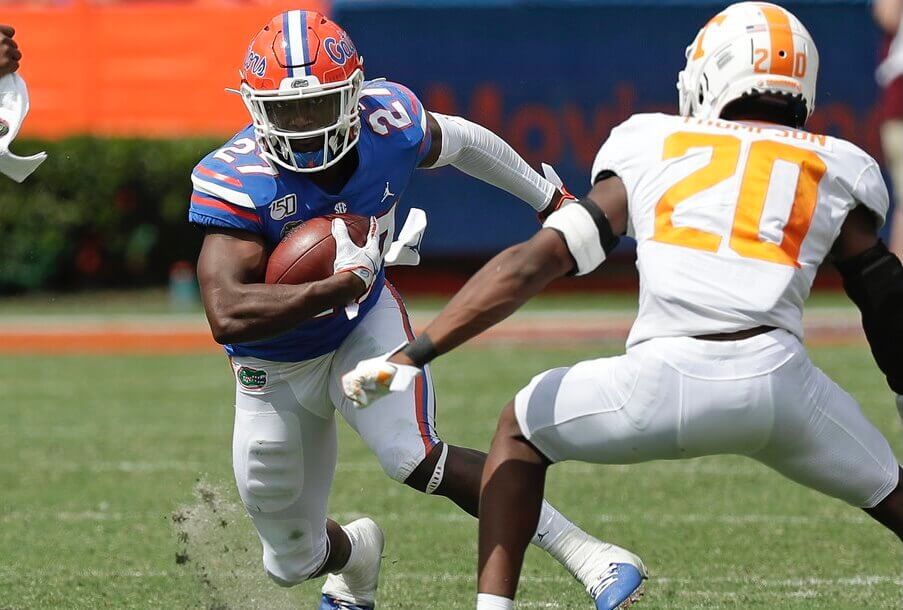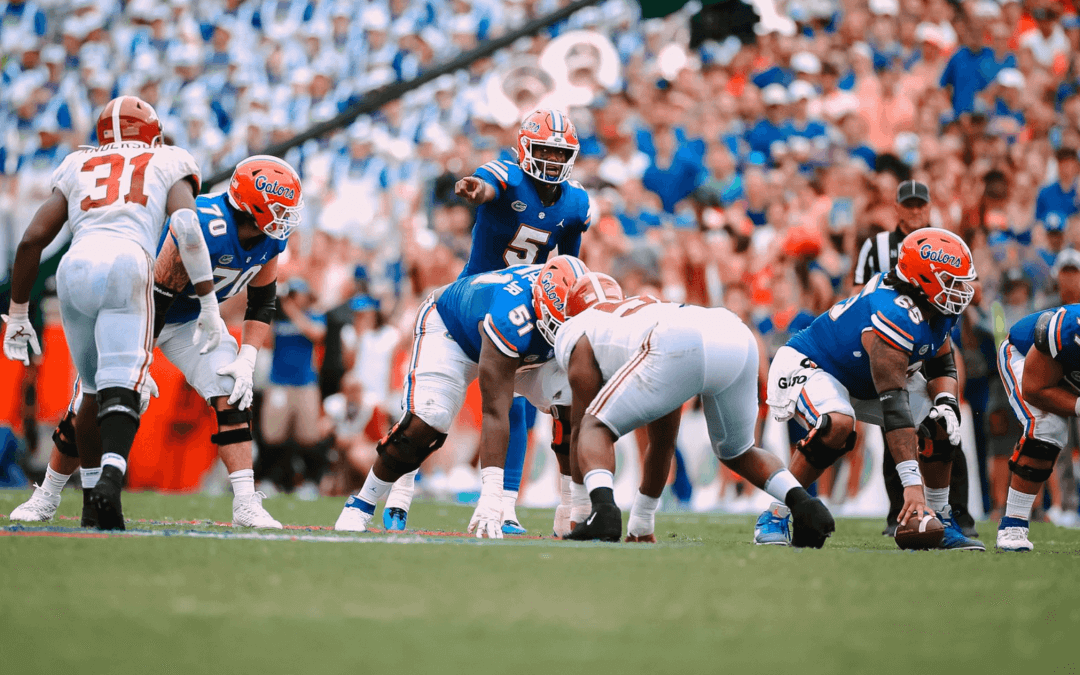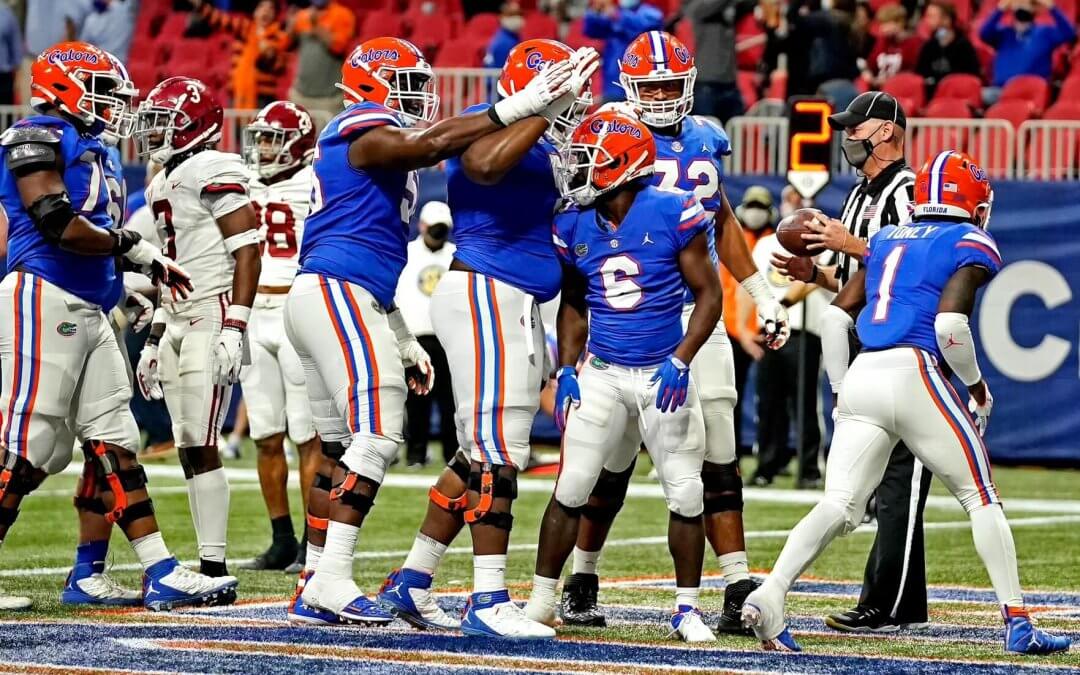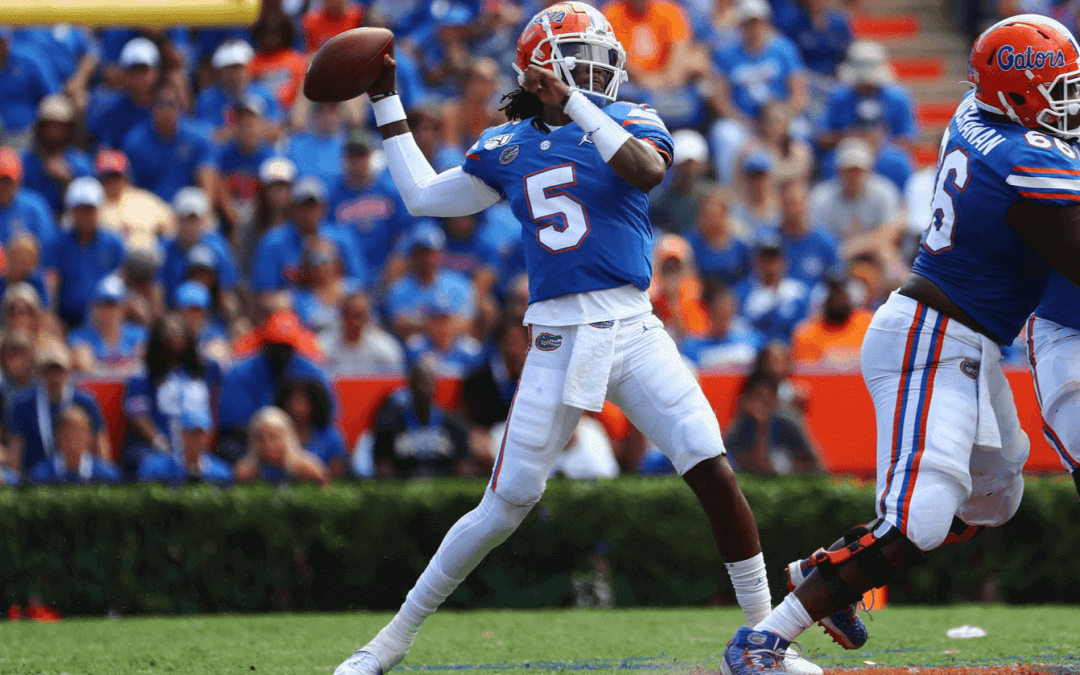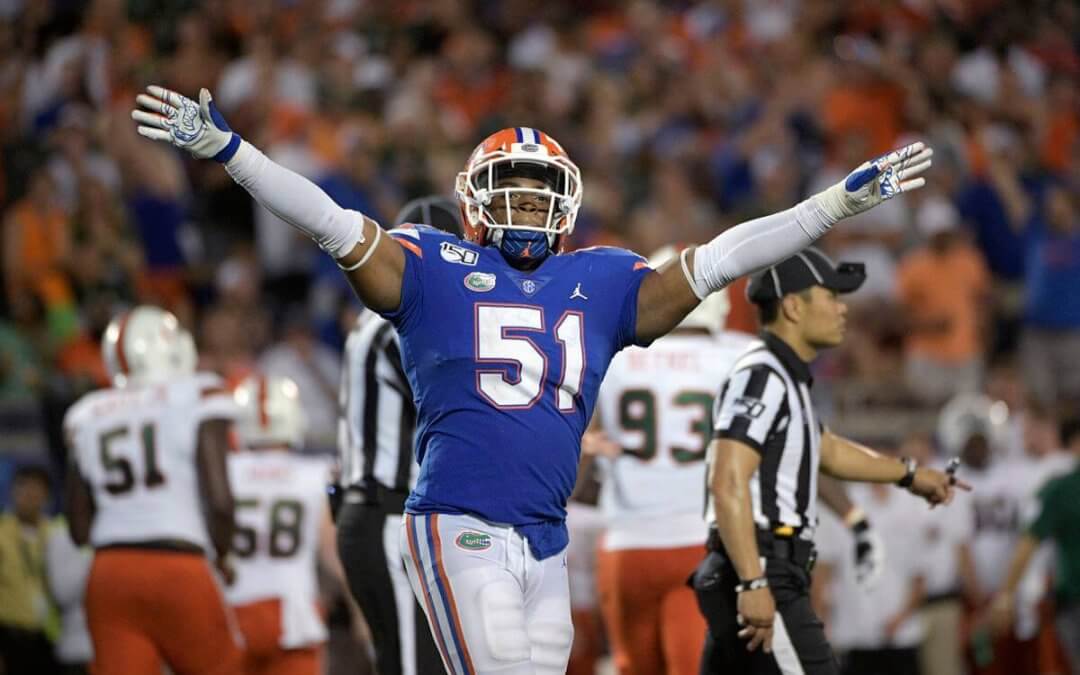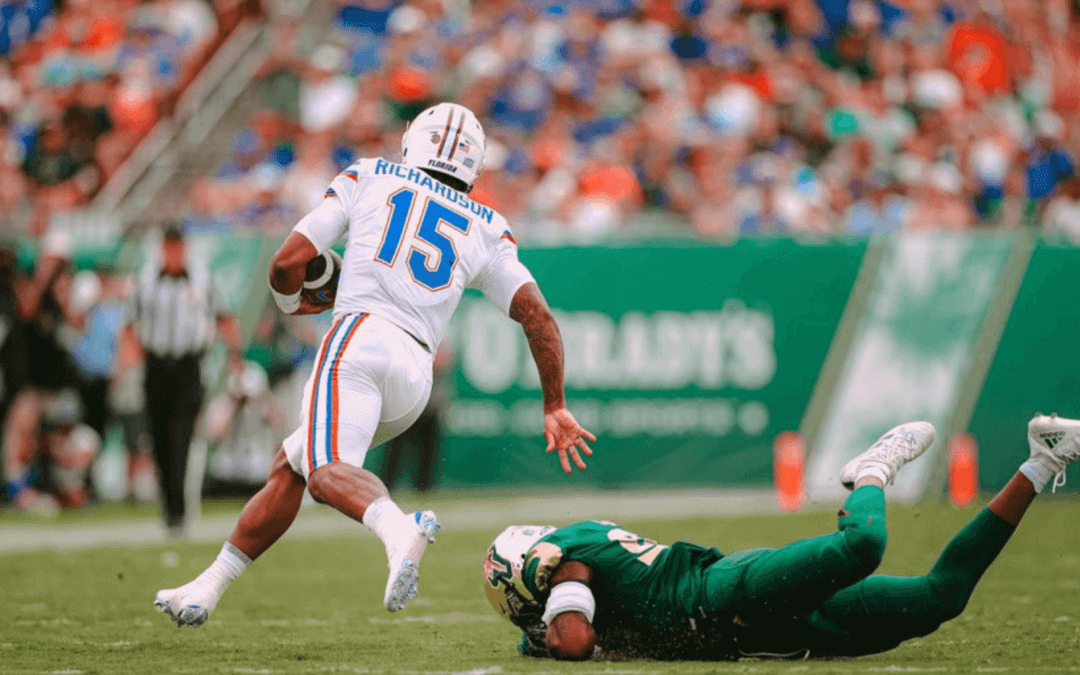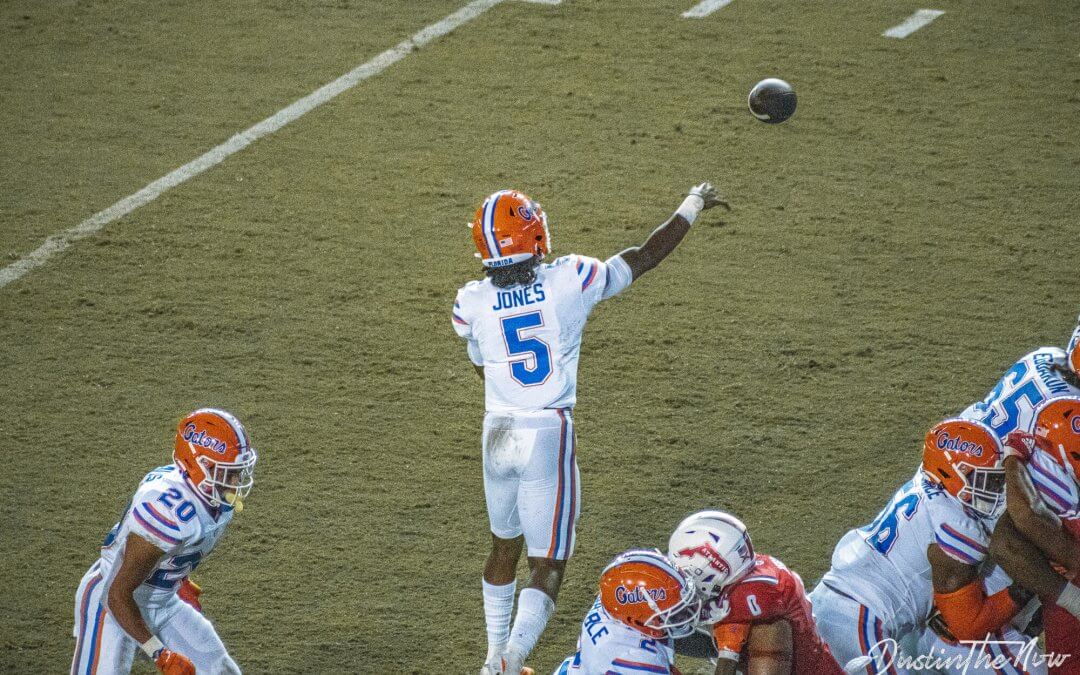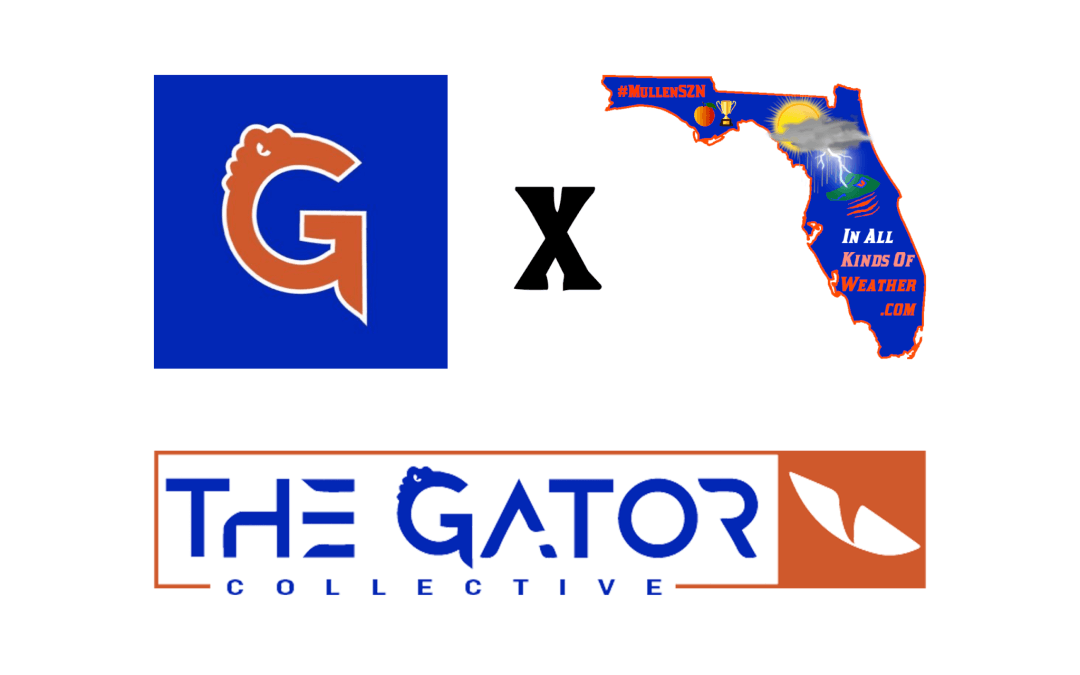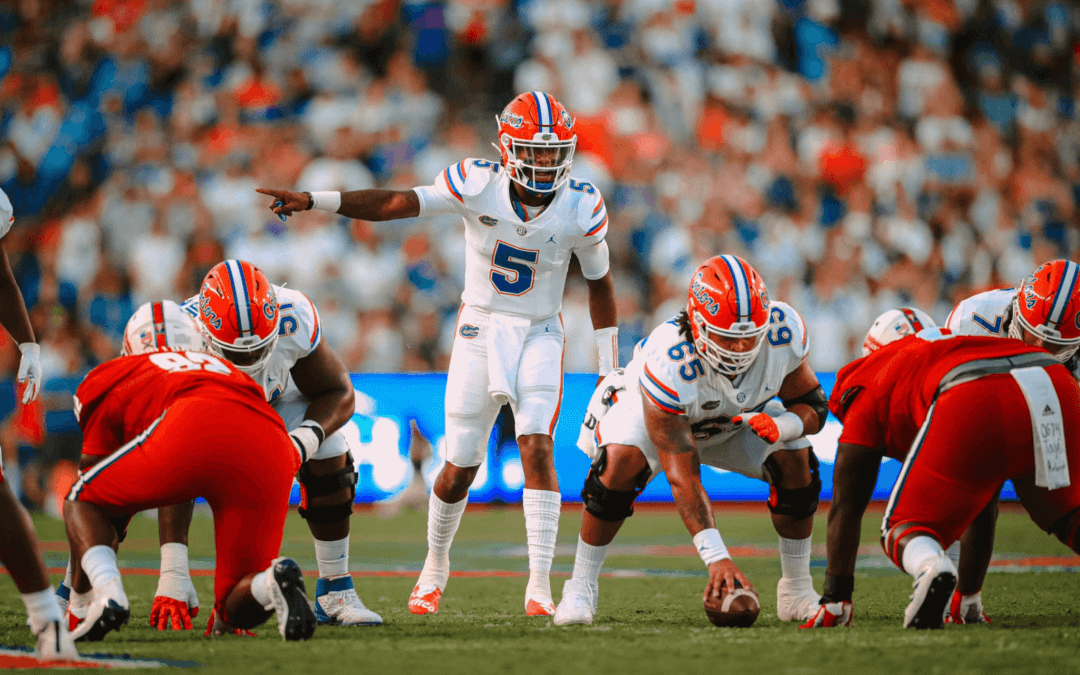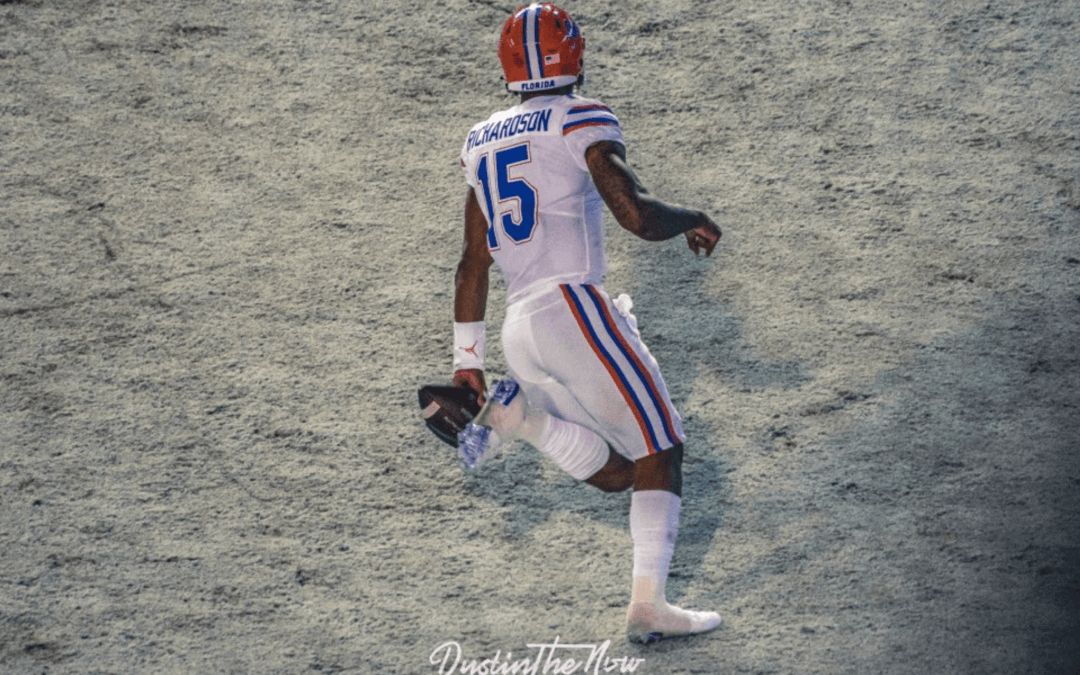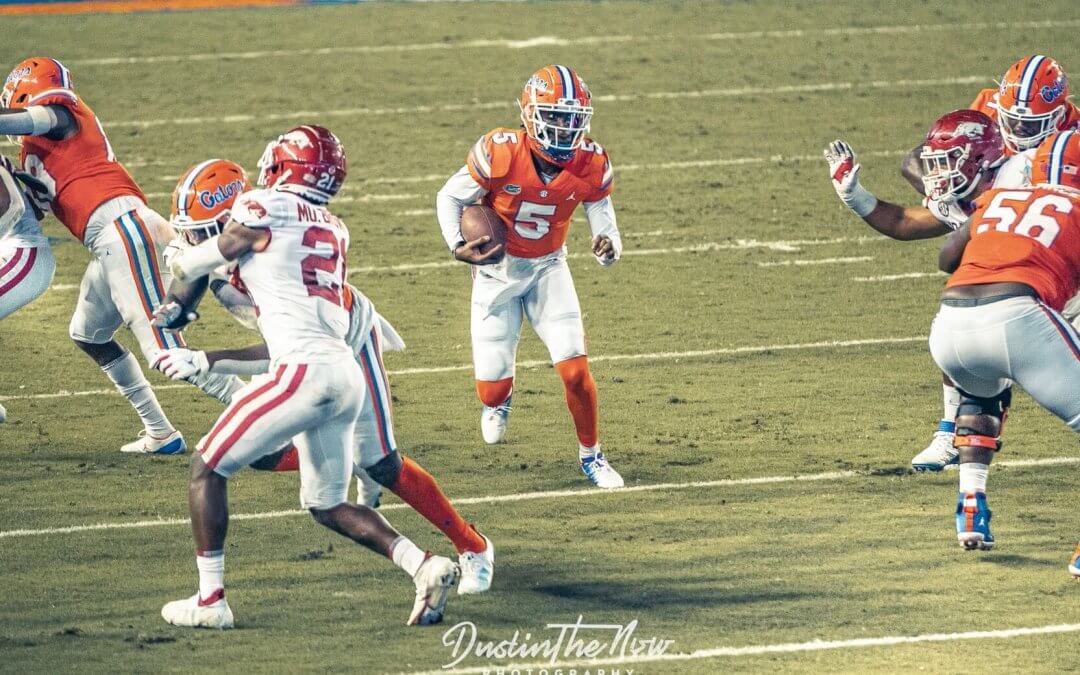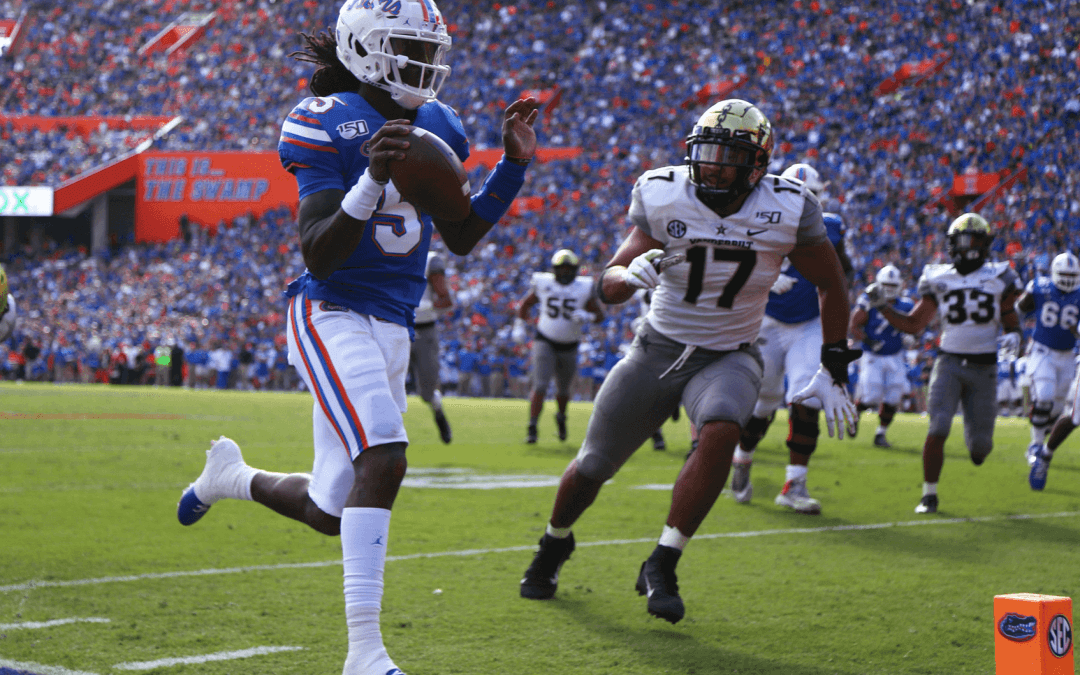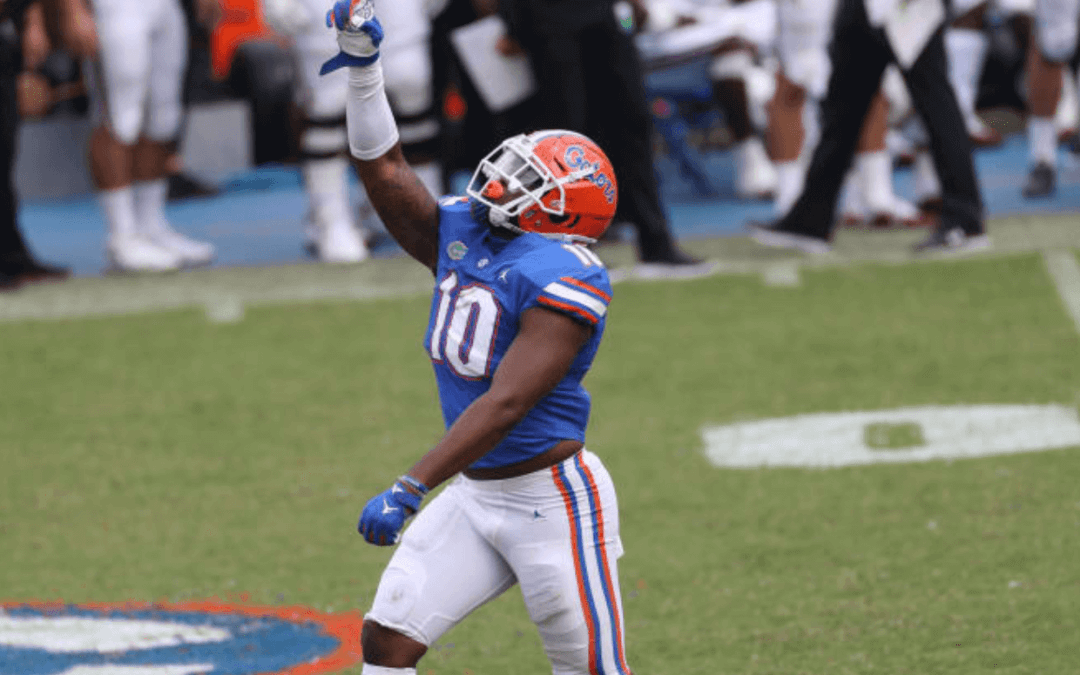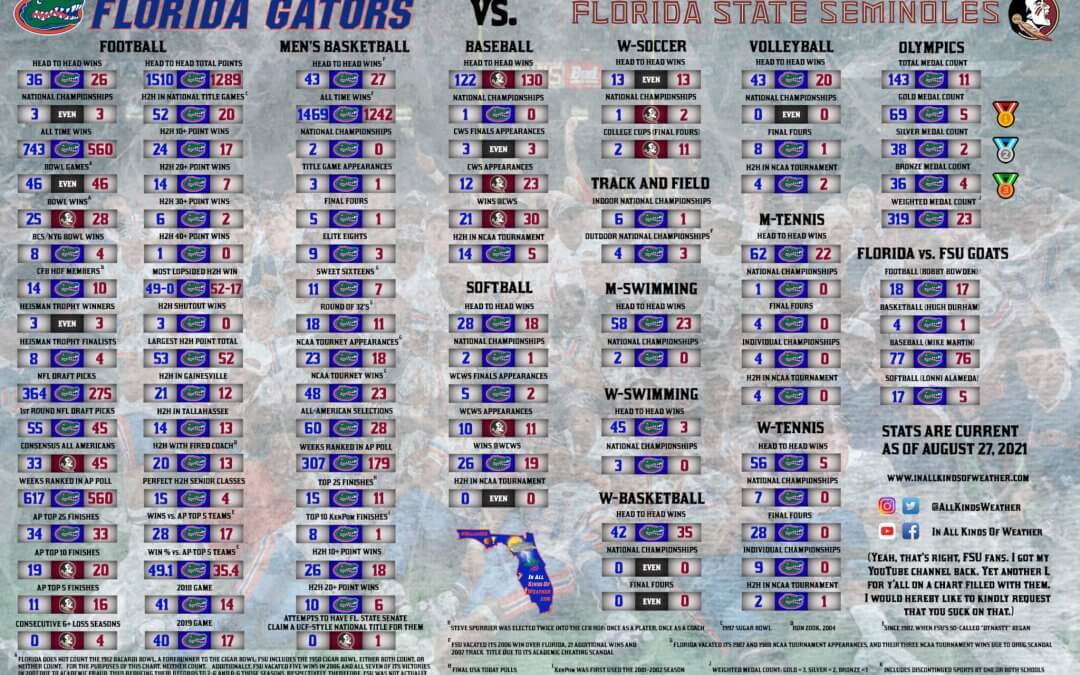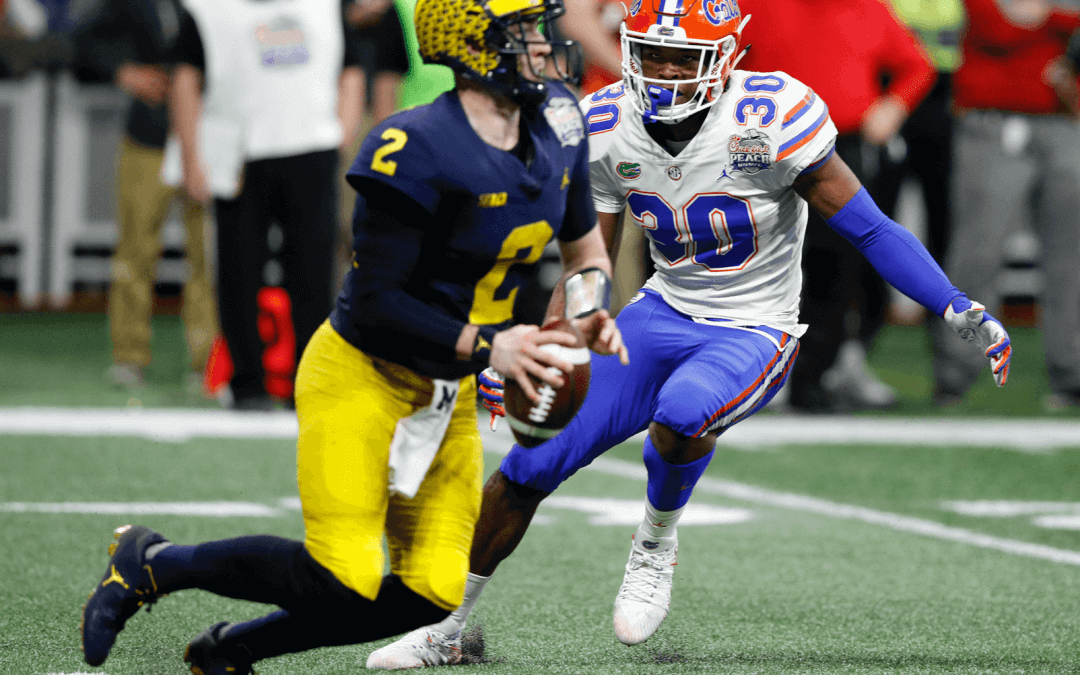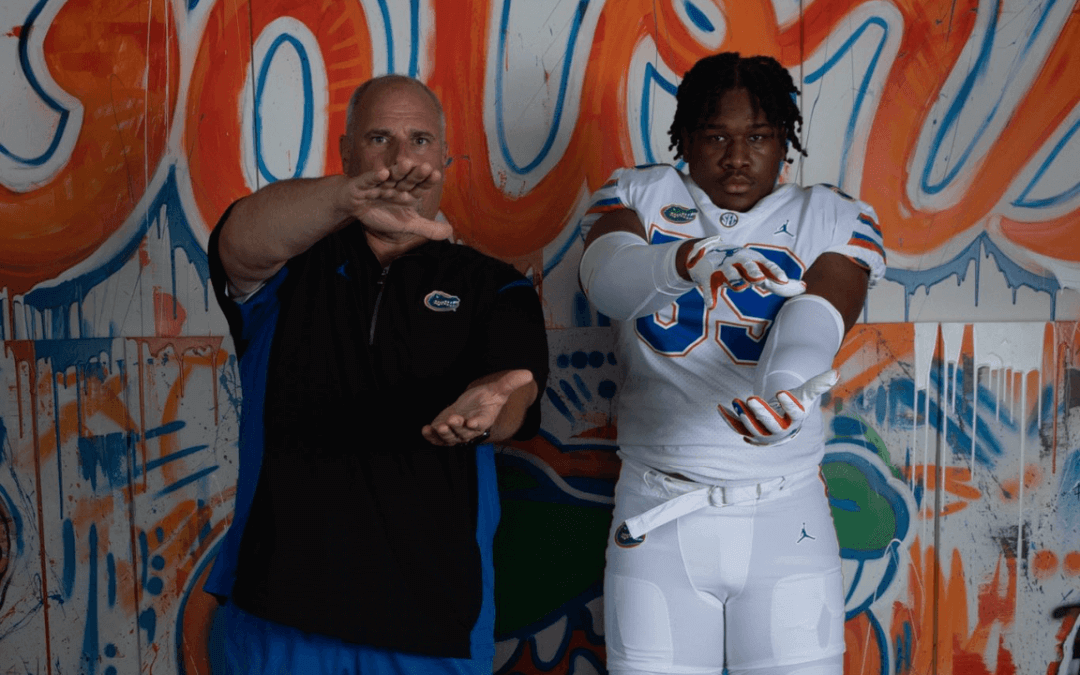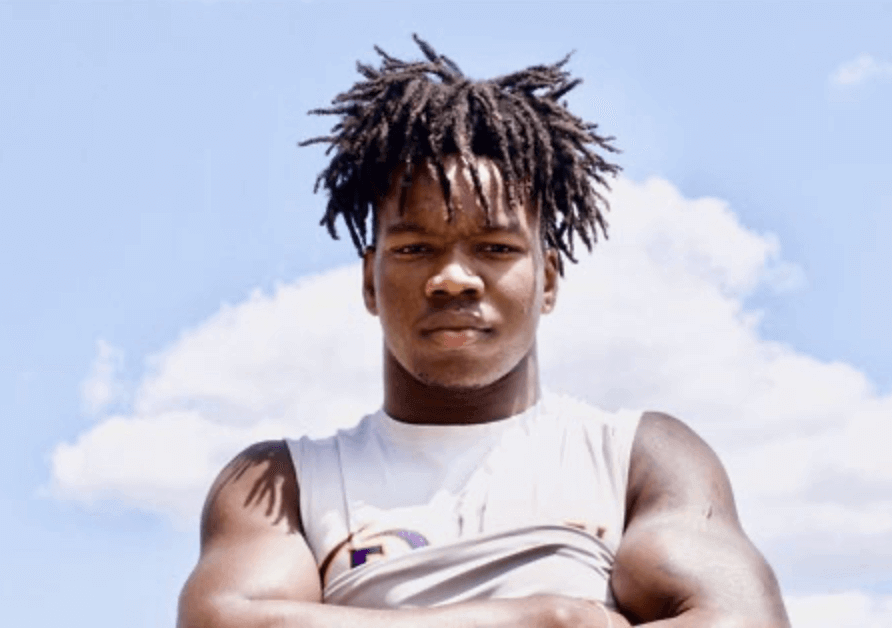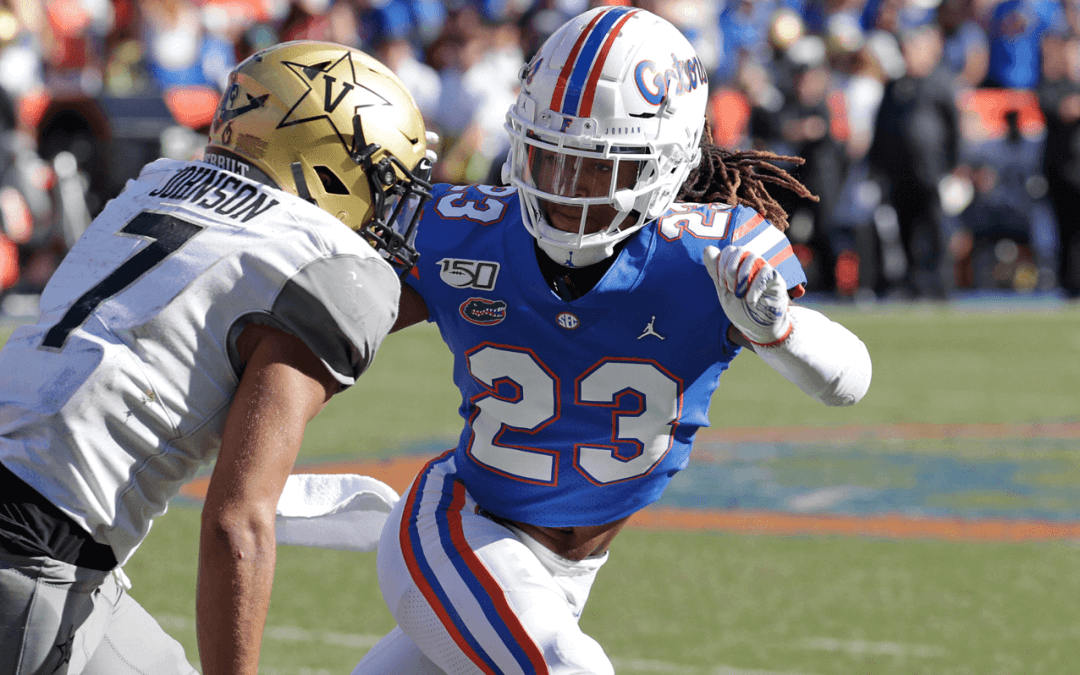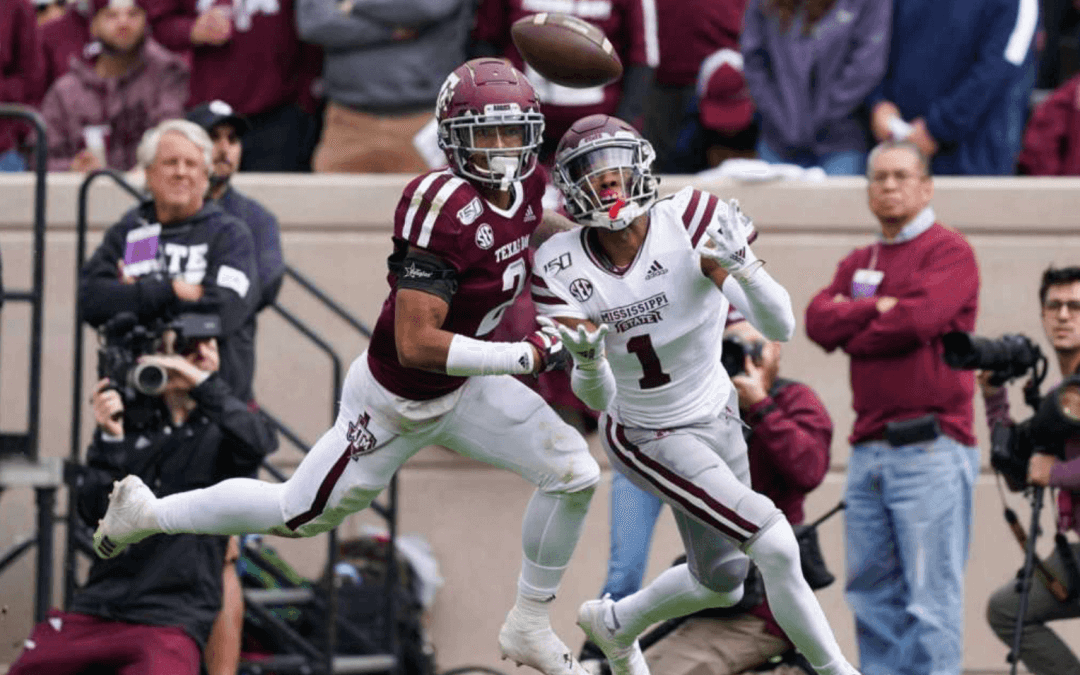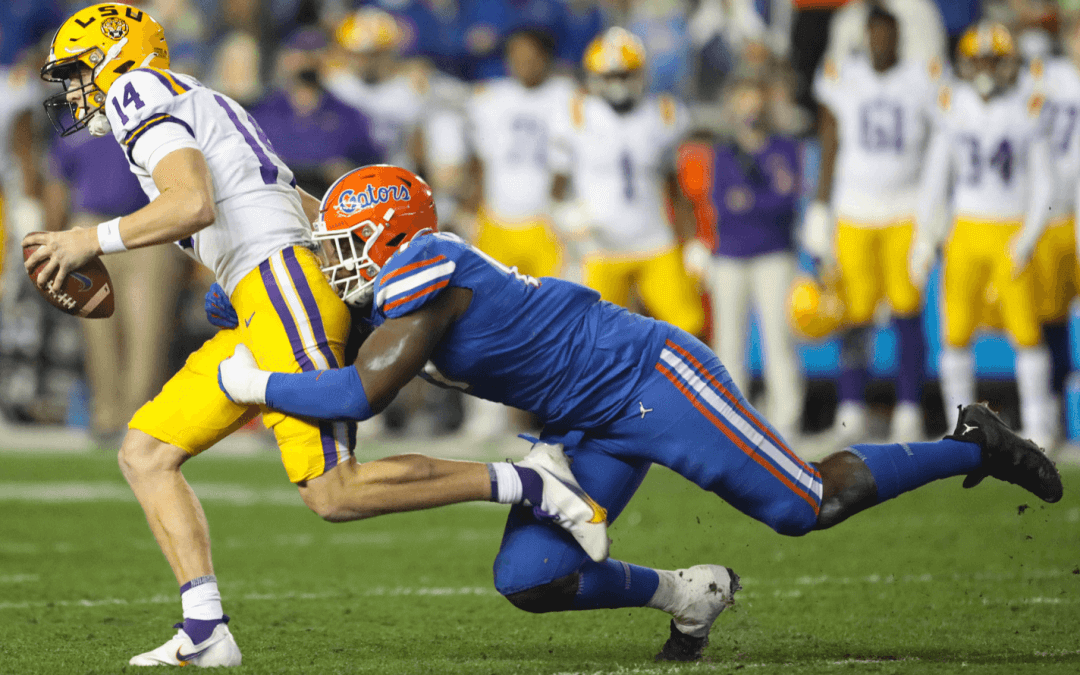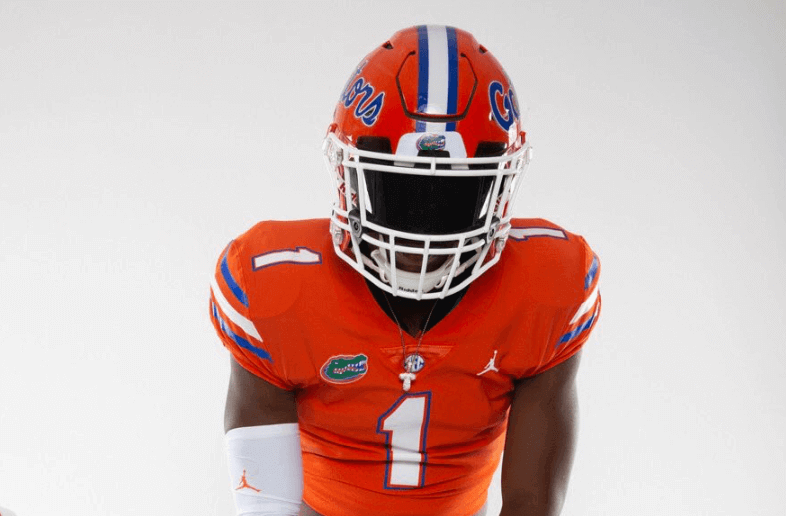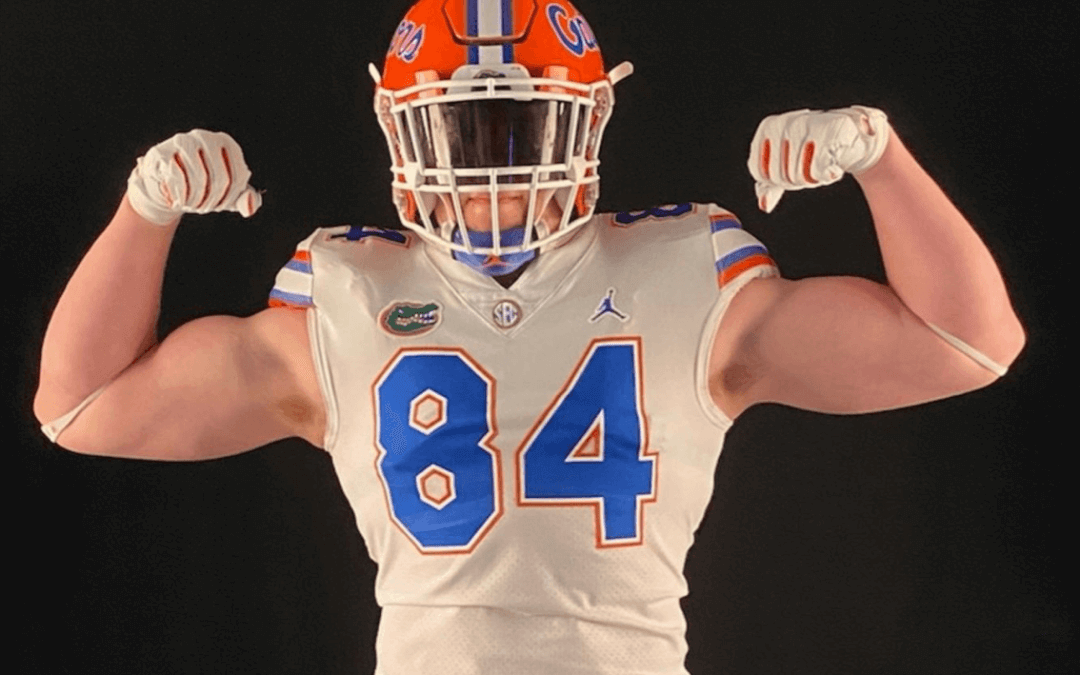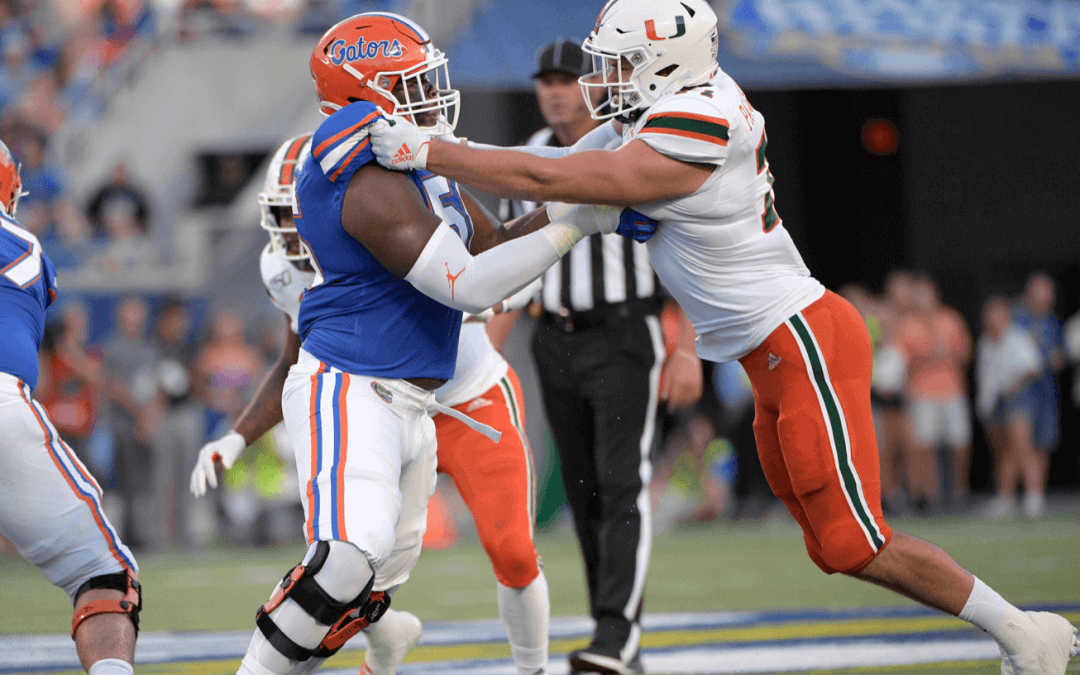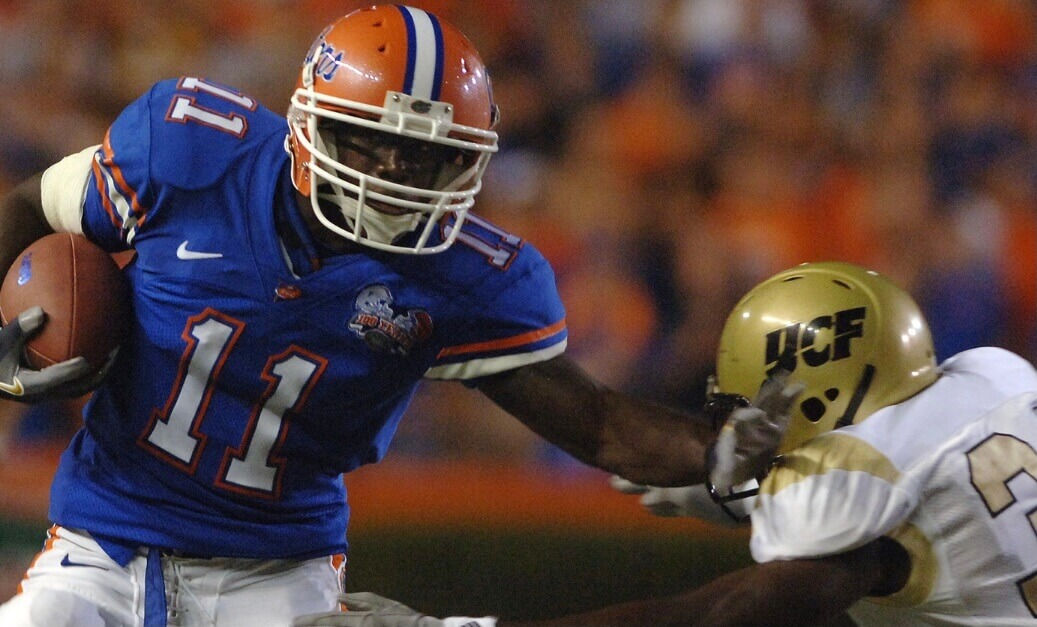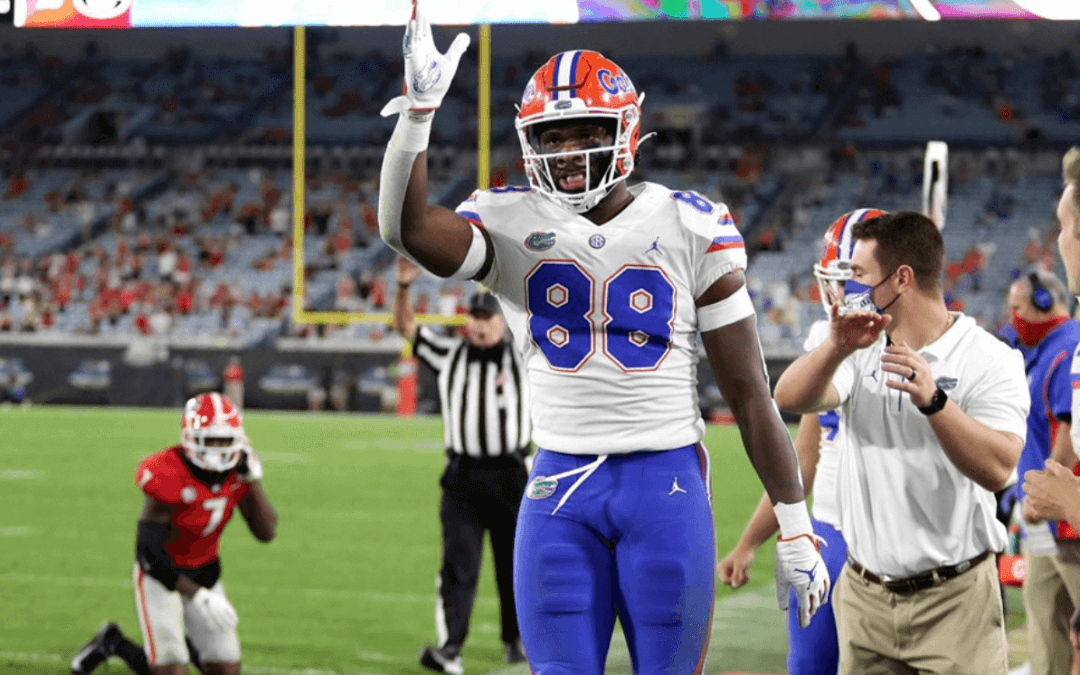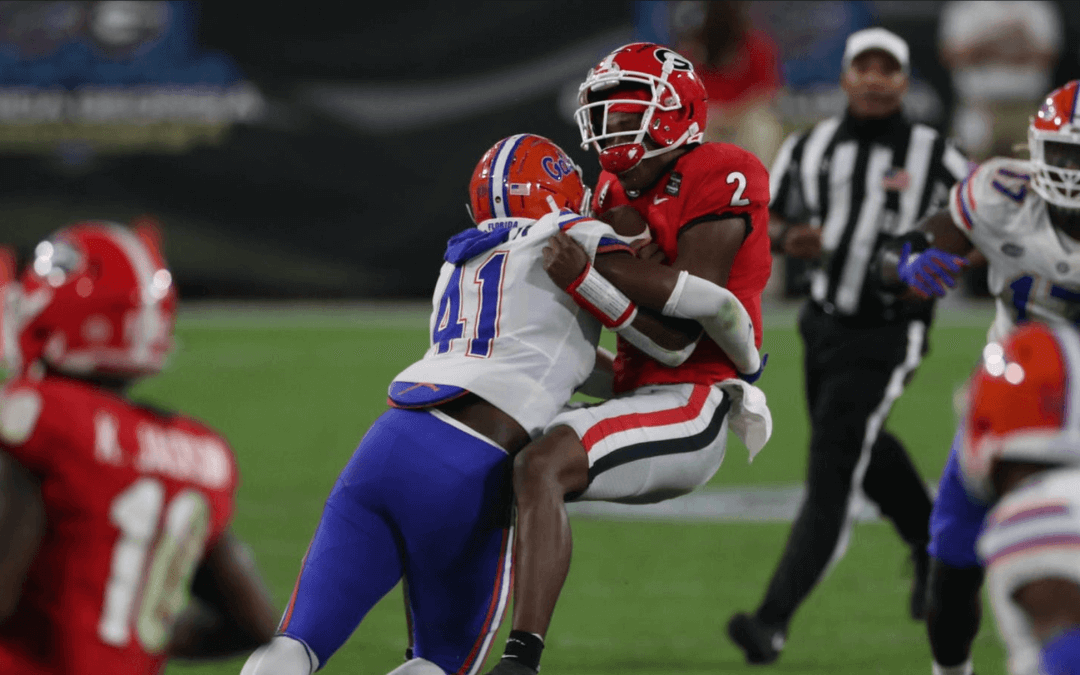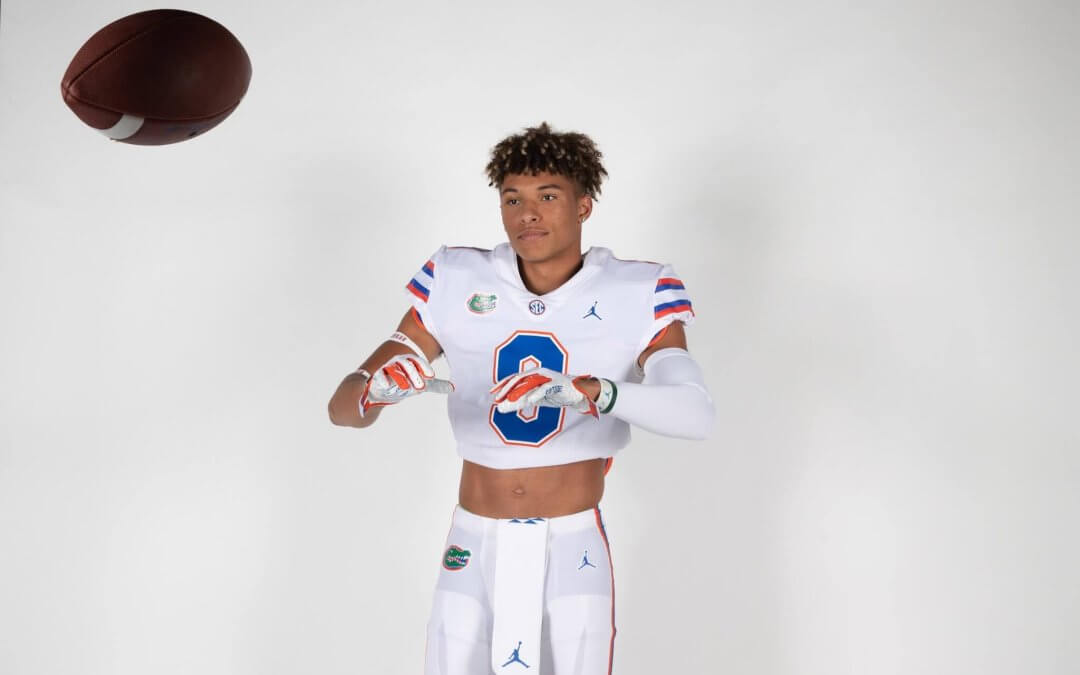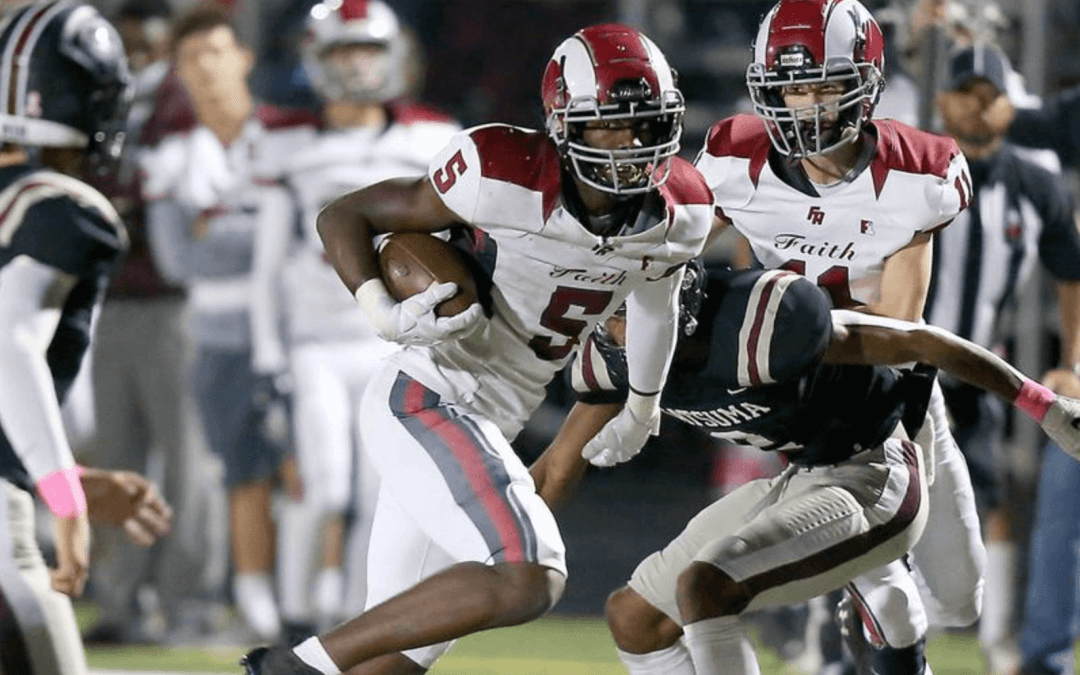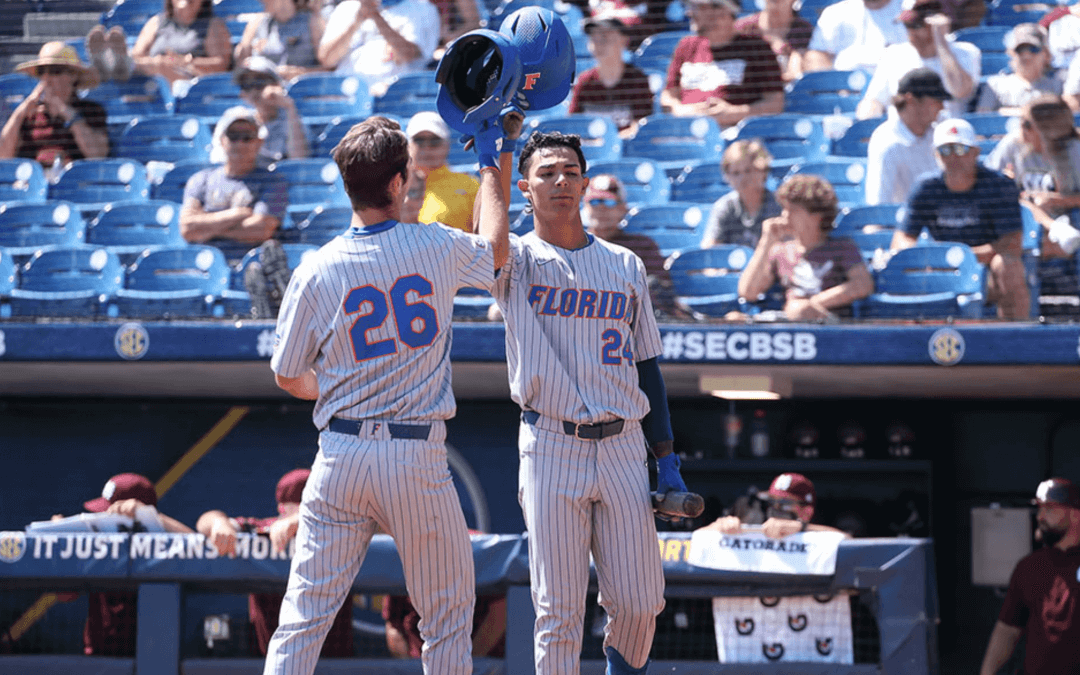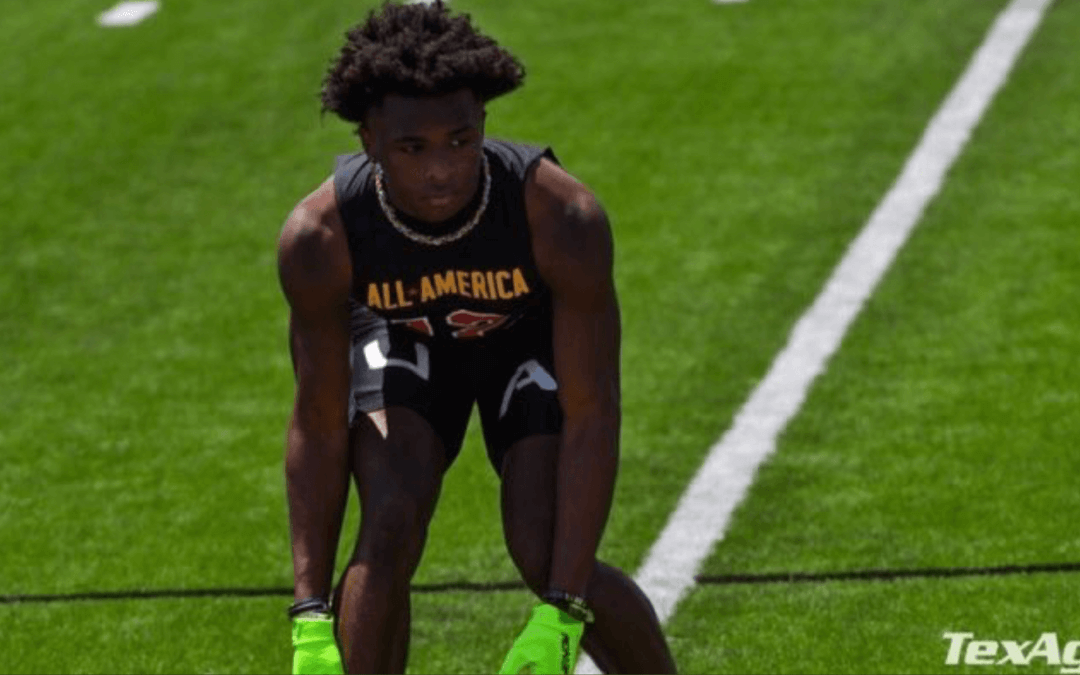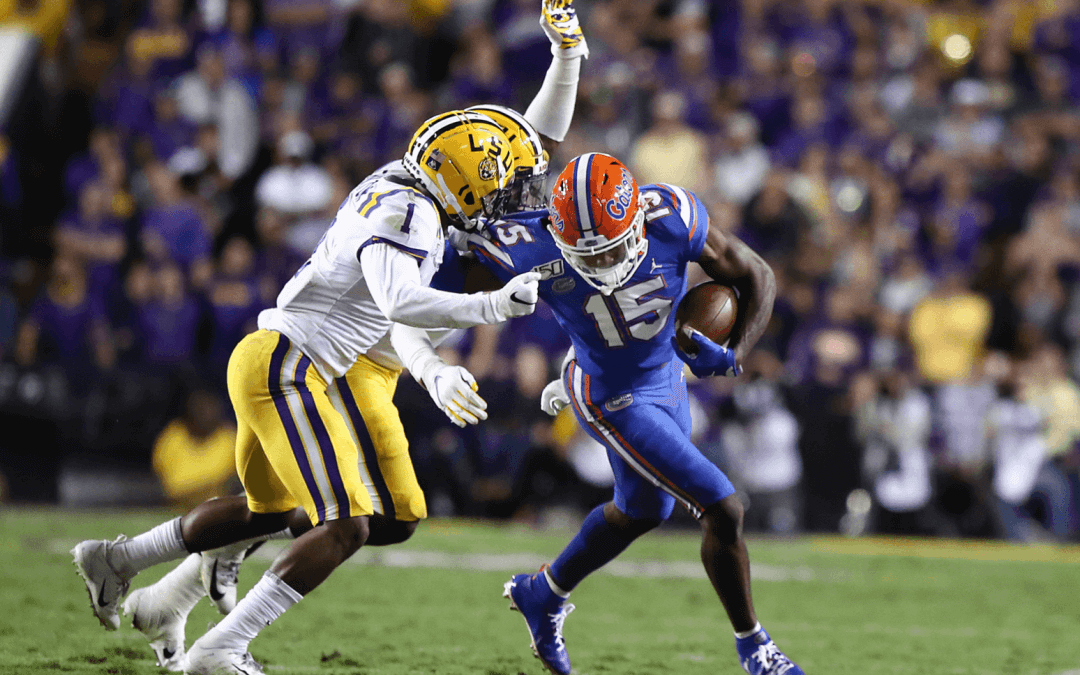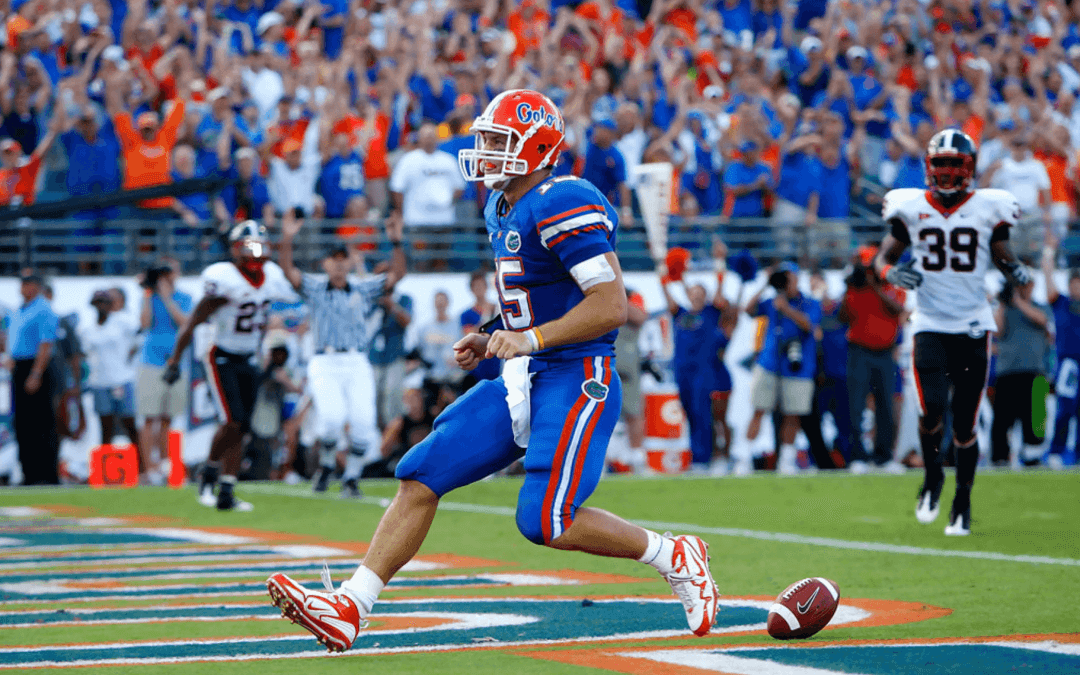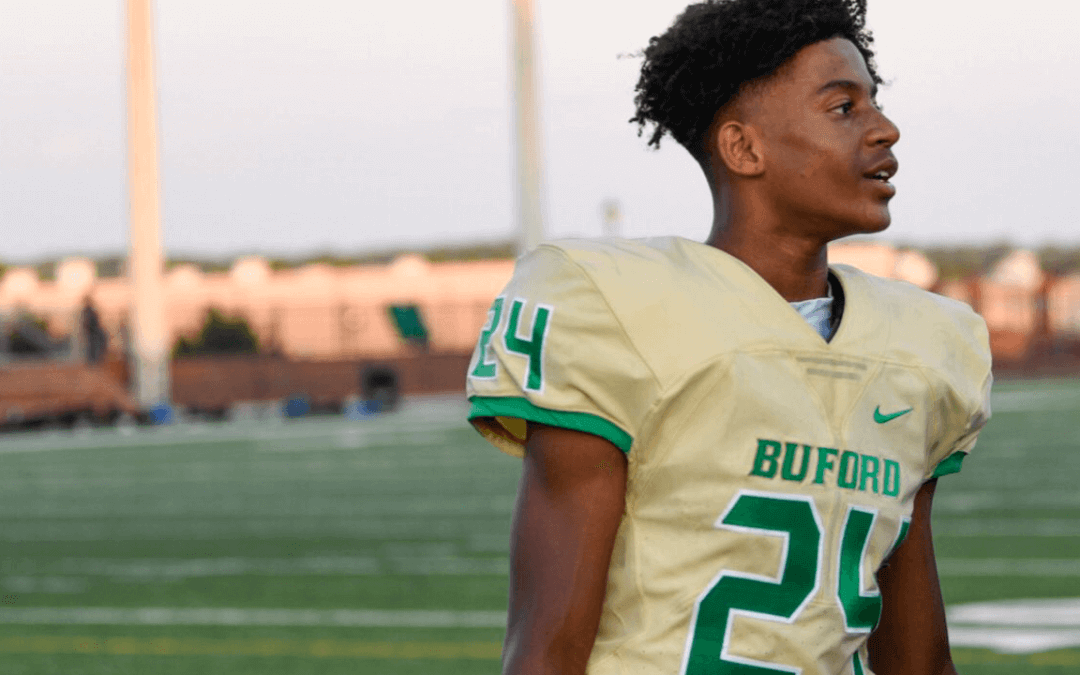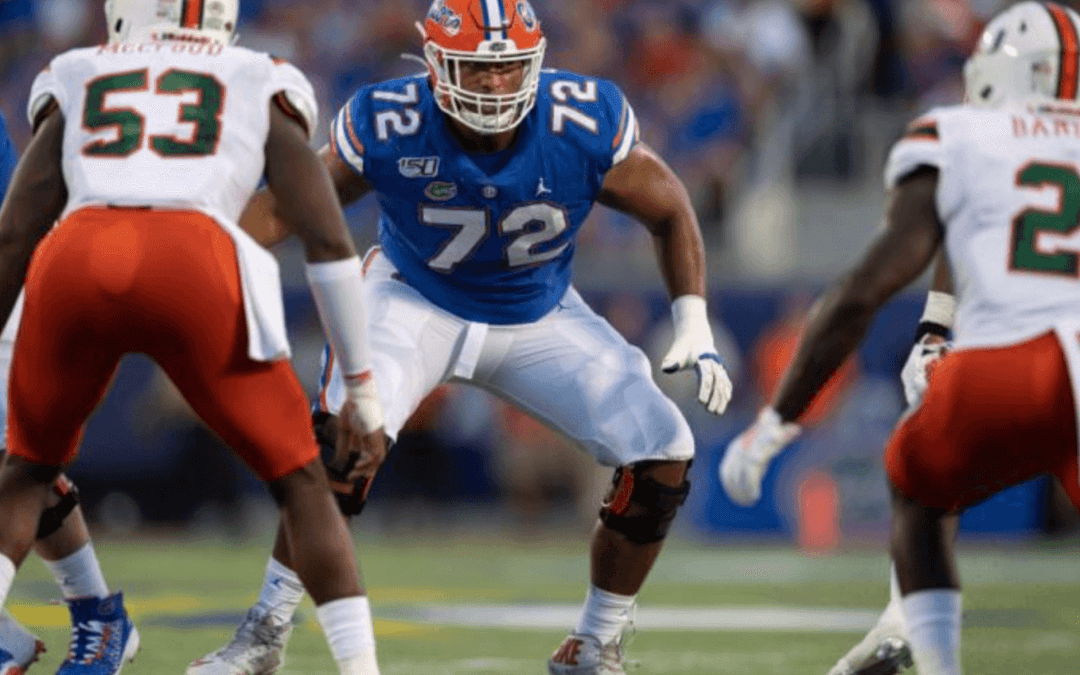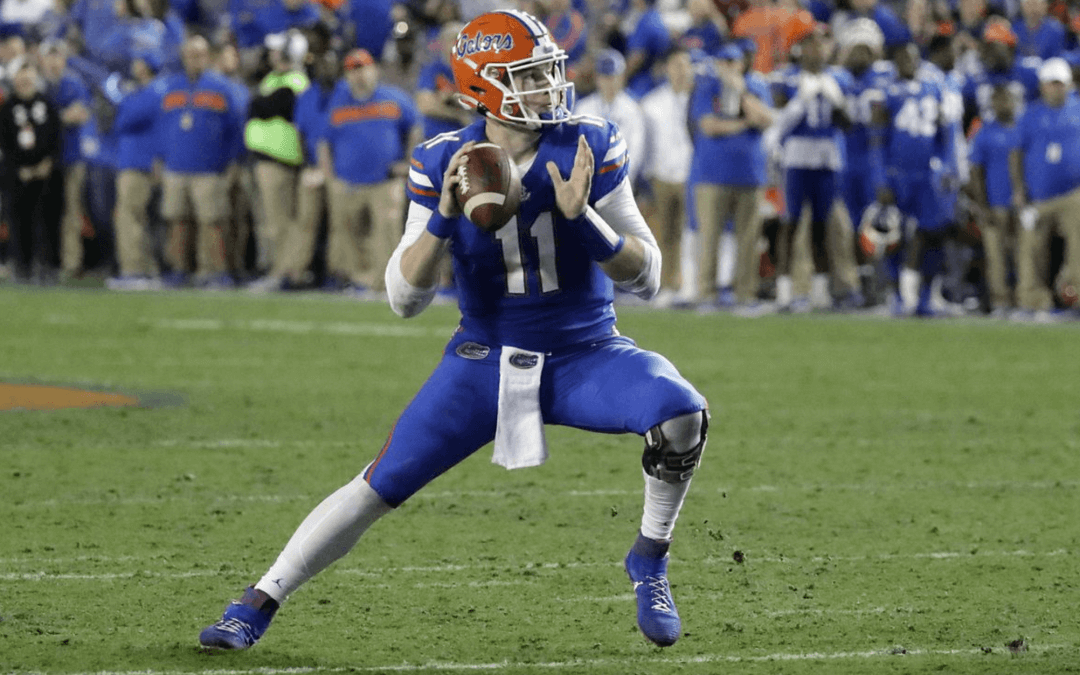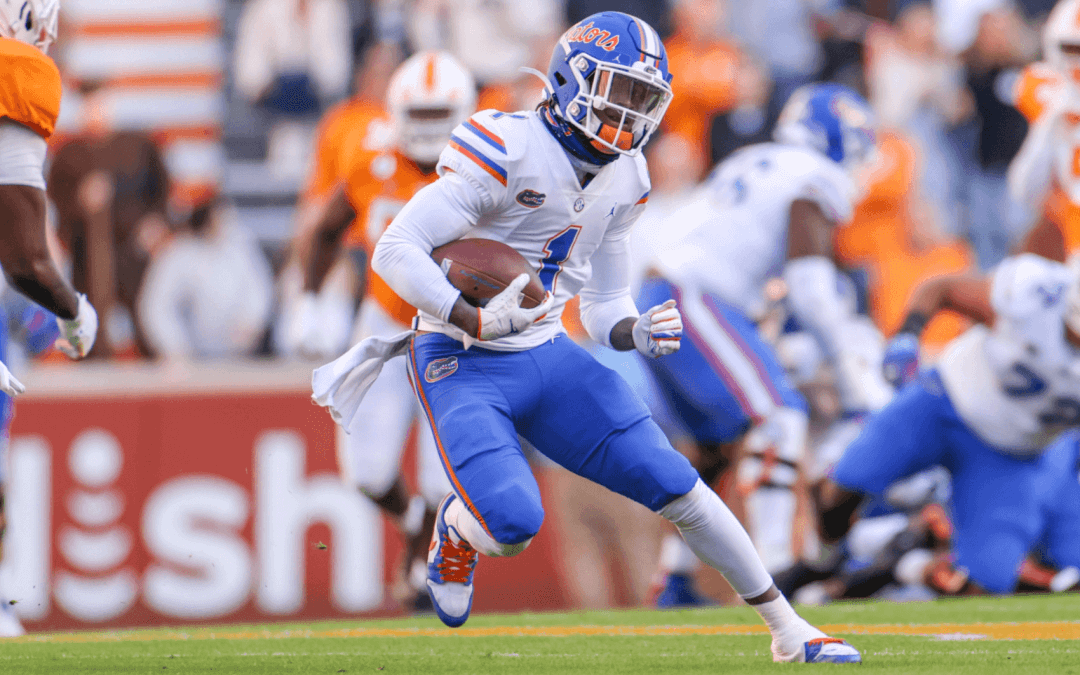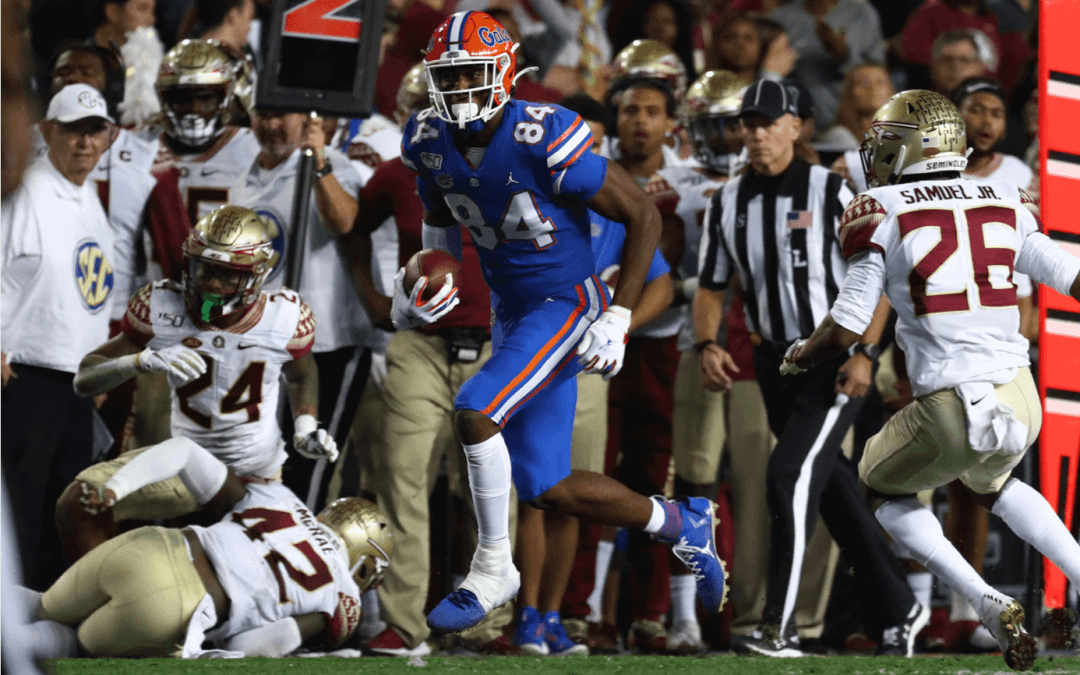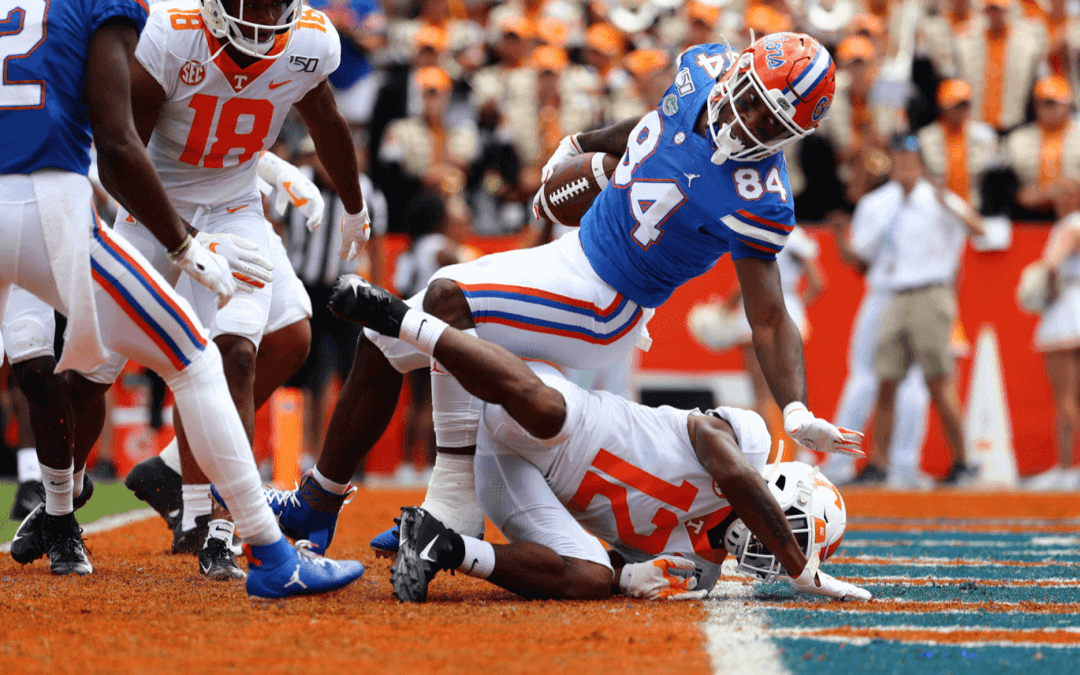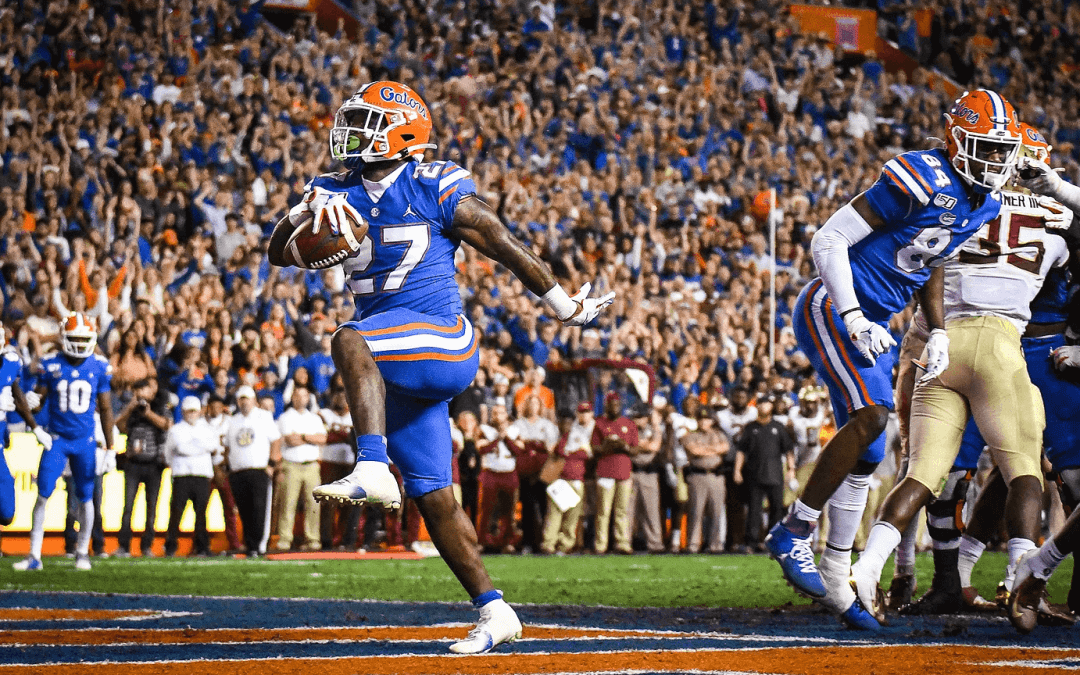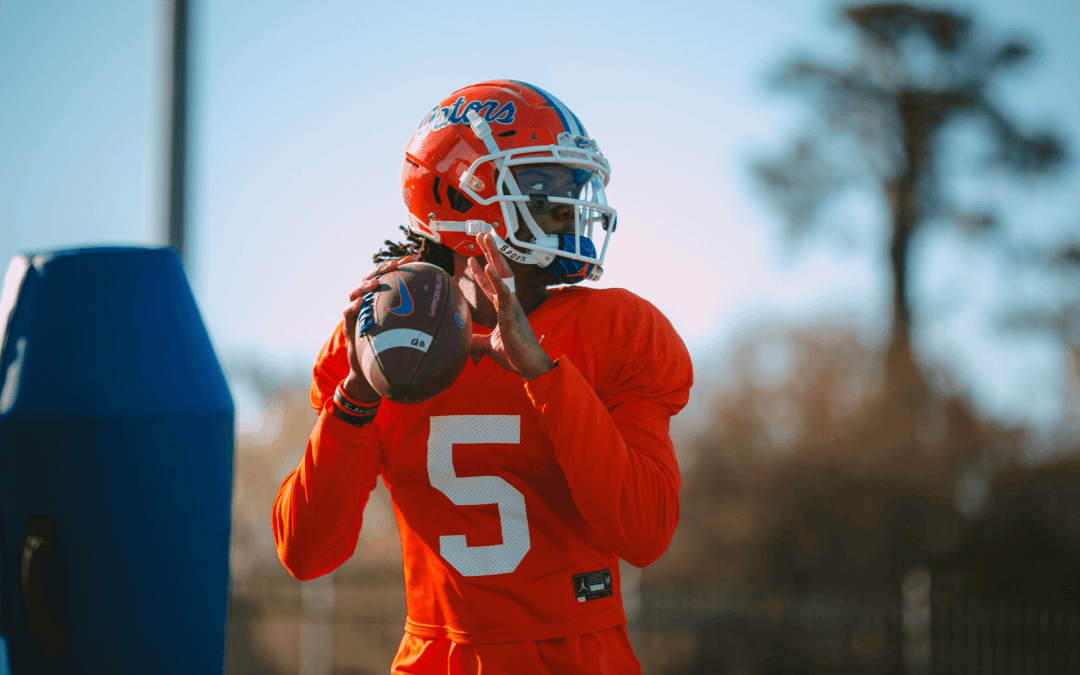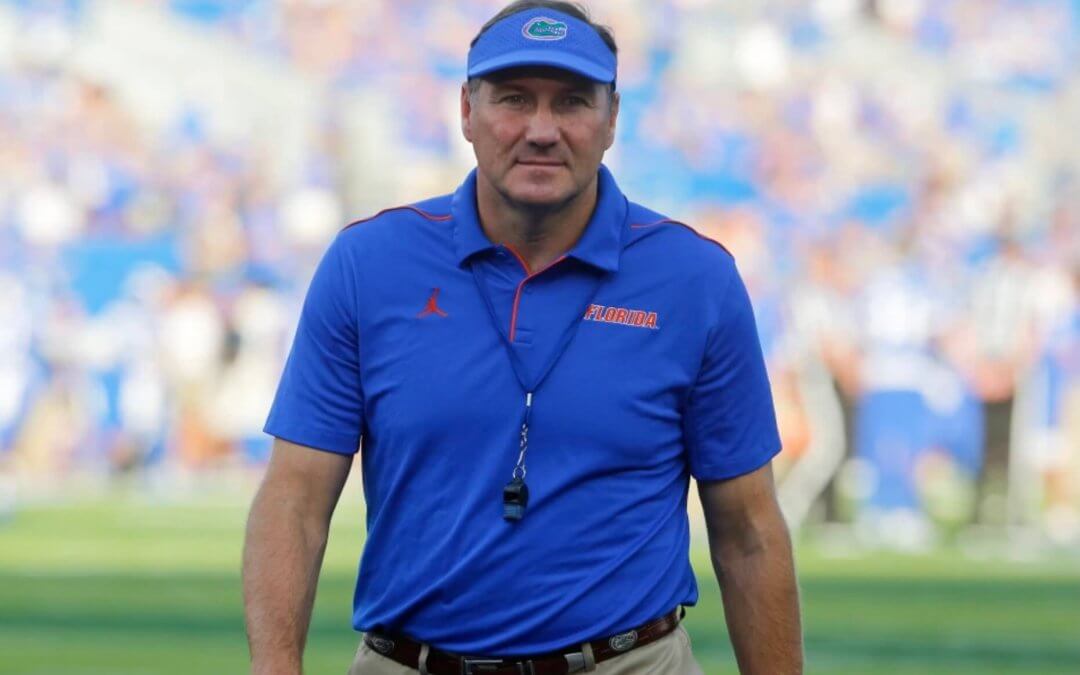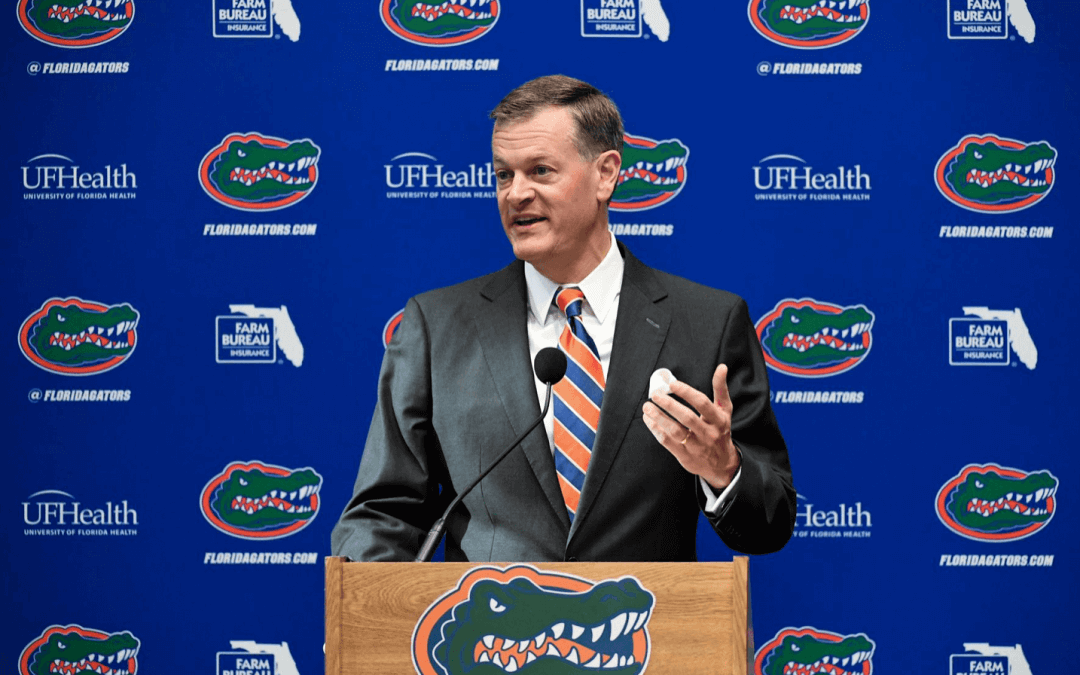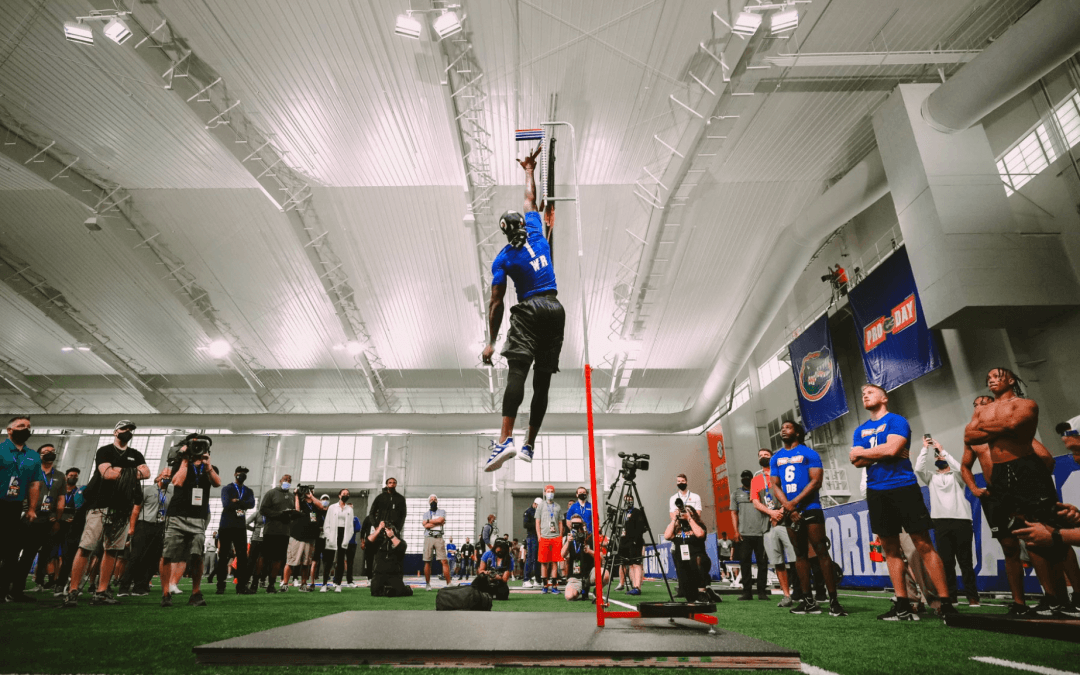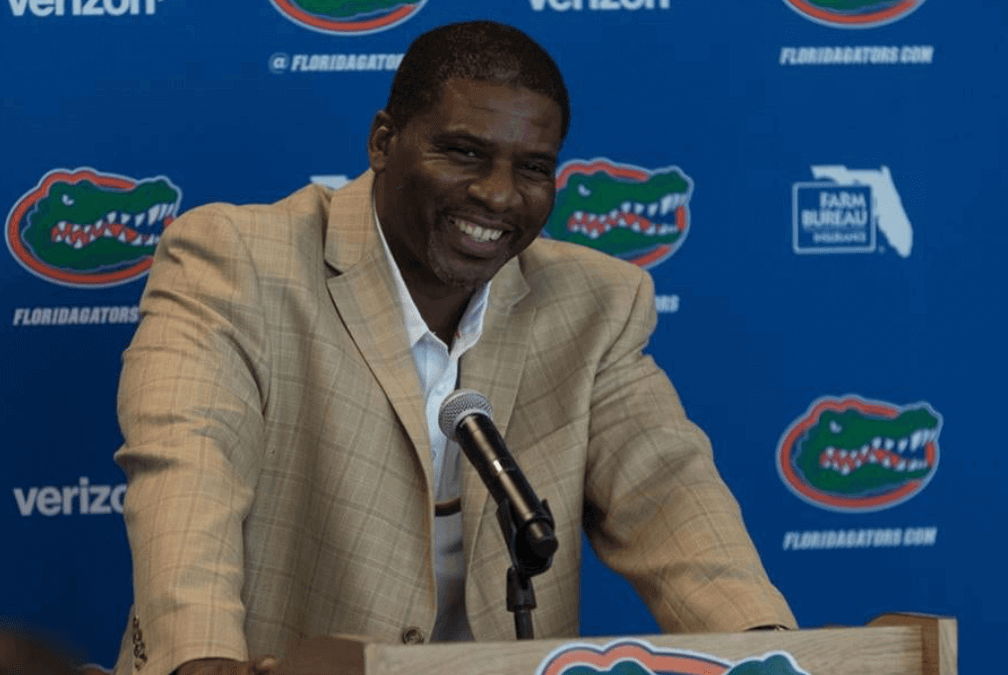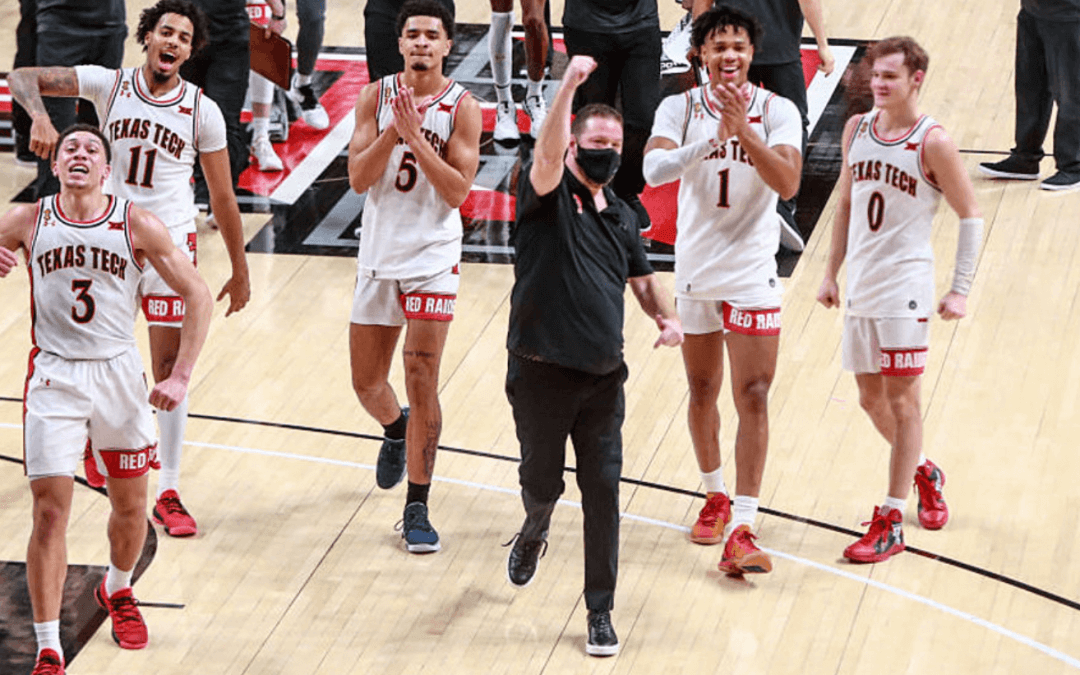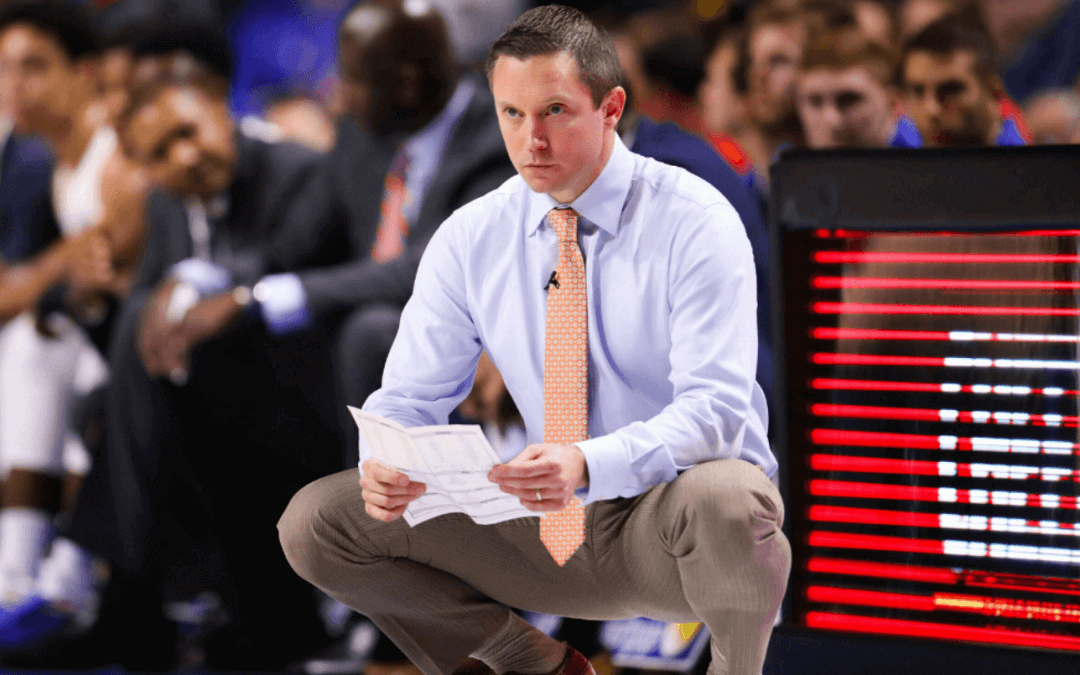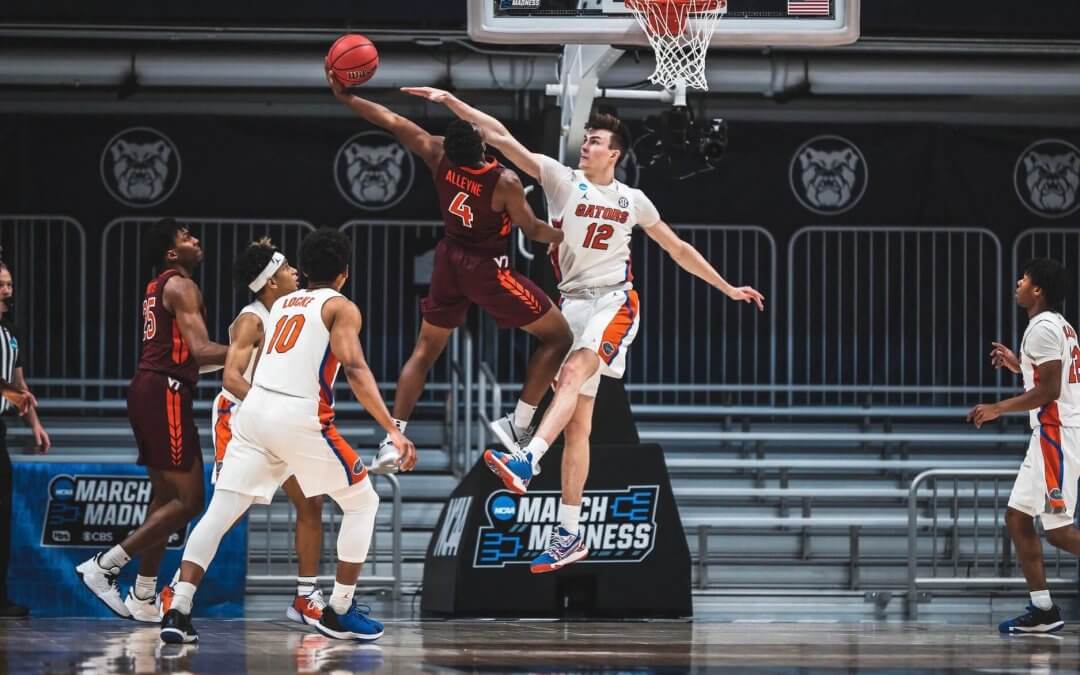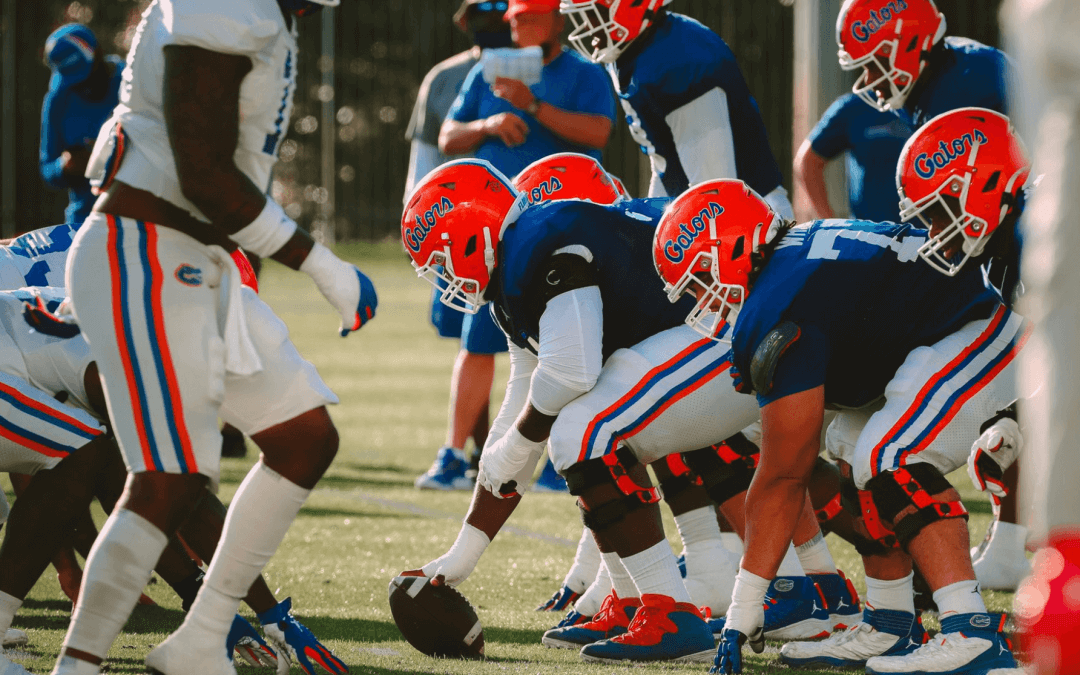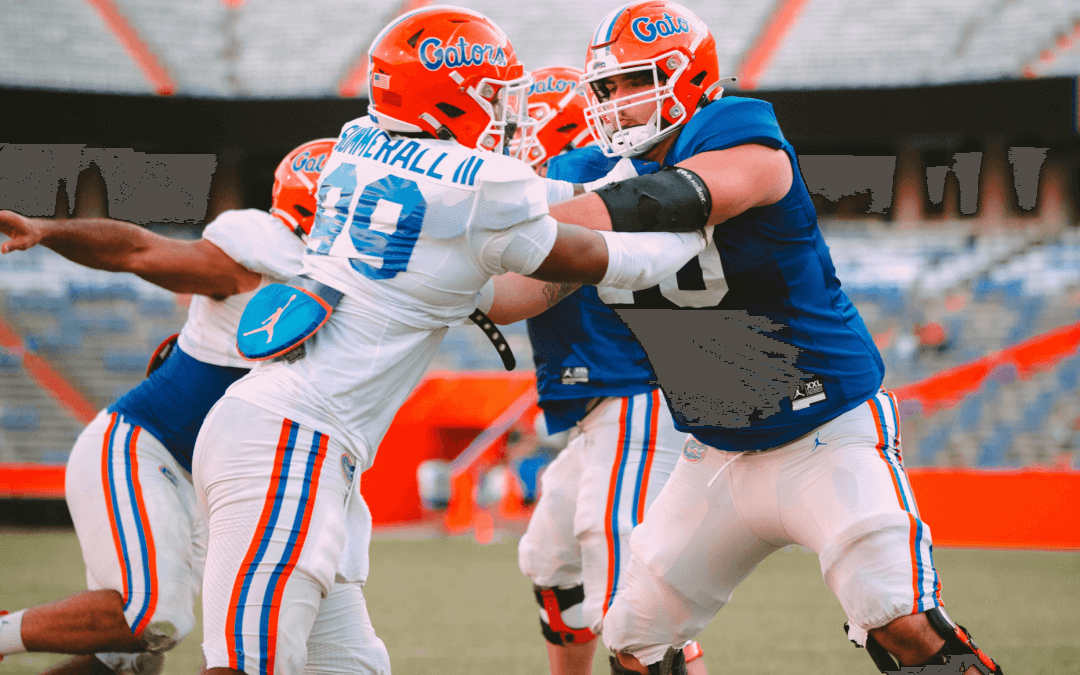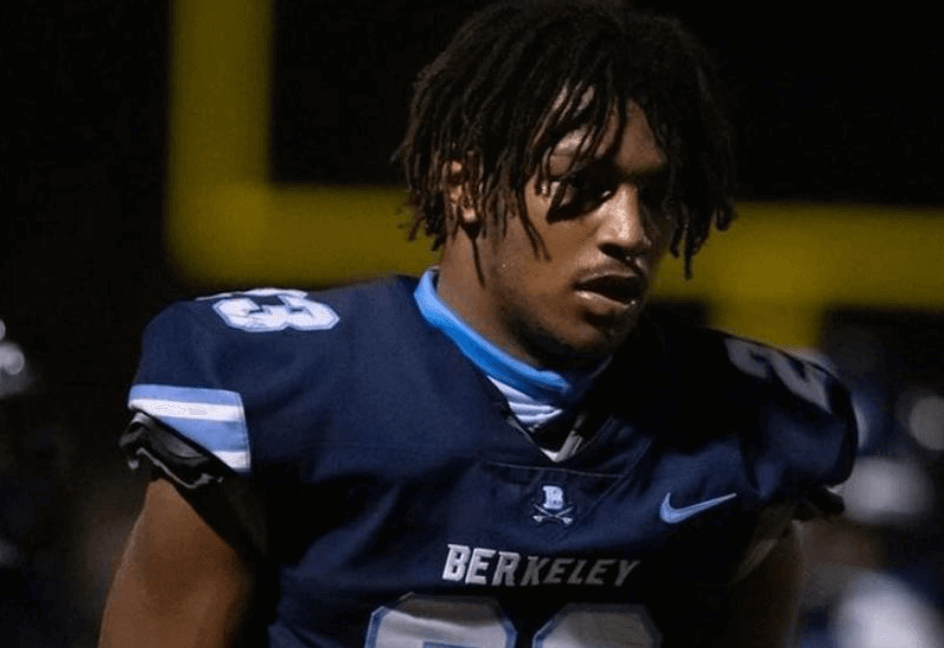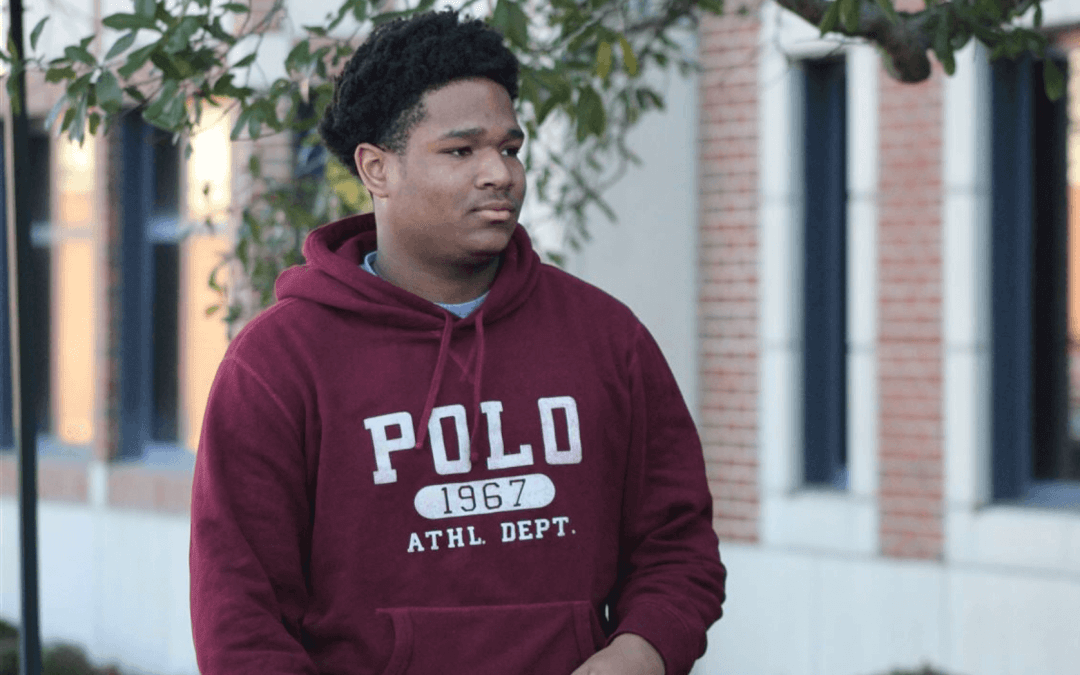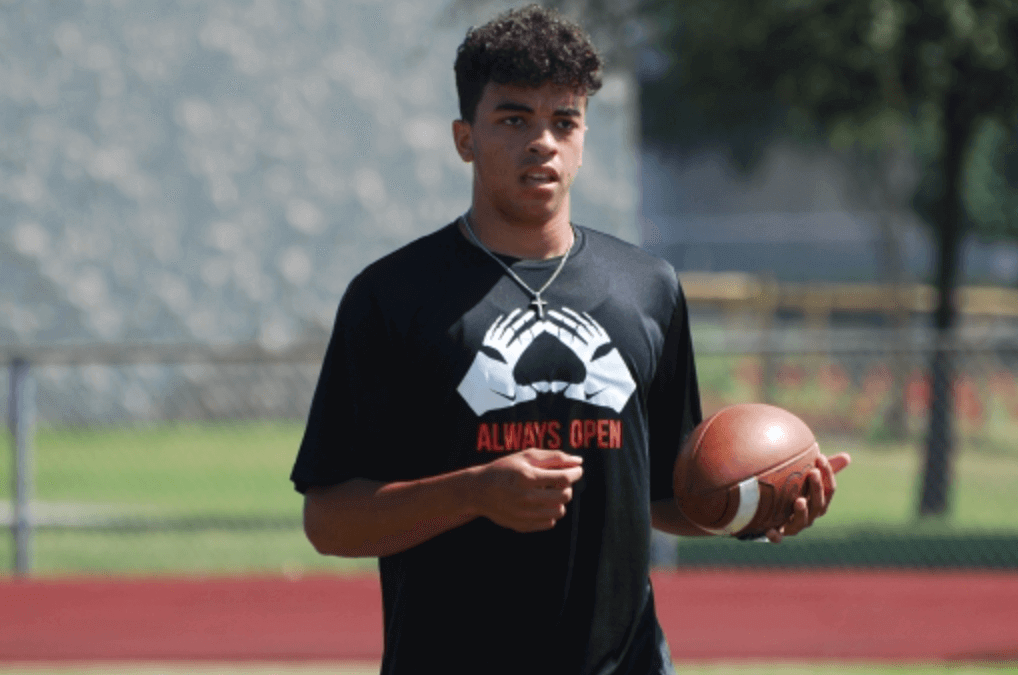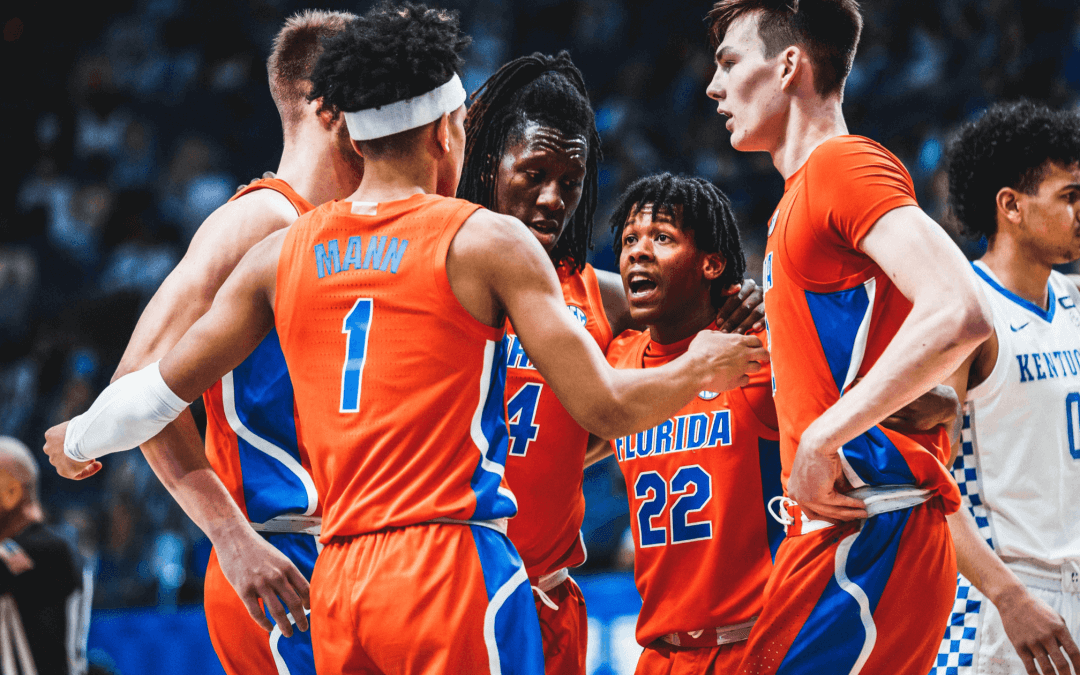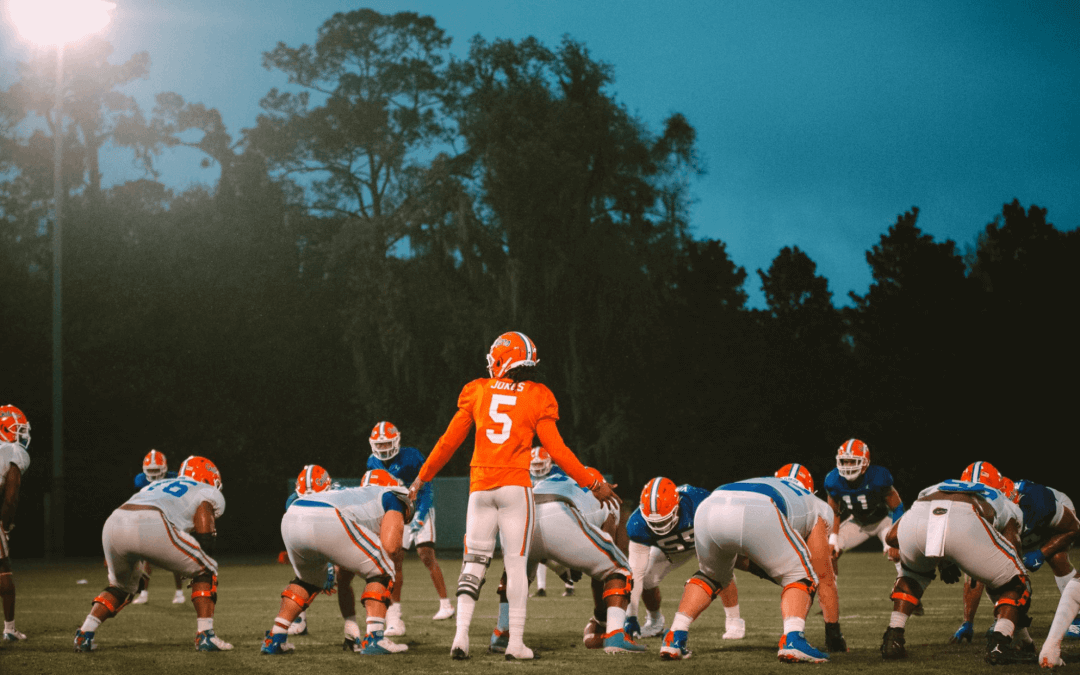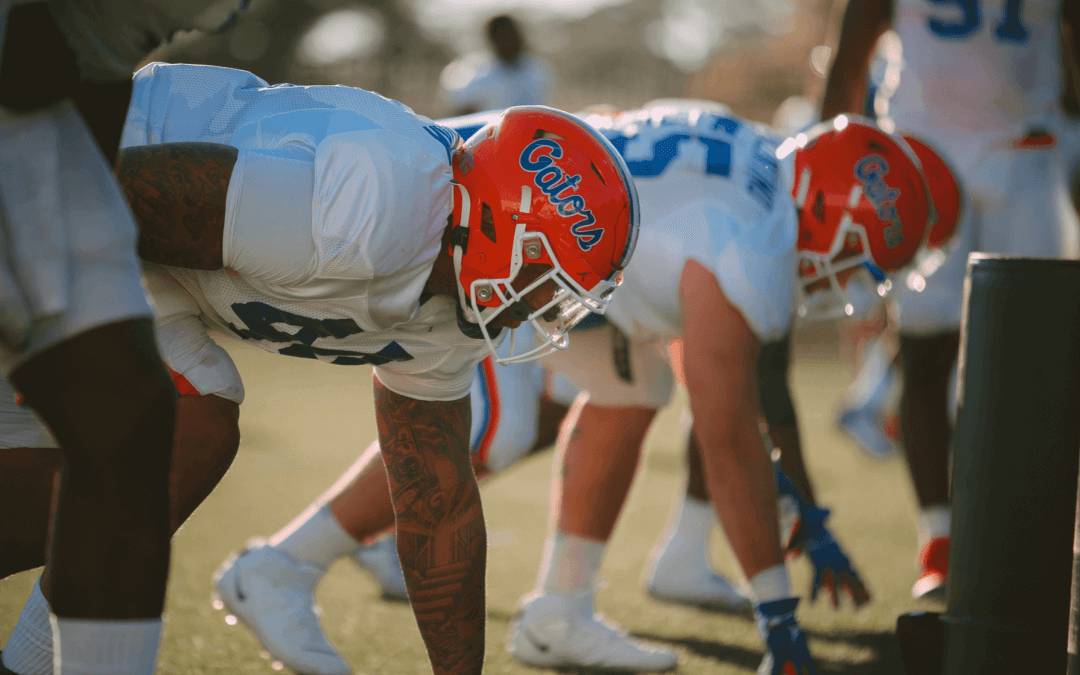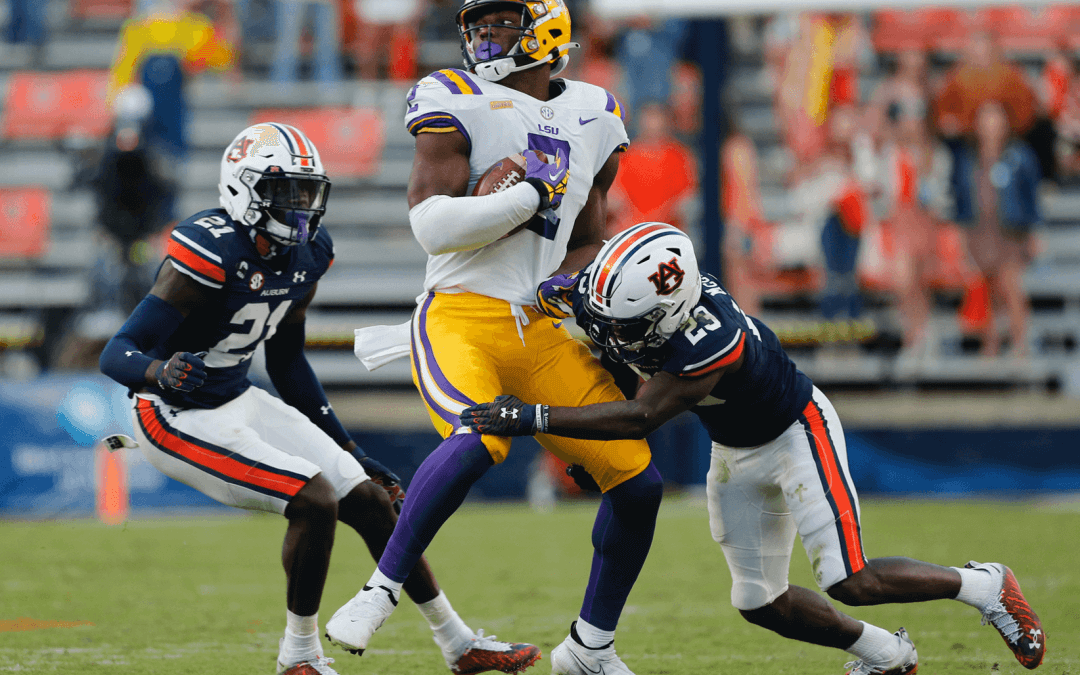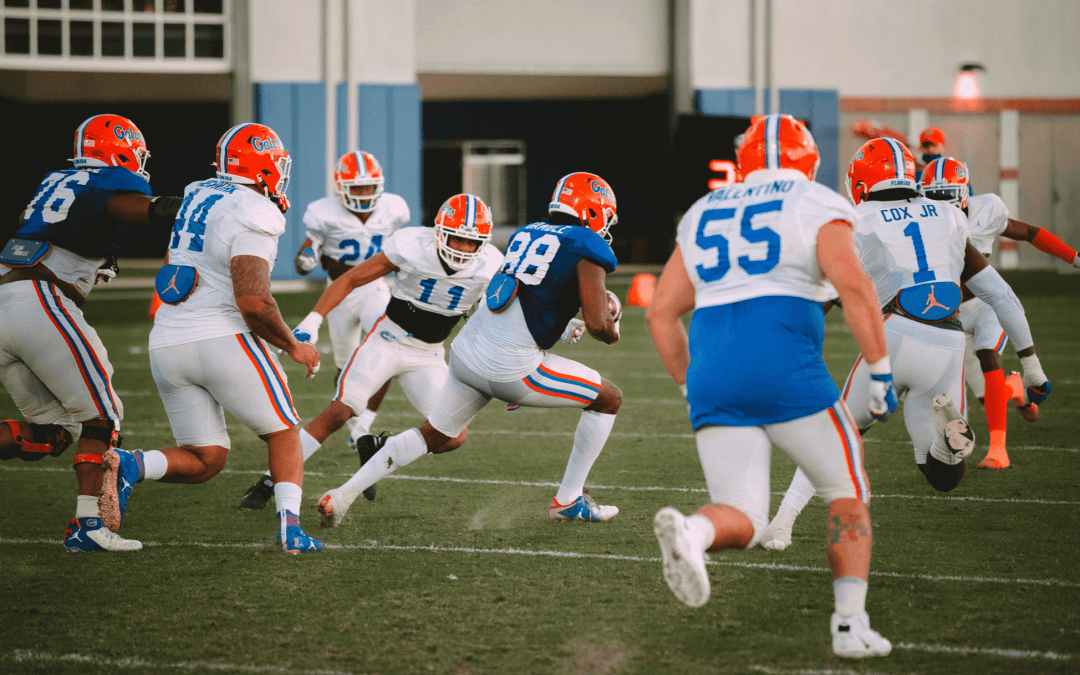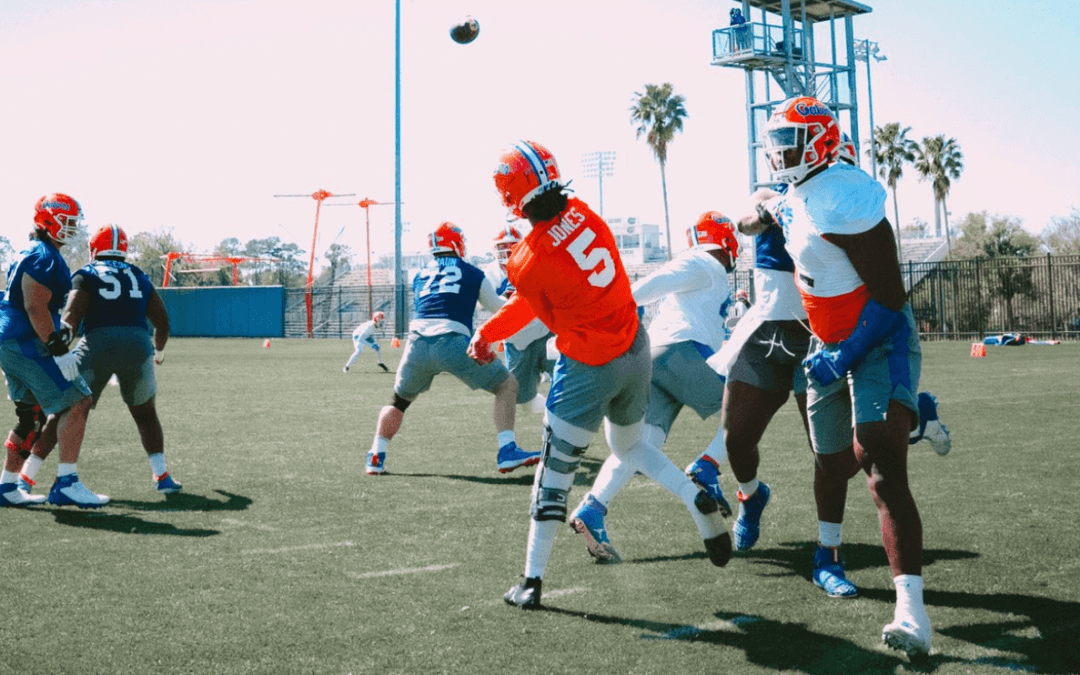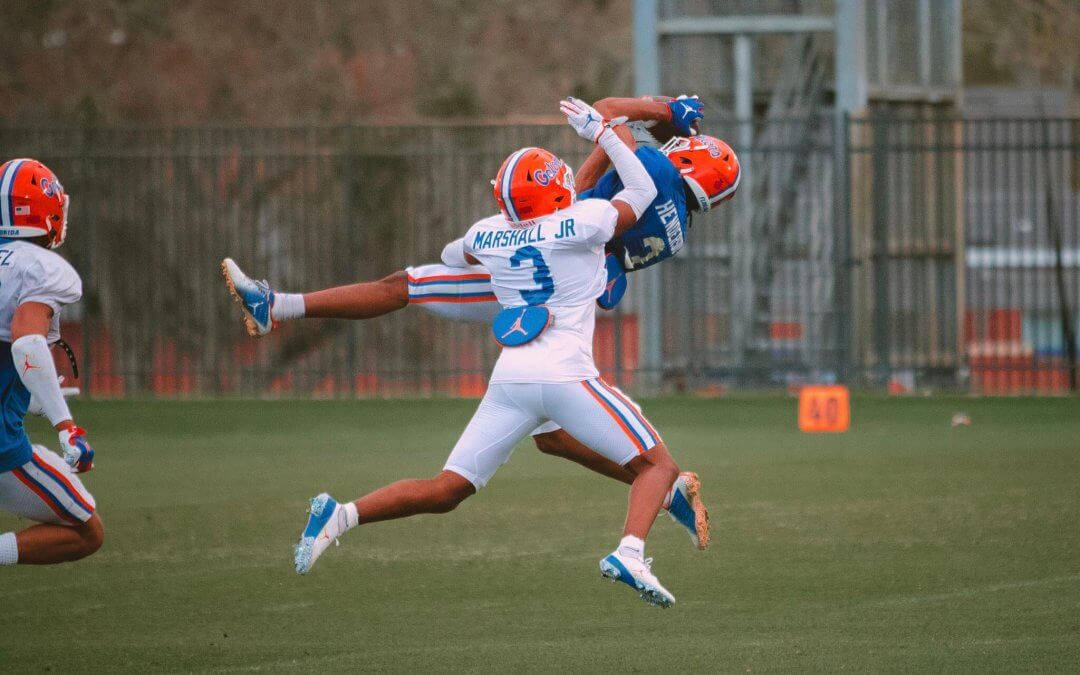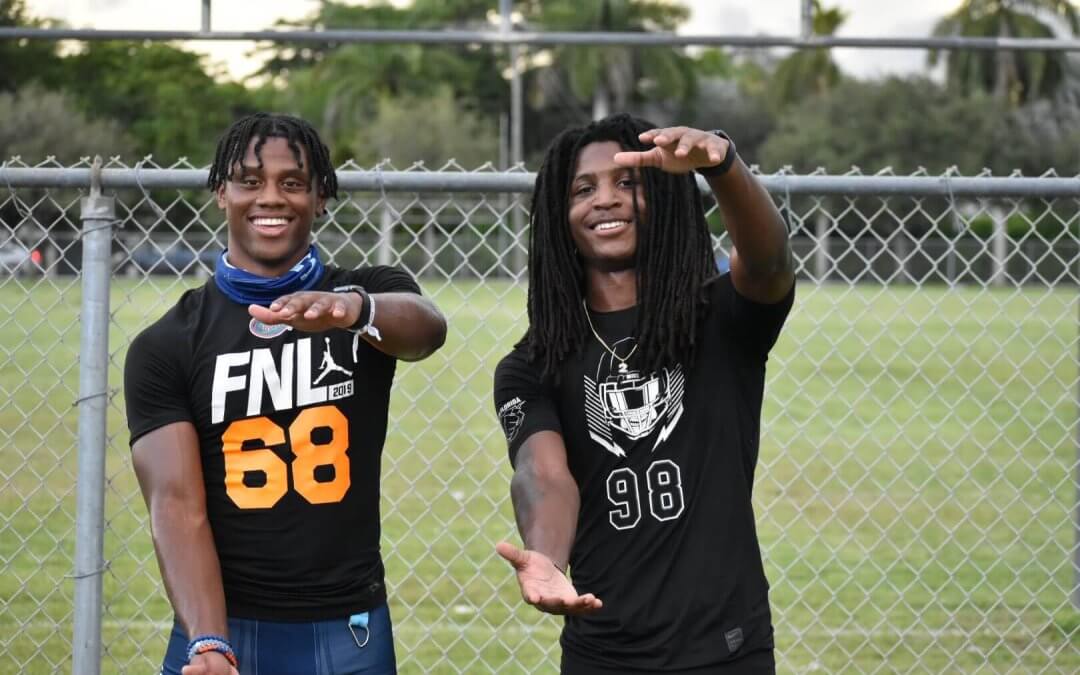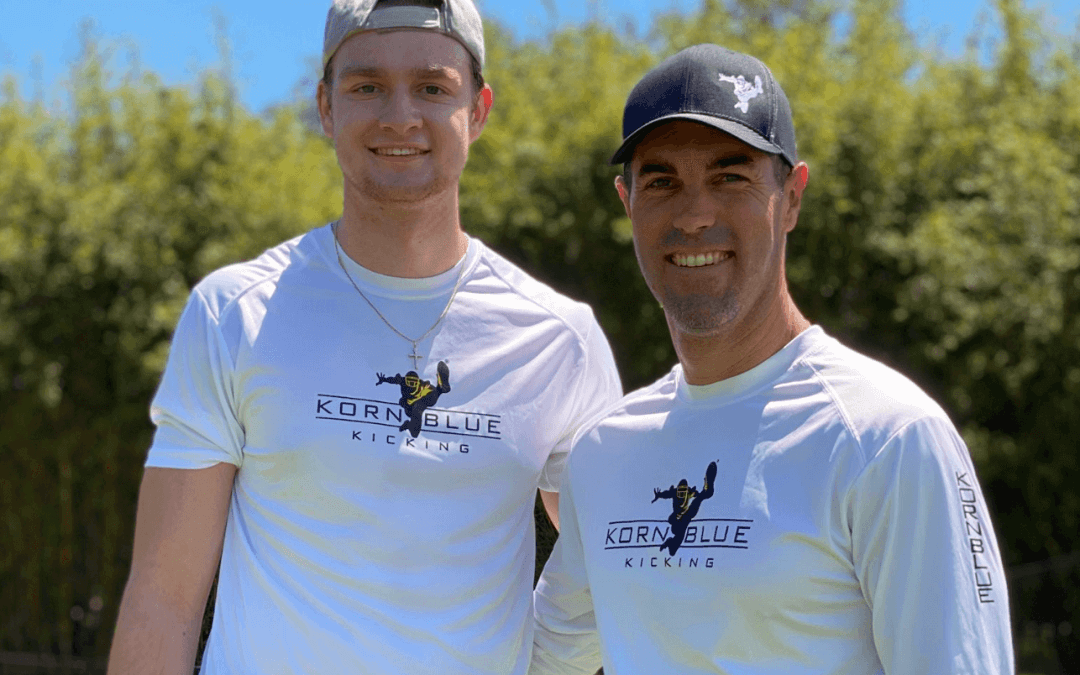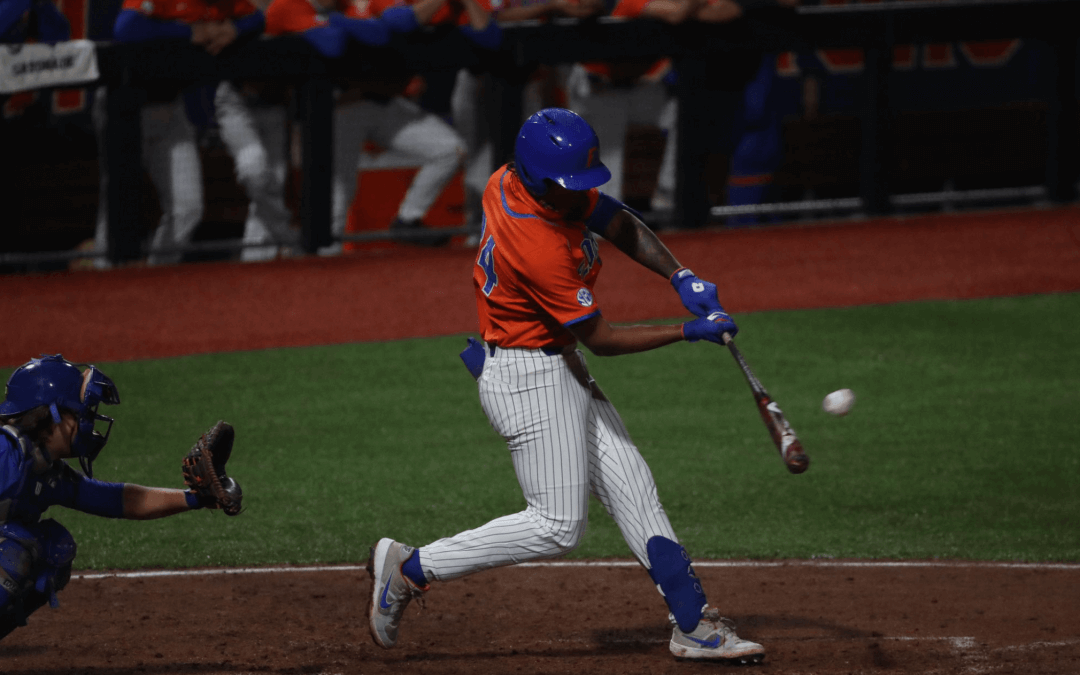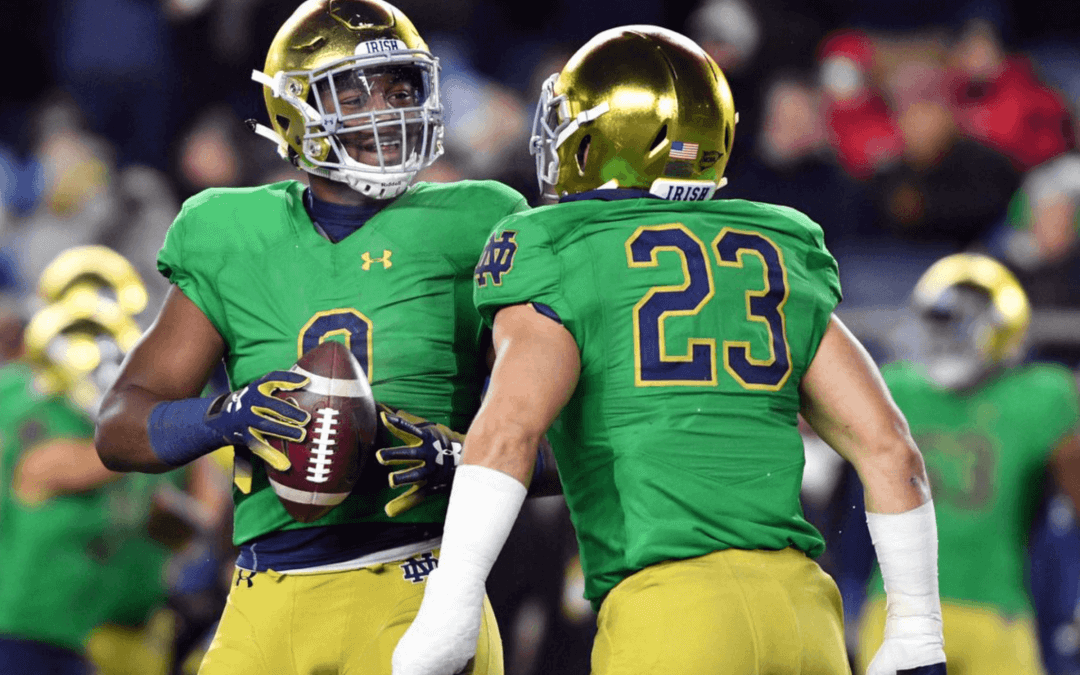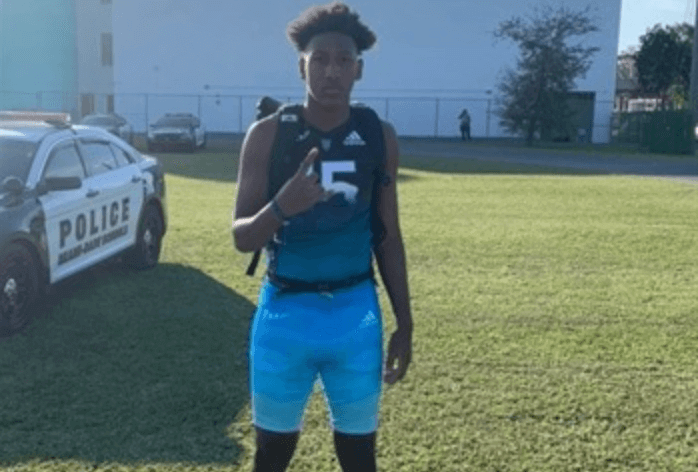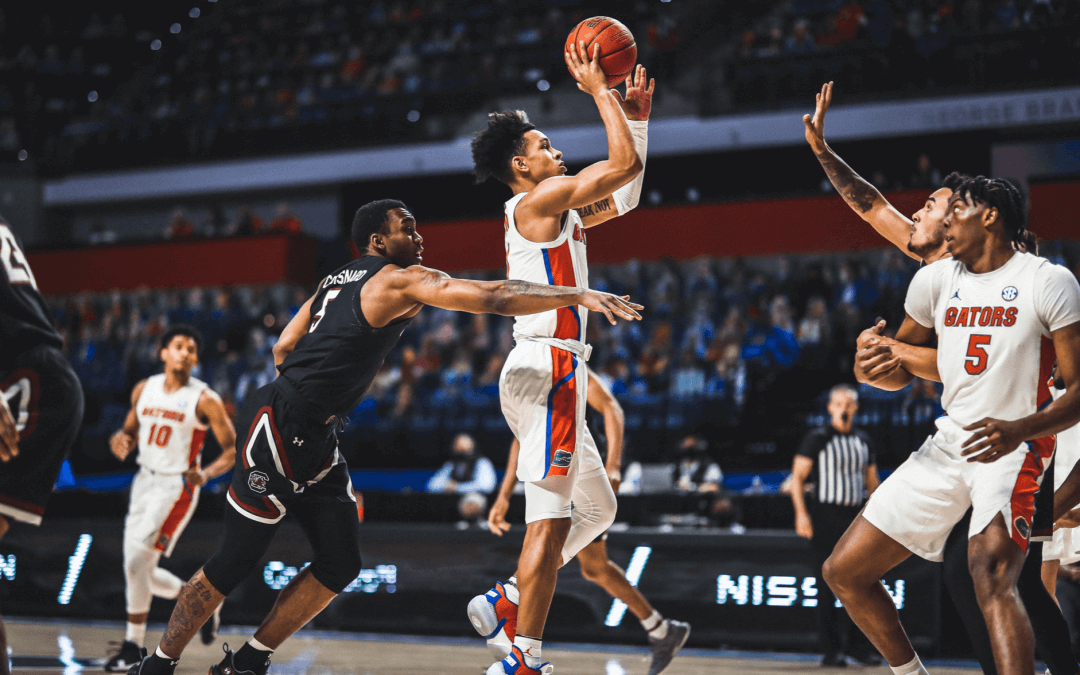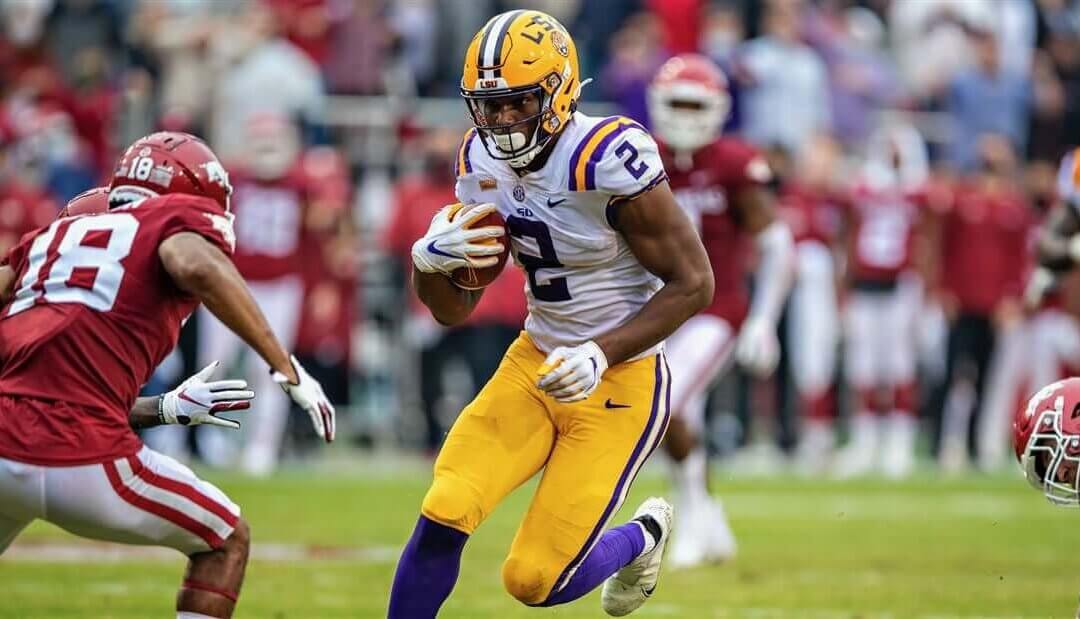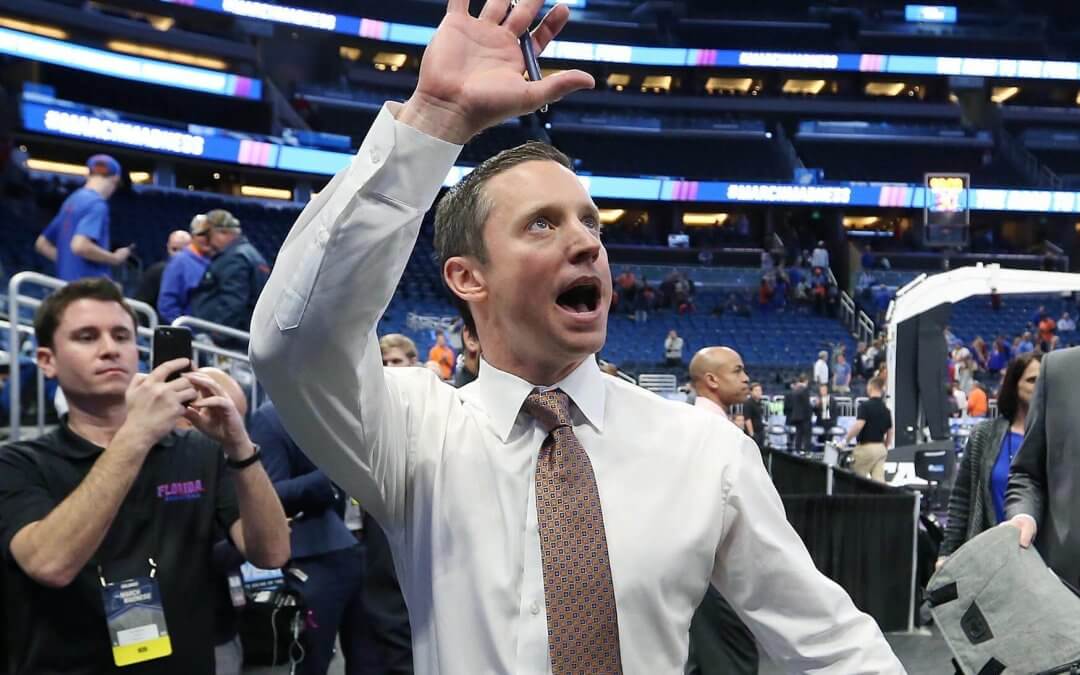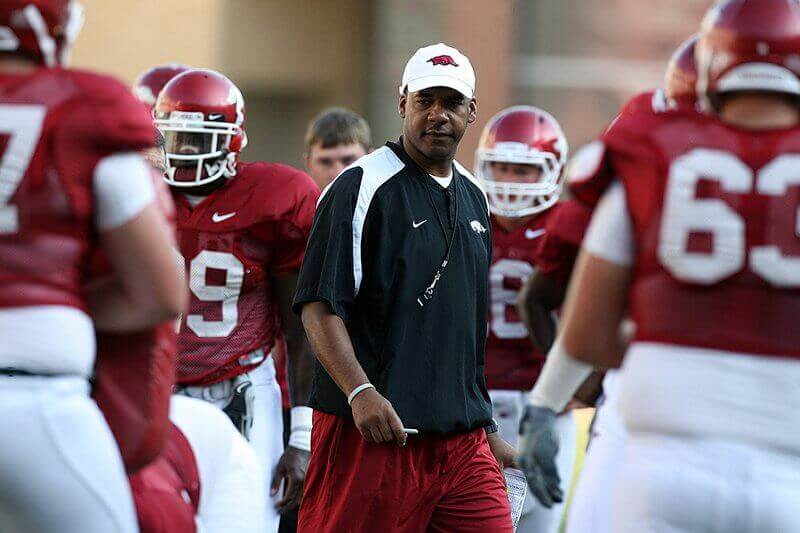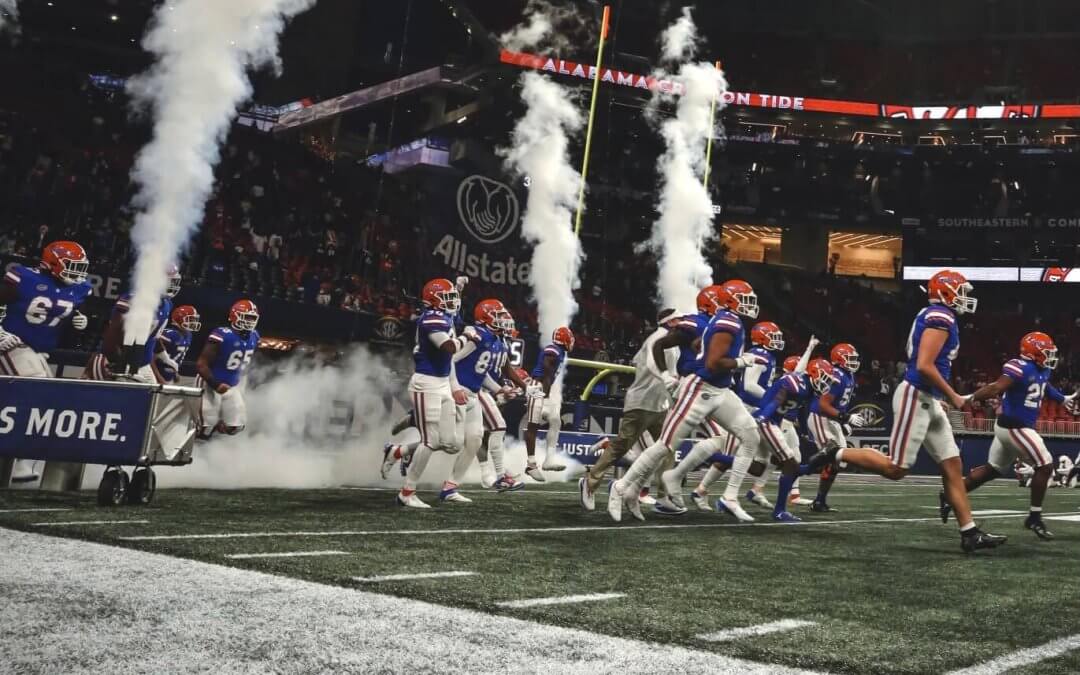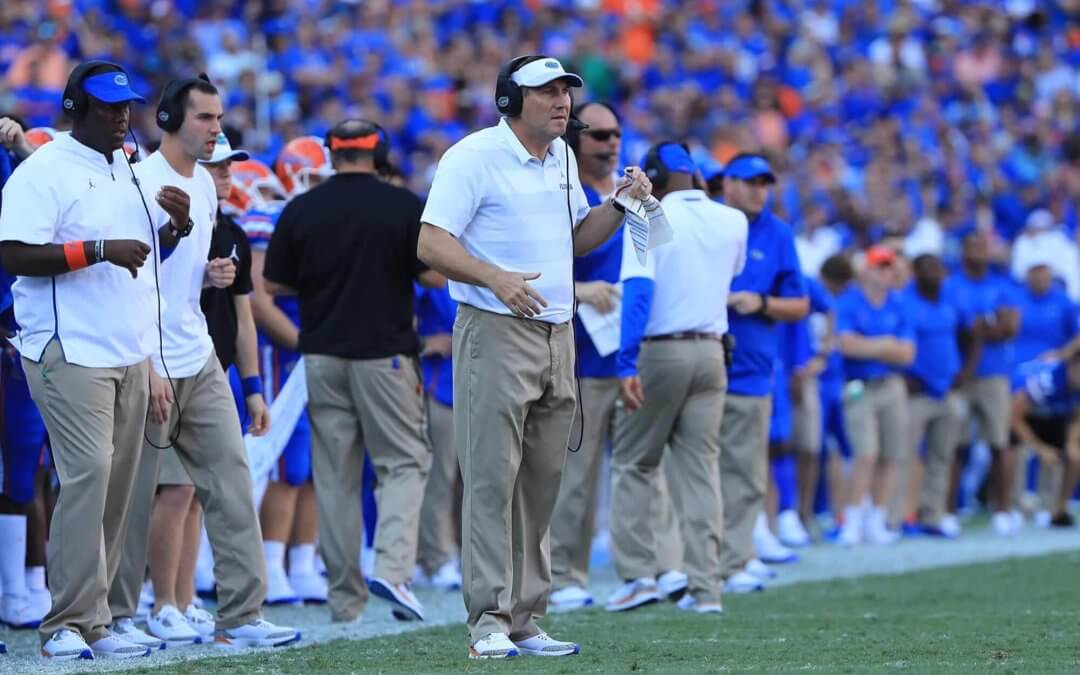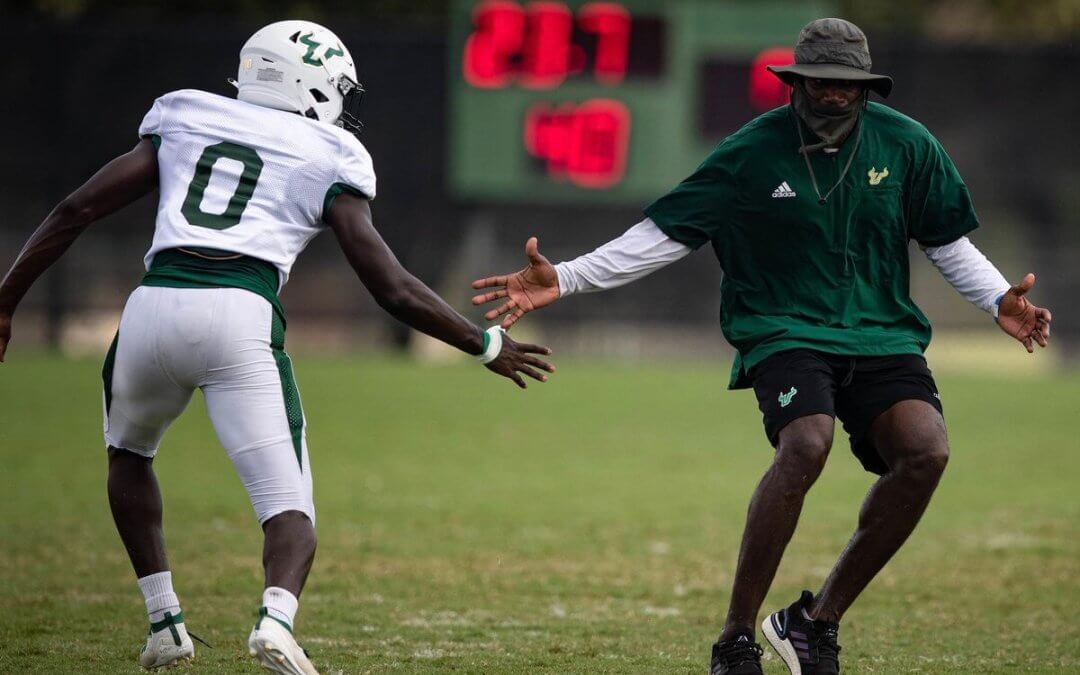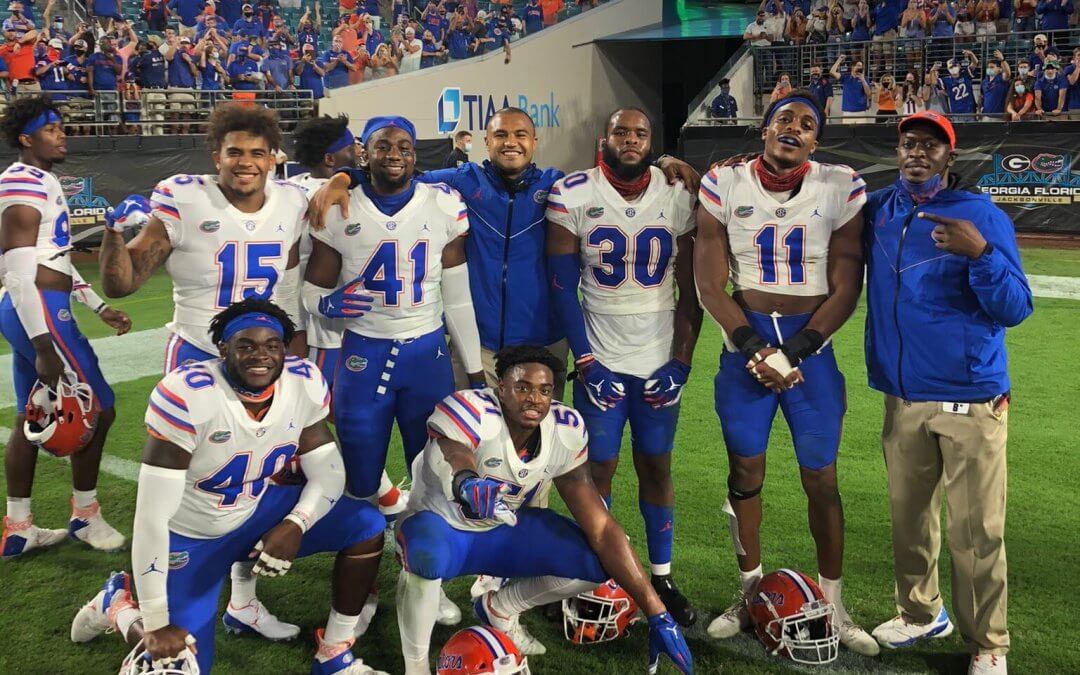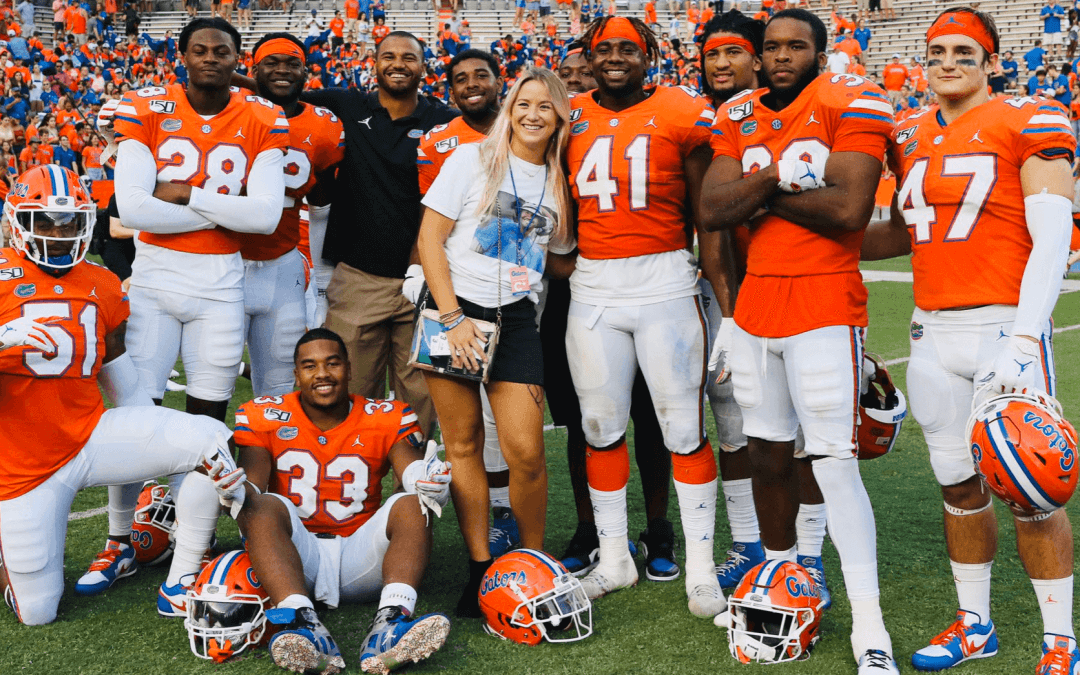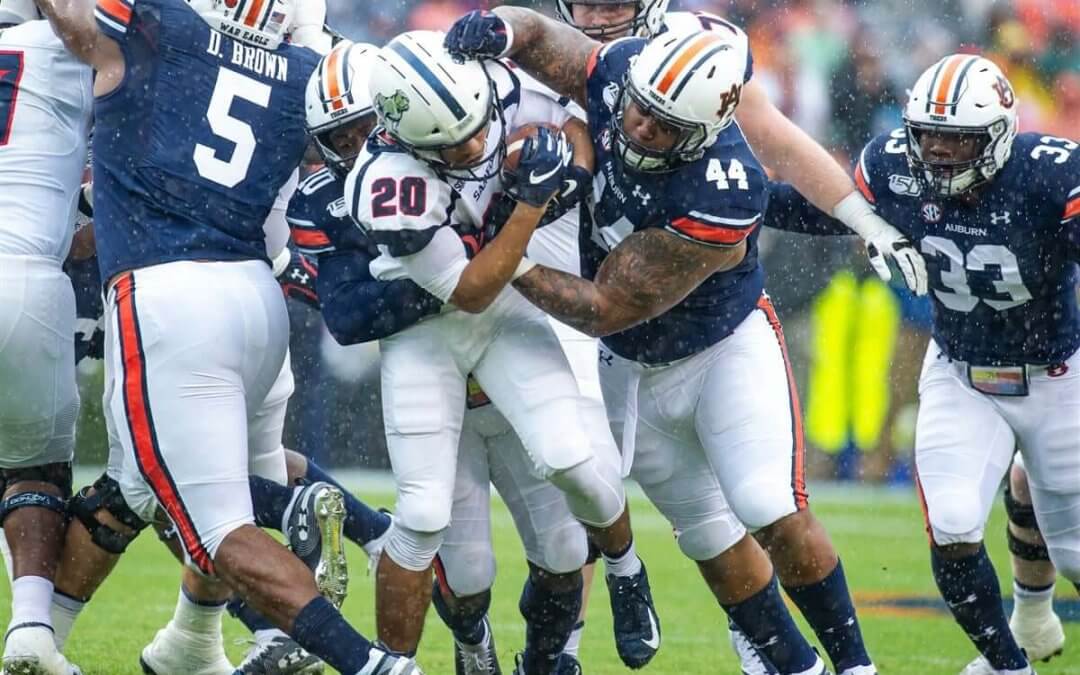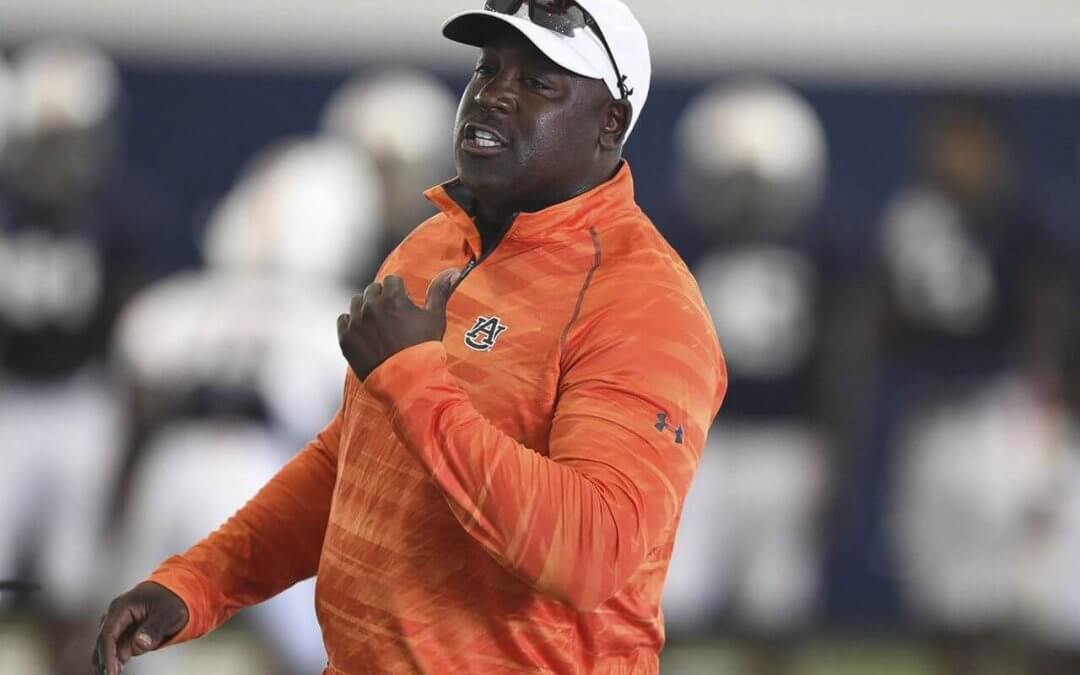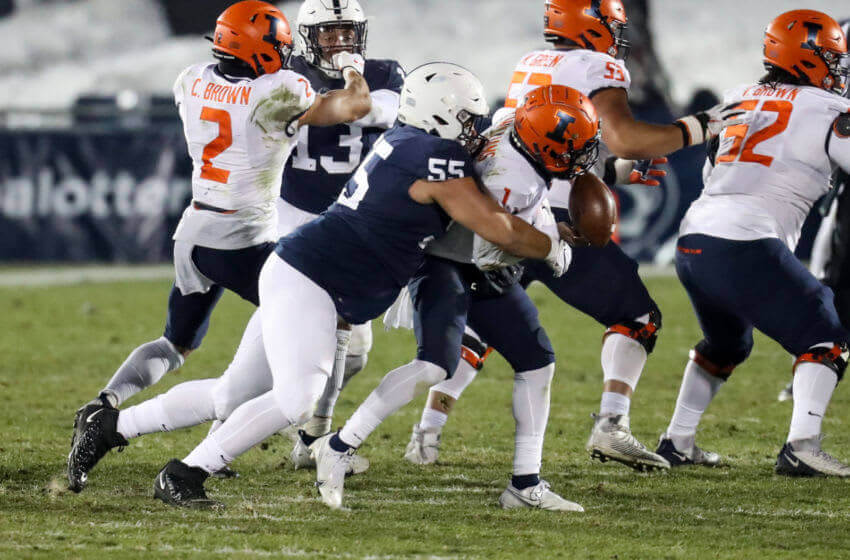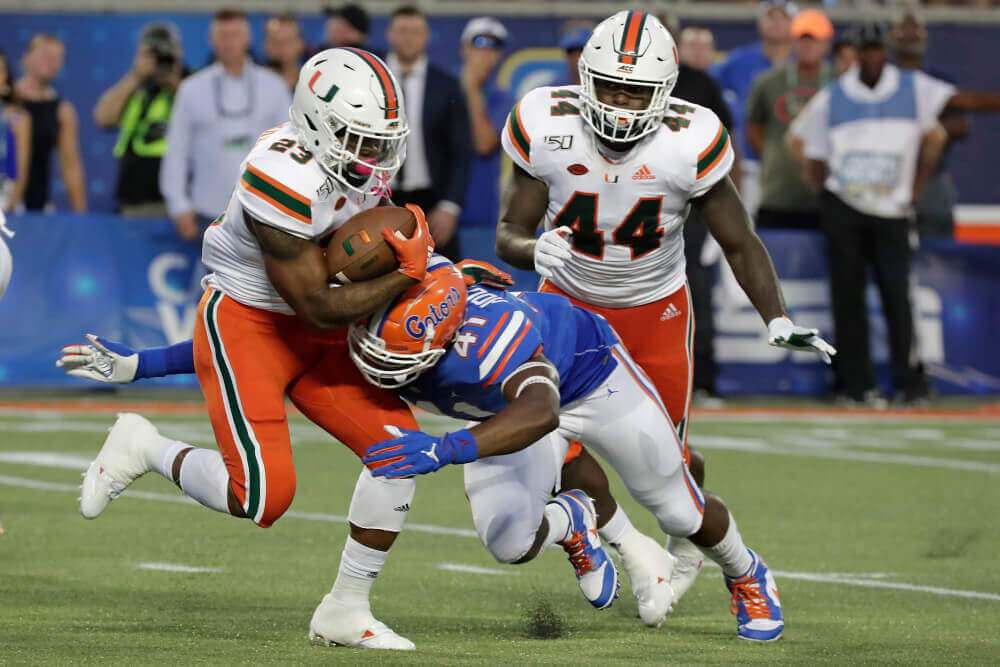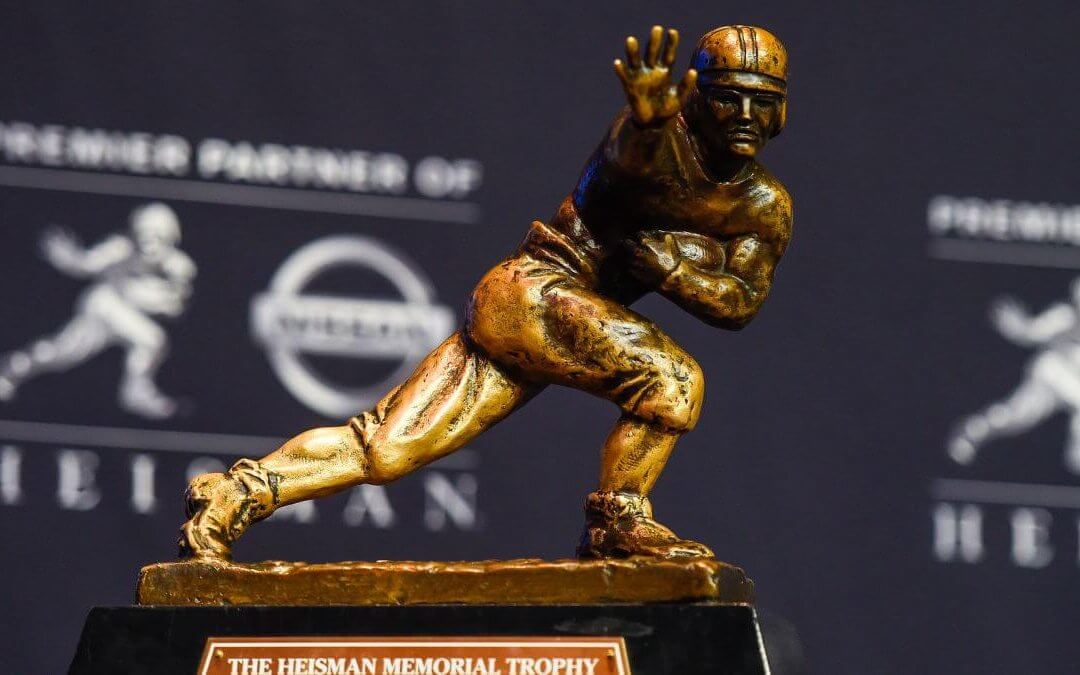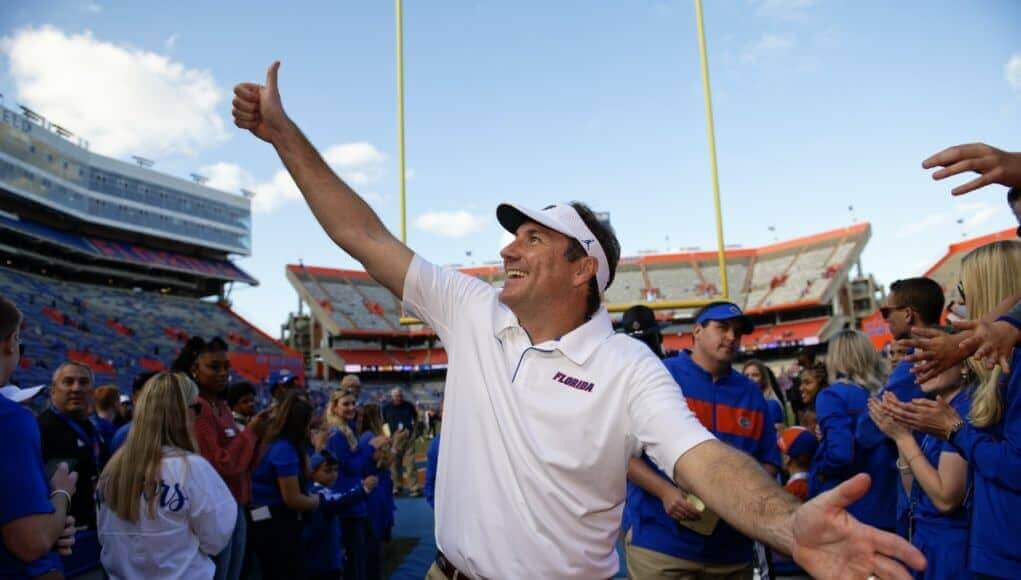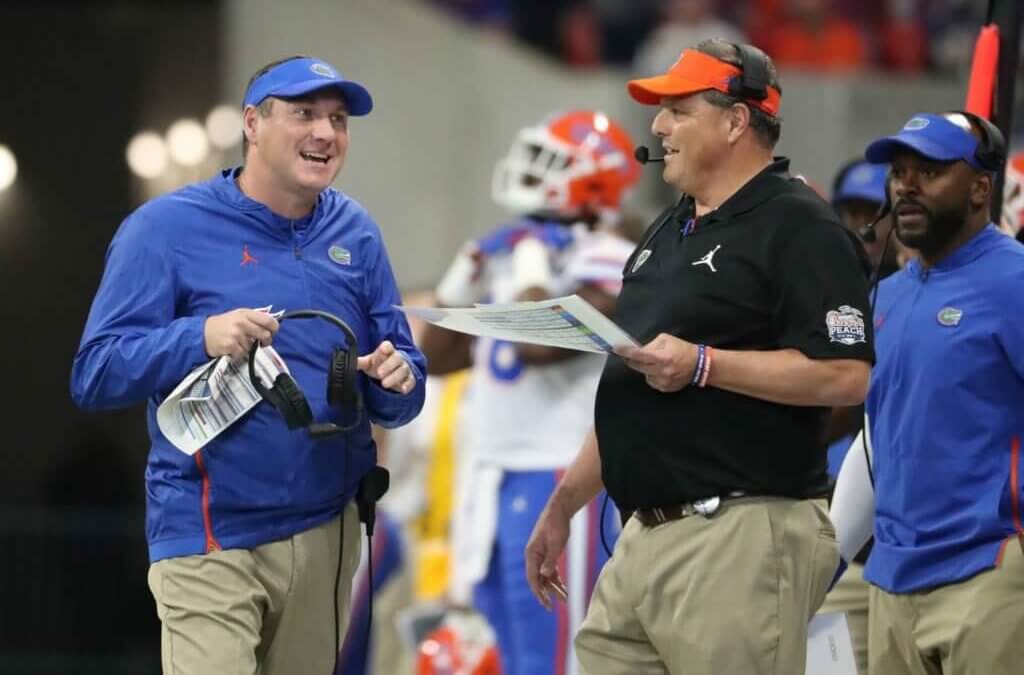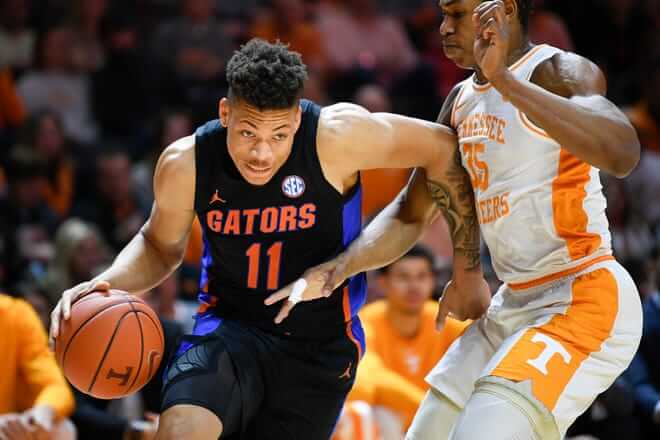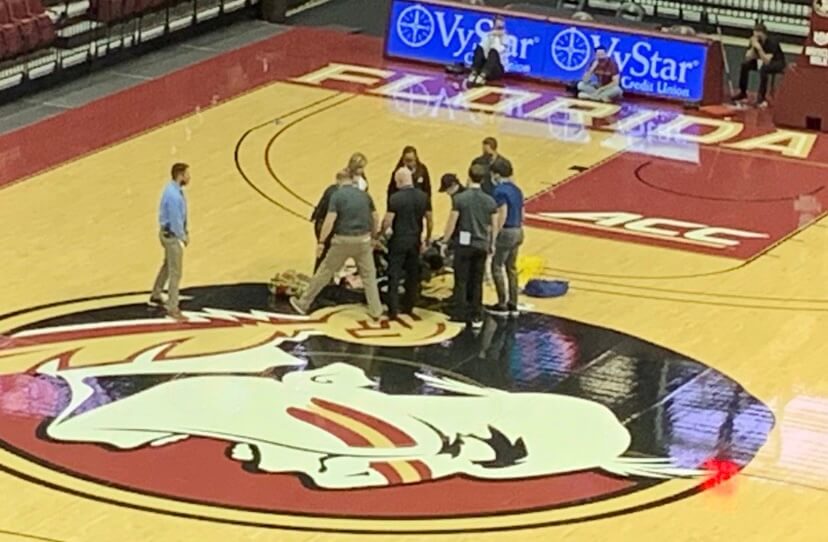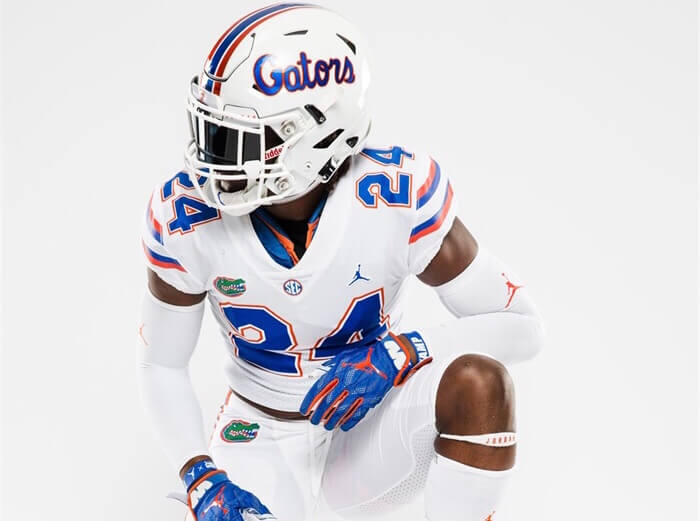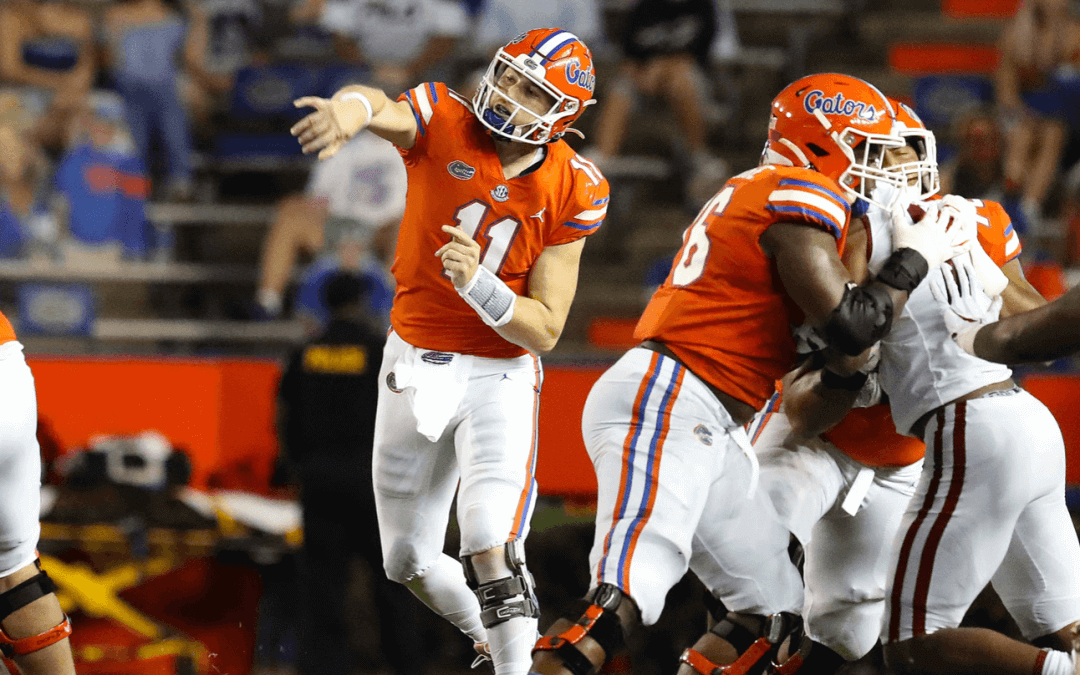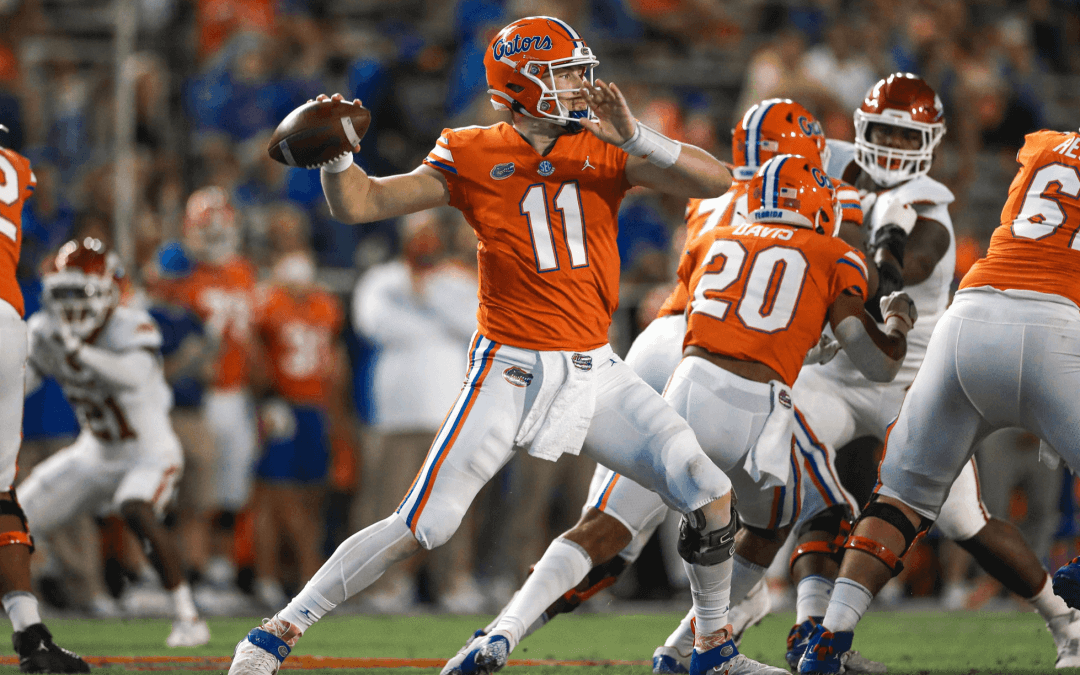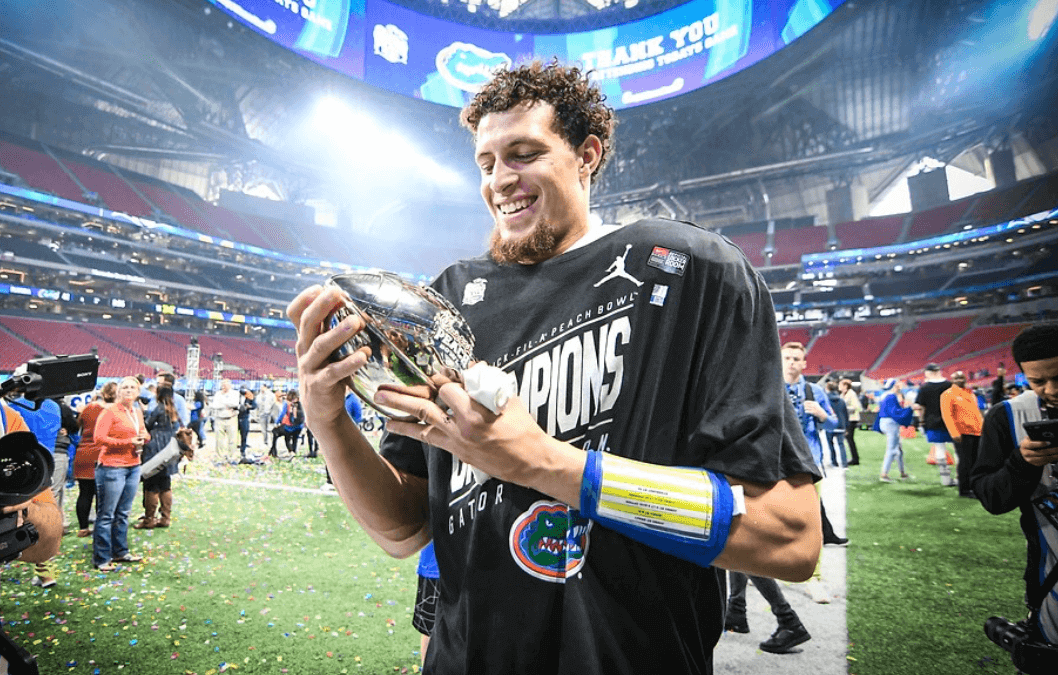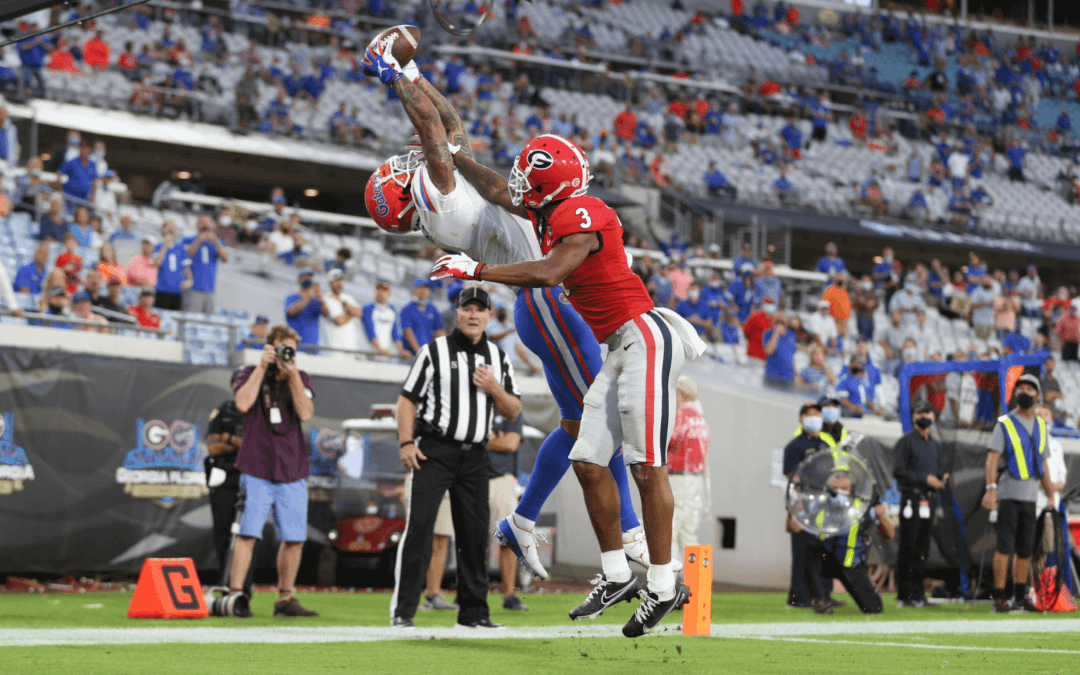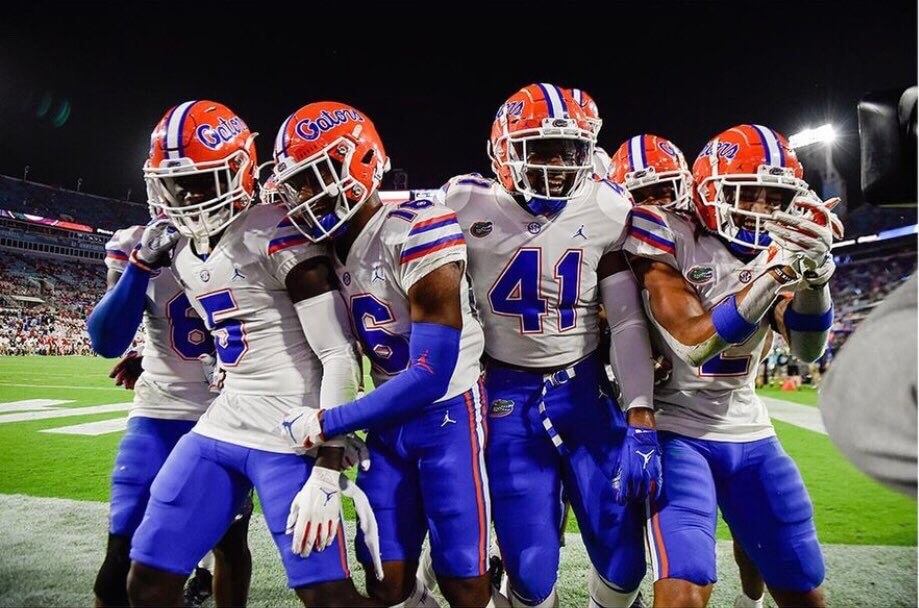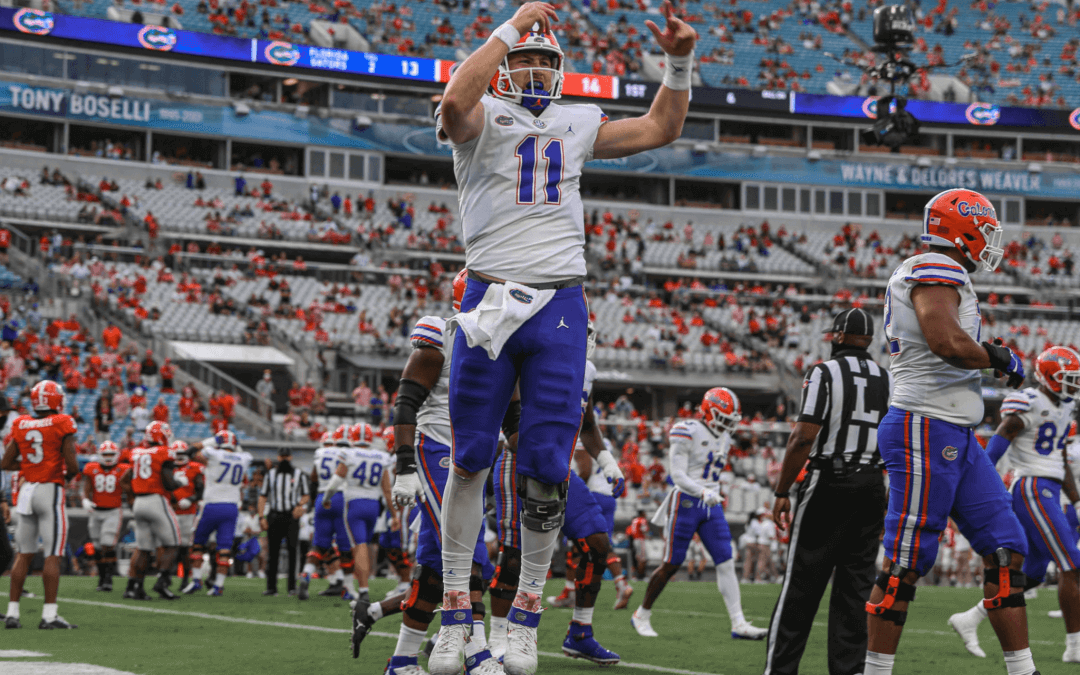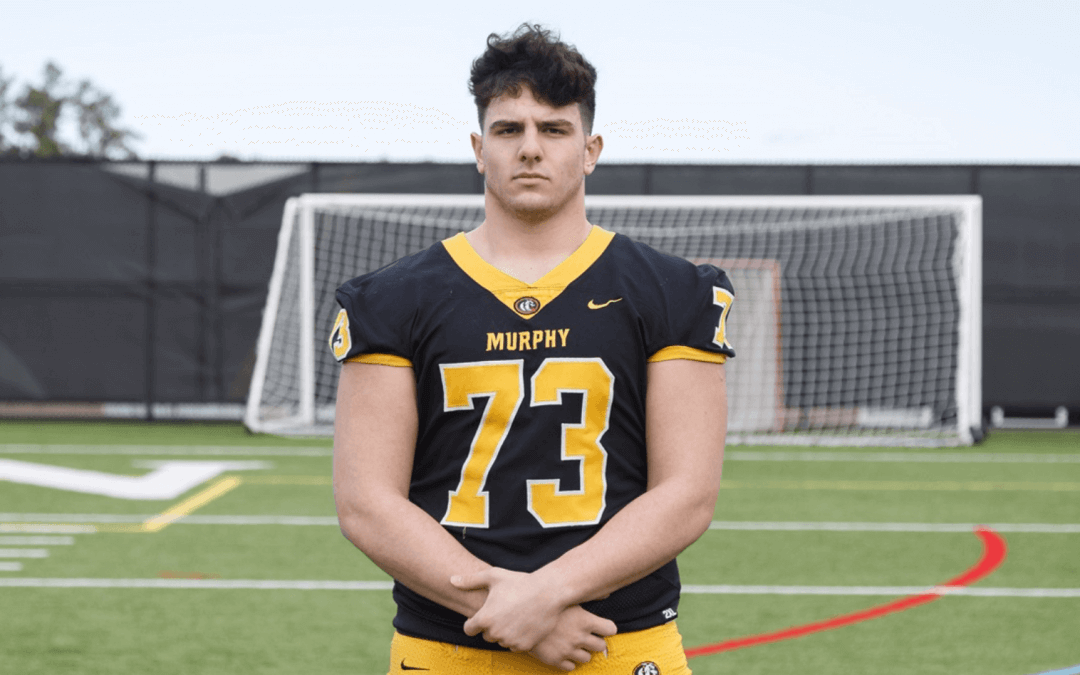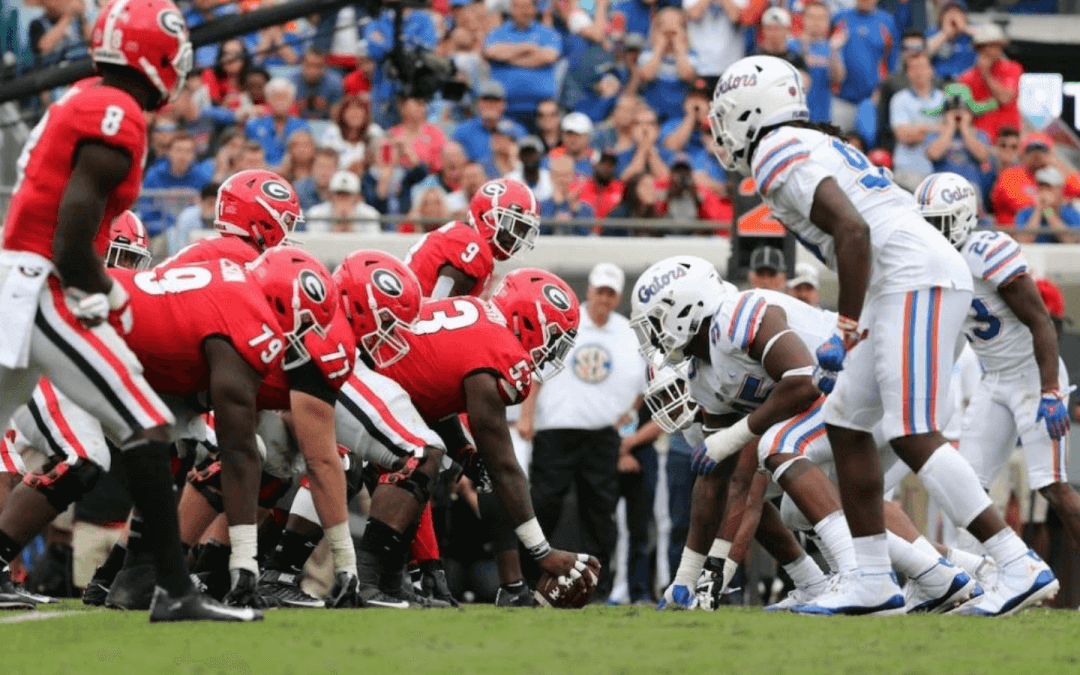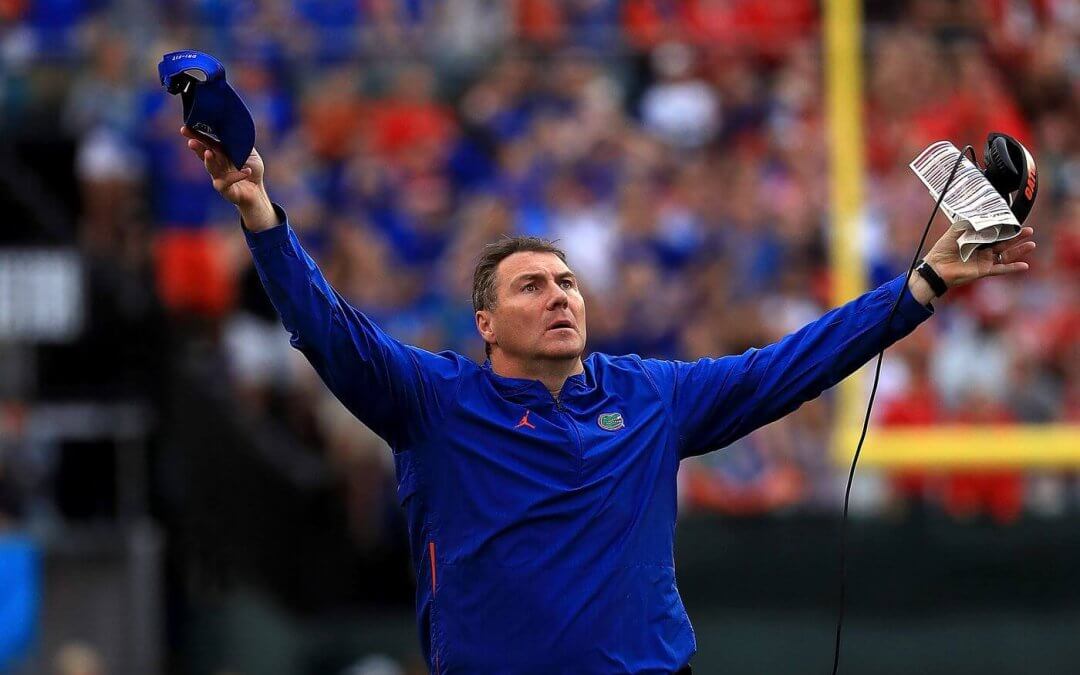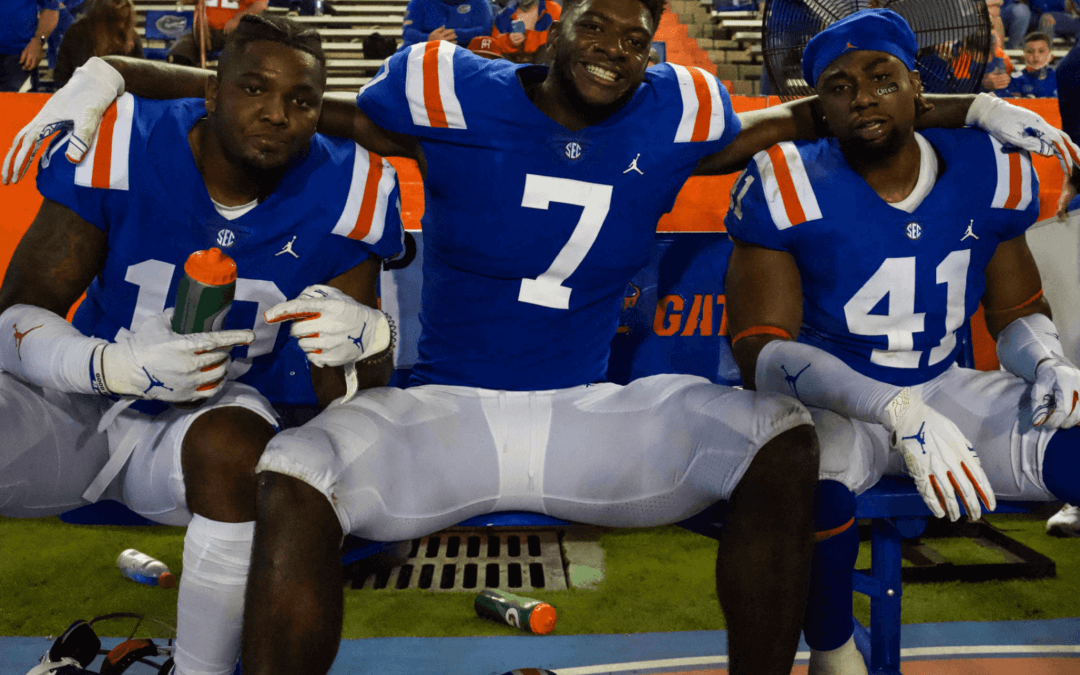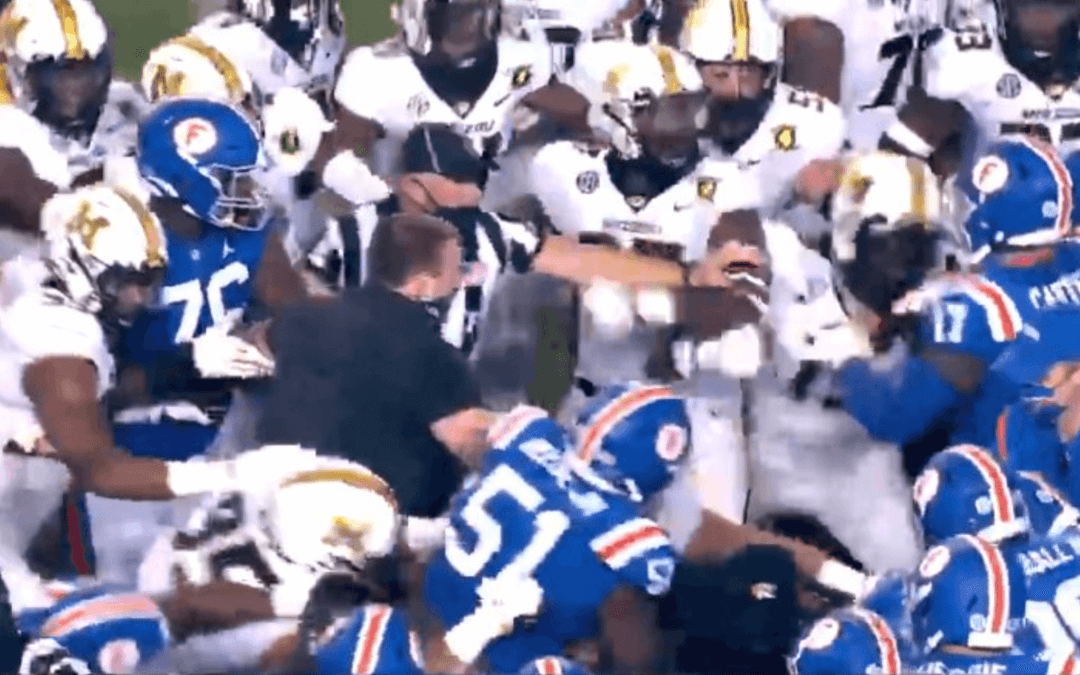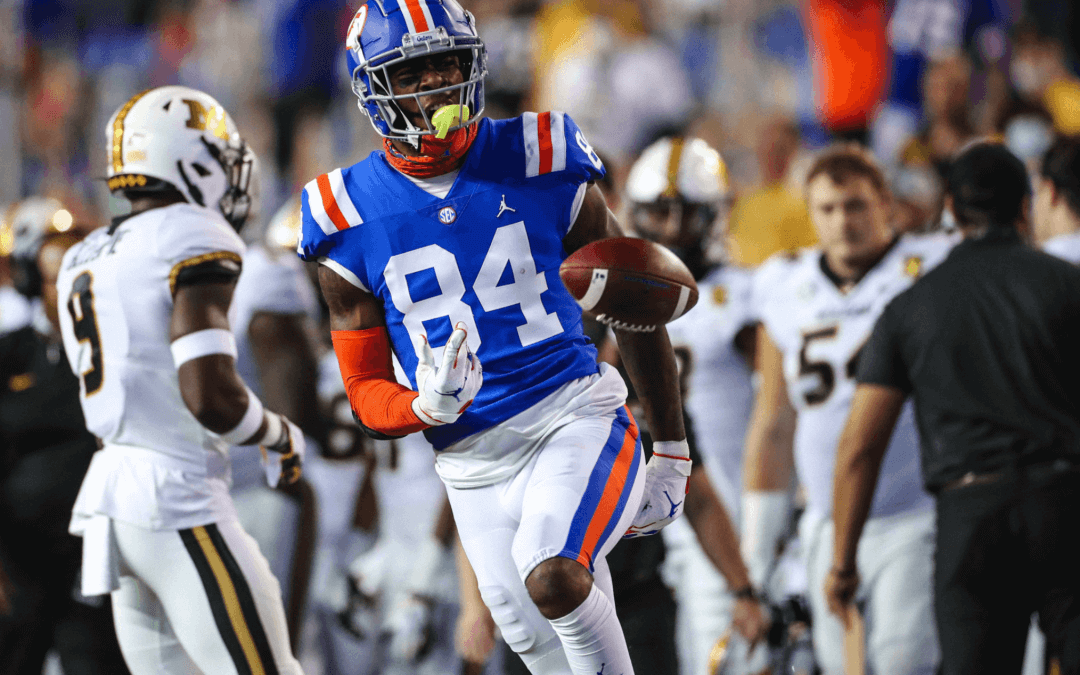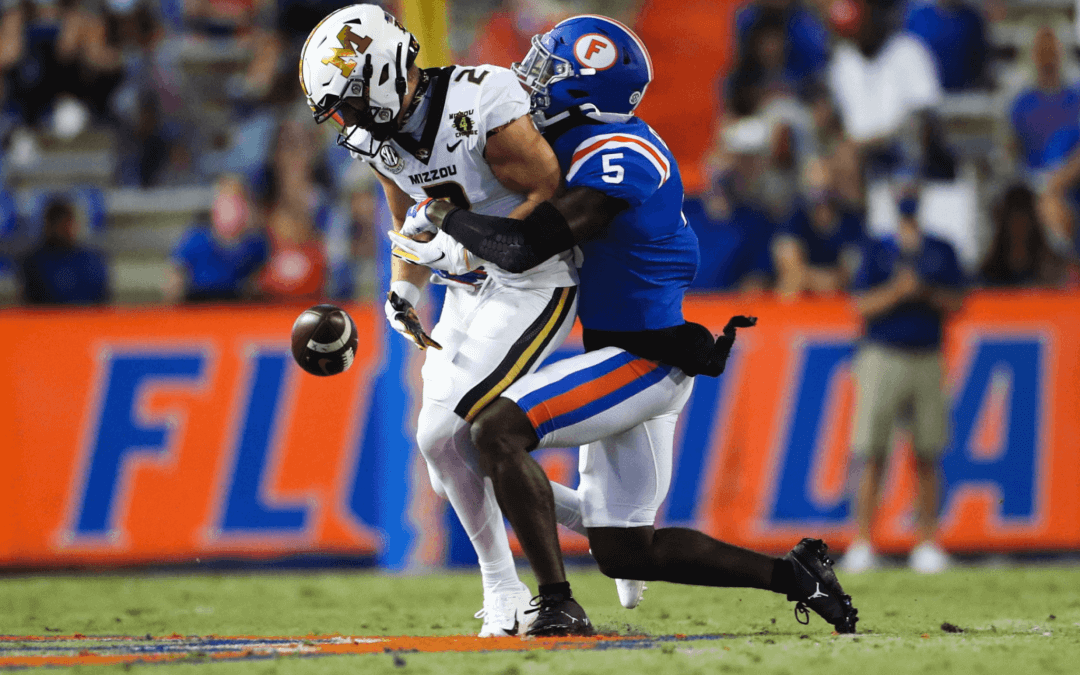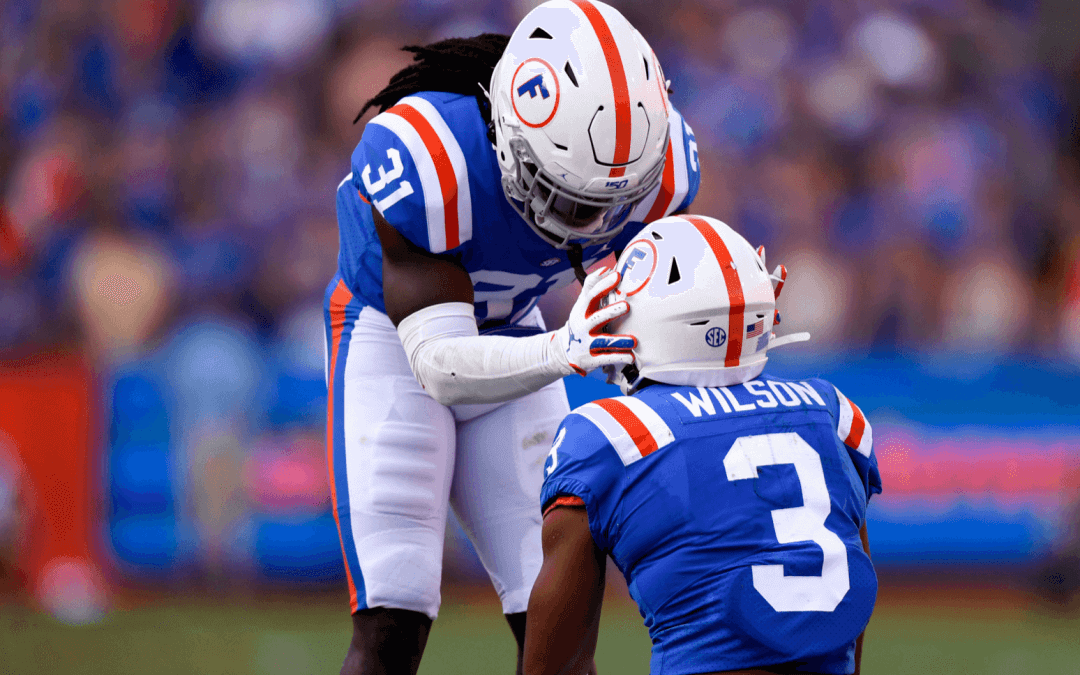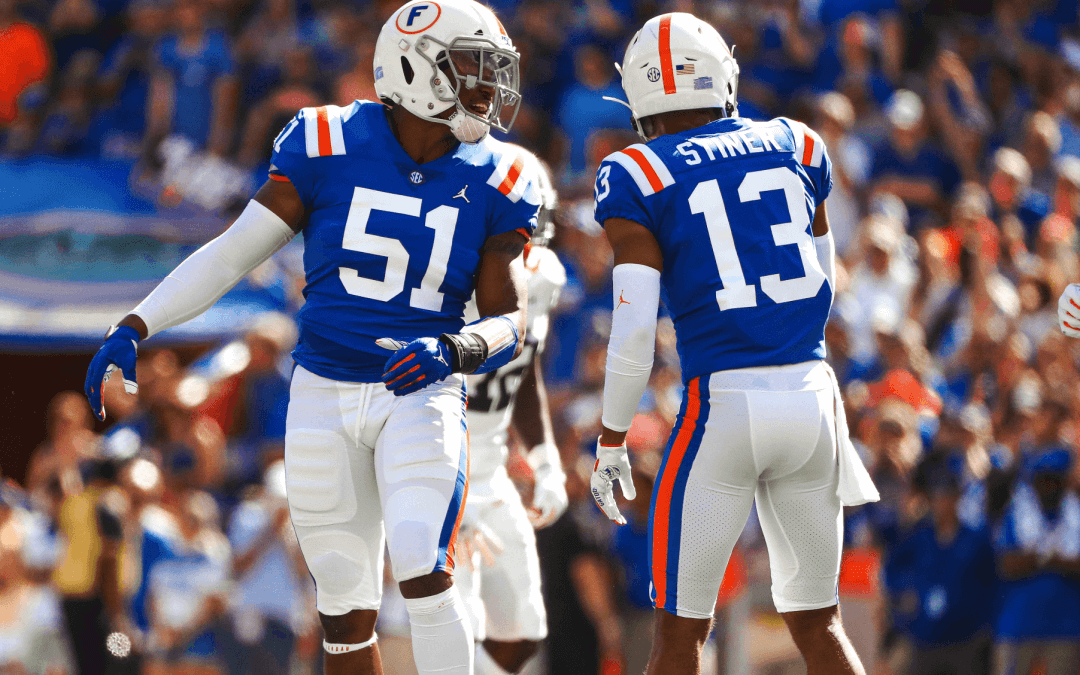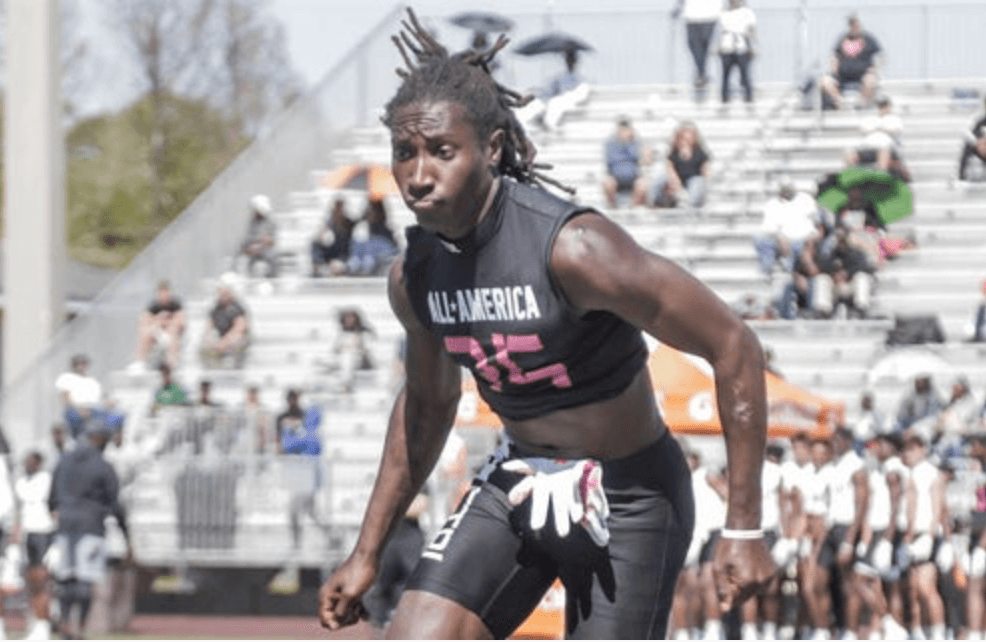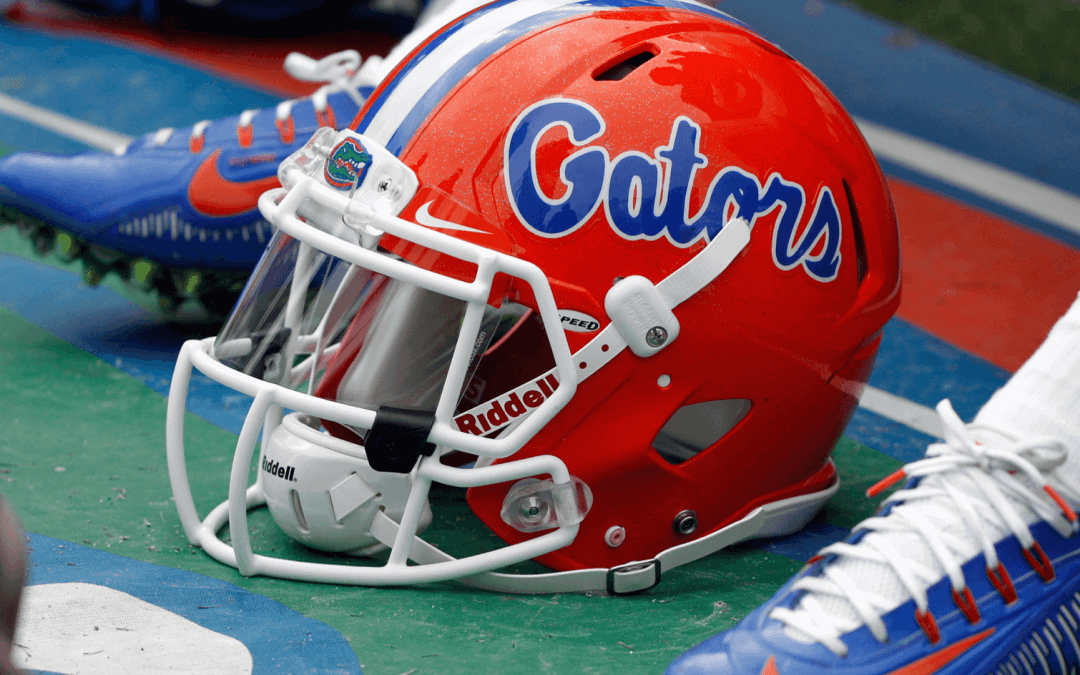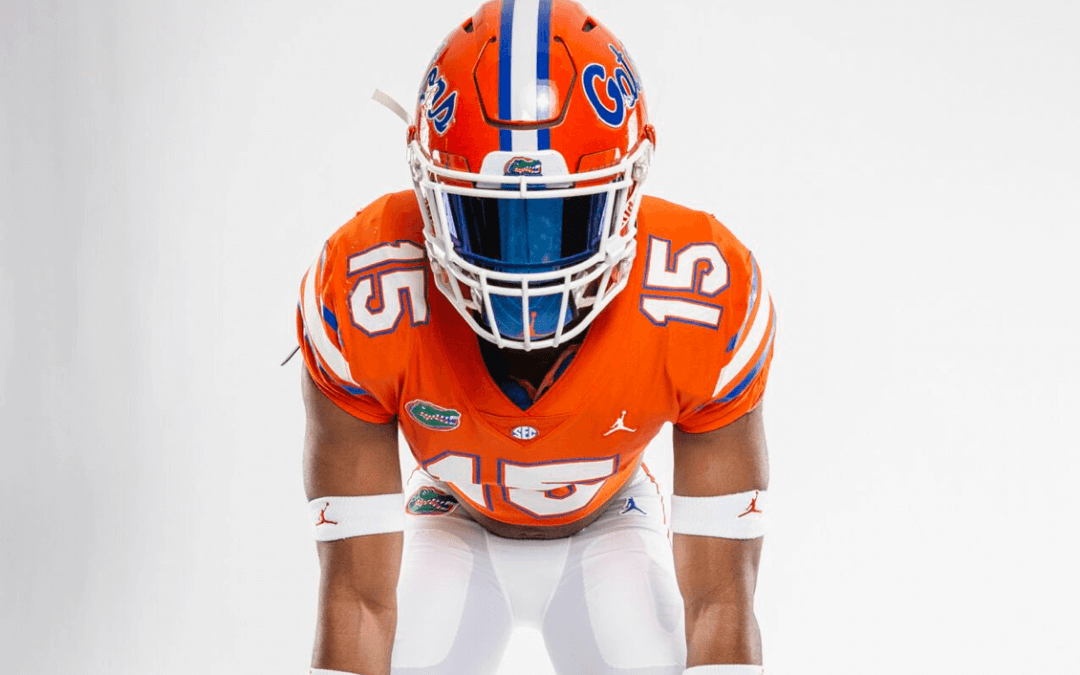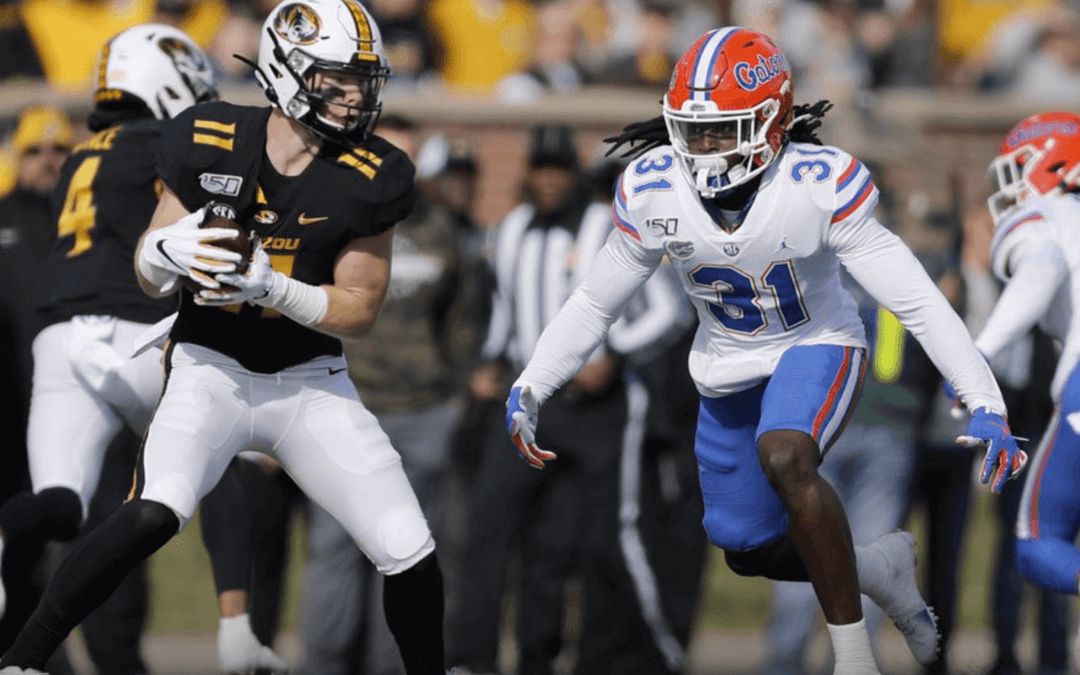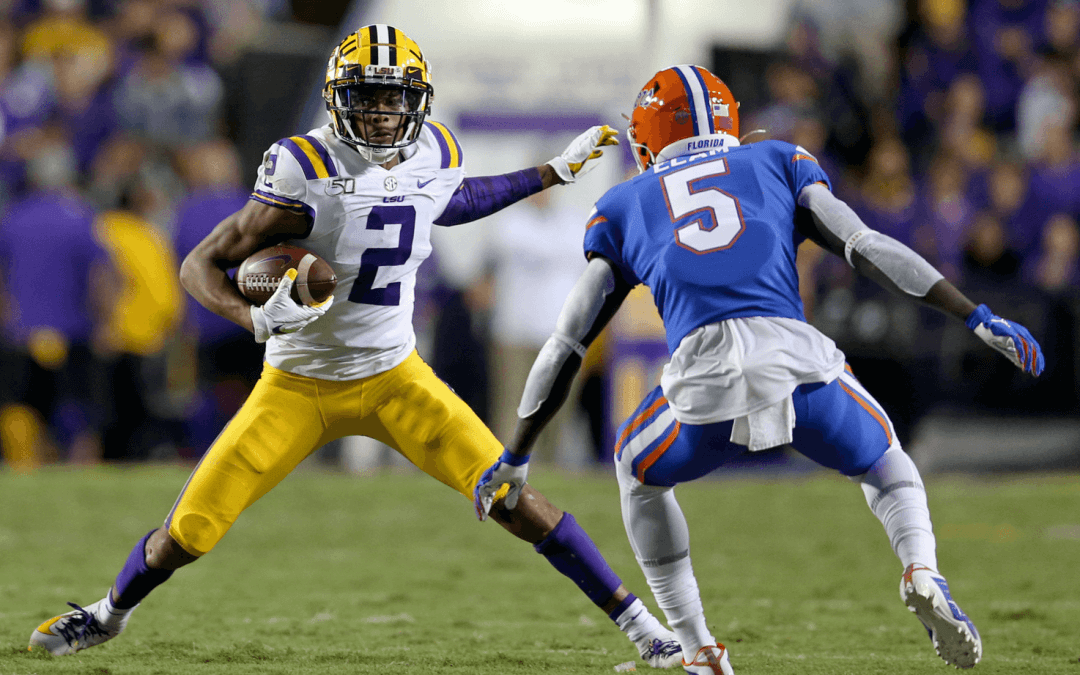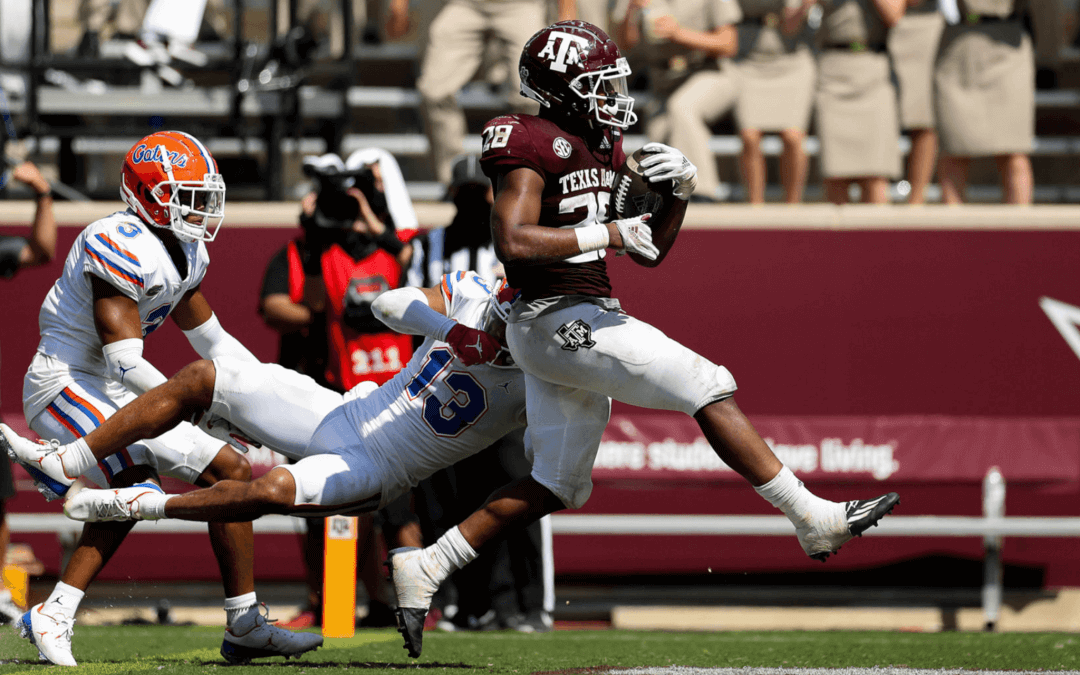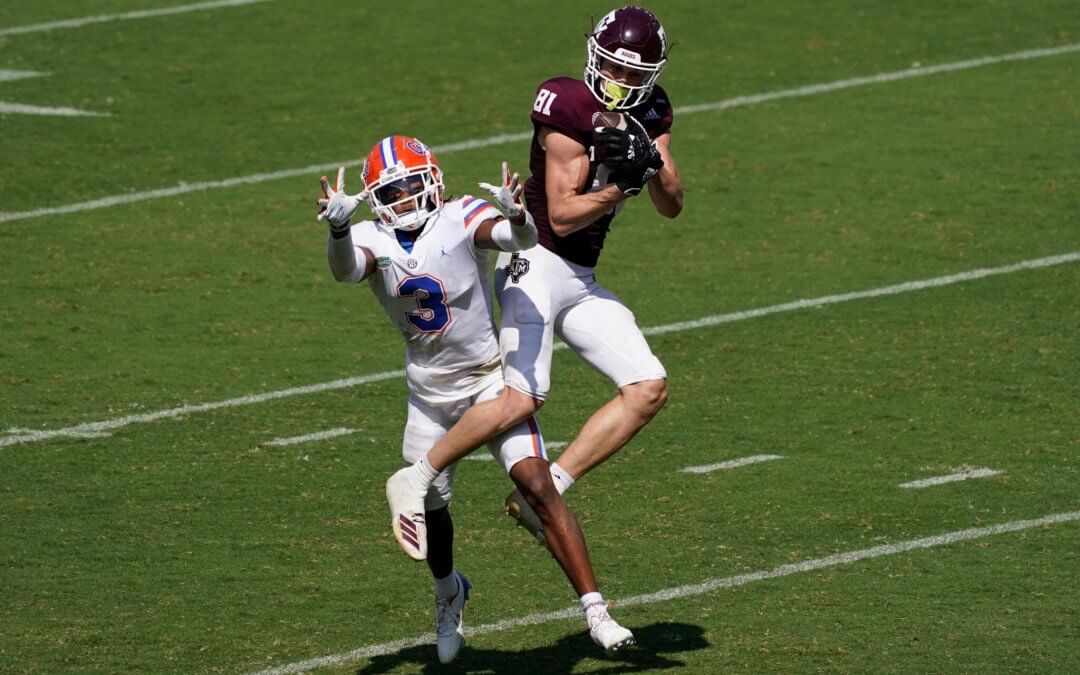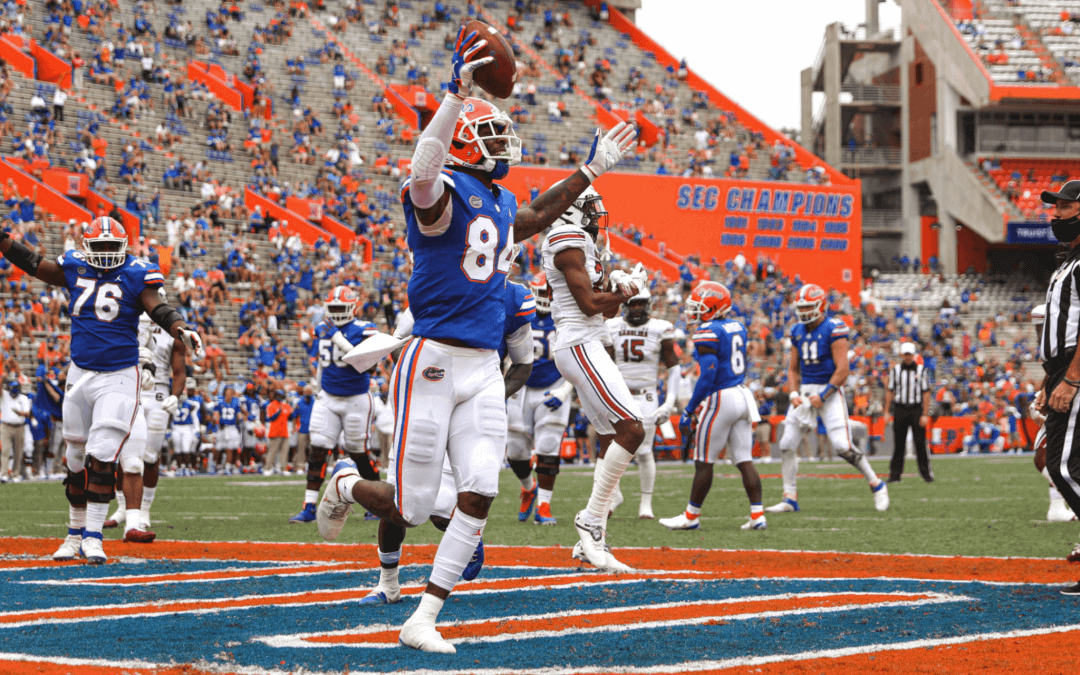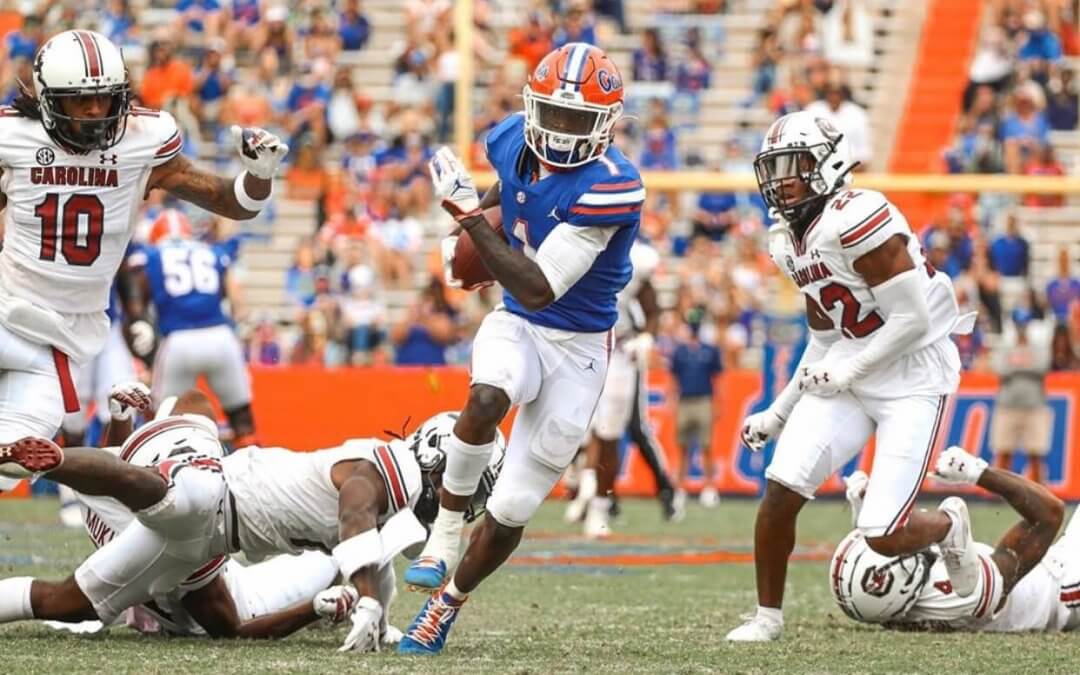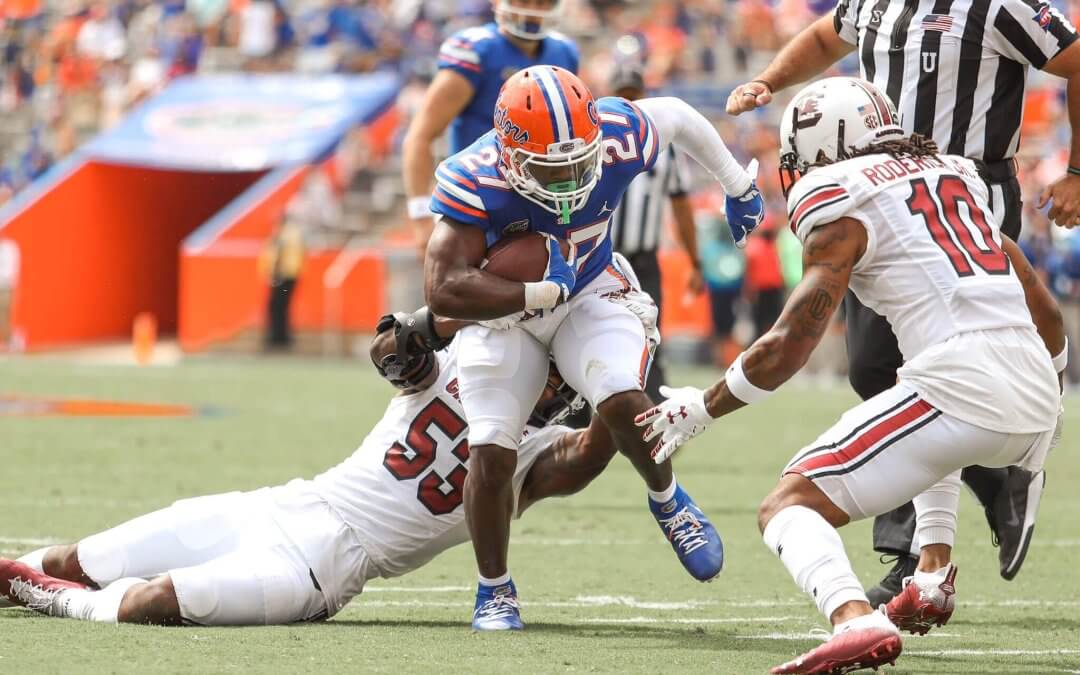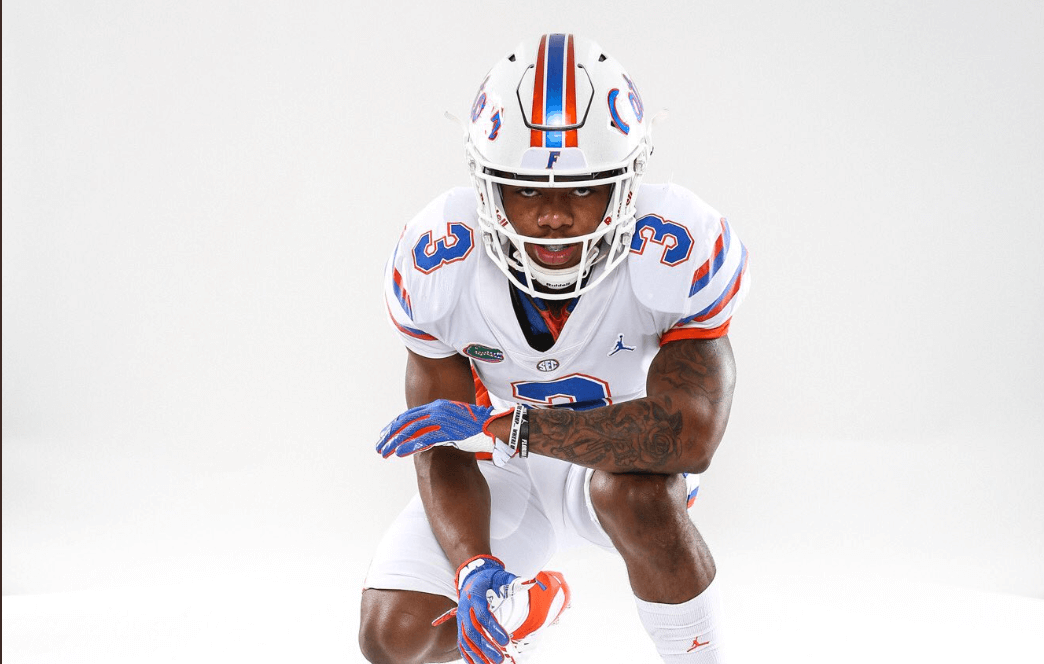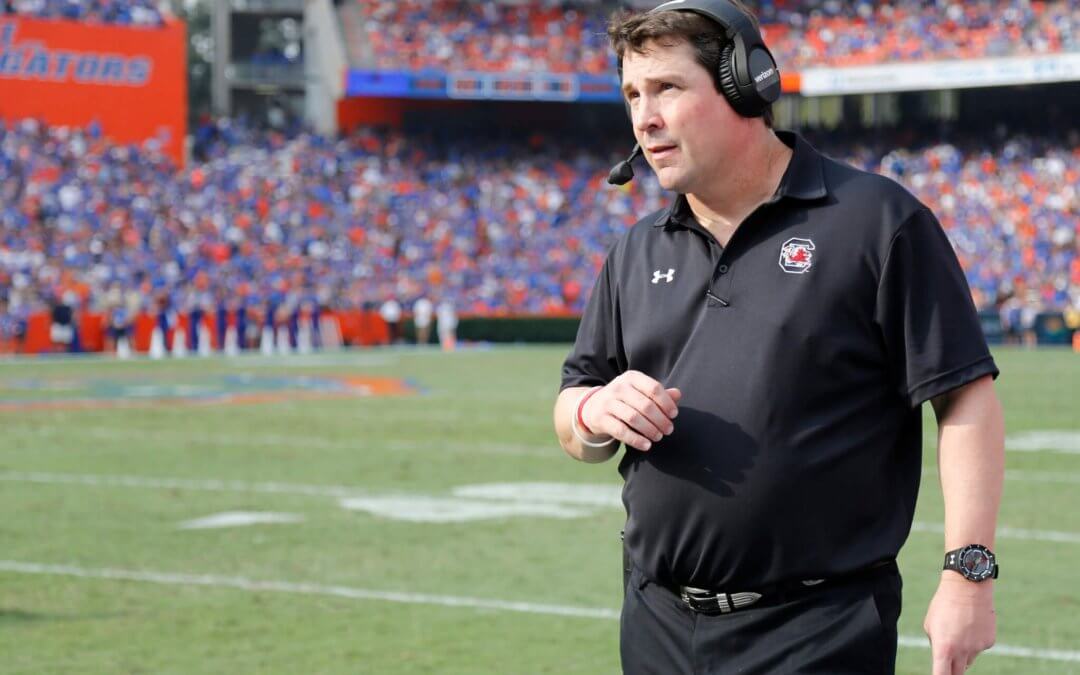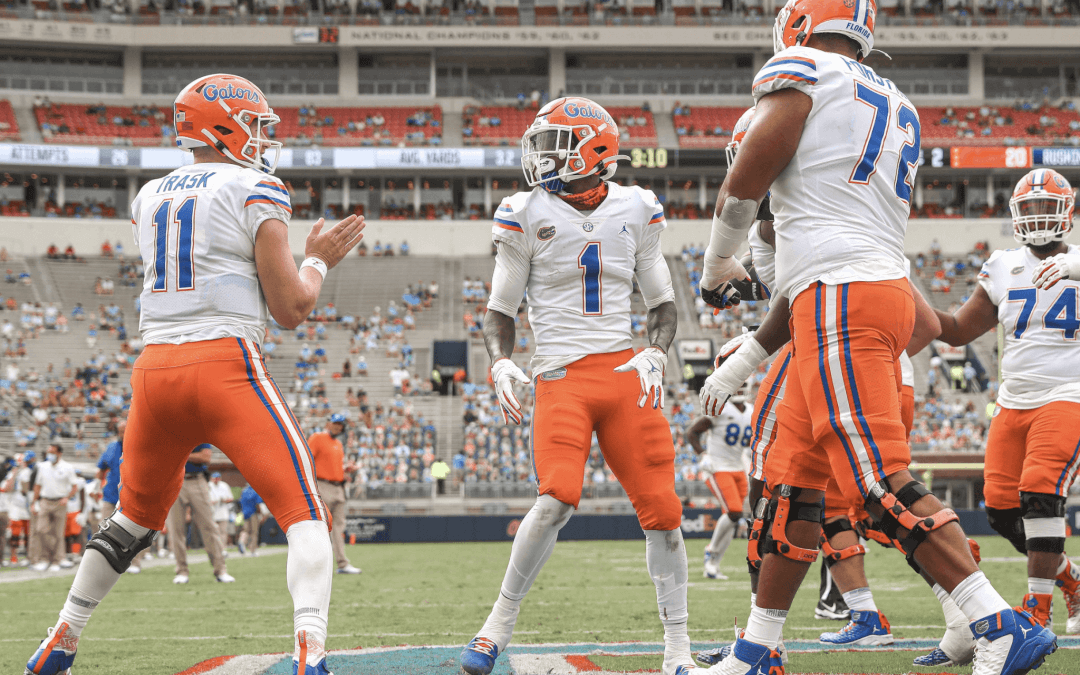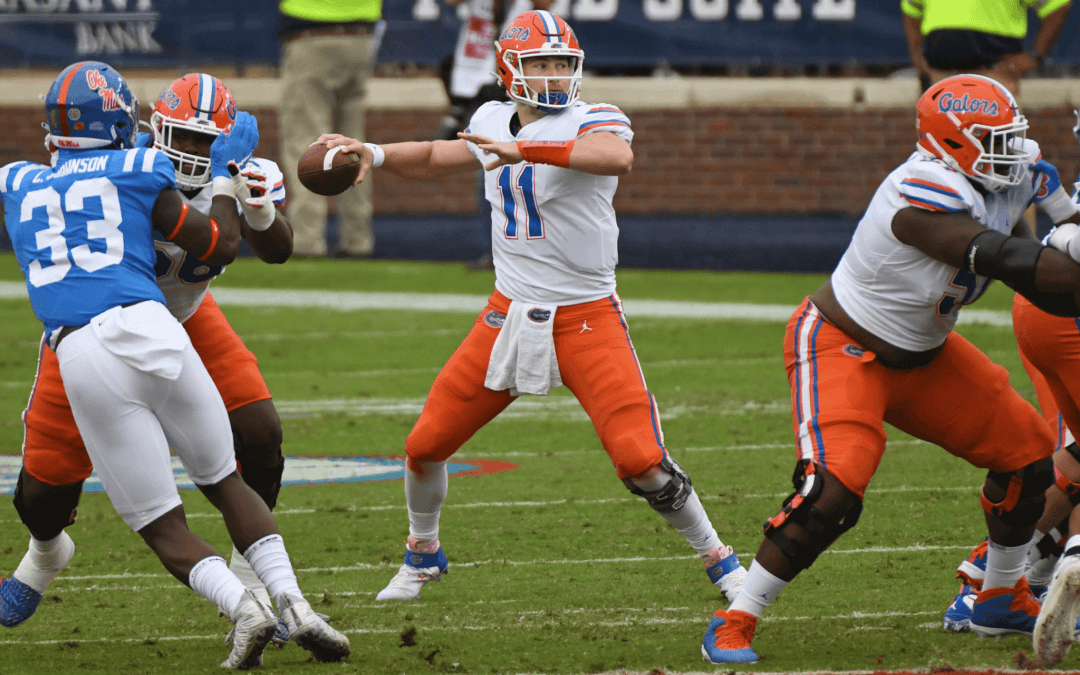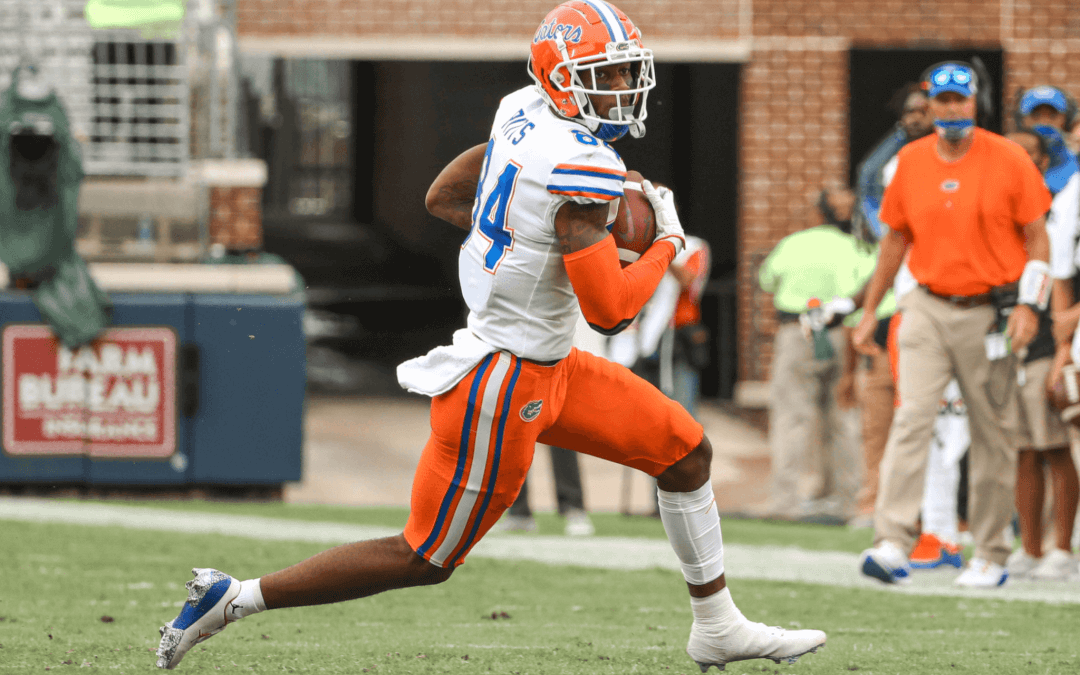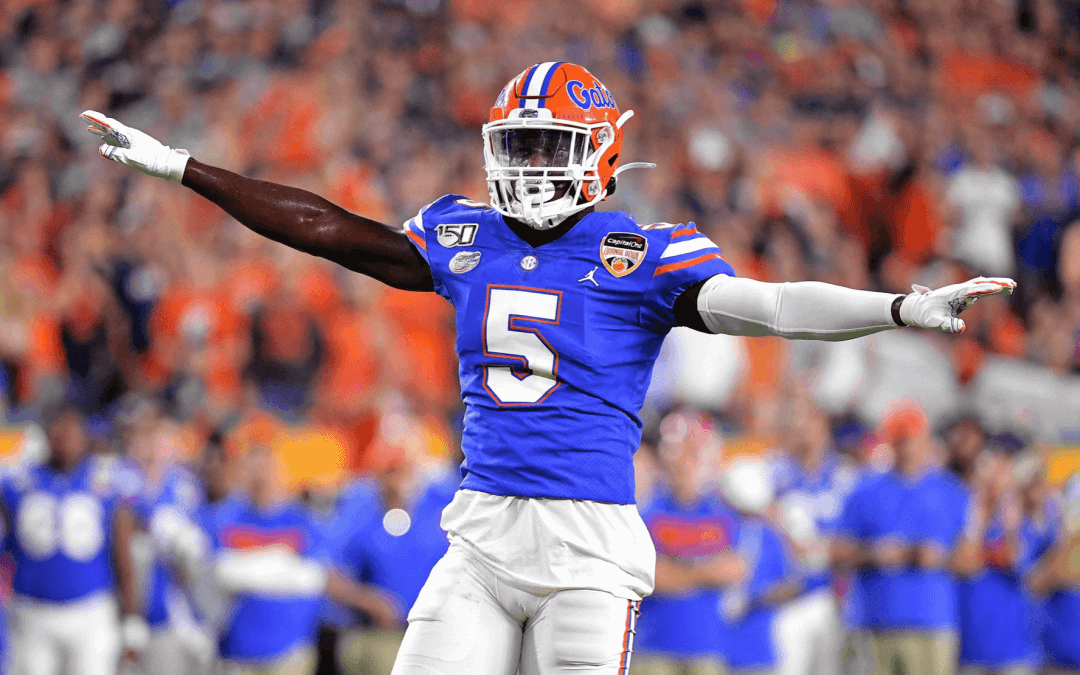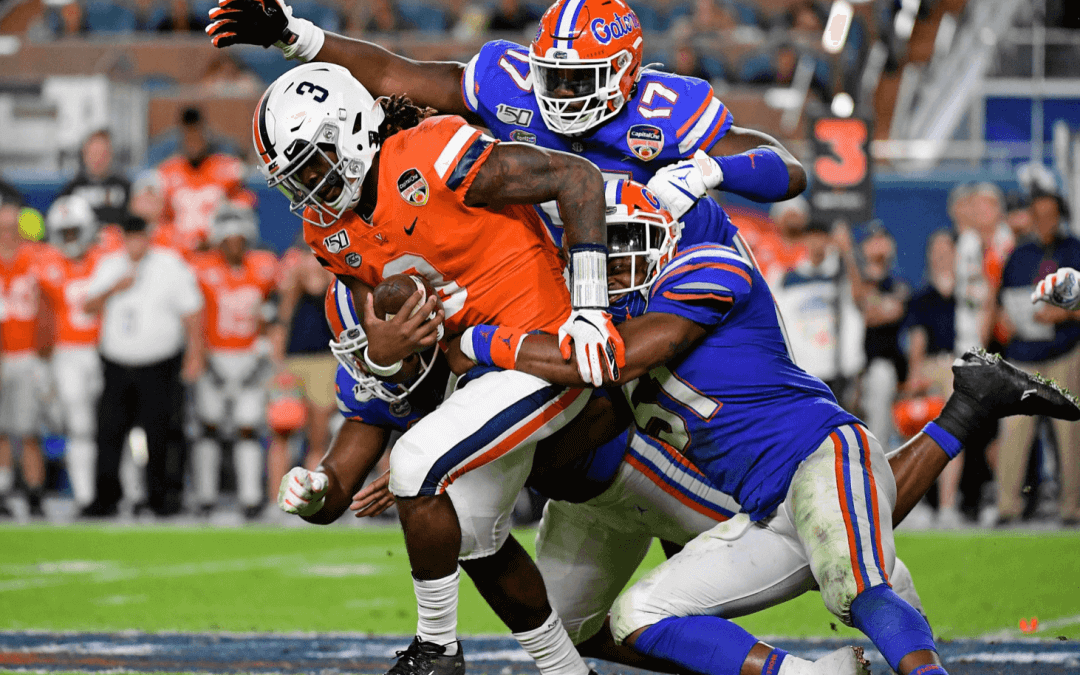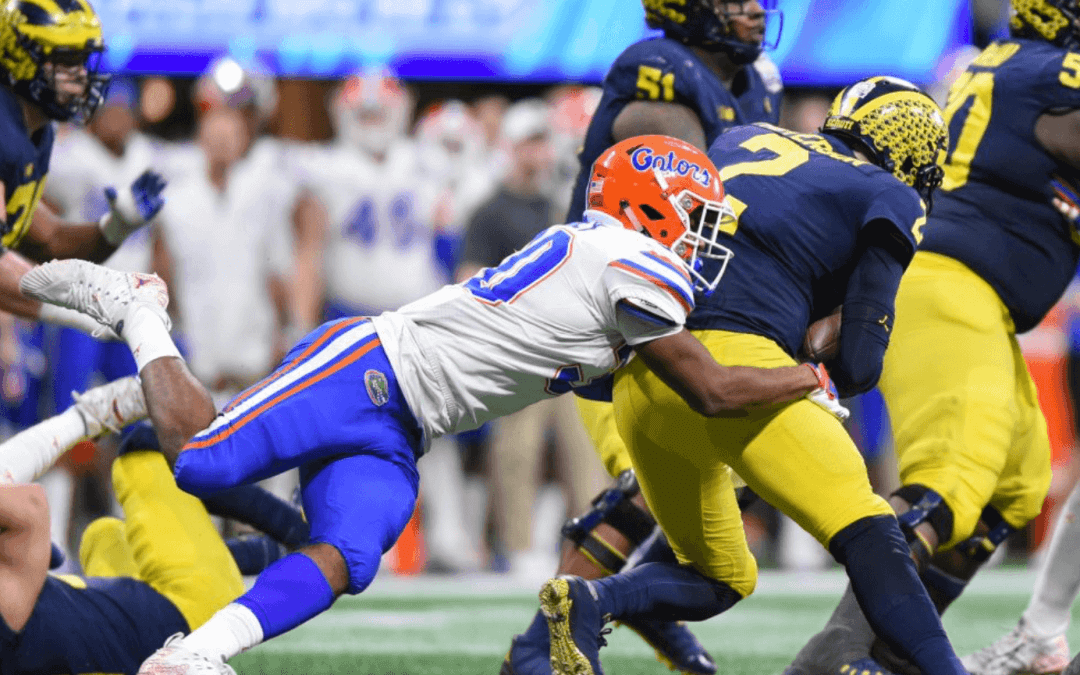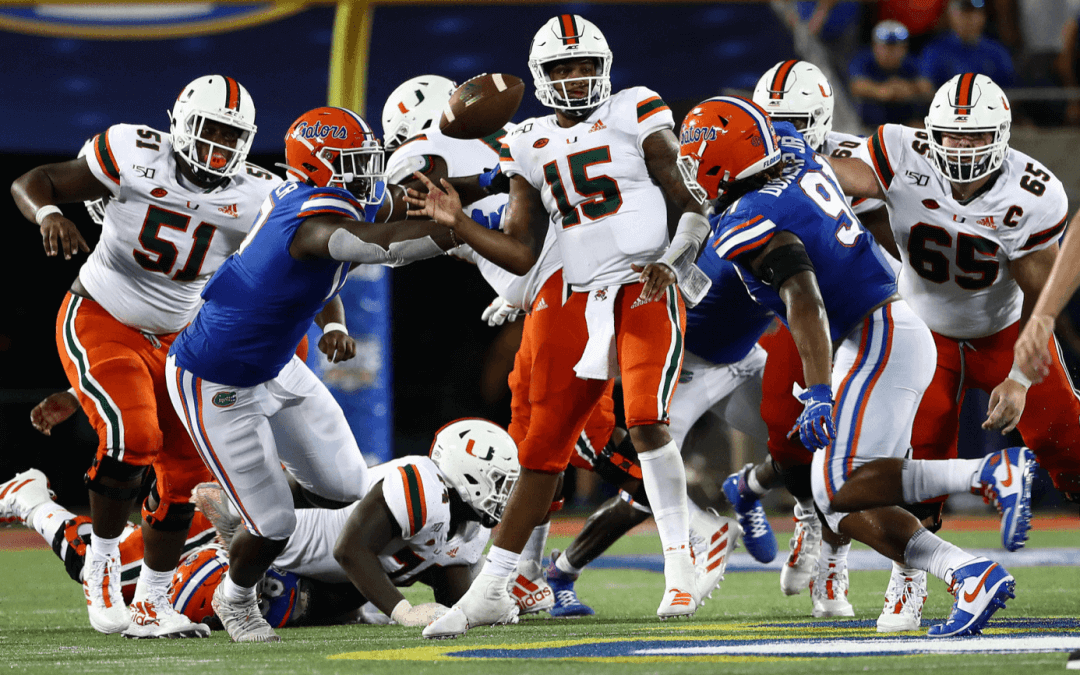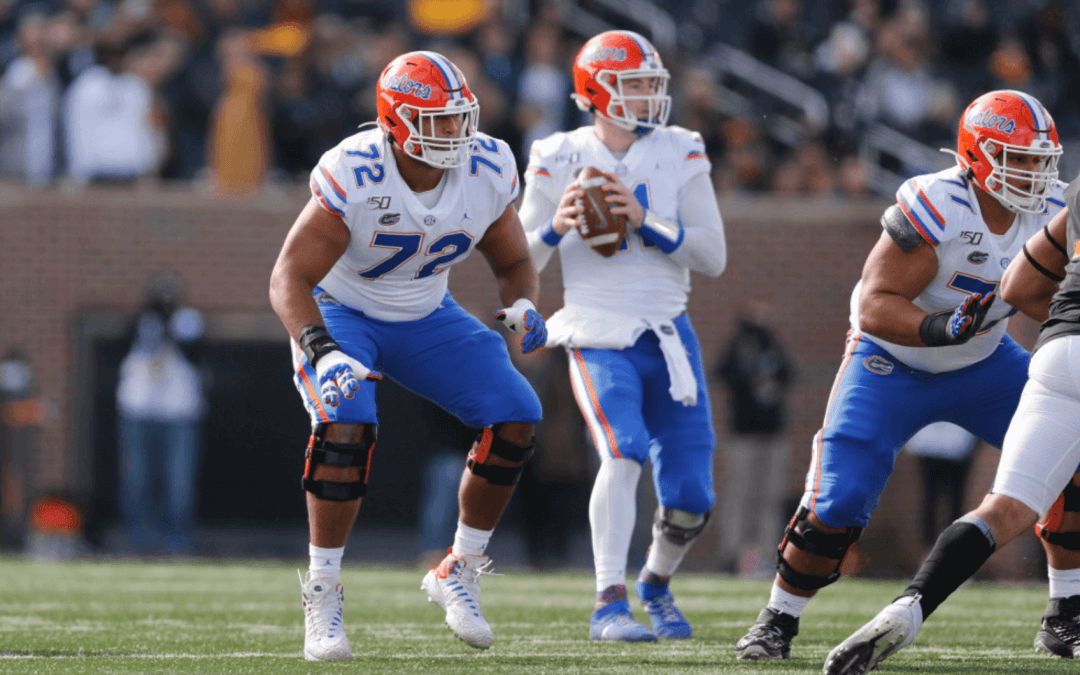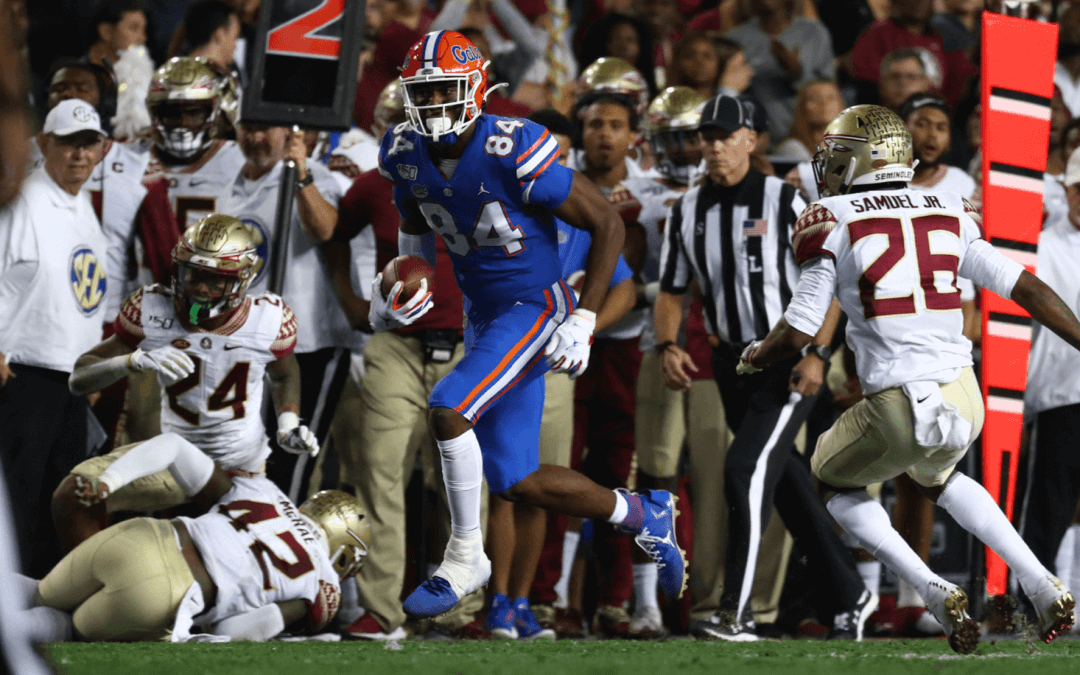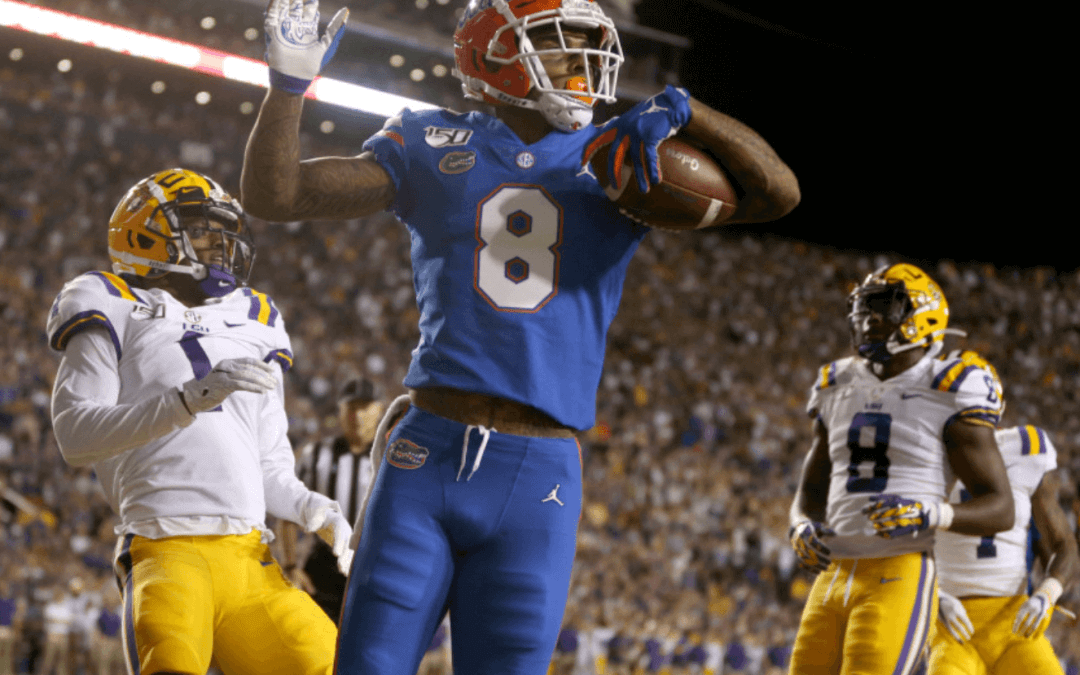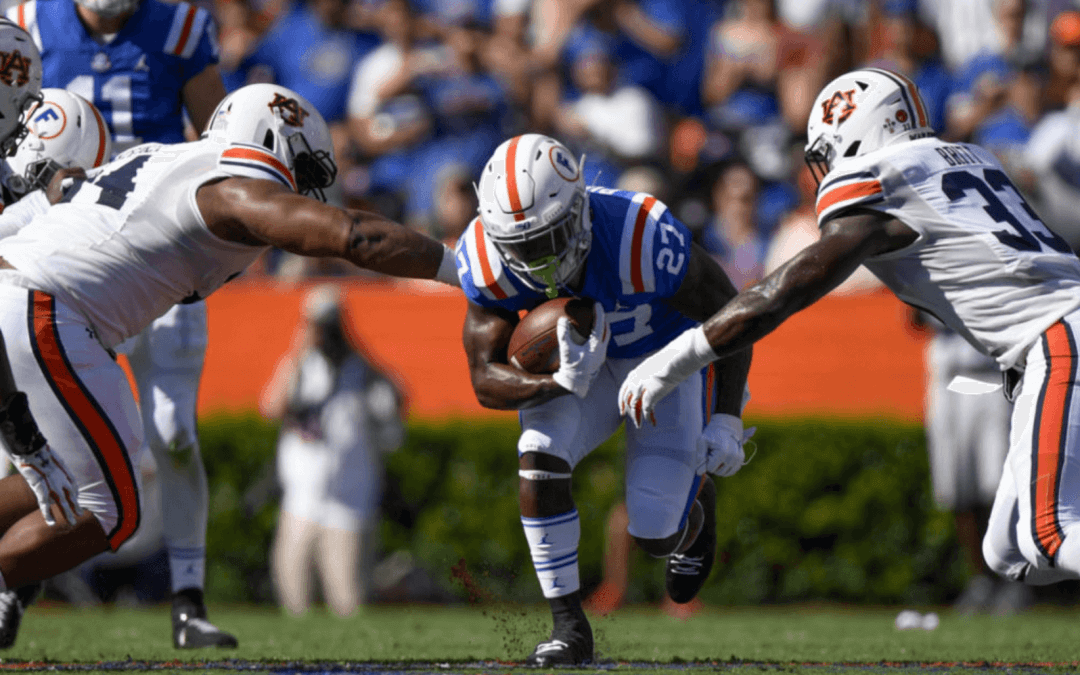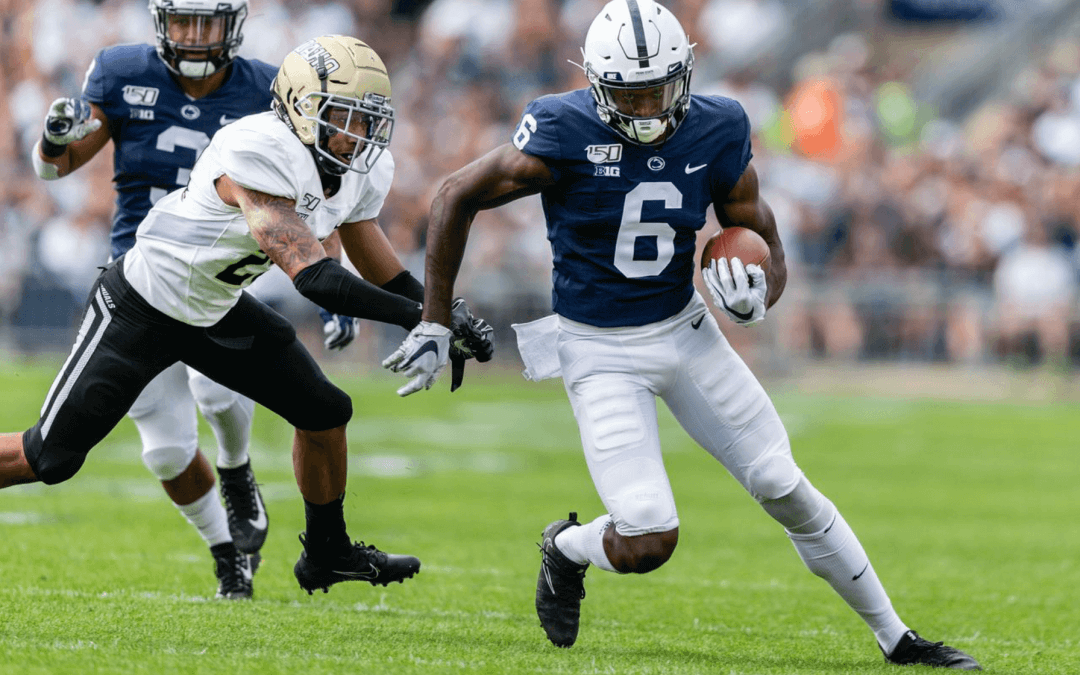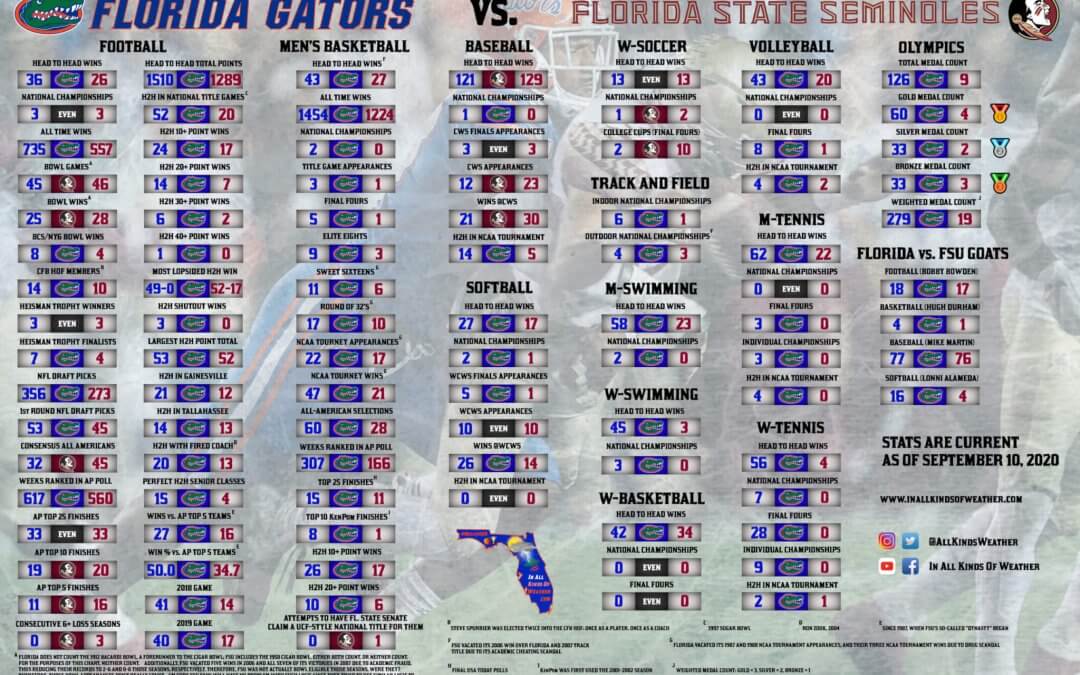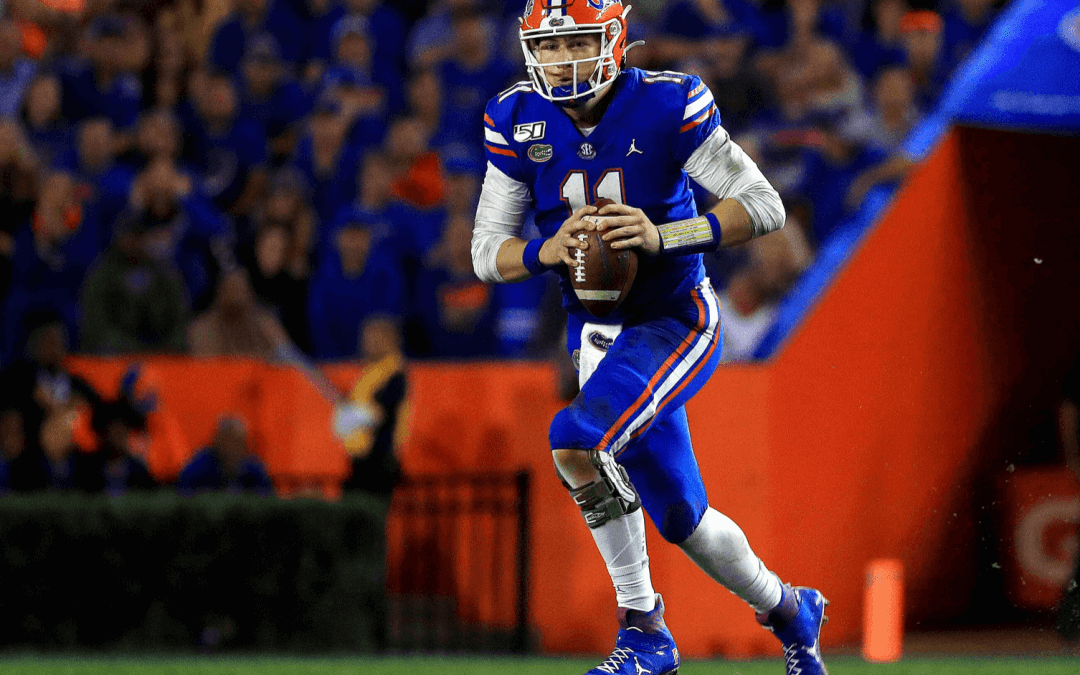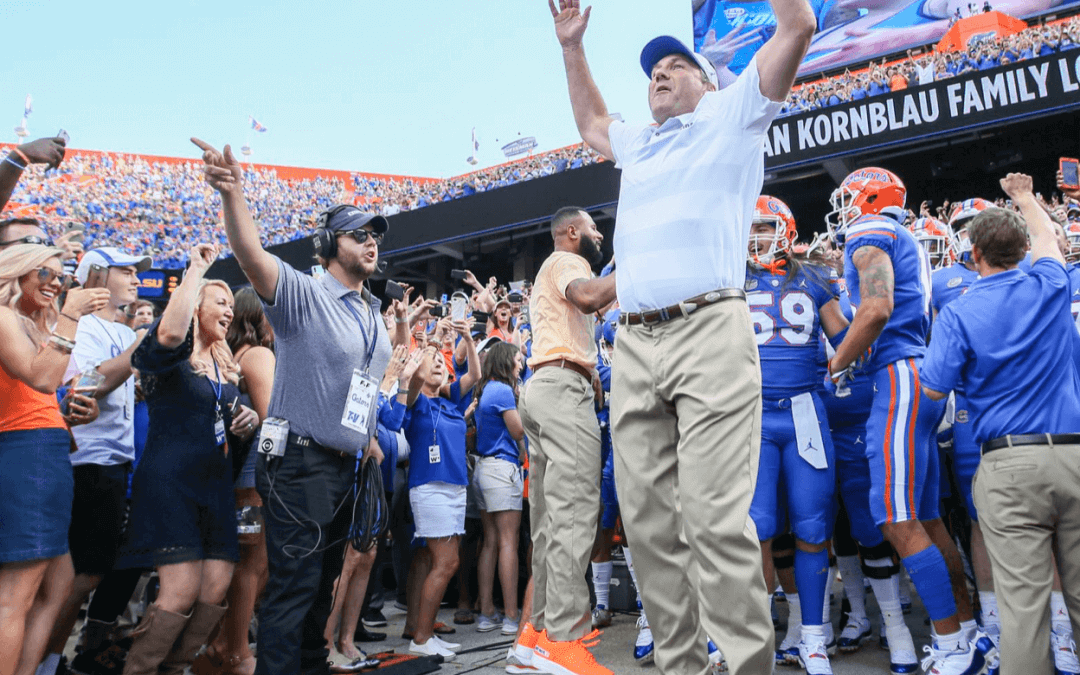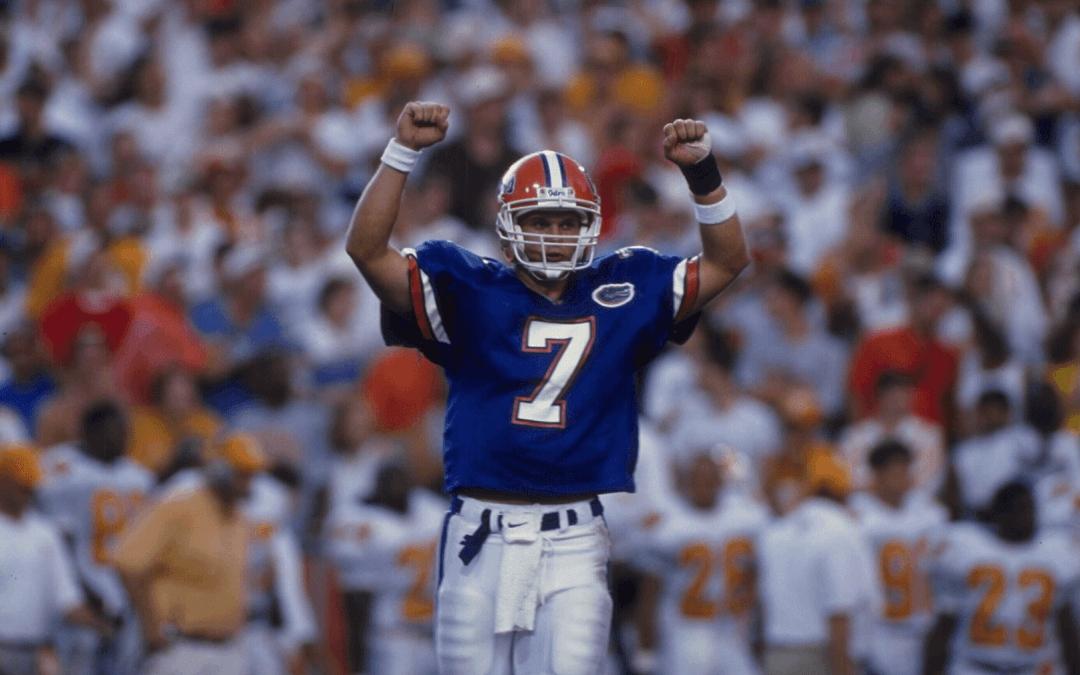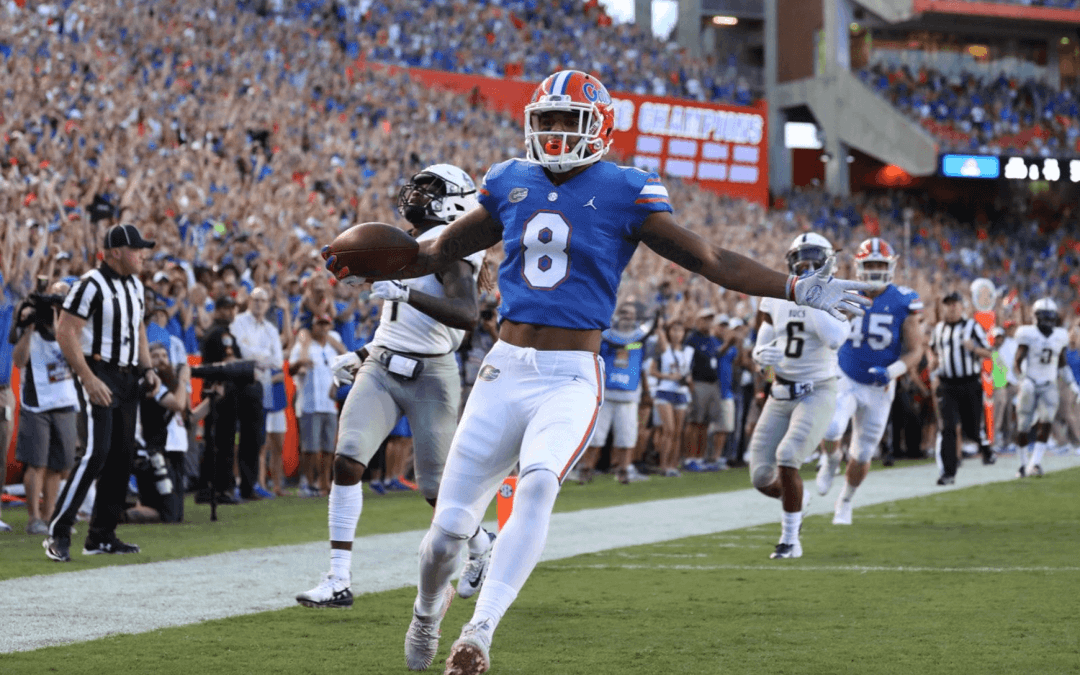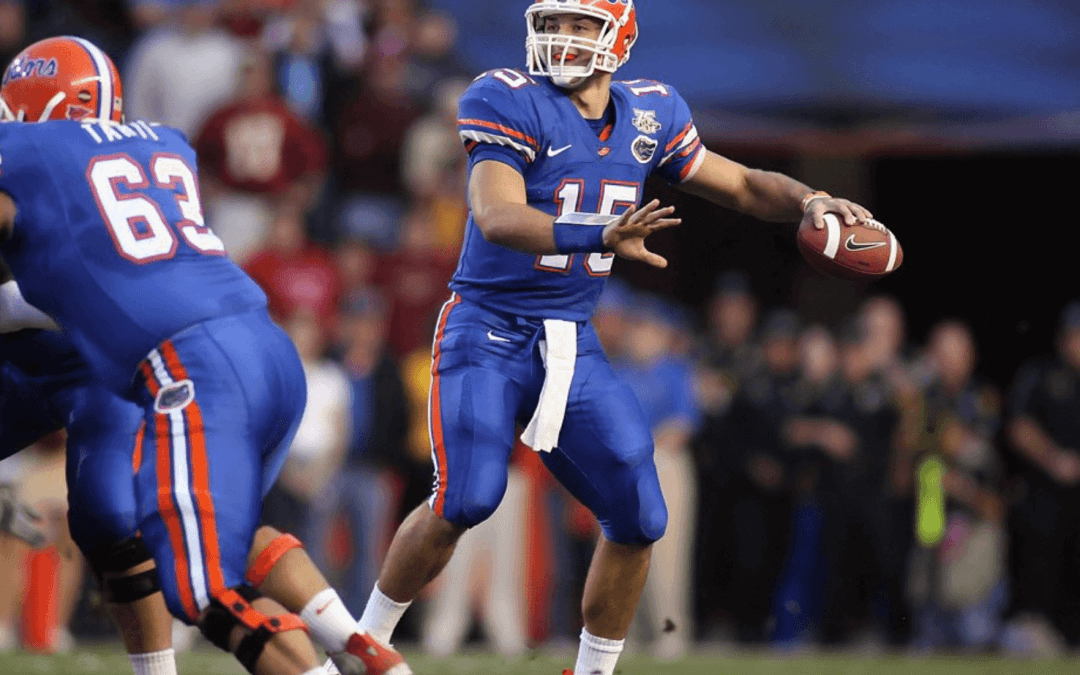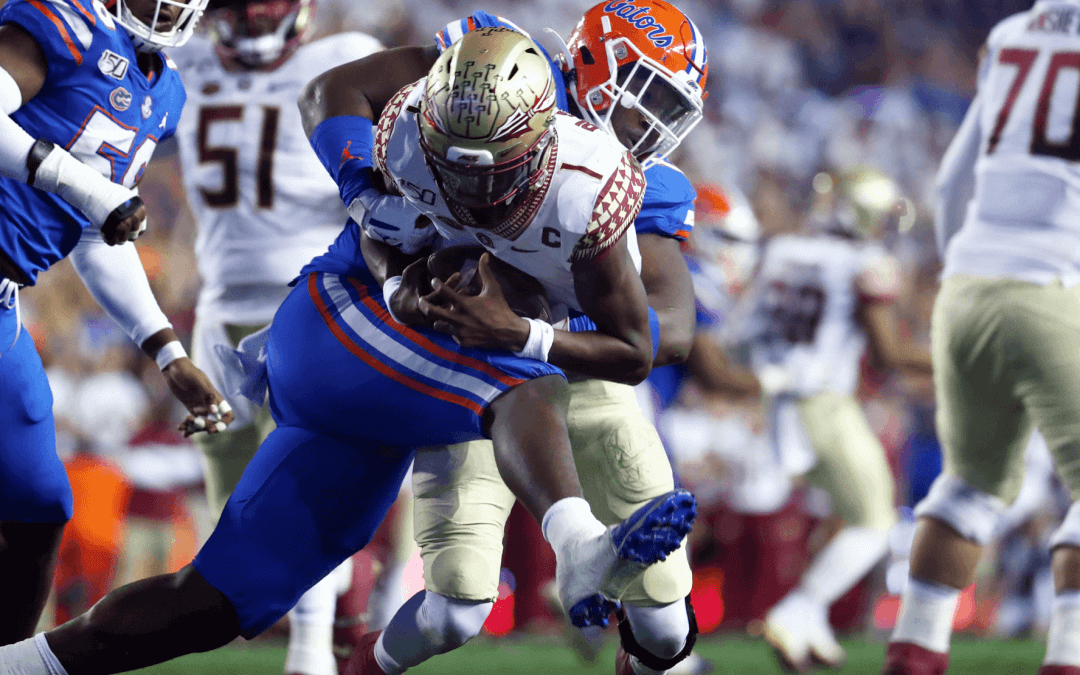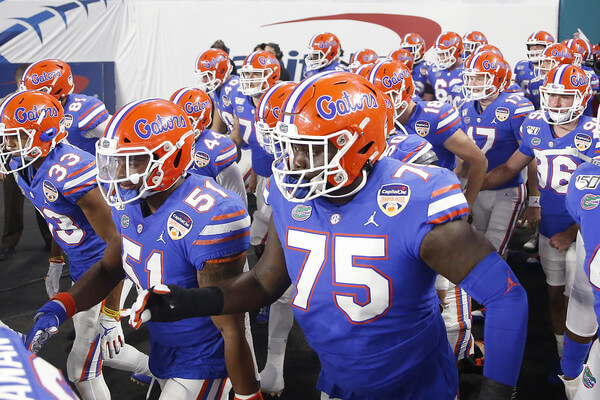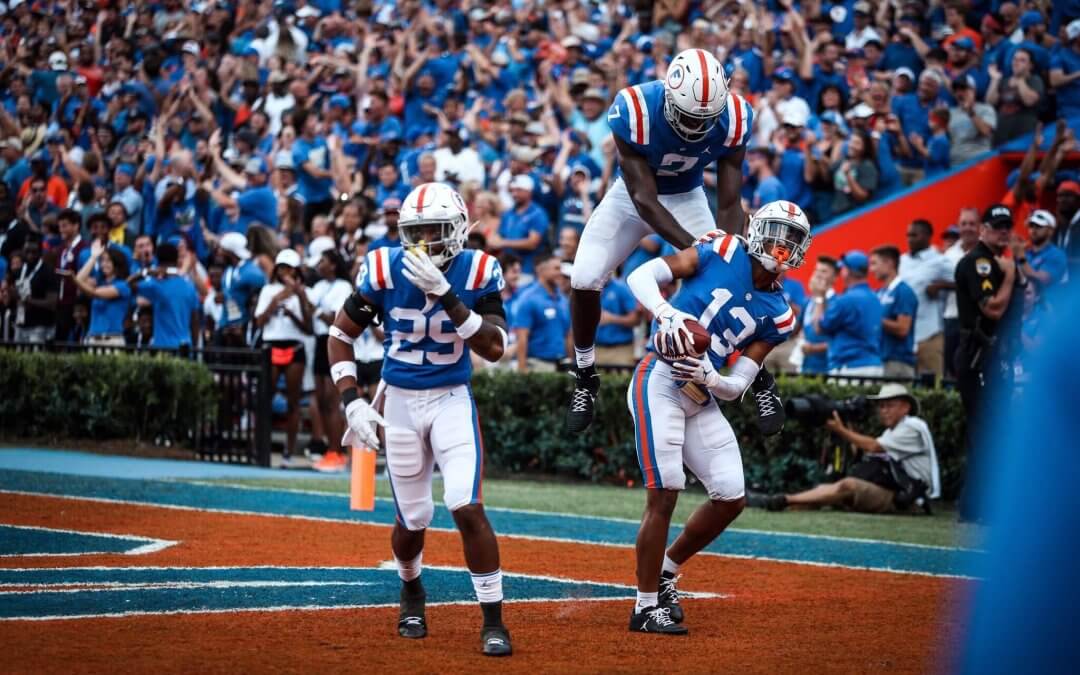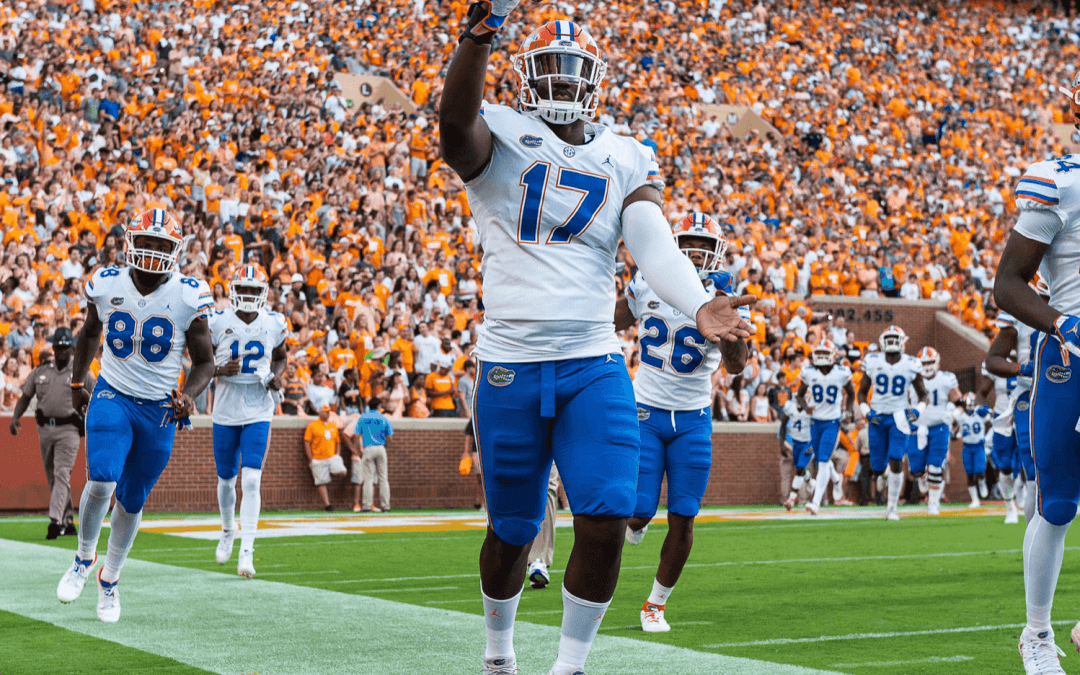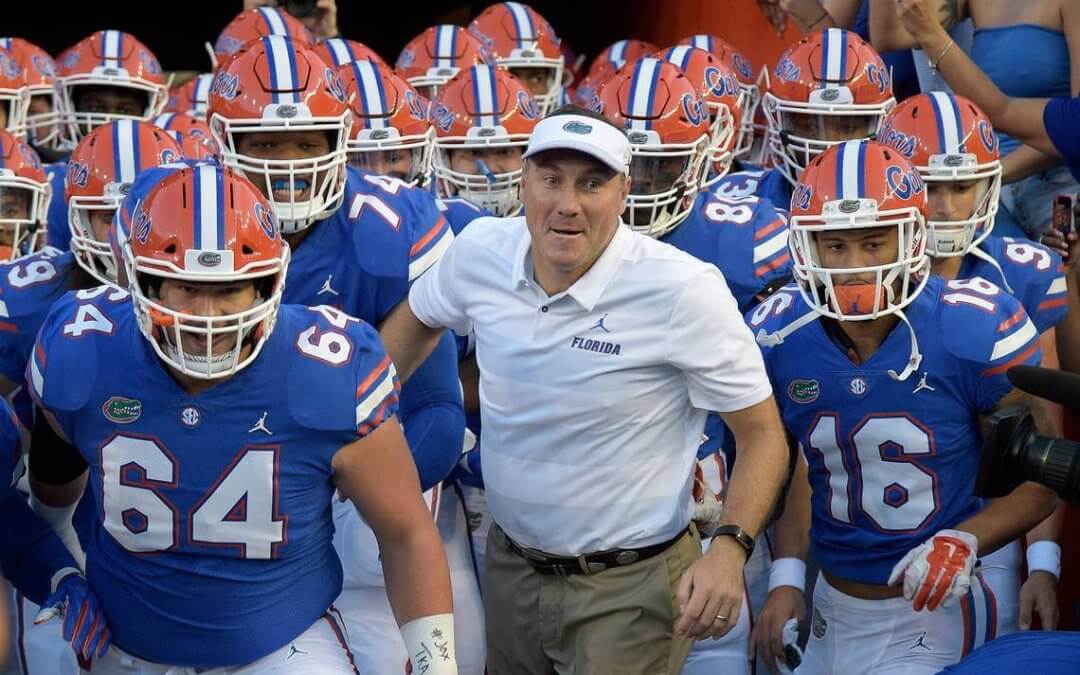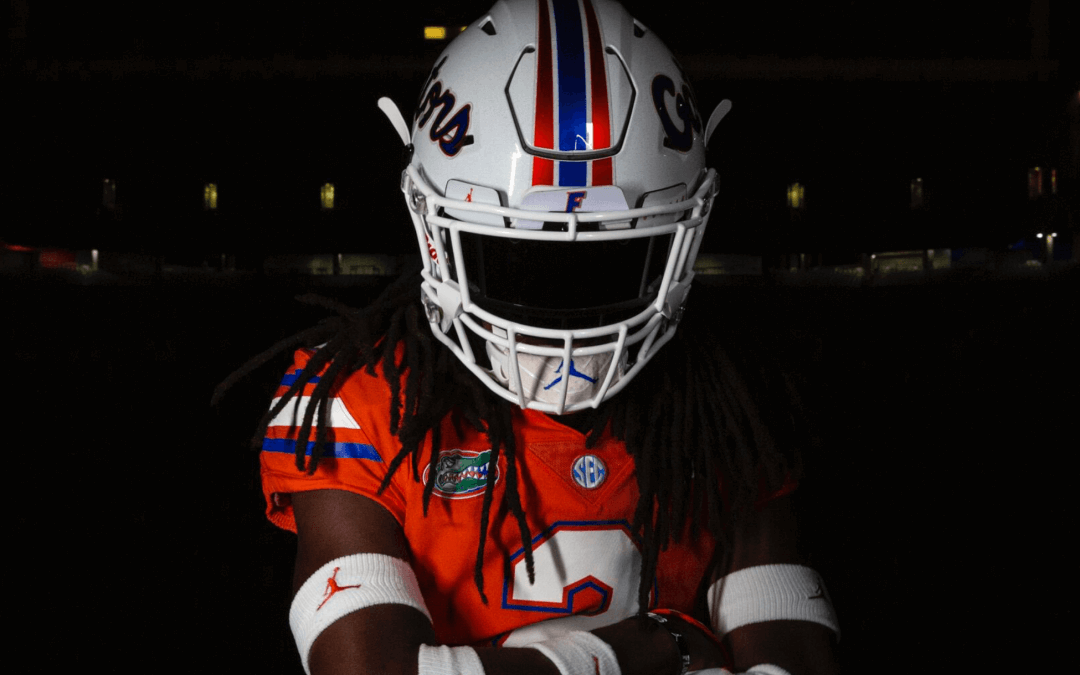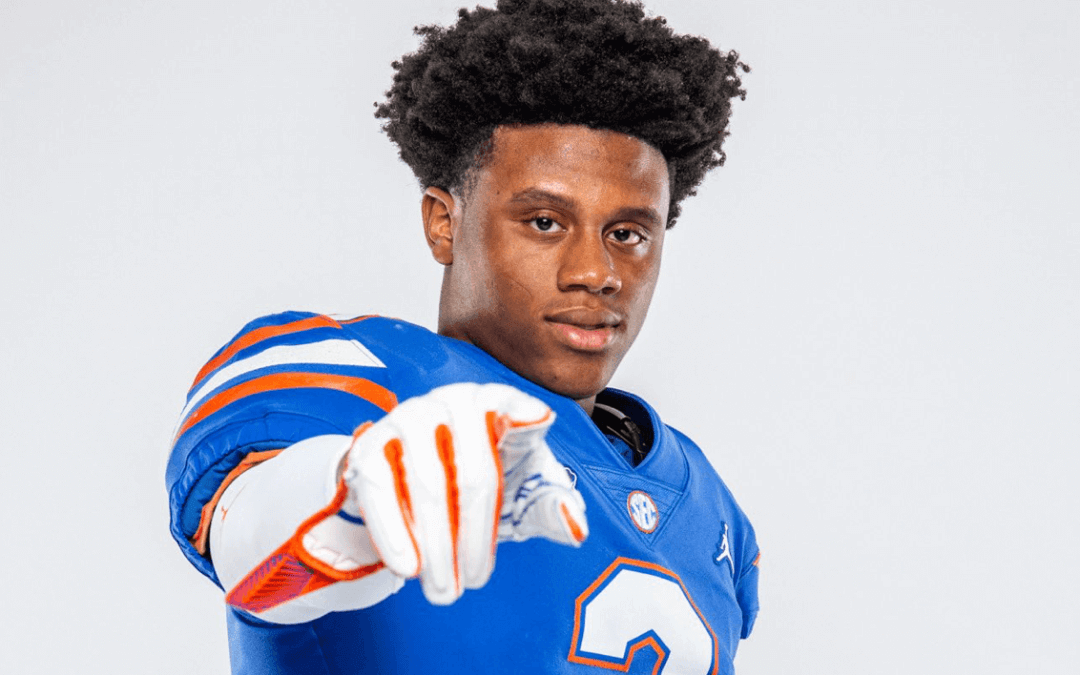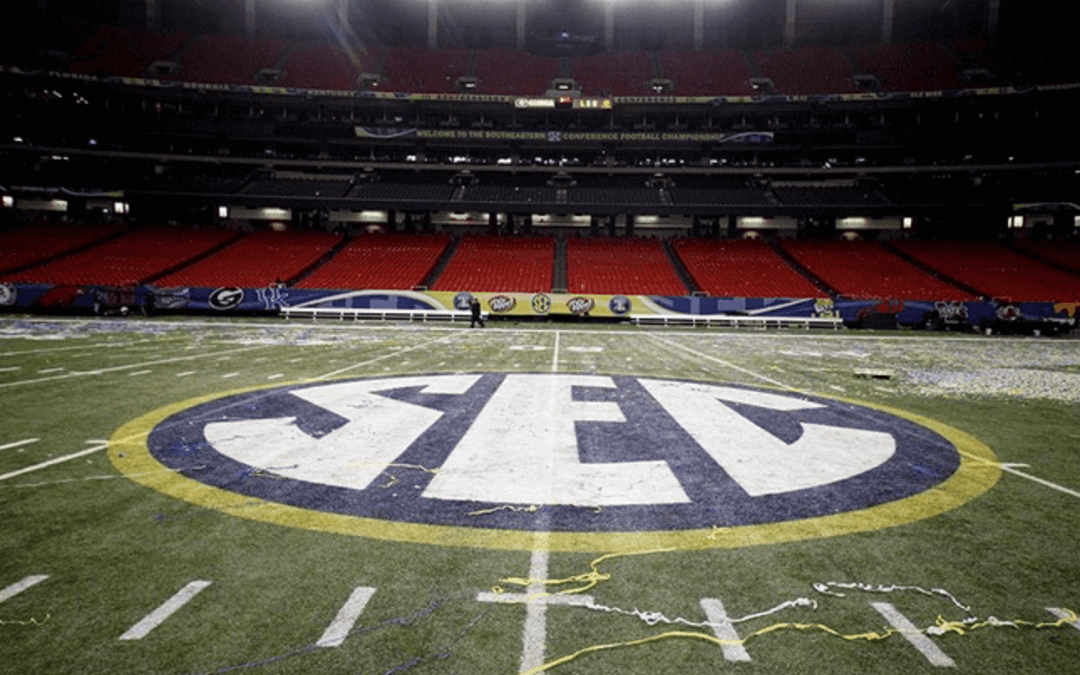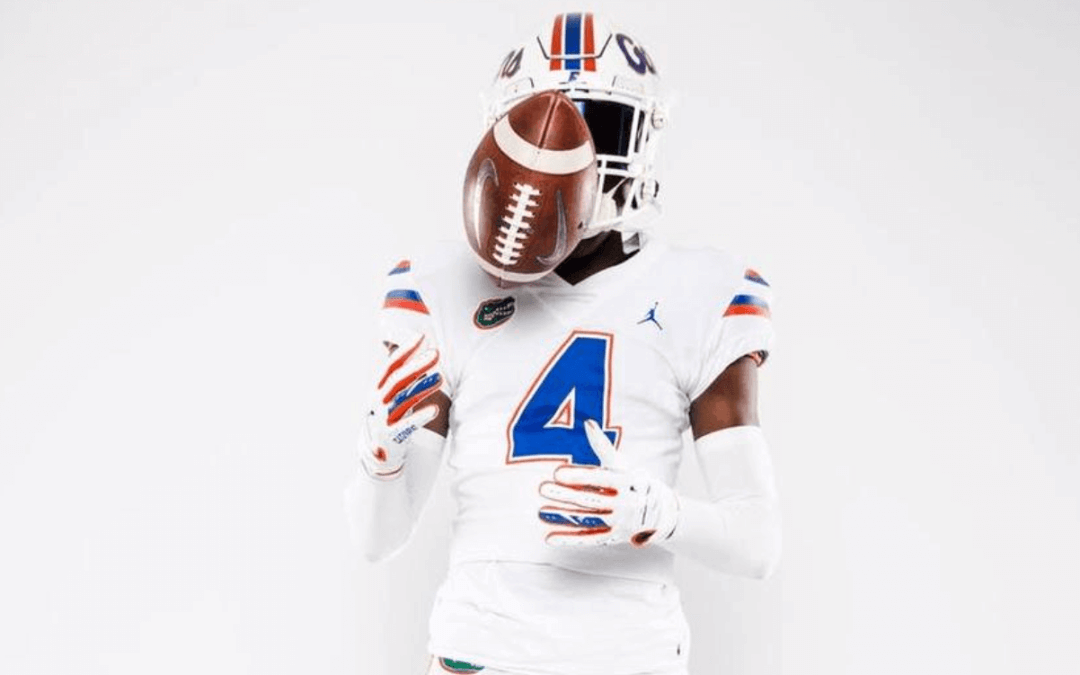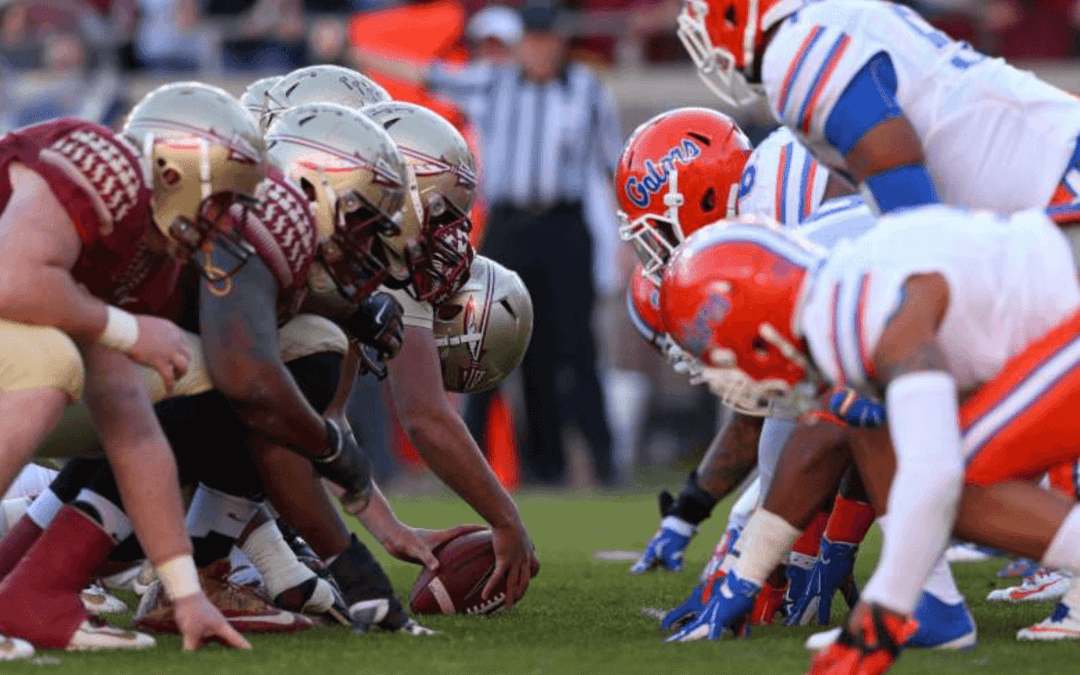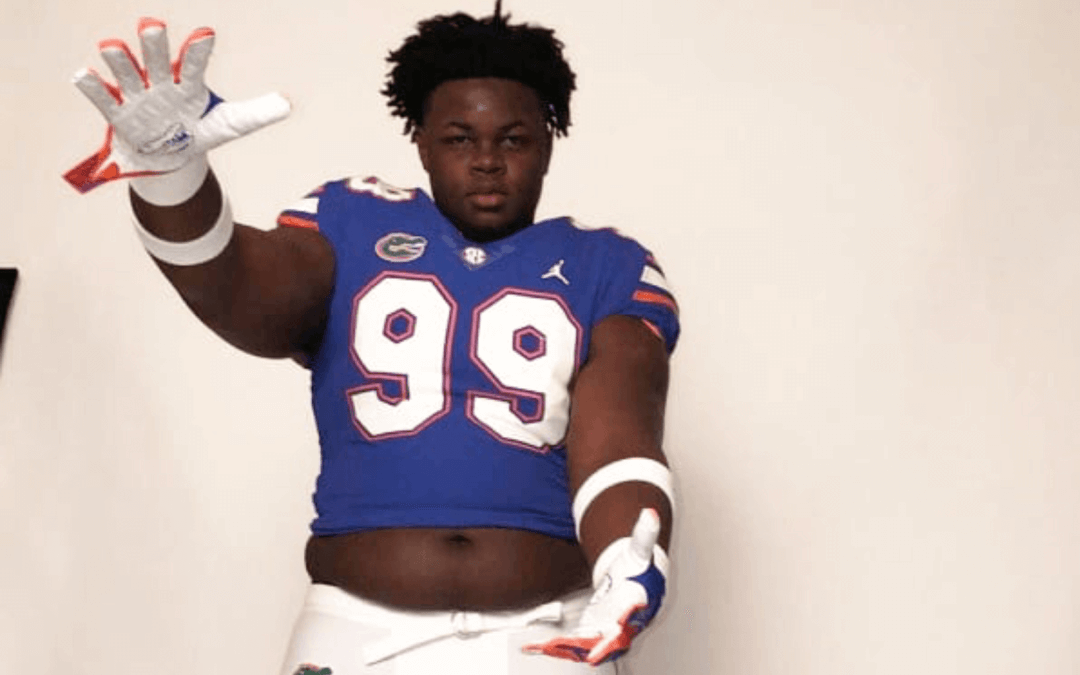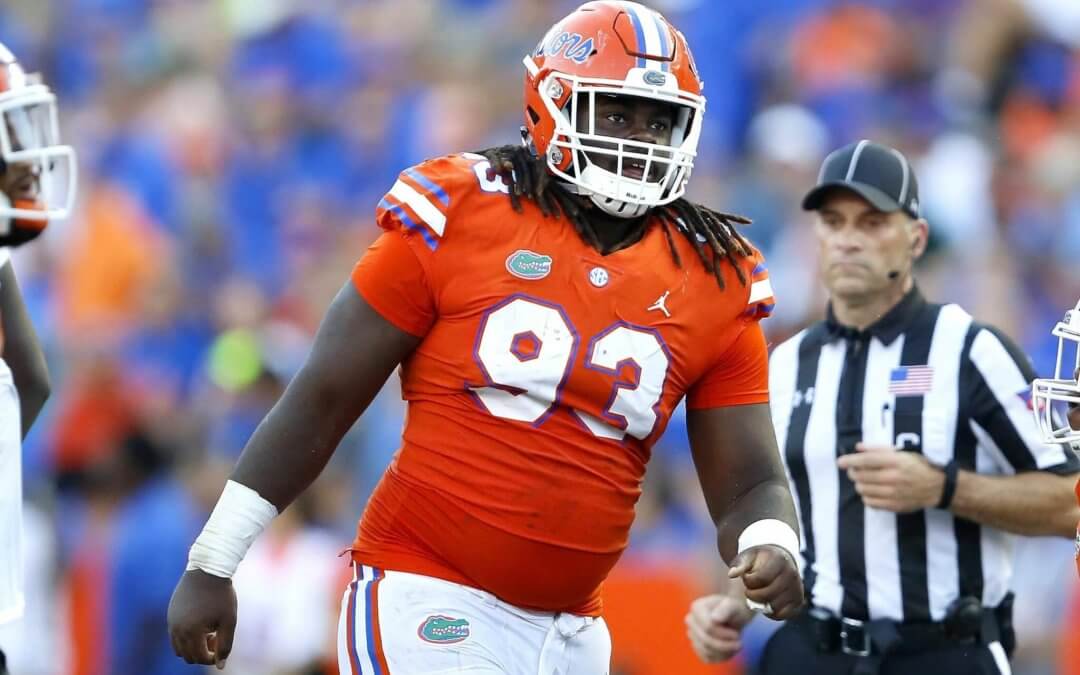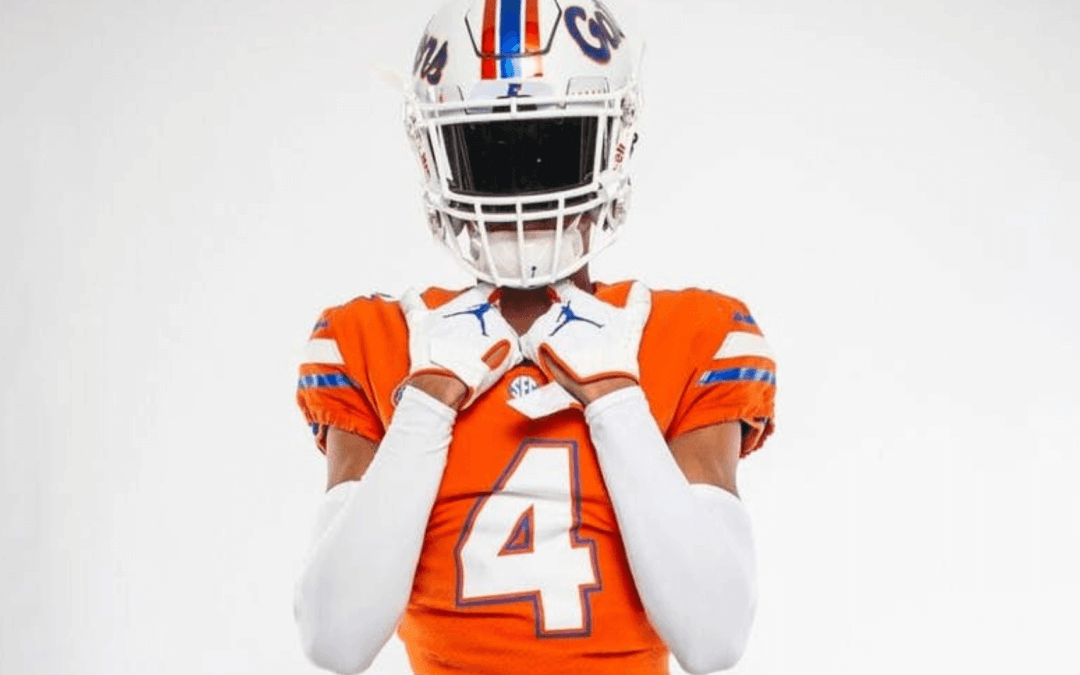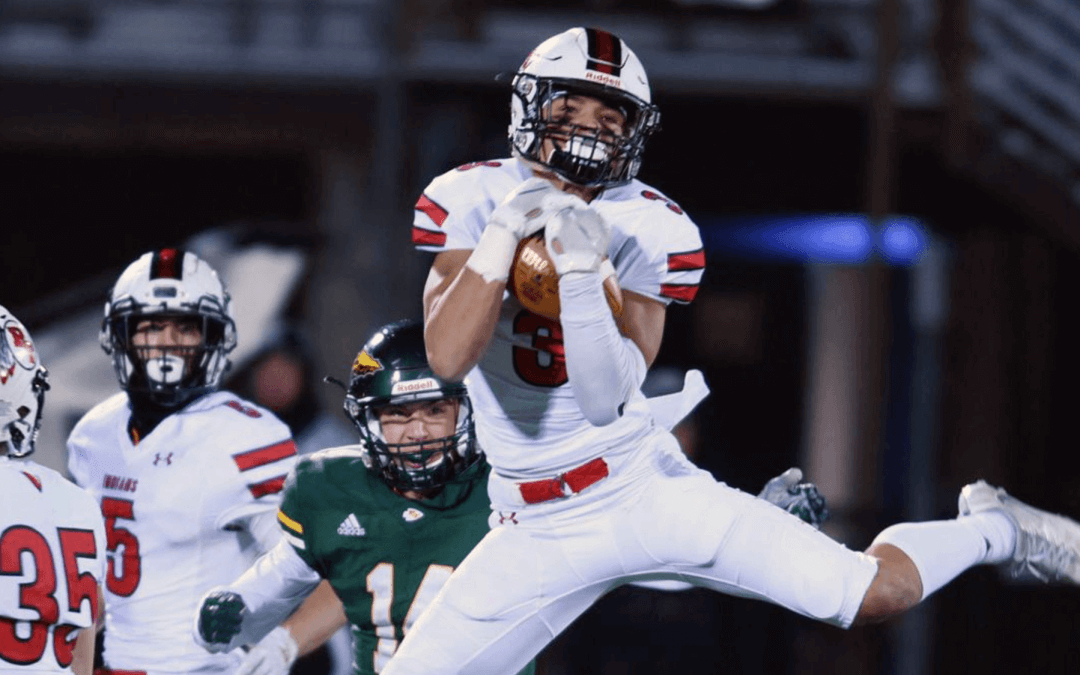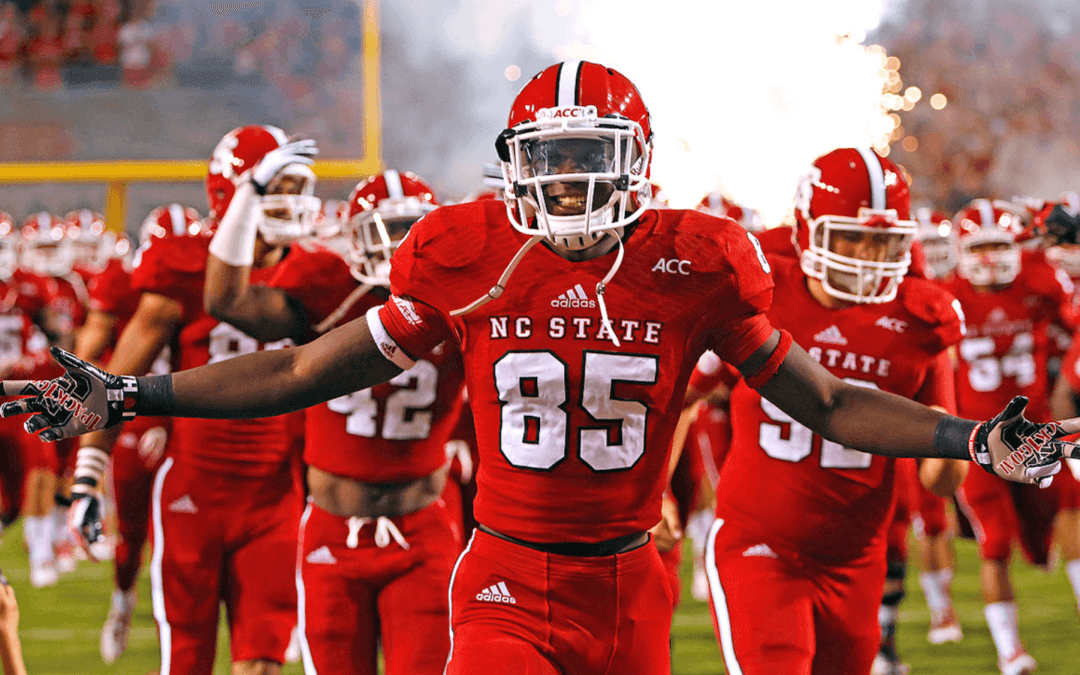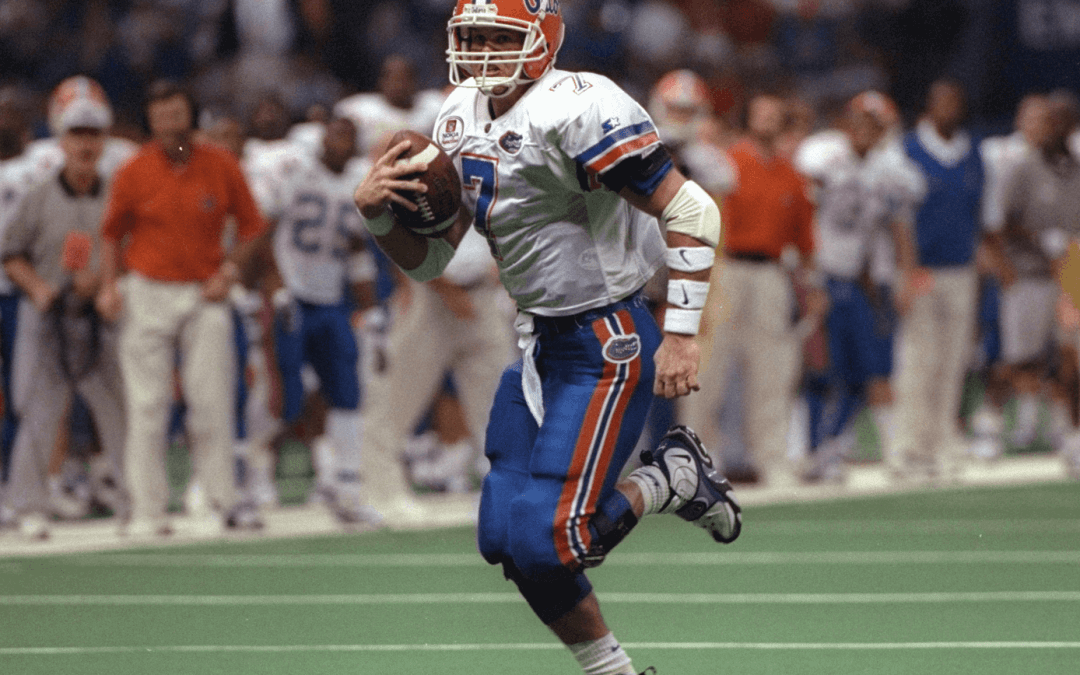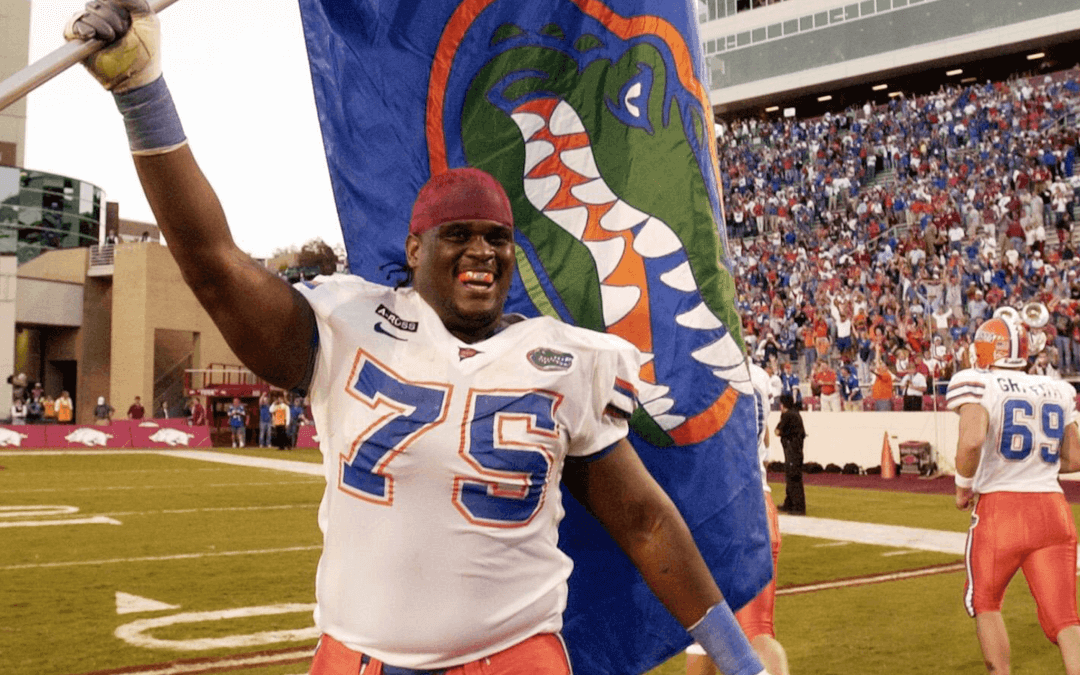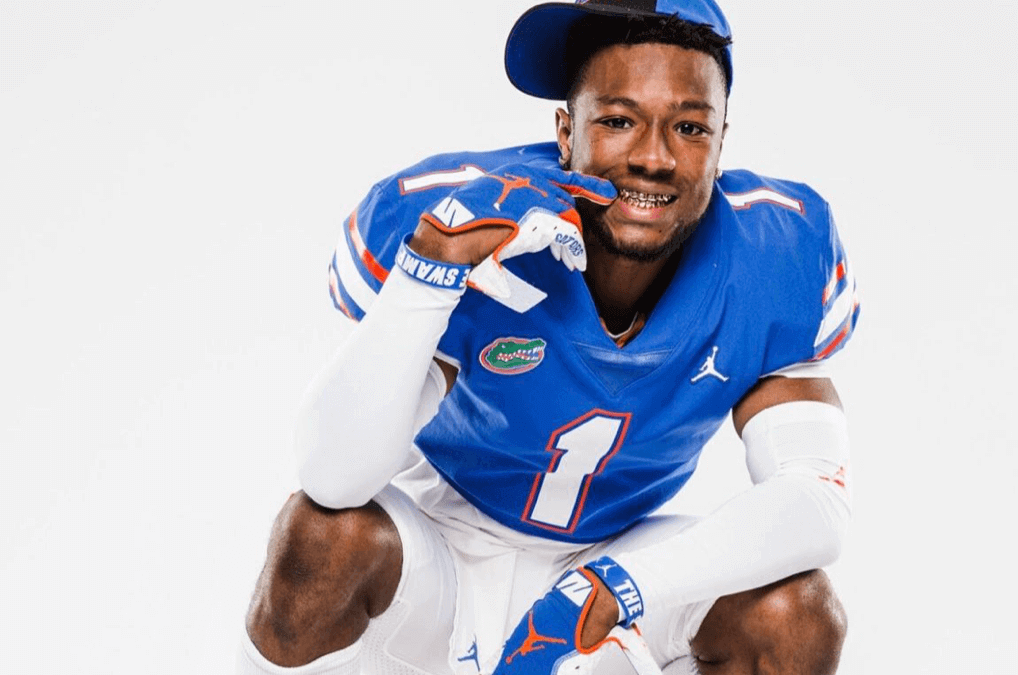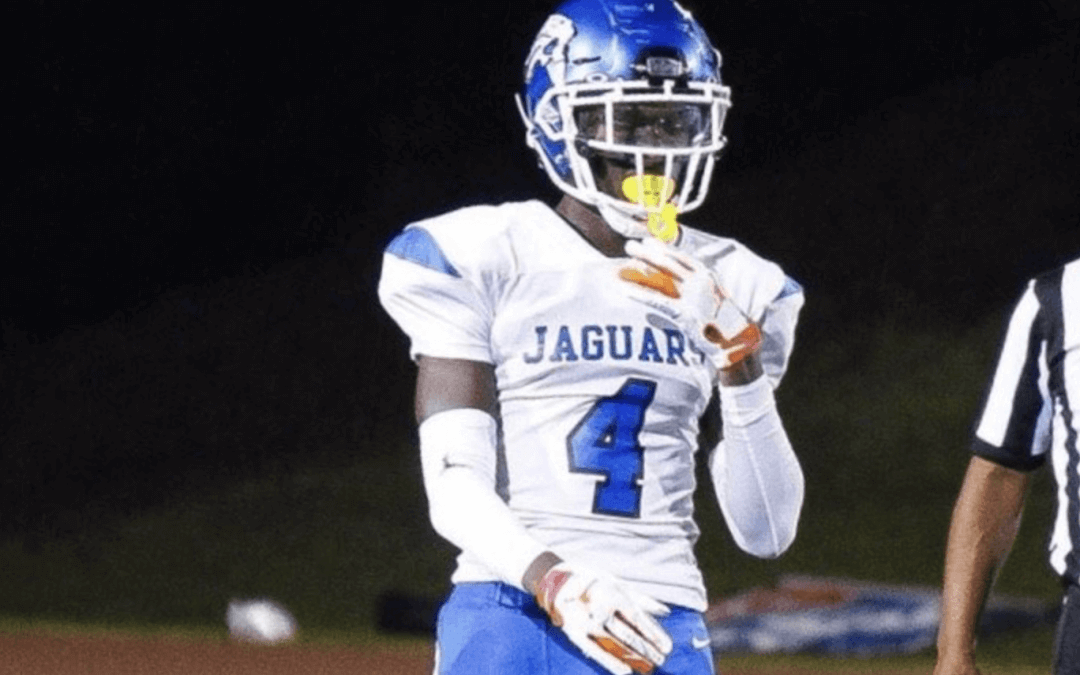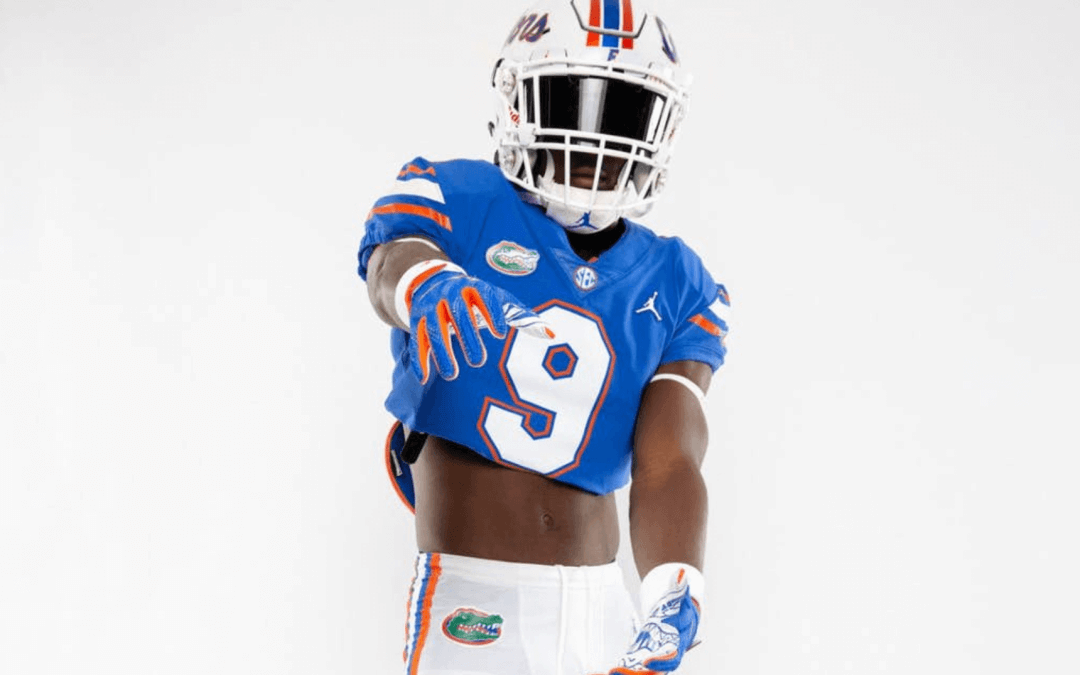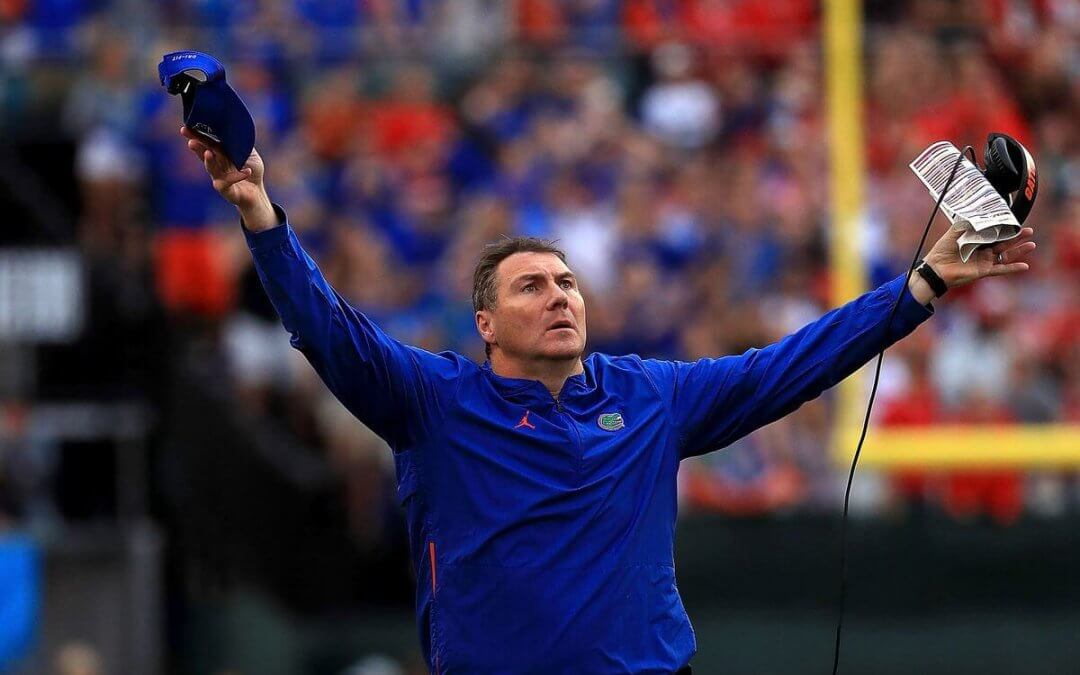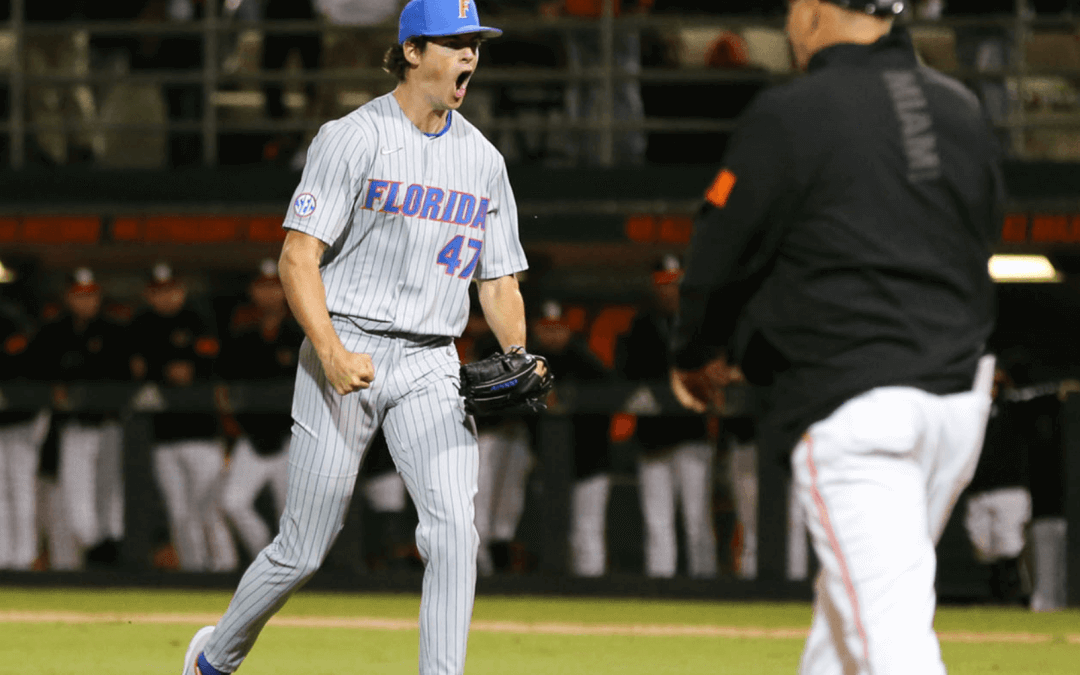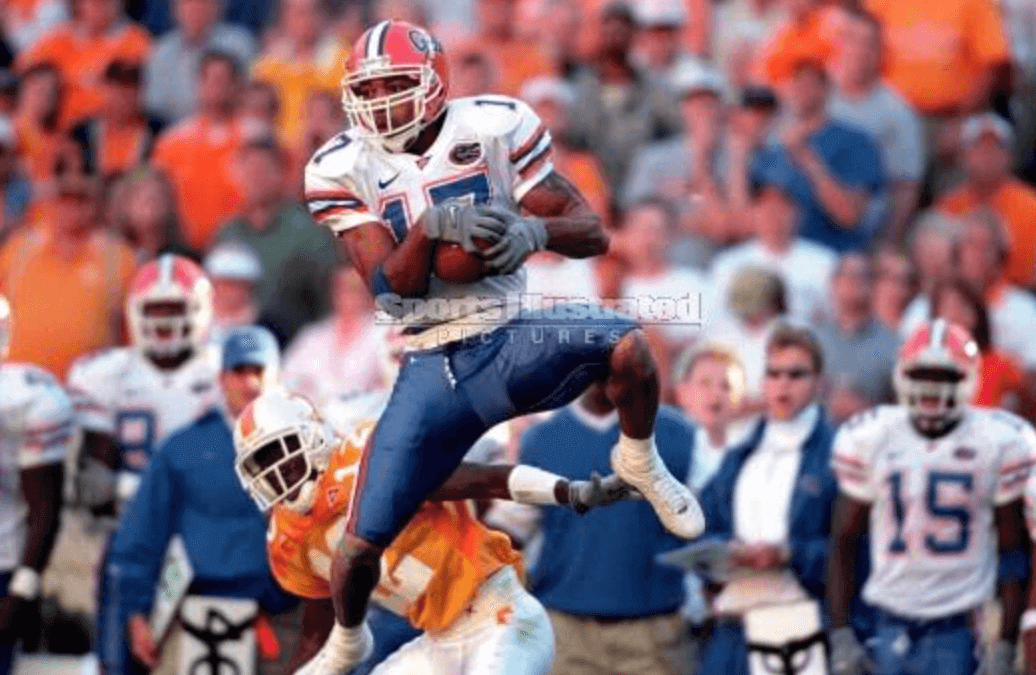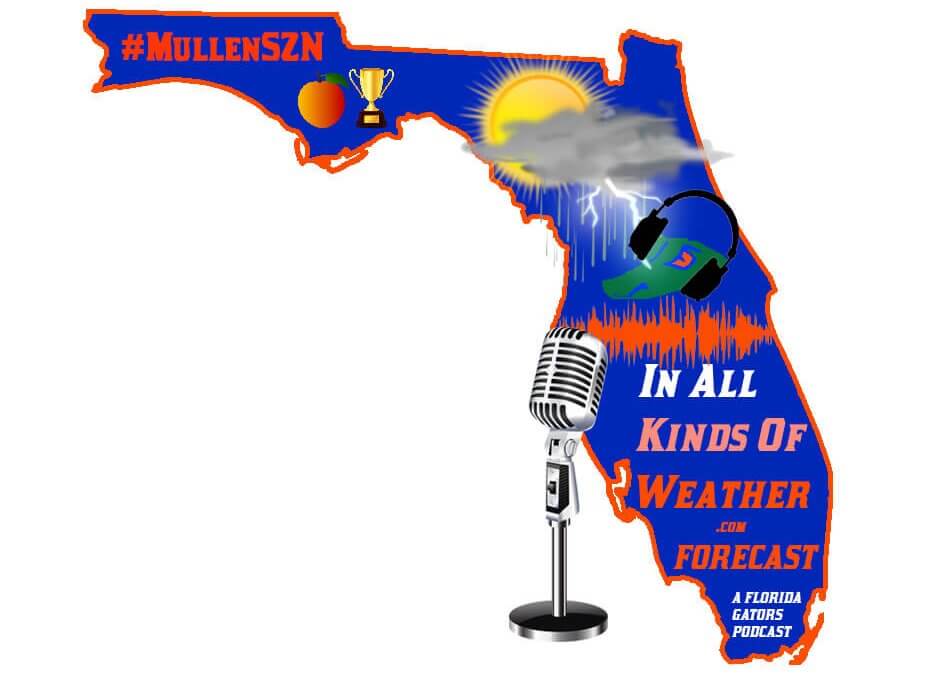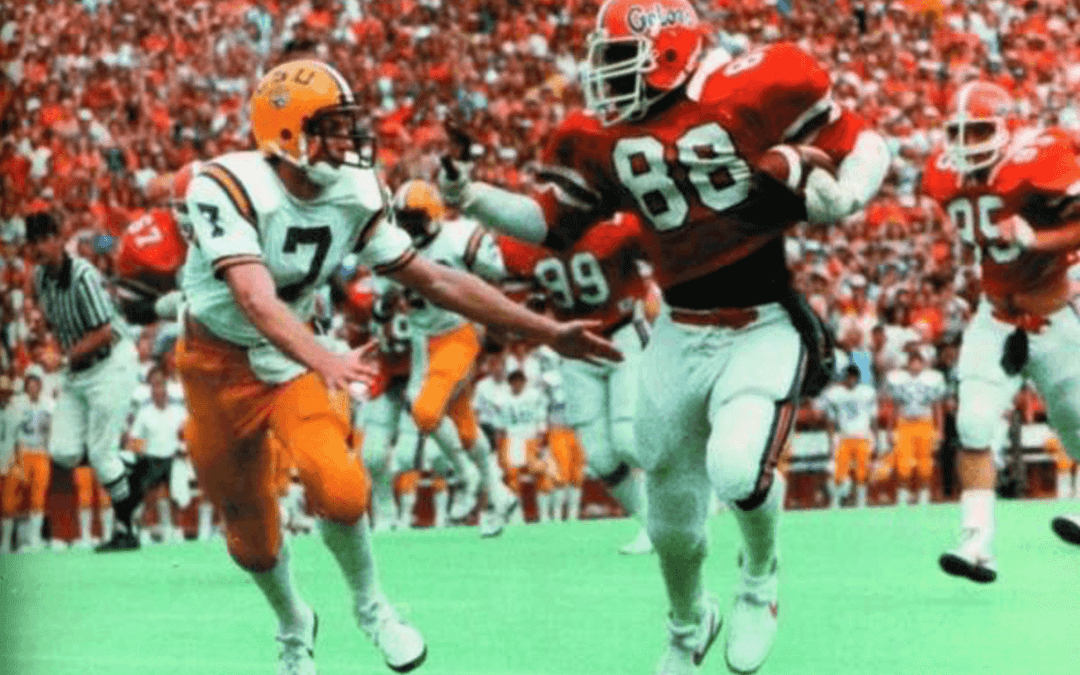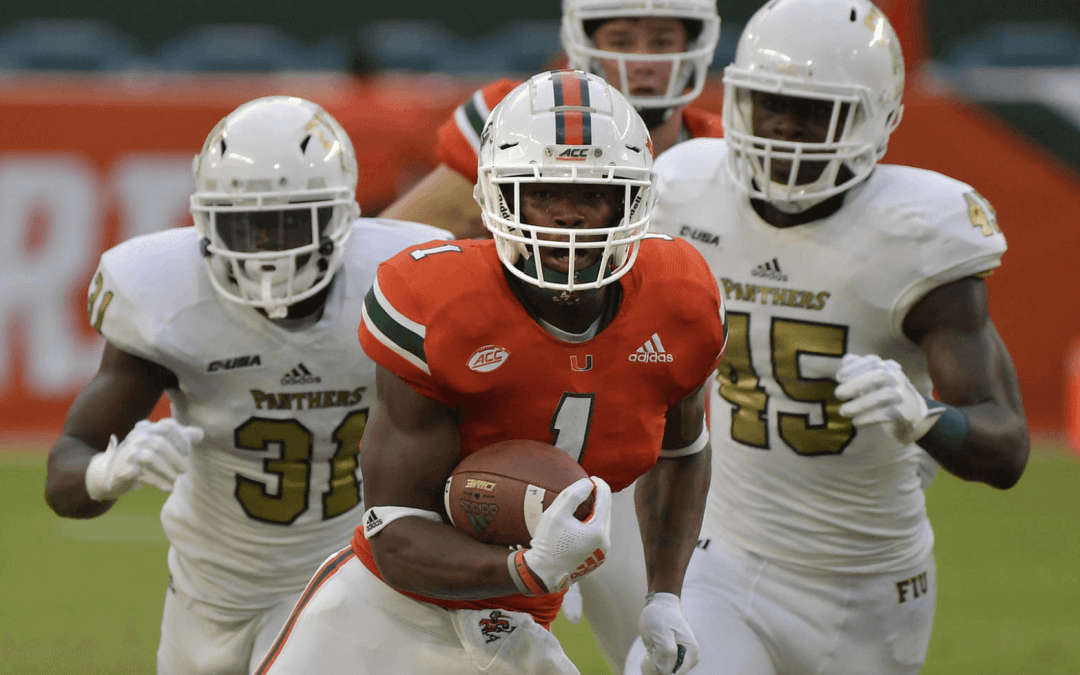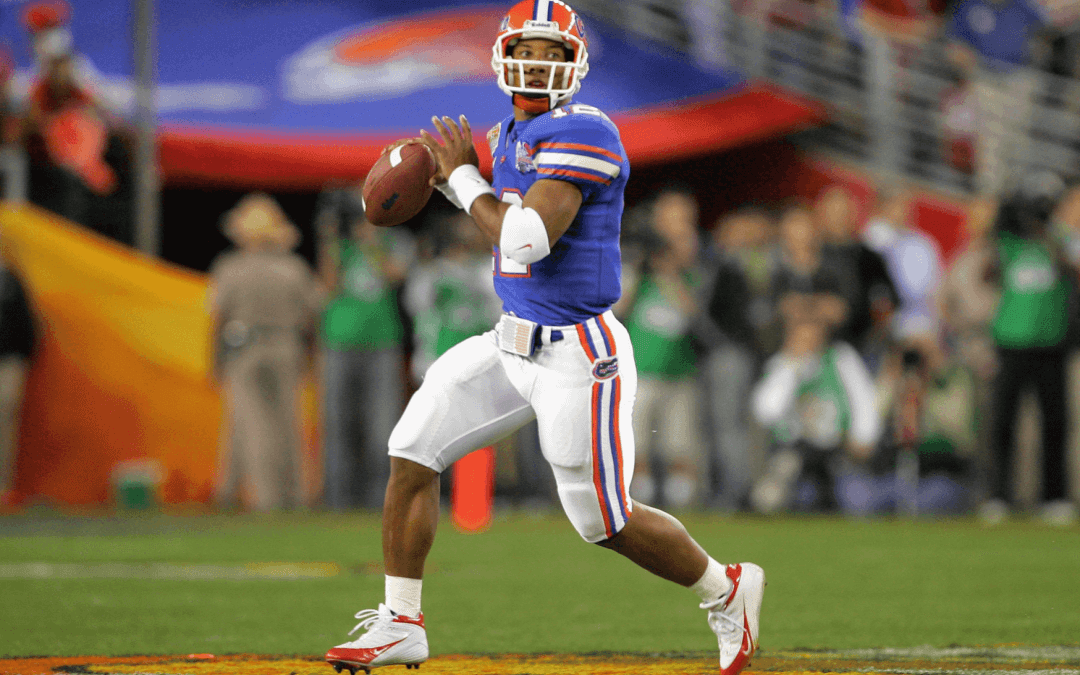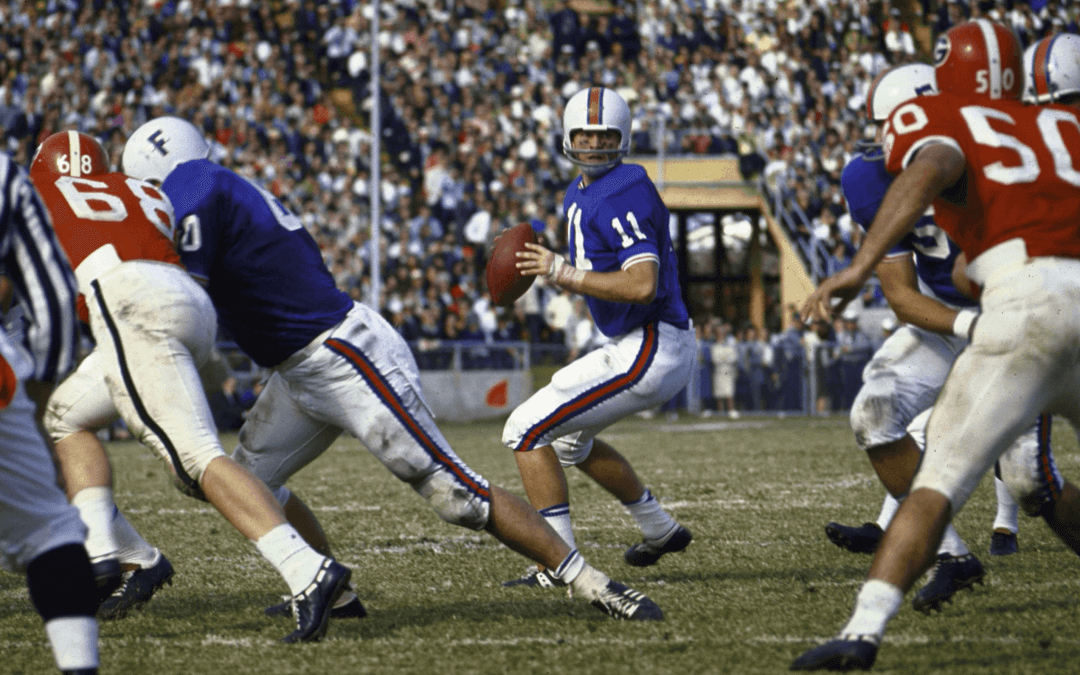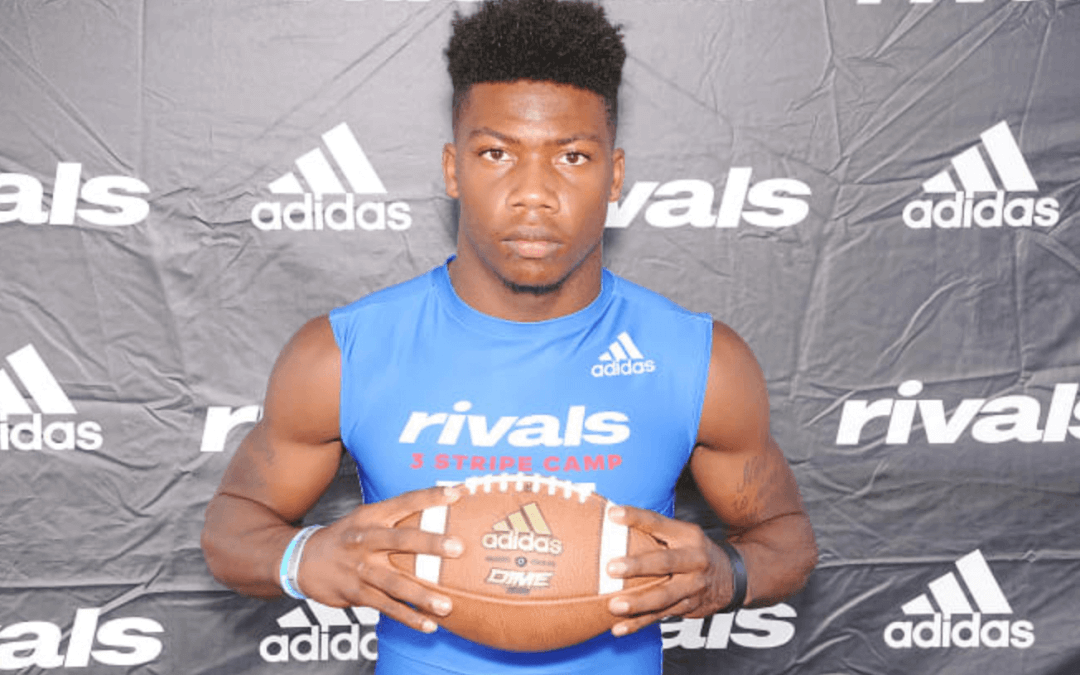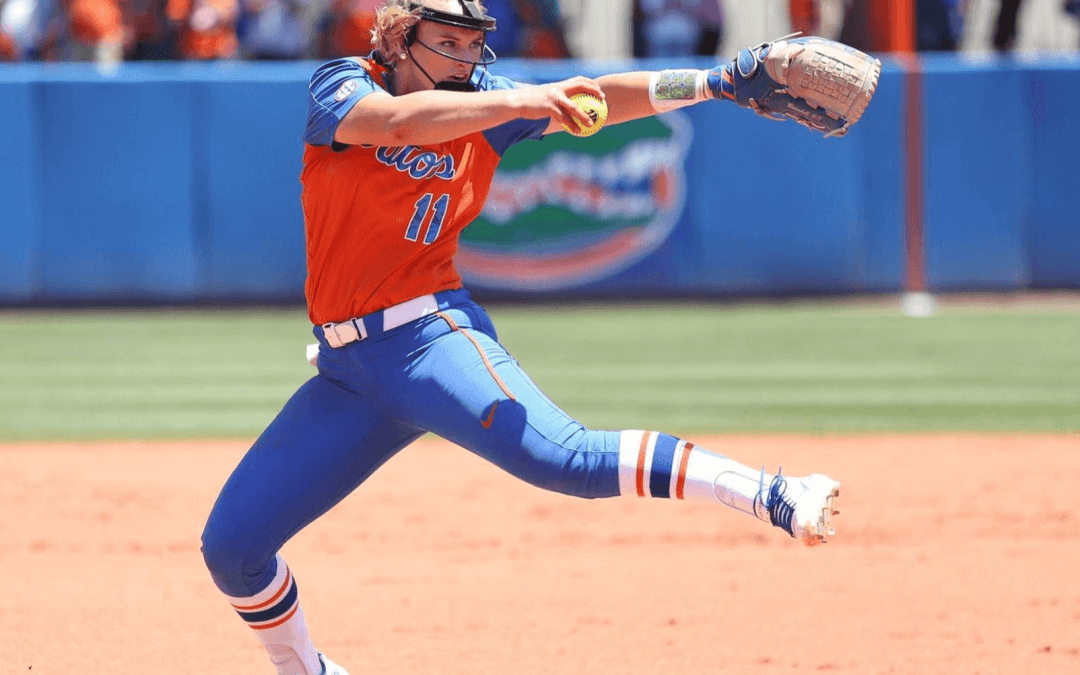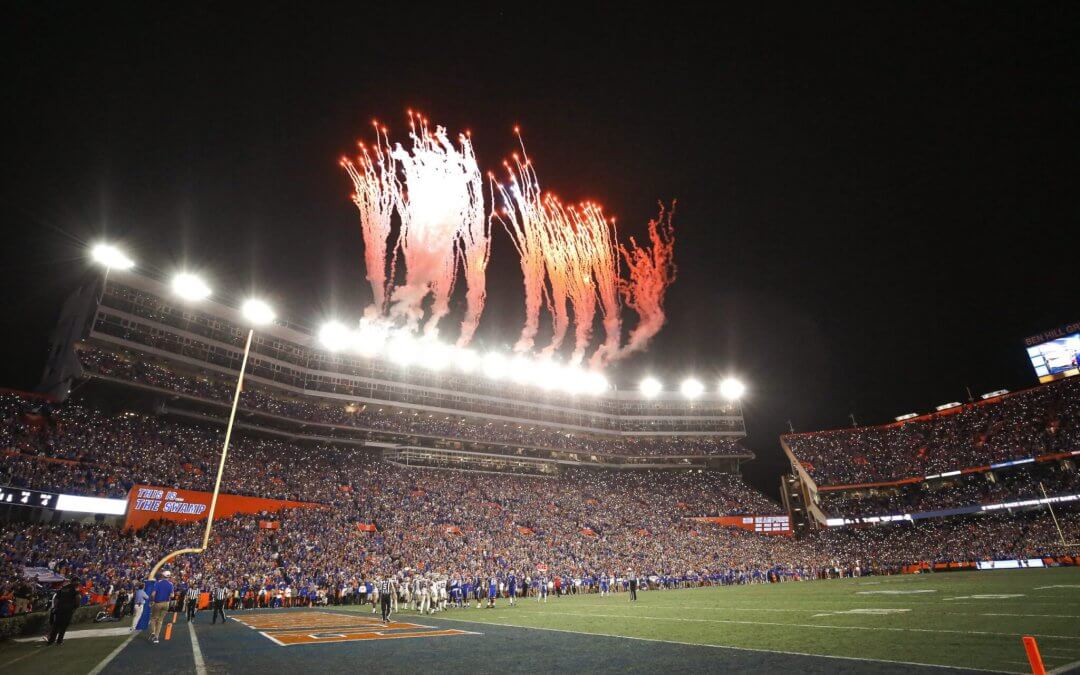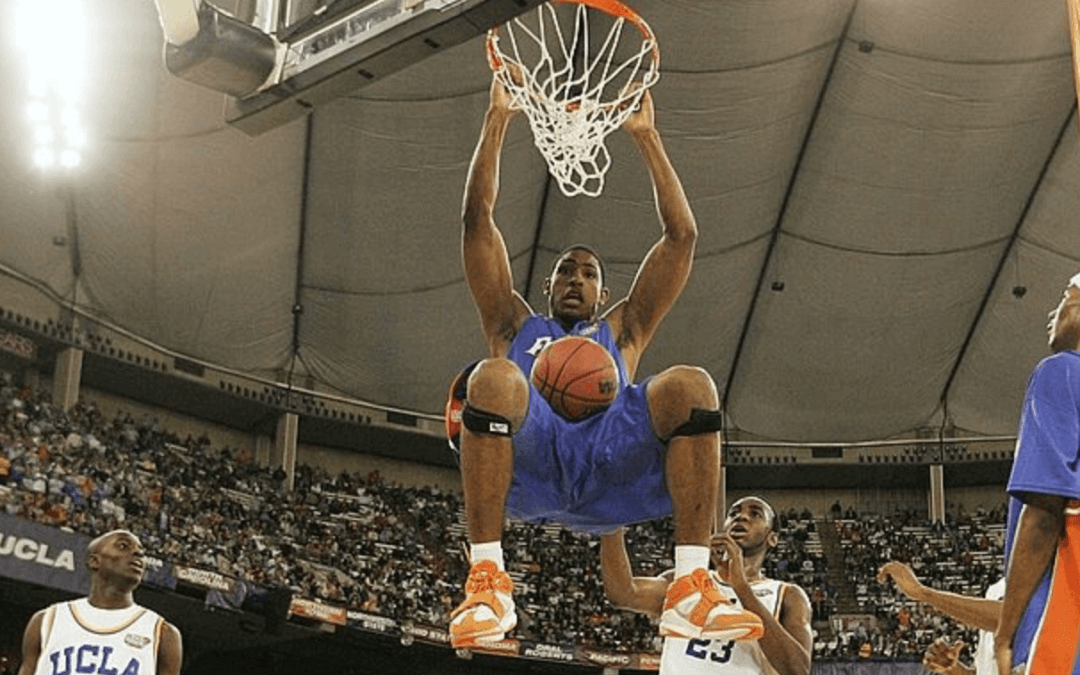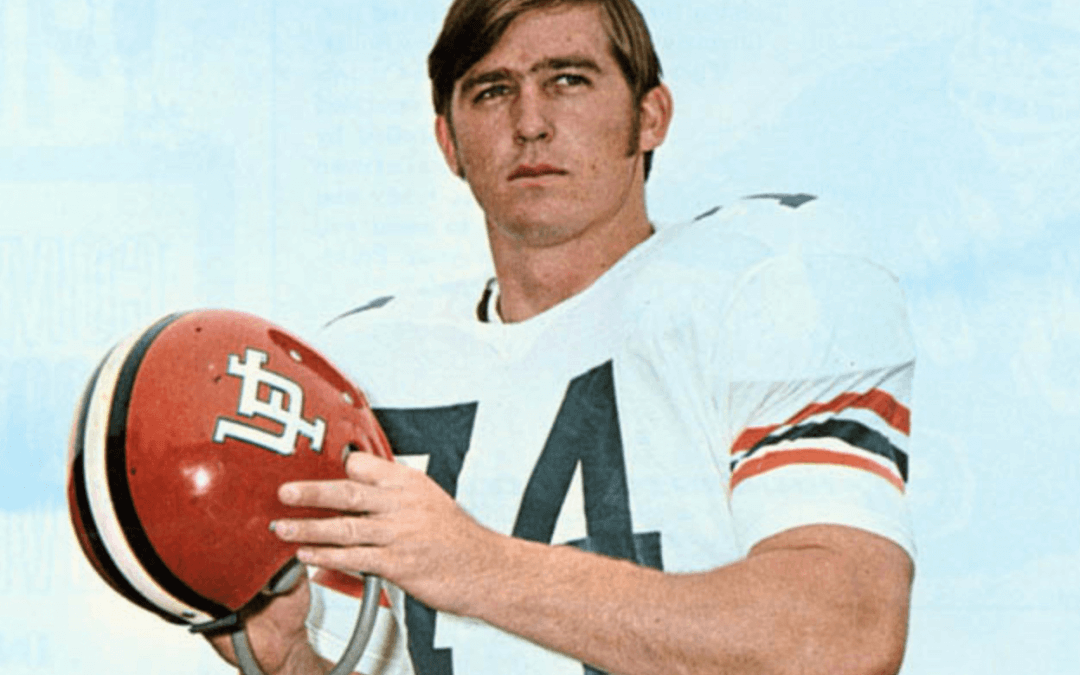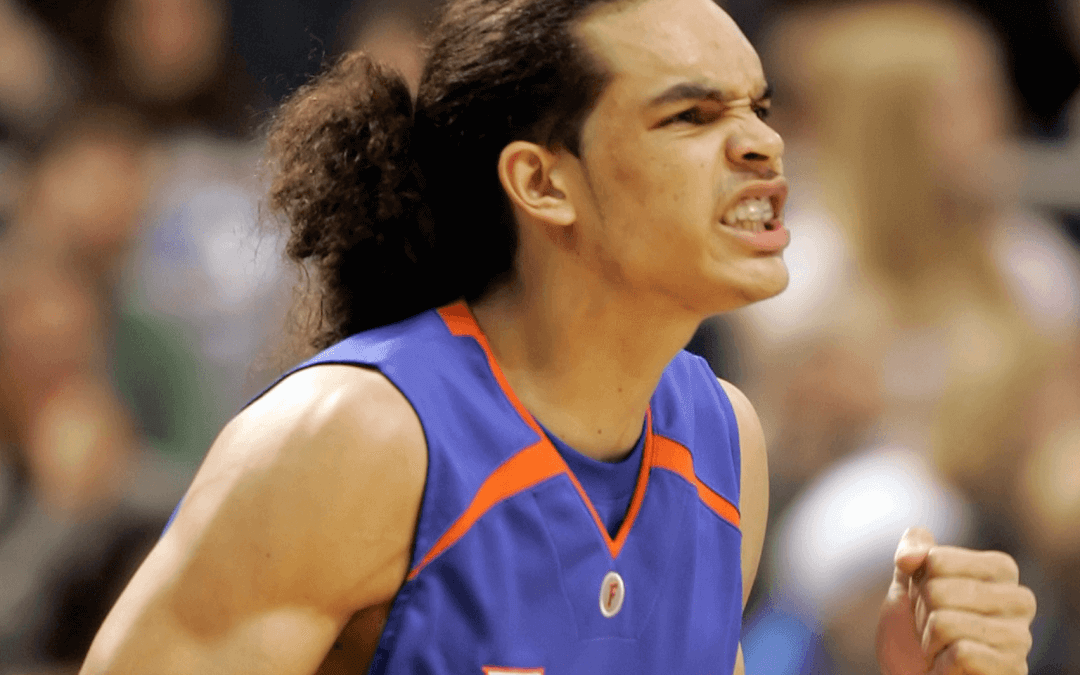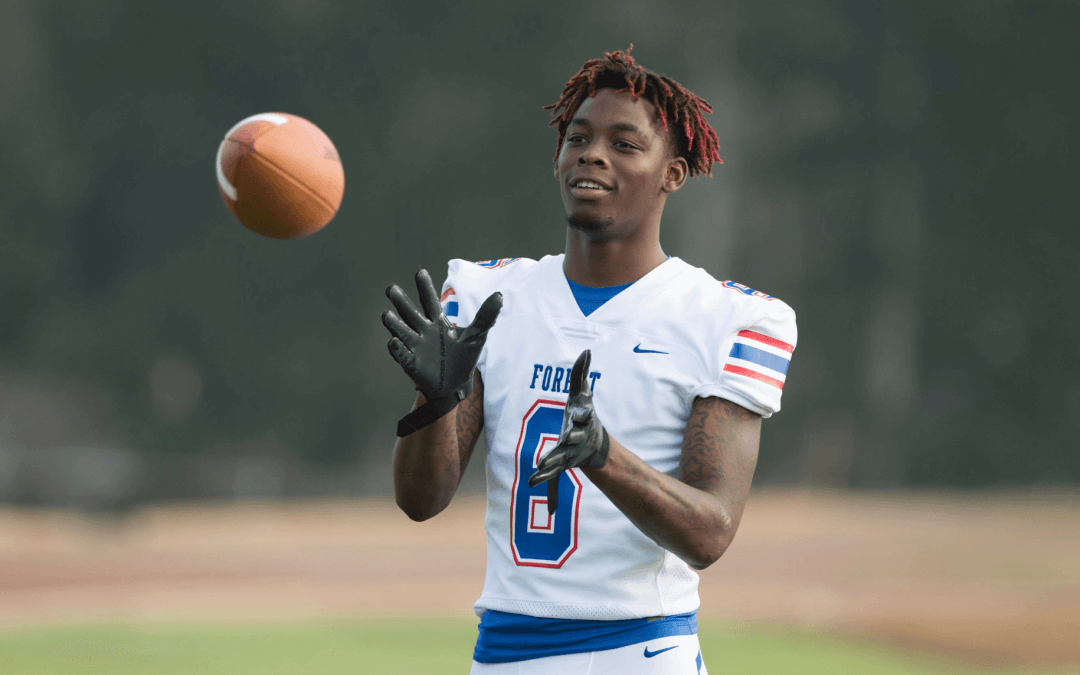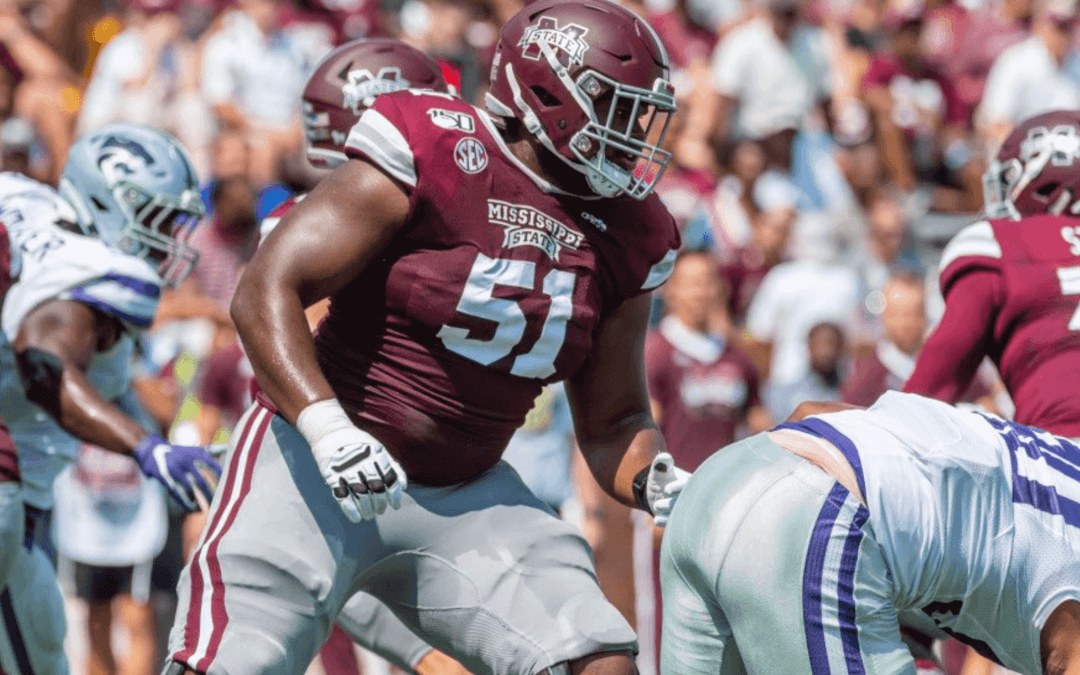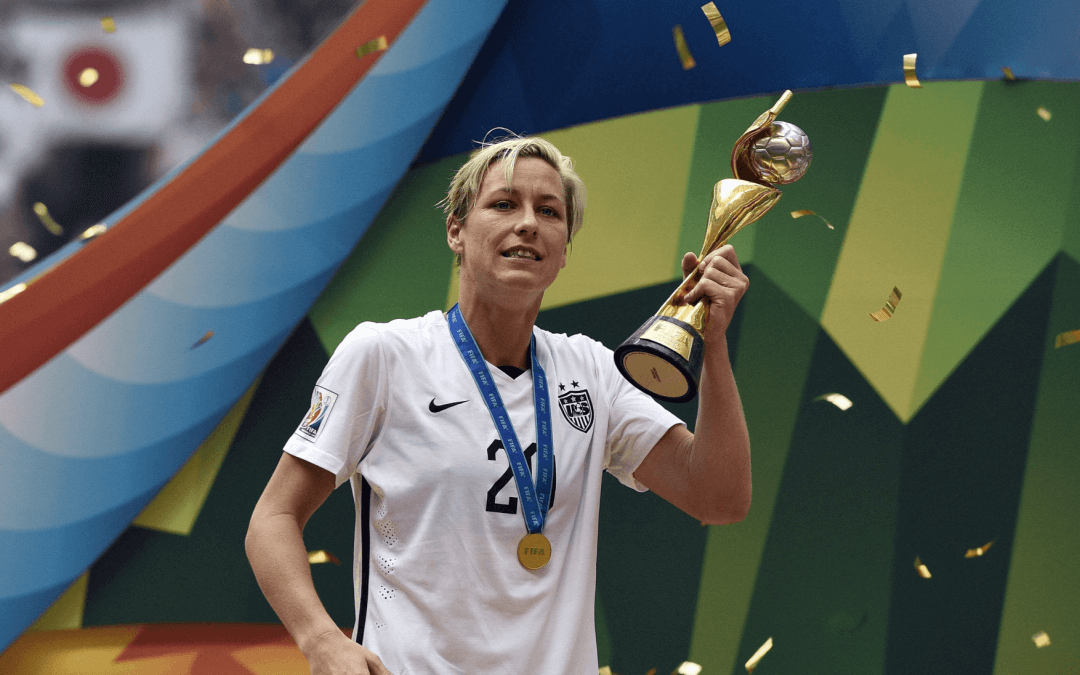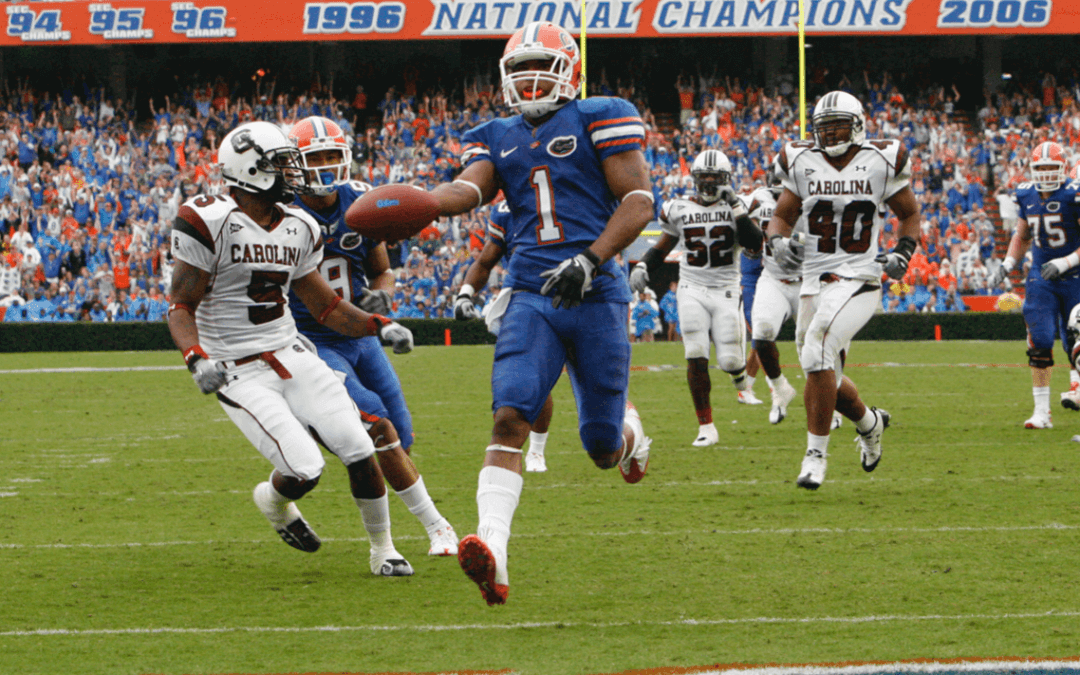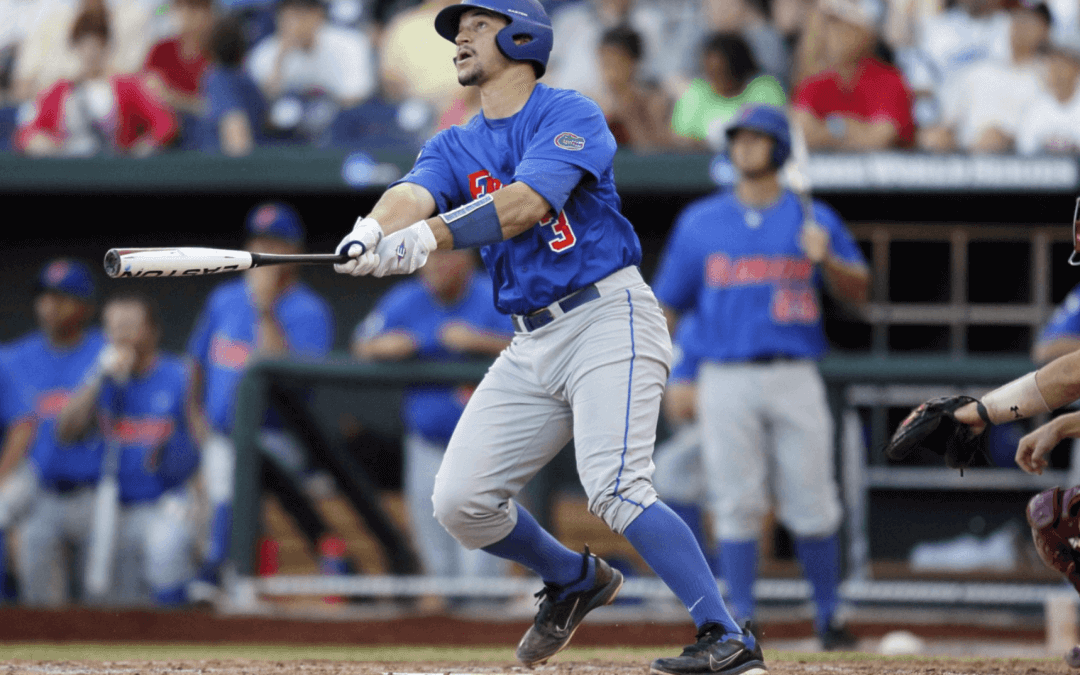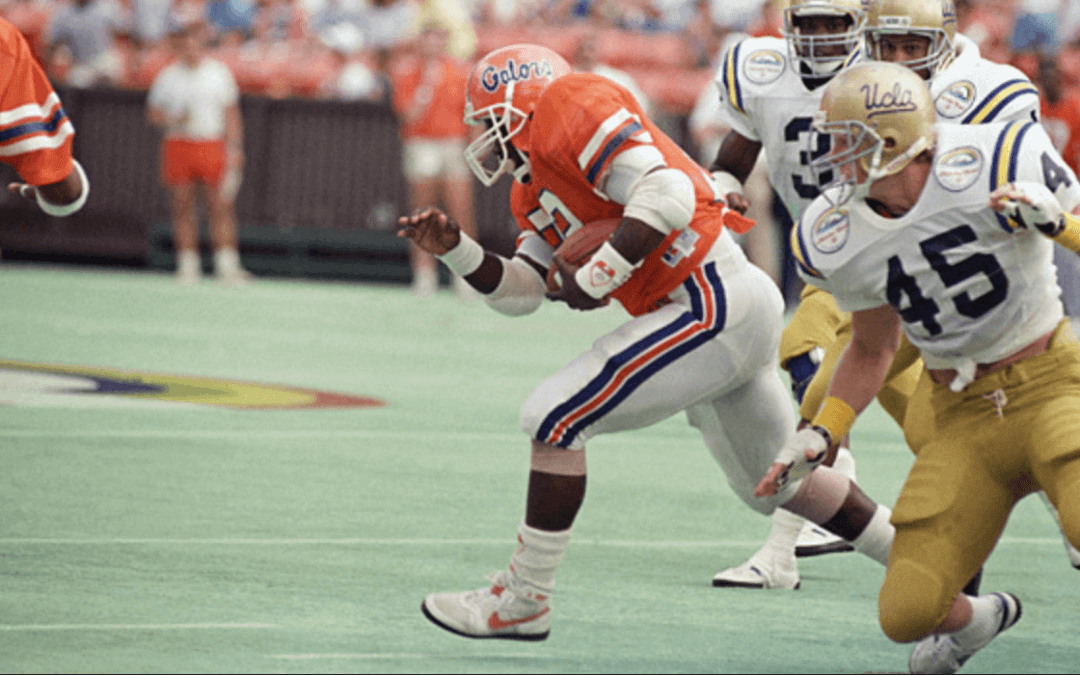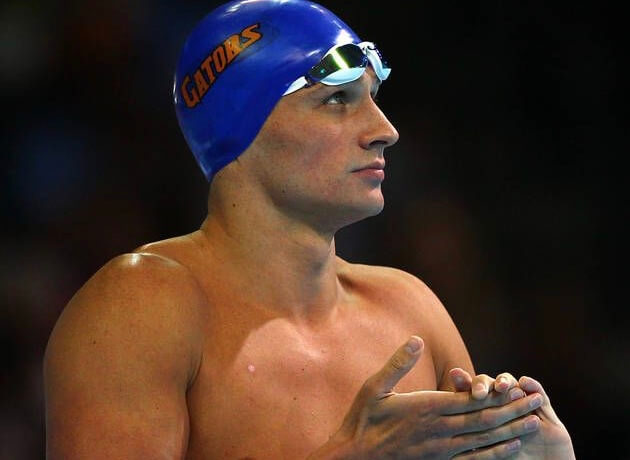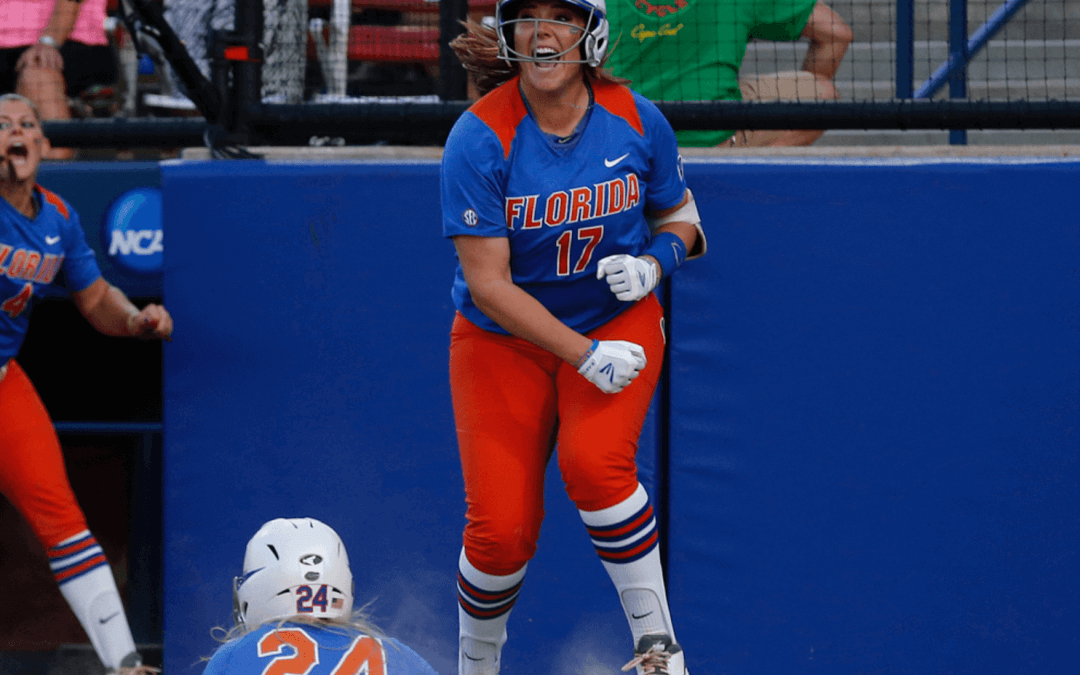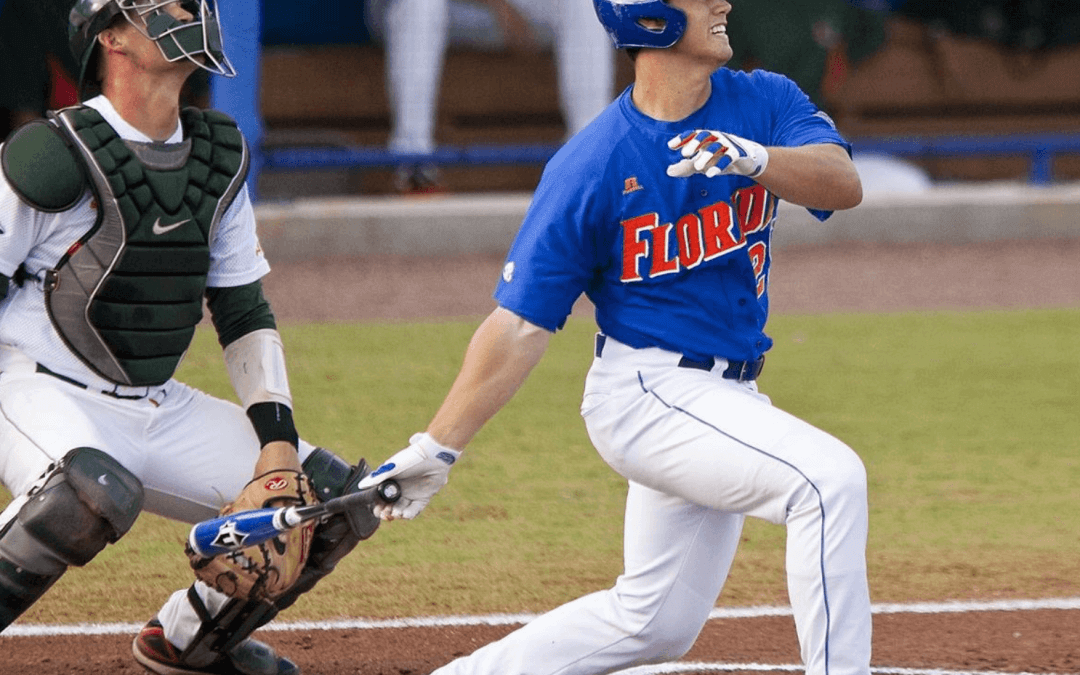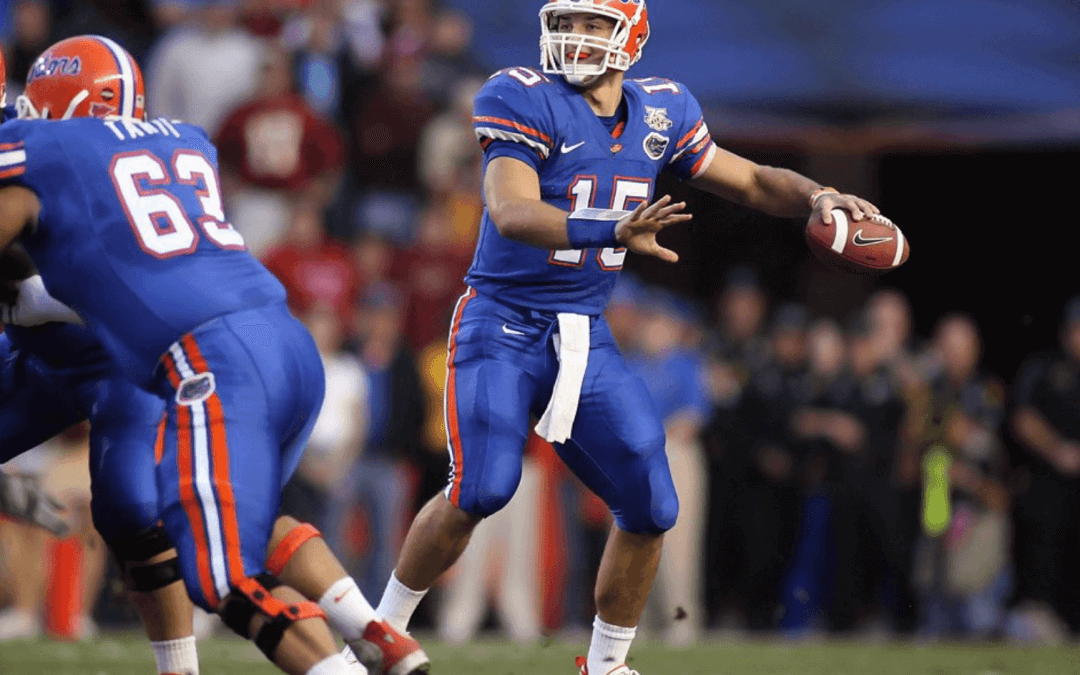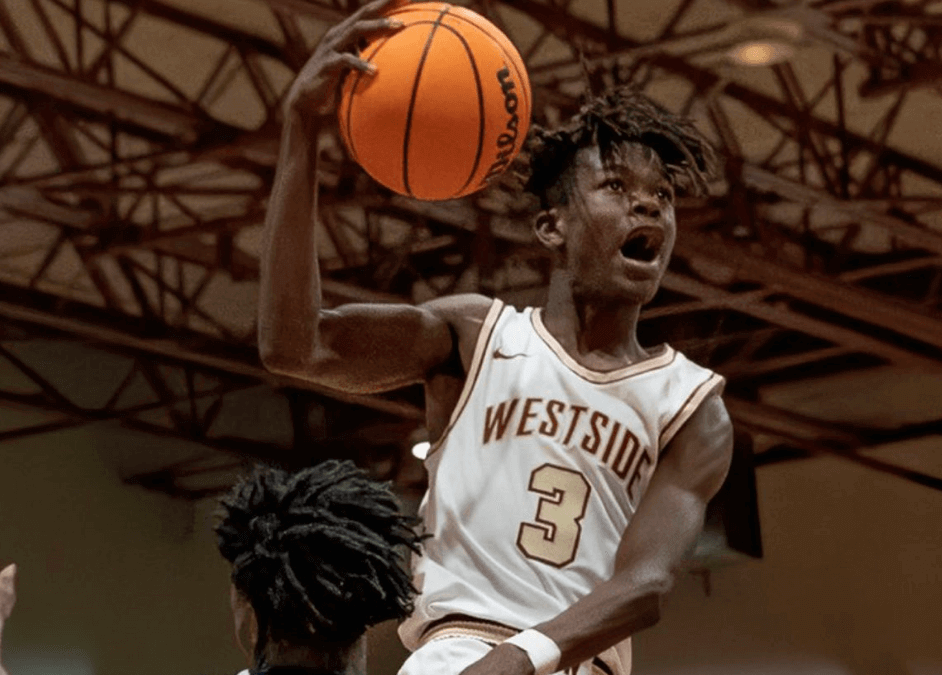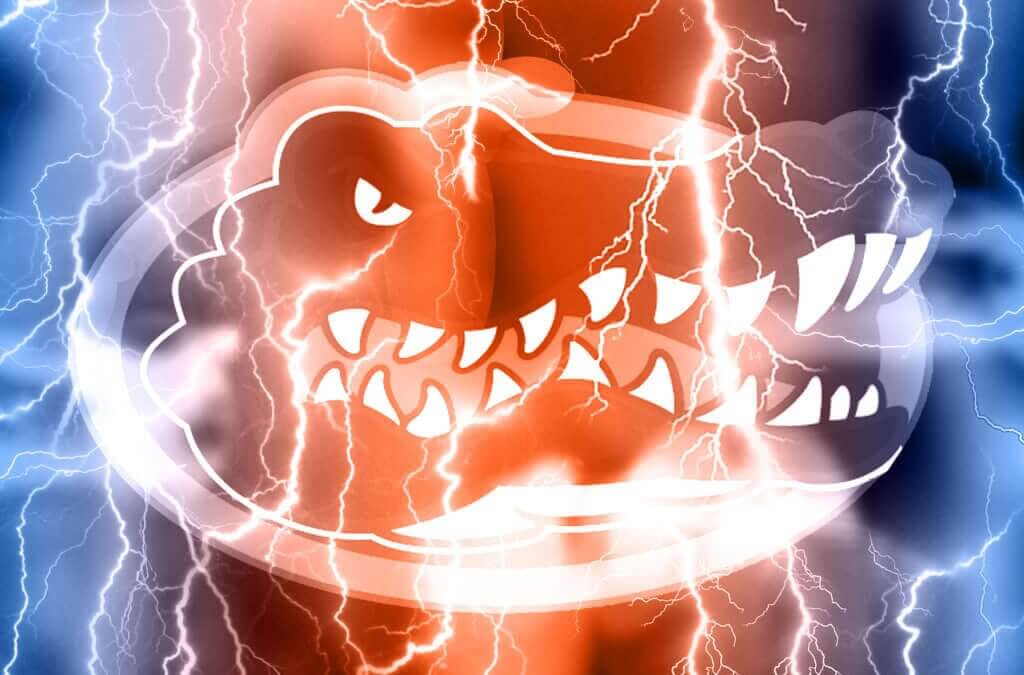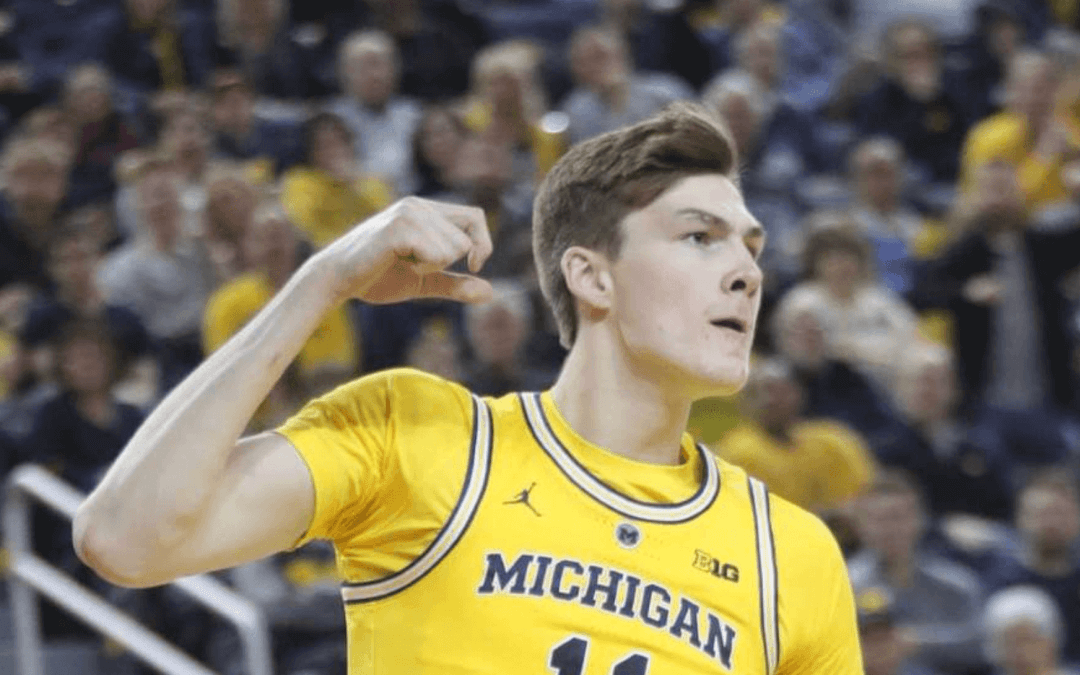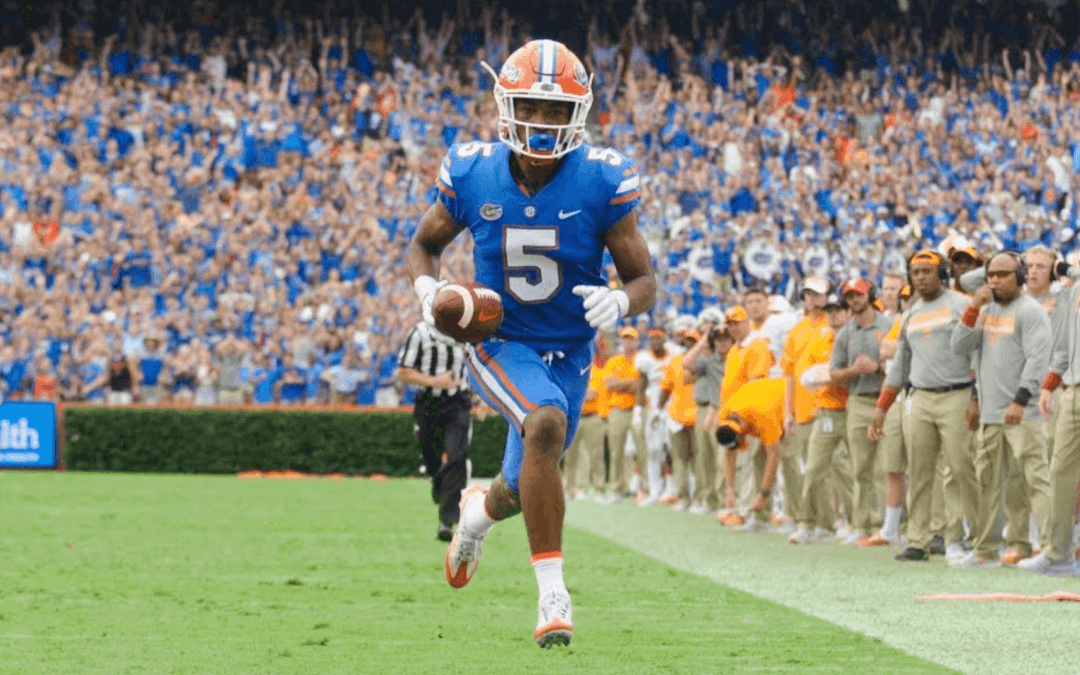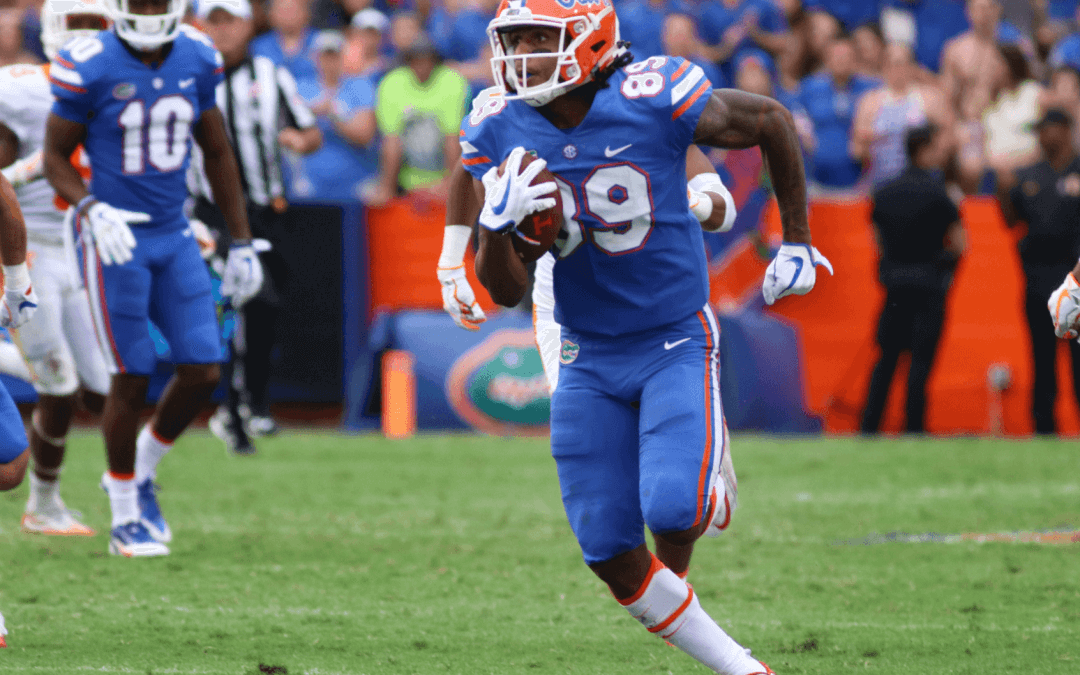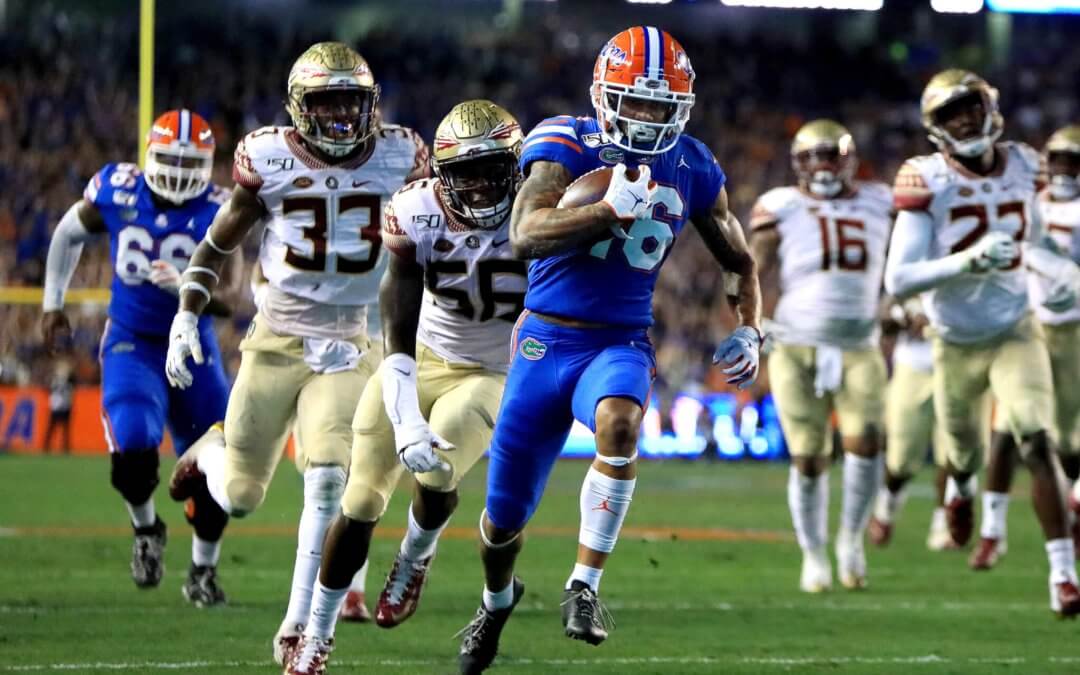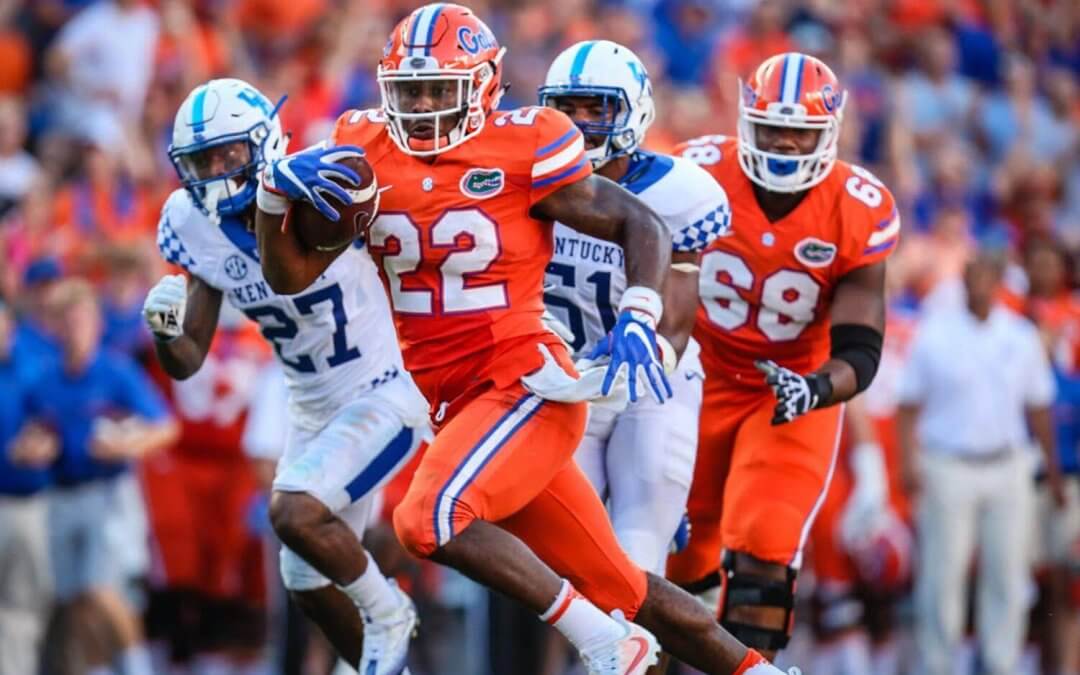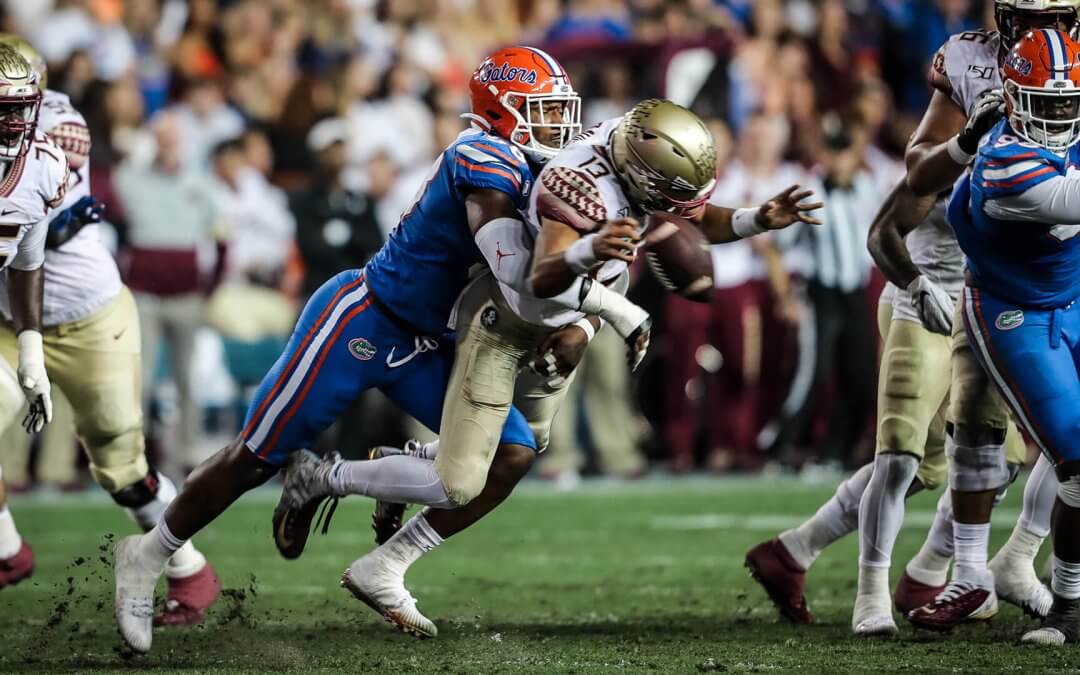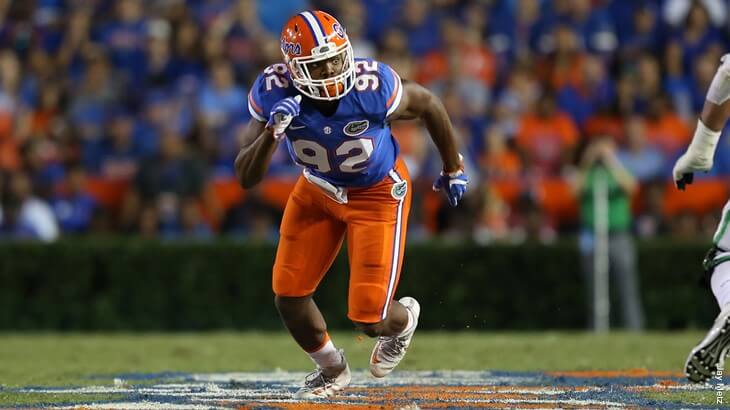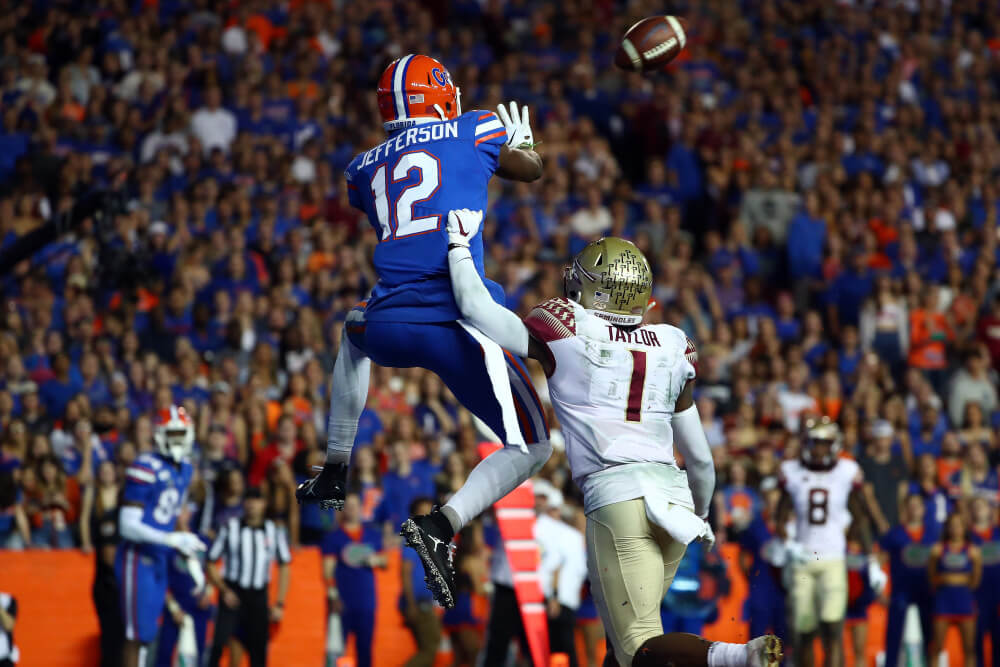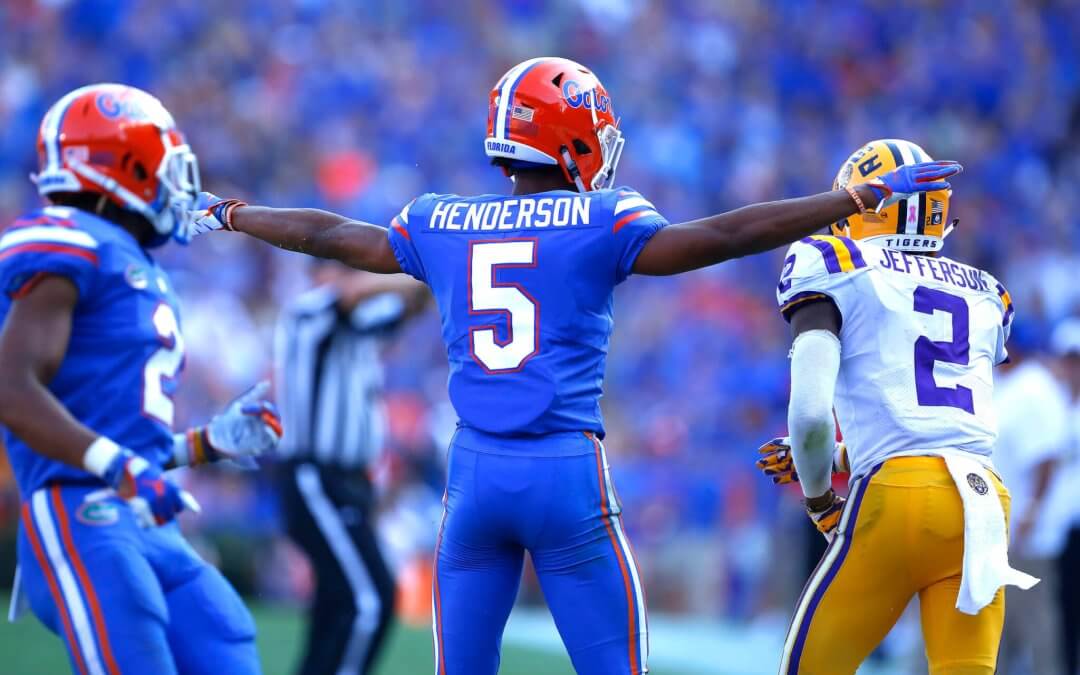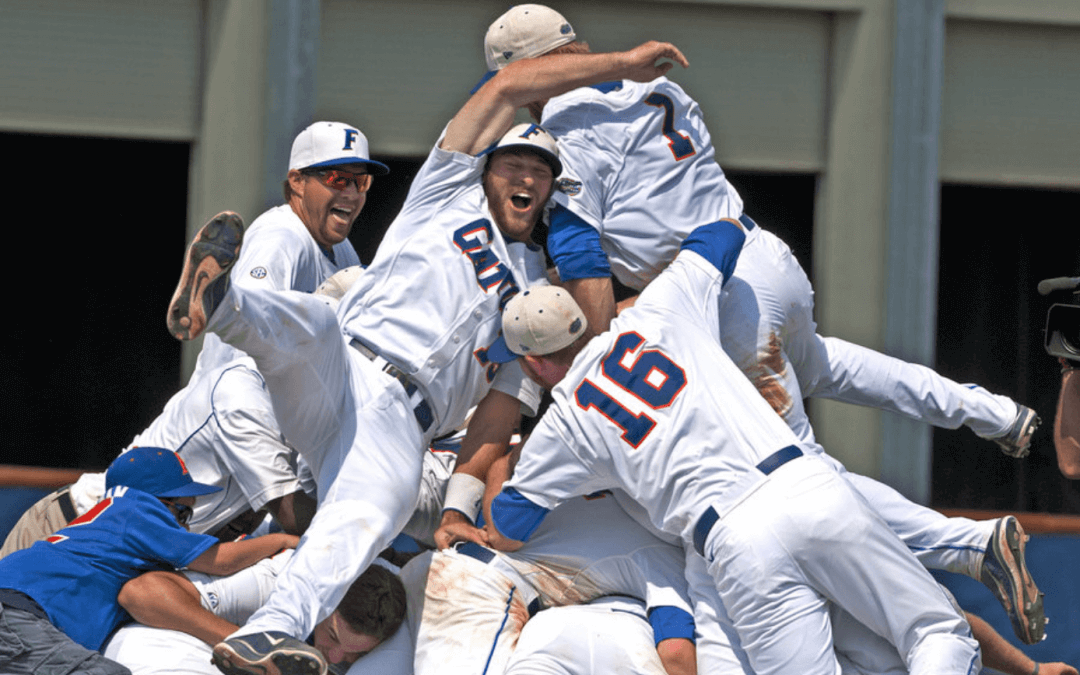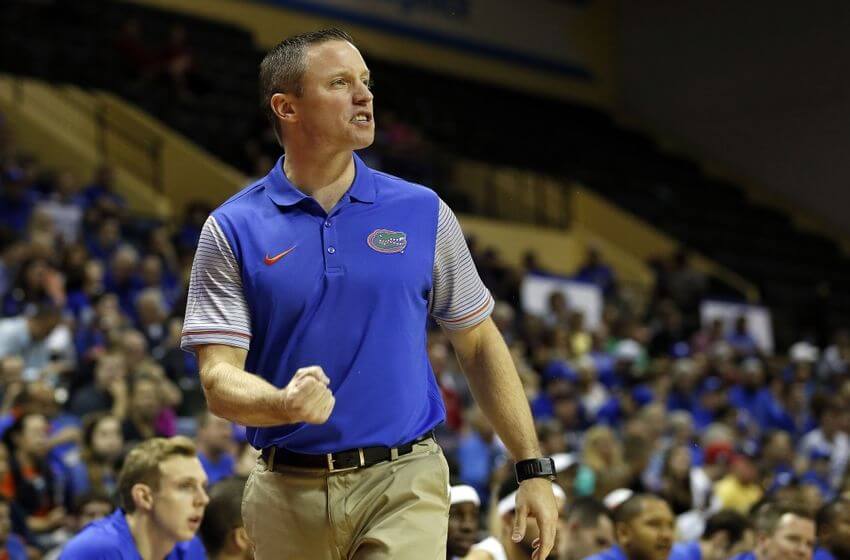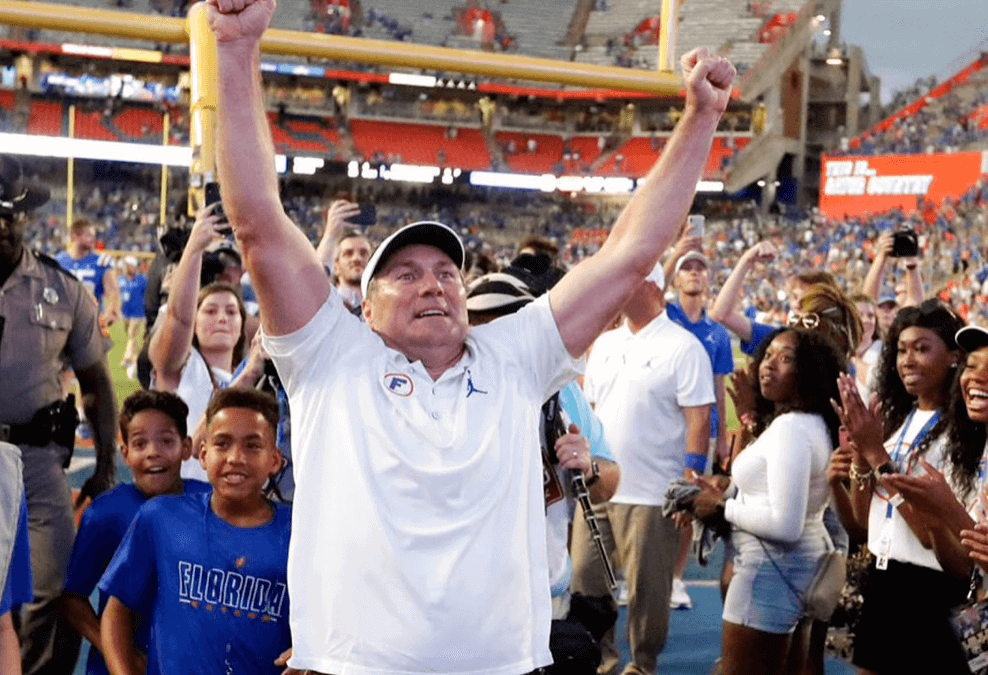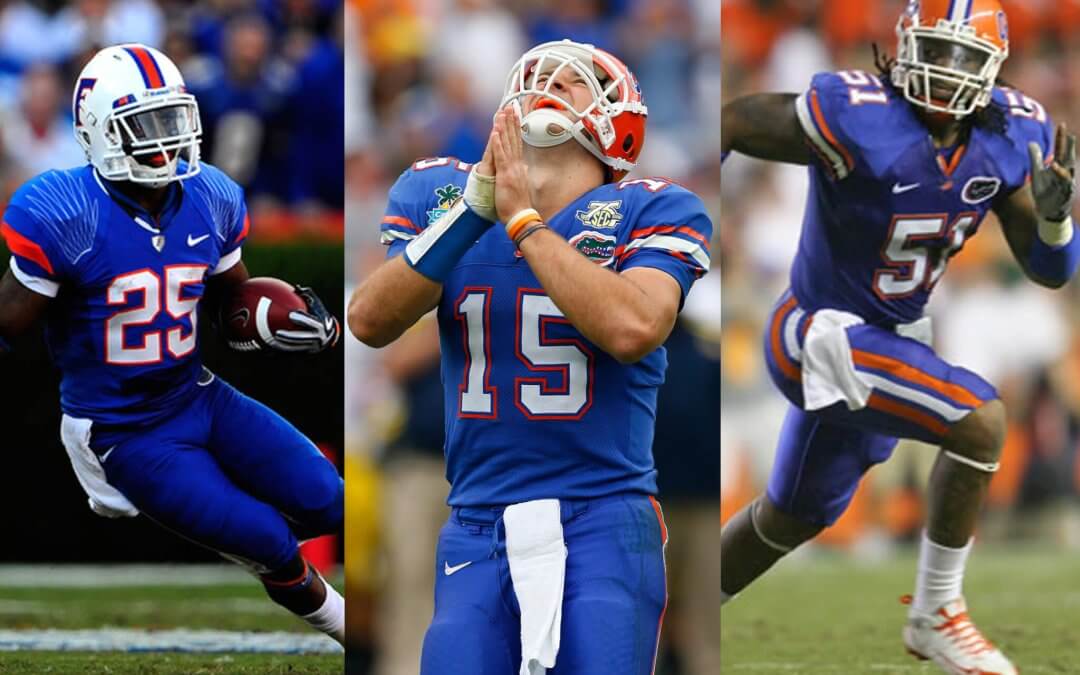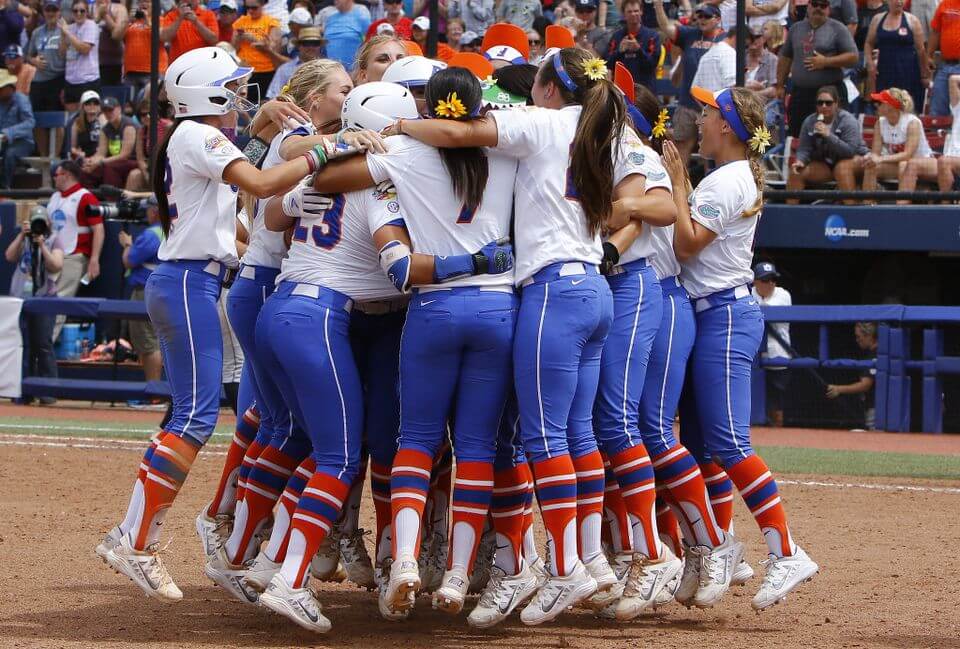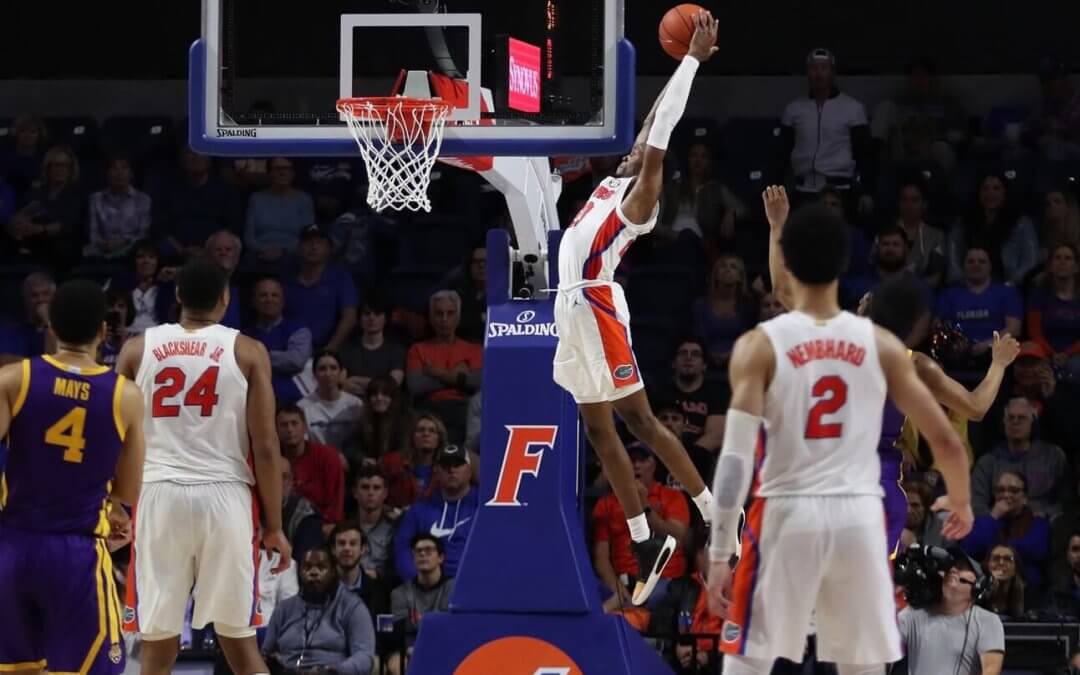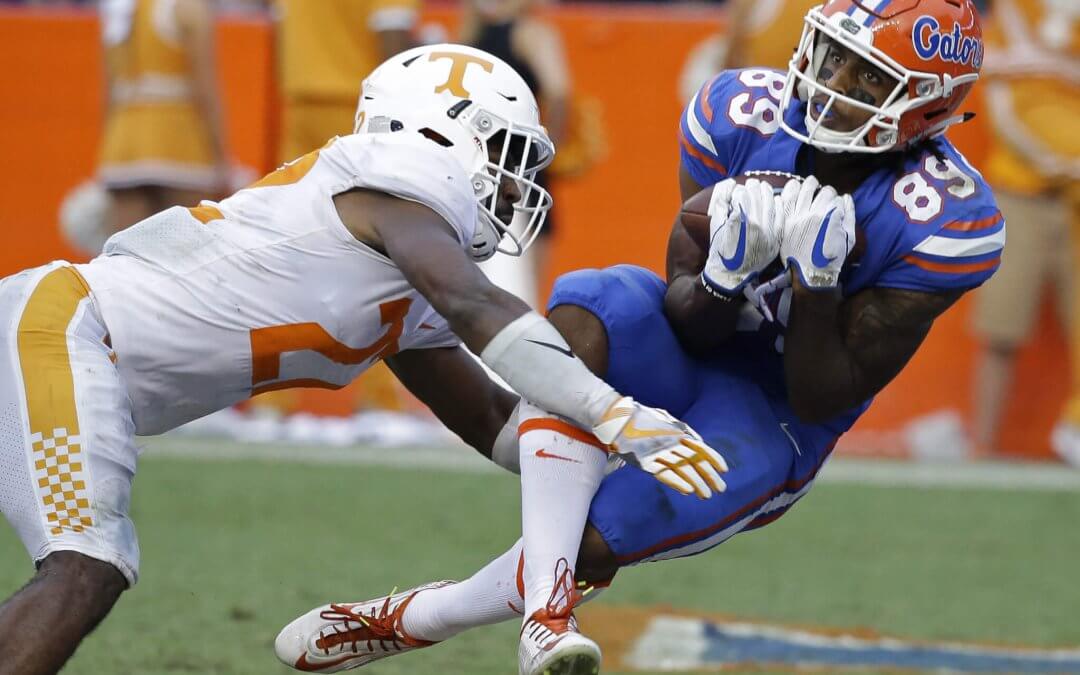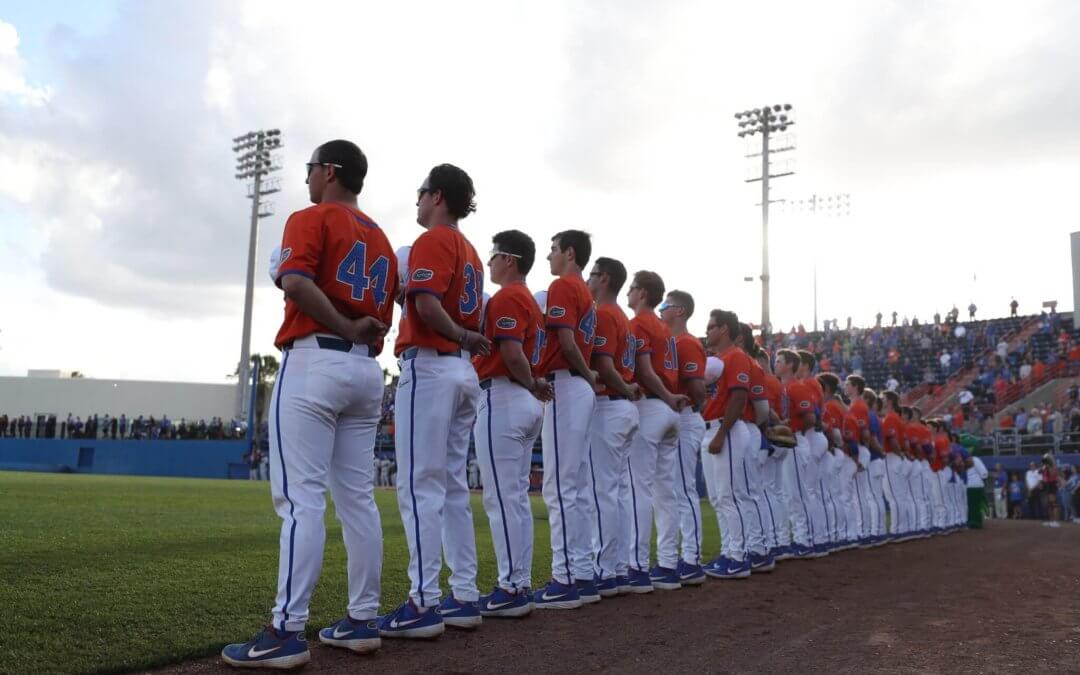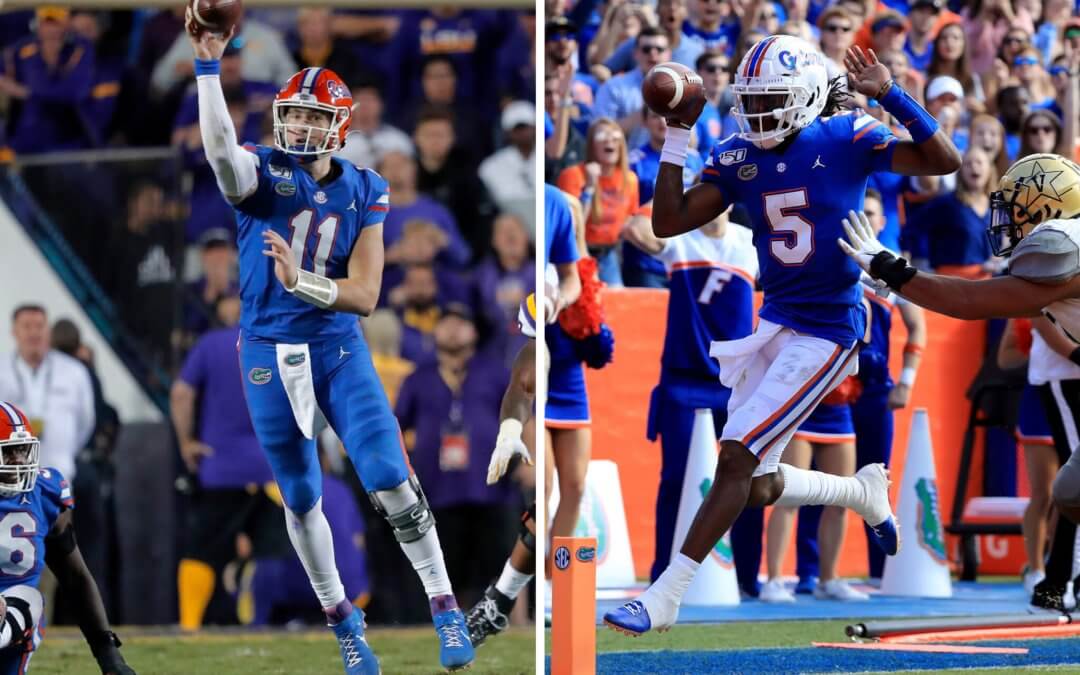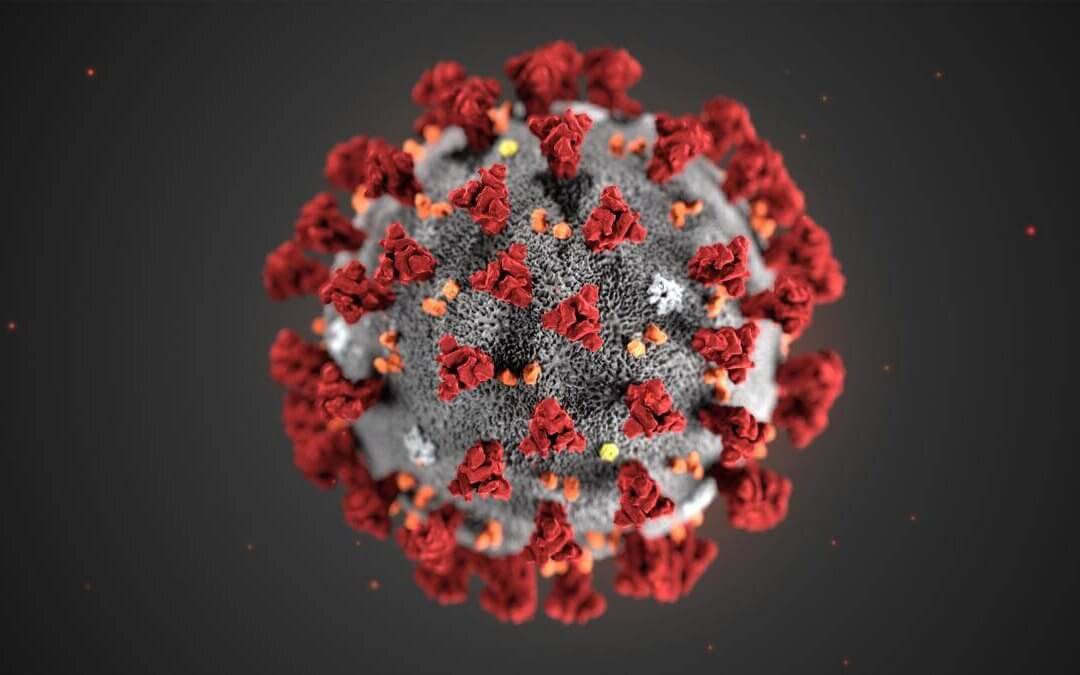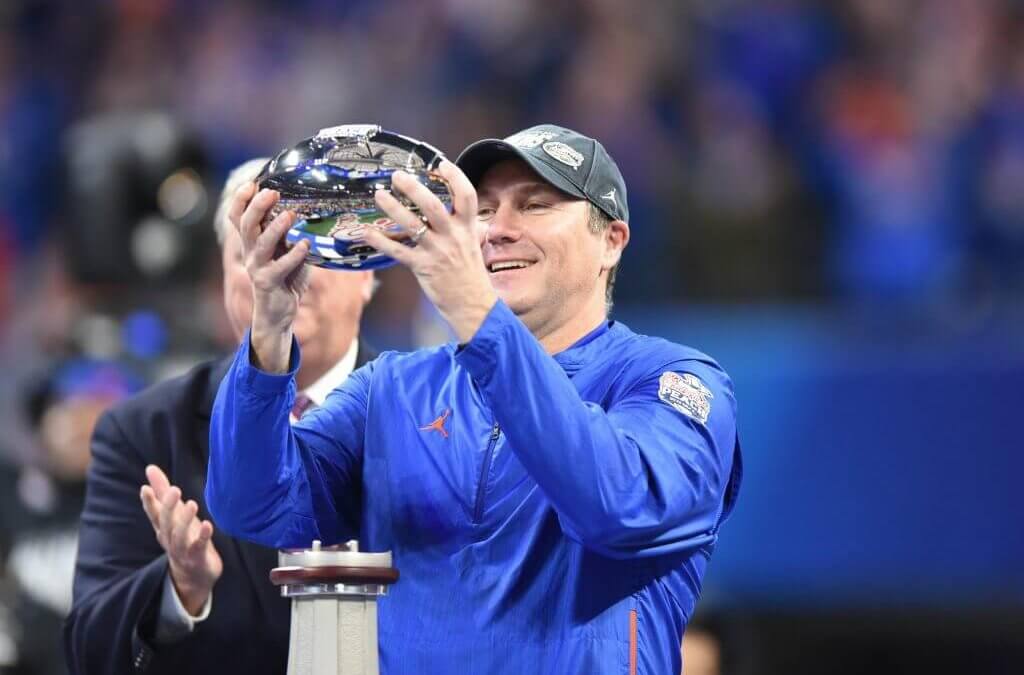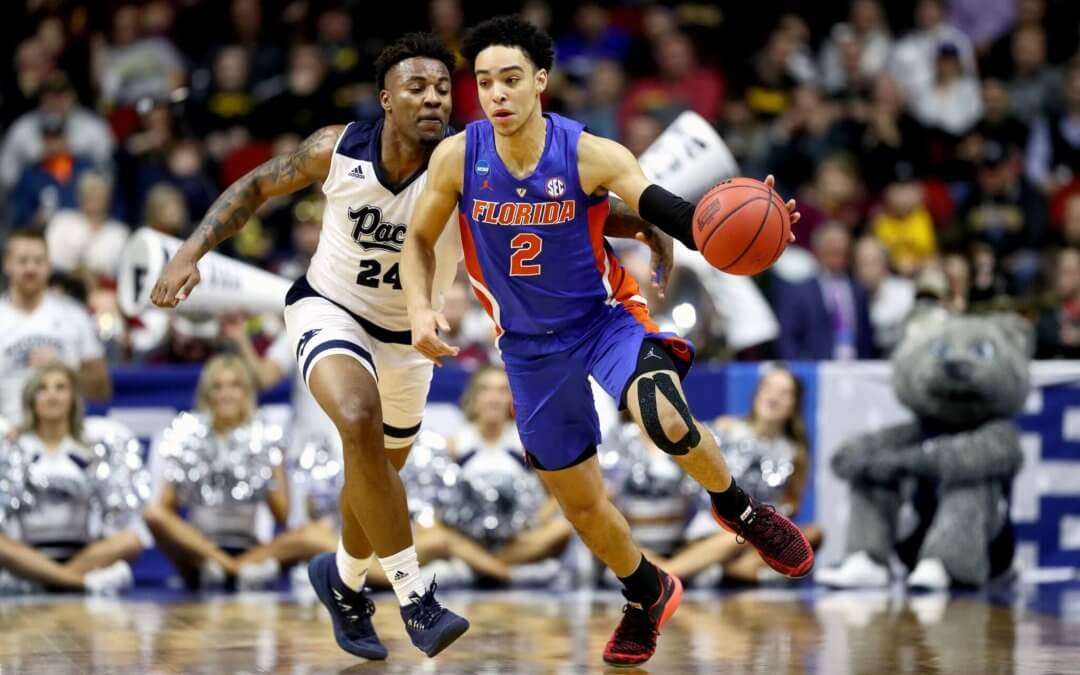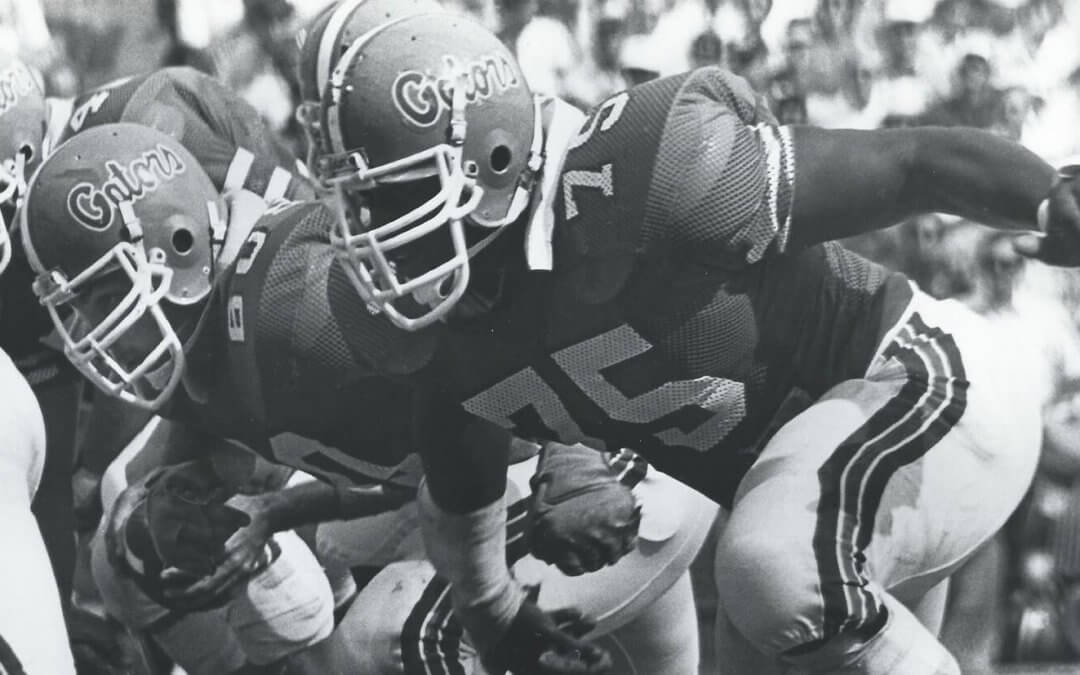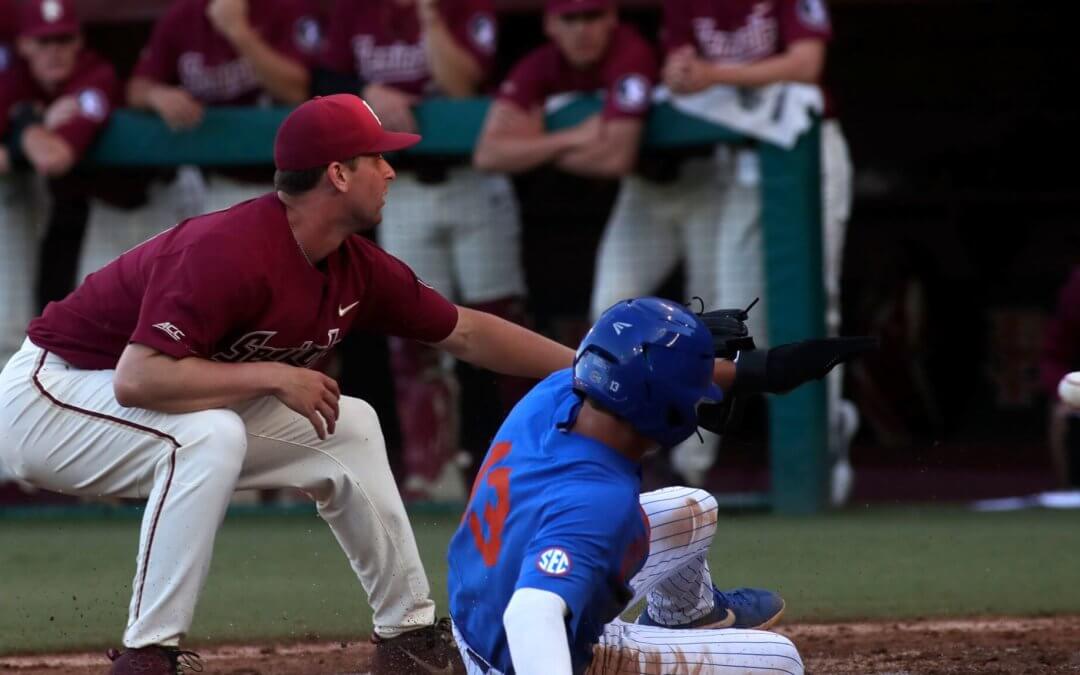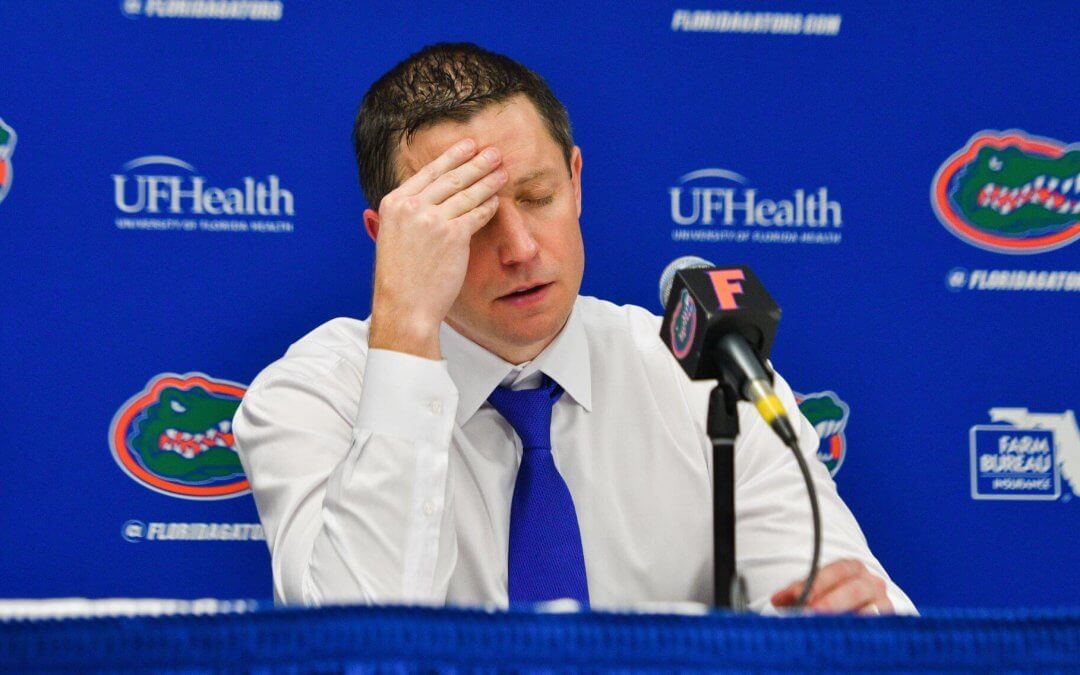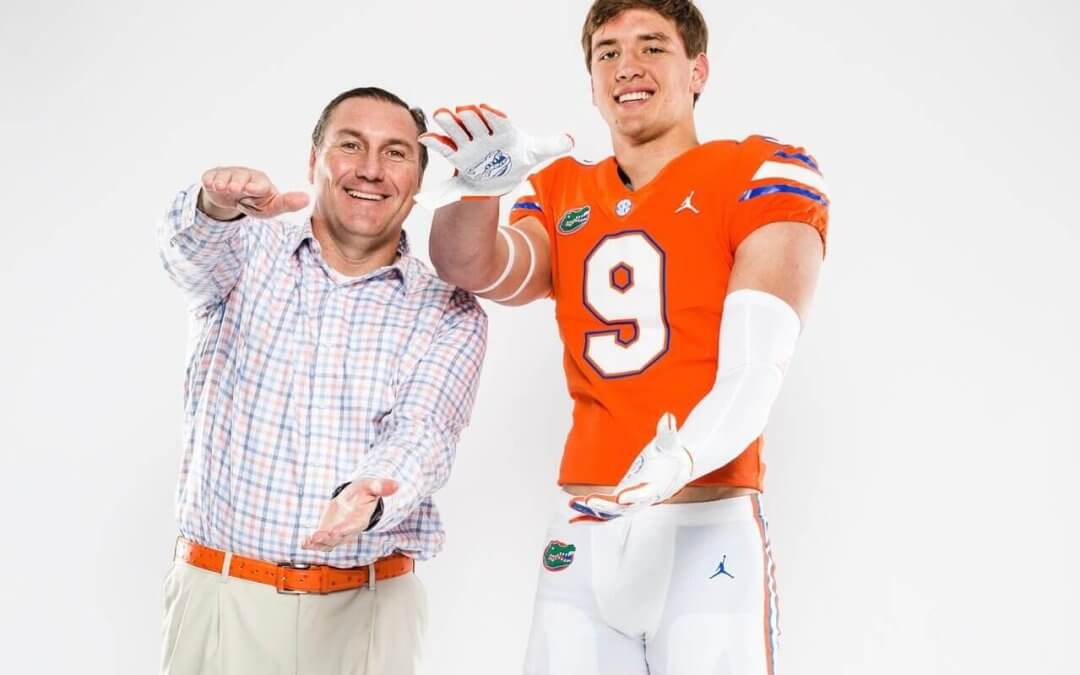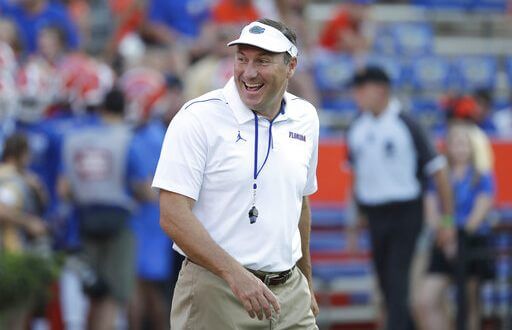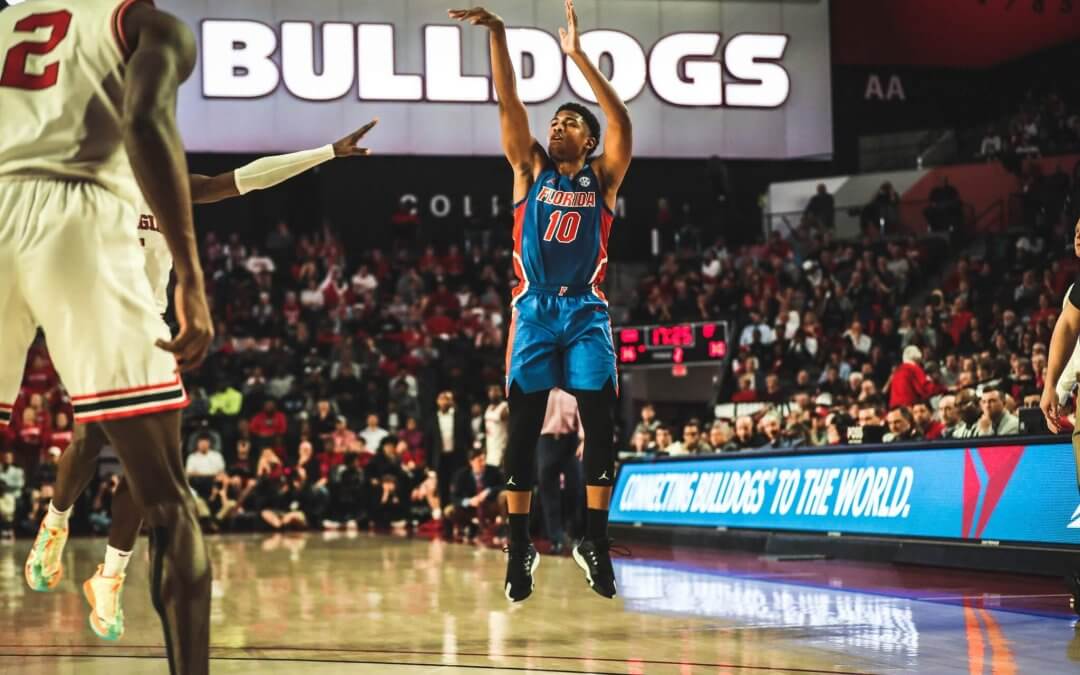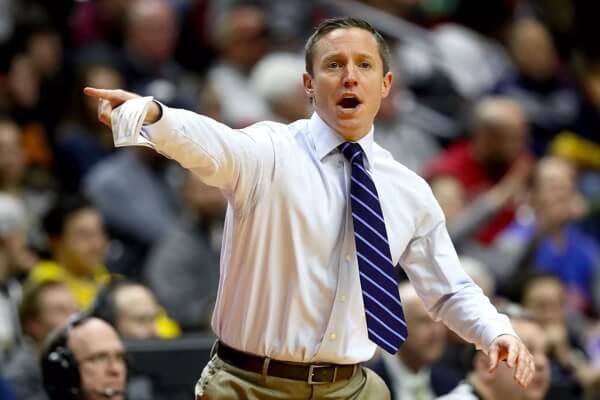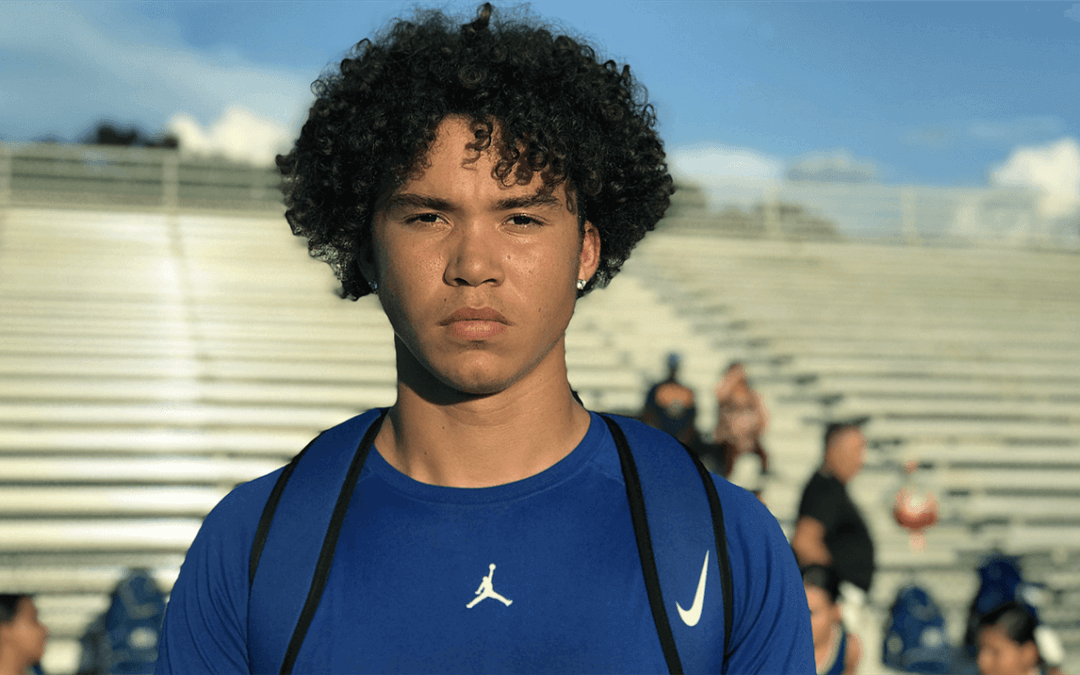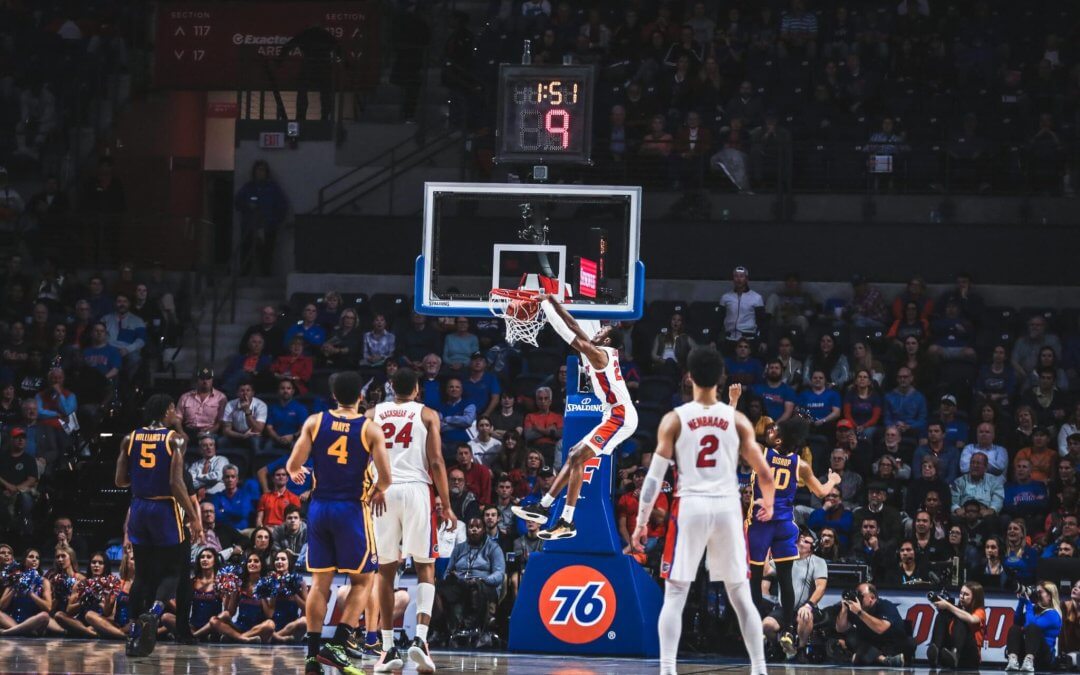After a summer of talking, it’s finally here. Game week. Football season is so close you can taste the brisket (fat side up, of course), crock pot collards and smoked corn. Tailgate plans are in place or coming together. And the drive to work didn’t feel as painful and methodical this morning. Gameday is on the horizon.
Opening weekend is a unique and special time, regardless of opponent. The “talking season” is over but the season of perpetual hope, which begins when your new coach says all the right things at an Alabama hotel in July, is still very much alive. The predictions are over too- toe meets leather Thursday night (Michigan-Utah, North Carolina-South Carolina) which means media types have games and x’s and o’s to break down, which beats the August doldrums, and conversations about what Chris Petersen told Art Briles or Will Muschamp about Sam Ukwuachu. Yet even as the talk shifts to football on the field instead of off it, hope remains.
Fans across the country are hopeful, bright-eyed and engaged as the first handshake at the year’s first tailgate. In places like Columbus, Ohio, Eugene, Oregon or Tuscaloosa, Alabama they’re hopeful that the good times will continue to roll. On most campuses and in the homes and work places of the fans of most schools, folks are hopeful that this year will be different, that low expectations will be bucked or high expectations met. Fans are hopeful a hyped freshmen will deliver the payload or a hyped coach or coordinator will truly be the missing ingredient. Hopeful last year’s close loss will be this year’s conquest, or last year’s weakness this year’s strength. For many, hope will extend past opening weekend. For others, the optimism of talking season is shaded with the reality of September as early as Saturday.
It’s no different in Gainesville. Gator fans are hopeful.
Hopeful that Jim McElwain and a new coaching staff can fix a broken offense that’s allowed the team to win only 11 games in two years and in truth, been broken since number 15 left town in January 2010. It’s been said and it’s true that no fan base suffers winning like Florida’s, but the opposite claim, that no fan base in college football hates losing more is almost equally true. The force multiplier of course is that It’s Florida, where the job and parking space comes with one of the nation’s best home recruiting bases, a 90,000 seat mosh-pit heat chamber of a homefield advantage and a wall painted with more success than any SEC program over the last quarter-century. To top it off, the new staff gets the nation’s finest athletic director in Jeremy Foley, who does things like fast track a long-needed indoor practice facility to make sure the program can remain the SEC East’s bell cow. The job is a pressure-cooker that has spit favorite sons and steely-eyed winners out in high times and demonized and humbled good-natured men who weren’t winning in low times.
Early in the summer, the hope in Hogtown was a quieter hope, a hushed “it has to be better than before” hope that lasted two or three sentences at a bar or barbershop then vanished. Of late, as practice reports matriculated and coaches said the same optimistic things that every coaching staff says in summer, the hope has swelled.
Maybe it’s the bone-bruising heat that arrived in April and has reliably lingered into late August that’s made it louder. The heat can make you say and do funny things. Or maybe it’s just a defense-mechanism, a fanbase defiant in the face of prediction after prediction that has already filed Florida’s 2015 team in the “also-ran” folder. Whatever it is, the fans have been louder of late, the hope and expectations more reaching. Maybe that’s not a bad thing. Maybe it’s normal. What should be questioned is whether it’s realistic.
The history on first year Gator coaches in the modern era is mixed.[1] Ray Graves’s first team went 9-2, at that time a tremendous year that included a Gator Bowl victory. Doug Dickey, who replaced Graves, began underachieving almost immediately at his alma mater, going 7-4 with a wildly talented team in 1970. Charley Pell replaced Dickey in 1979 and went 0-10-1, the worst season in school history. Pell was fired three games into the 1984 season in a cloud of scandal and shame, and his replacement, the affable Galen Hall, went 8-0 with a team that was ranked #1 in multiple polls at the end of the season.[2]
Steve Spurrier’s first team was splendid, but he inherited a roster from Hall (and interim coach Gary Darnell) he admitted was extremely talented. After a blowout loss to Tennessee, Spurrier’s team won every game but the last one, against a national championship caliber FSU team. The “First in the SEC” paint on the walls of The Swamp is long-gone, but most Gator fans remember that team as a SEC Champion. Ron Zook’s first year was a disappointment, given what he inherited on the offensive side of the ball, but they did manage to ruin Georgia’s best chance for a national title under Mark Richt by defeating the Bulldogs 20-13 in Jacksonville. Urban Meyer’s first team was, by November, a fairly salty football team, but his 9-3 campaign included a humbling defeat to a Mike Shula coached Alabama team, which is a notorious accomplishment in its own right. And Will Mushchamp’s first team lost a home game to Alabama by 4 touchdowns and was 1-2 in traditional rivalry games en route to a 7-6 record, a winning season secured only by defeating Ohio State in the Gator Bowl because the Buckeyes couldn’t tackle Andre Debose. Muschamp’s team was done-in by a lack of depth and critically, inconsistency and failure at the quarterback position, a plague that infected his entire tenure at Florida, and without question the thing Jim McElwain must correct first if he is to succeed at Florida.
Here again we come to hope.
Jim McElwain won a national title with someone as limited as Greg McElroy, we’re told, though few ever challenge the premise of the question by pointing to Alabama’s immense talent elsewhere and noting McElroy was a Rhodes Scholar finalist with an accurate arm. McElwain and new offensive coordinator Doug Nussmeier also won with AJ McCarron, a more-decorated recruit than McElroy but hardly a world-beater of a talent. If anyone can fix the quarterback issues at a school where documentaries and statues are made for former quarterbacks, it is these guys, or so the argument goes. And it isn’t a bad argument. But how realistic is it to expect the fix is immediate?
It is something of a cliché to quote George Santayana one more time, saying “Those who do not remember the past are condemned to repeat it,” but perhaps I’ve seen just enough Gator football as my mid 30’s beckon to understand ignorant repetition has been a constant when the Gators struggle. Will Muschamp’s ill-fated decision to play Jeff Driskel, the hotshot recruit with the cannonball arm, was ultimately crippling to his tenure. That is without debate, even nodding appropriately to the external factors that influenced or expedited Driskel’s failure: multiple coordinators, poor wide receivers and no stability at that coaching spot to improve the ones on campus, lost recruiting battles for offensive difference makers, unimaginative playcalling. Choose All-ACC talent Jacoby Brissett, and maybe things turn out differently, maybe not—but Muschamp was stubborn about his choice and his continued reliance on that choice cost him his job.
Jim McElwain appears to be prudently pensive in making his own decision, refusing to be ignorant of the mistakes of his predecessor. McElwain has, as everyone knows, two choices, and, at least heading into the season opener, isn’t prepared to choose.[3] Make the wrong choice, and progress immediately stalls.
His options couldn’t be more different. Treon Harris, a small, jitterbug of an athlete who finished 6th in the SEC in passing efficiency as a freshmen, yet is adjudged, with some justice, to have “accuracy issues”, is the one with experience. He hails from a powerhouse Miami high school program, is a coach’s son and won everything there was to win at the highest level.
His competition is Will Grier, whose skillset as a pocket-type passer is more aligned with McElwain’s history and preferred offense. Grier redshirted last year with back issues and has never thrown a pass in a meaningful game where he wasn’t clearly the best athlete on the field, having played his high school football at a tiny private school in North Carolina. Florida’s history with private school prodigy quarterbacks, it should be noted here, is poor, from Tim Olmstead to Brock Berlin to John Brantley, a wall of failure. None of this guarantees Grier fails, but history isn’t useless trivia either. It is, I think, instructive that despite apparent physical and schematic advantages, as well as arriving on campus a spring before Harris and having another spring where he received primary reps (remember Harris left in the spring due to a friend’s tragic murder), Grier hasn’t yet won the job. Instructive both as to how different the game is from where Grier played in high school to now and instructive as to how seriously McElwain is taking this decision. Make the wrong one, stall progress, and perhaps- though the players like most players are saying the right things- lose the locker room.
Amid the continued veil of uncertainty at the QB position, hope remains. Gator fans trust Foley’s hire, and that’s a good thing. But Florida fans should also temper expectations given the circumstances McElwain inherits. Circumstances that begin at the quarterback position but extend to other personnel.
There’s still the matter of finding reliable playmakers beyond RB Kelvin Taylor. Can DaMarcus Robinson, a goliath of a talent with astounding potential, find consistency? Can anyone get him the ball? Is another WR going to step up to make life easier on Robinson? There aren’t excuses anymore for guys like LaTroy Pittman, Ahmad Fullwood and speedster Chris Thompson. They’re upperclassman. Who steps up? Even in the season of perpetual hope- there’s no real answer.
What of the offensive line, which McElwain has admirably put together with transfer duct tape and recruiting gusto. Here are litmus test questions: Do division title contending squads typically mourn a scope procedure for a true freshmen tackle? Do they usually start linemen who transfer from Fordham? You can scheme all you want but if you get beat up front, great expectation is fruitless.
The defense is expected to be salty and that’s reasonable but how healthy is Antonio Morrison? And if he can’t go early in the year, how good is the UF front seven going to be with no bona fide proven linebacker? Bryan Cox and Jonathan Bullard are good football players and even better young men but can they collectively replace the production and leadership of Dante Fowler? The secondary should be the nation’s first or second best unit, but will it matter if the Gators can’t stop the run? And how convinced can we be, truly, that Randy Shannon and Geoff Collins can seamlessly replace the Muschamp/Durkin braintrust?
Finally, there’s the matter of the schedule, a daunting gauntlet somehow being framed as “softer” than last year (presumably because it lacks Alabama) that includes as early as September 12 a bowl rematch with East Carolina. The games get serious from that Saturday forward, with little respite. An improved Kentucky that feels it deserved to win in Gainesville last year awaits September 19th, and even if Florida survives, there’s trendy, talent-laden Tennessee and defensively-stacked Ole Miss in the Swamp the following week, followed by trips to Missouri and conference favorite LSU. The Gators have lost to Missouri by the combined score of 78-30 the last two seasons, and have only 1 win in Baton Rouge in the Les Miles era, so it’s difficult to see a way through that stretch with a victory. A 2-5 or 3-4 start aren’t out of the question, and any argument to the contrary is a return to ignorance reliant on talking season hope. Assuming the Gators do start 3-4, they’d need to win 3 of the final 5 (Georgia, Vanderbilt, at South Carolina, FAU, FSU) to be bowl eligible. Expecting to reach a bowl game is eminently reasonable. Expecting much more than that, given this team’s question marks and the slate ahead, is daft.
So what to make of this first gameweek, then? How about this?
Enjoy the college football season. It’s a great tragedy of life that it only lasts 13 or 14 Saturdays every autumn. Make it fun and make it about the people you love to share it with and the people you’ll meet being a fan. Stay an extra hour at the tailgate or arrive to Jacksonville a day early in late October. Soak it in. Go to a road game. Sing the alma mater after a loss. Cheer for everyone who plays Georgia. But stop constructing the Florida season as a repeat of the Gus Malzahn Auburn turnaround in 2013. That team was three plays away from being 8-4 and at the Belk Bowl, which is of course why we watch instead of rely on August prediction but also spells out the brutal truth that Malzahn’s team ruined it for every new coach that follows. Let the season come to you, and understand that a winning season in year one for Jim McElwain will be a successful season. I promise it will be more fun that way. Especially when- and here’s my one guarantee- Jim McElwain’s Gators begin to turn the corner in November.
[1] For purposes of the article, I’m defining modern era as 1960 or later, as that is around the time college football was becoming fully integrated, even if the SEC didn’t fully integrate on the field until Ben Williams played for Ole Miss in September 1972.
[2] At Alabama, years where the Tide ended #1 in a reputable poll are claimed as national titles. Florida has not done this with the 1984 team, though they could under the Alabama standard.
[3] Transfer Luke Del Rio has practiced well and may also be in the mix, but this is his second transfer and he is unlikely to receive a waiver from the NCAA to play immediately.
